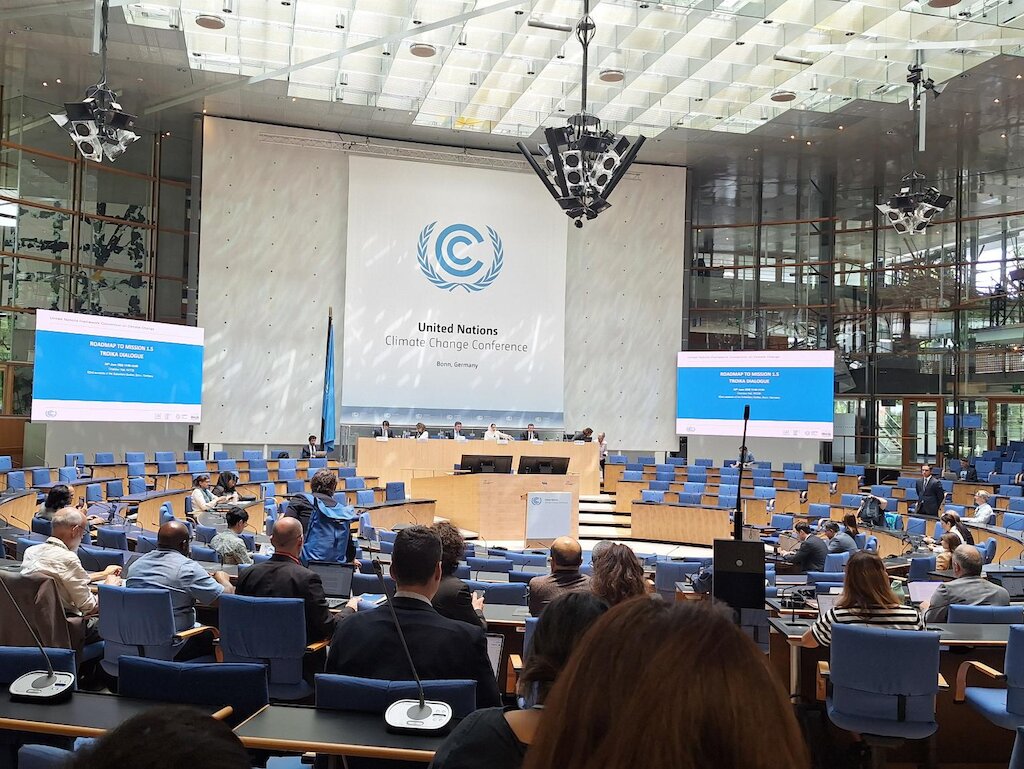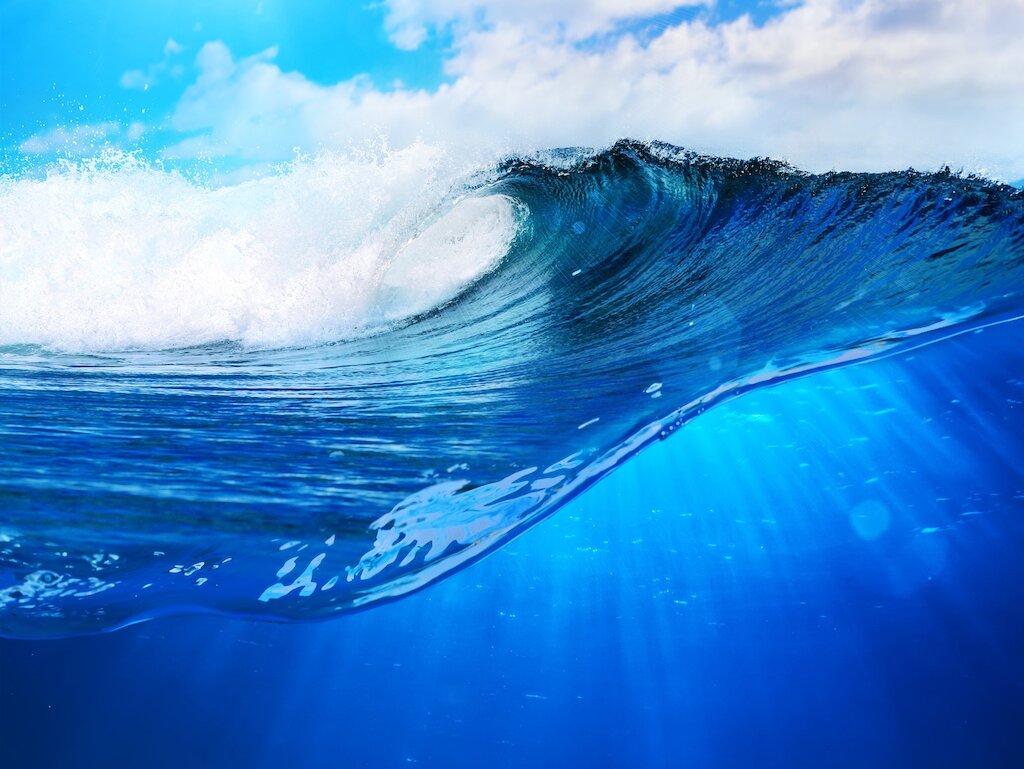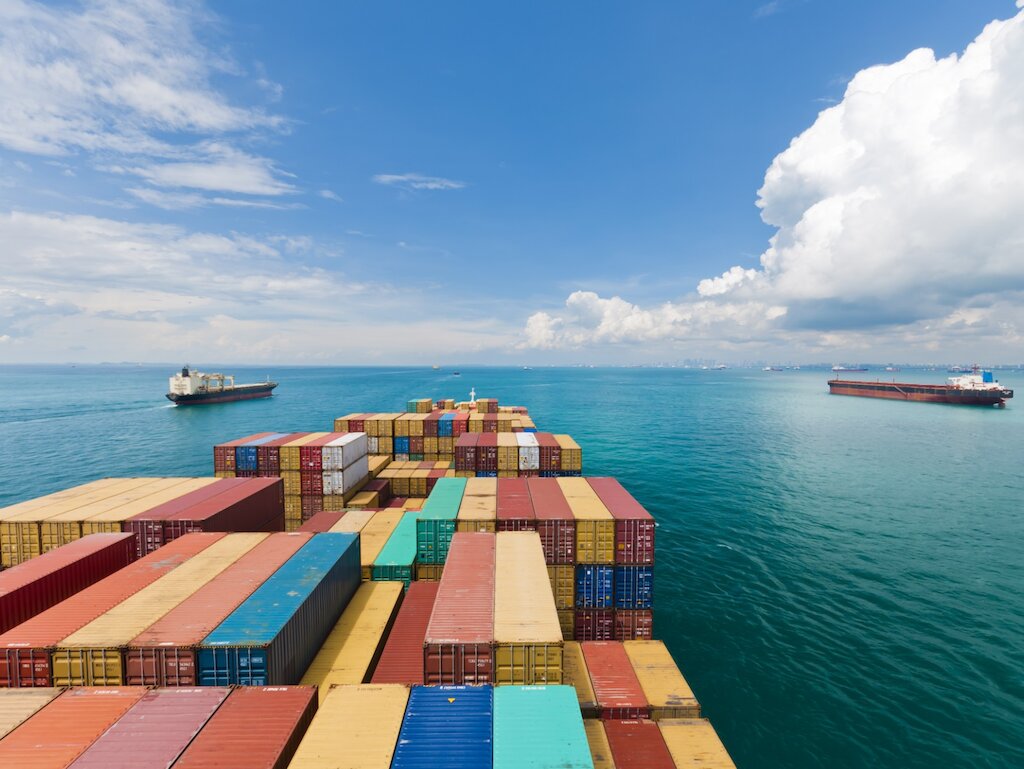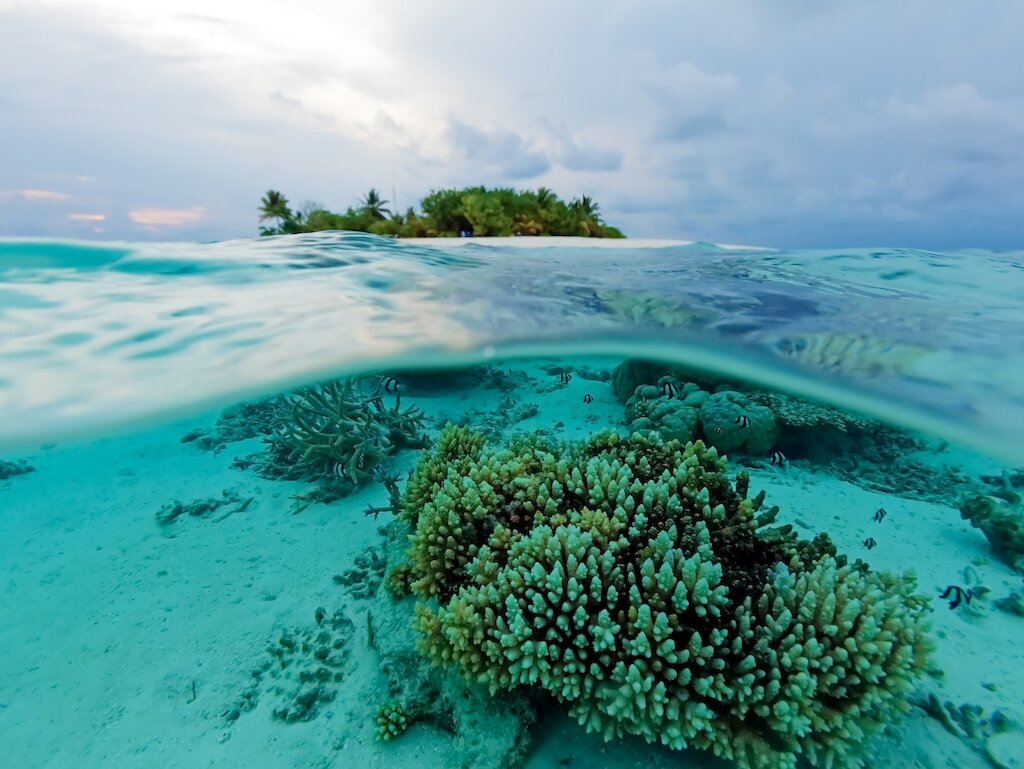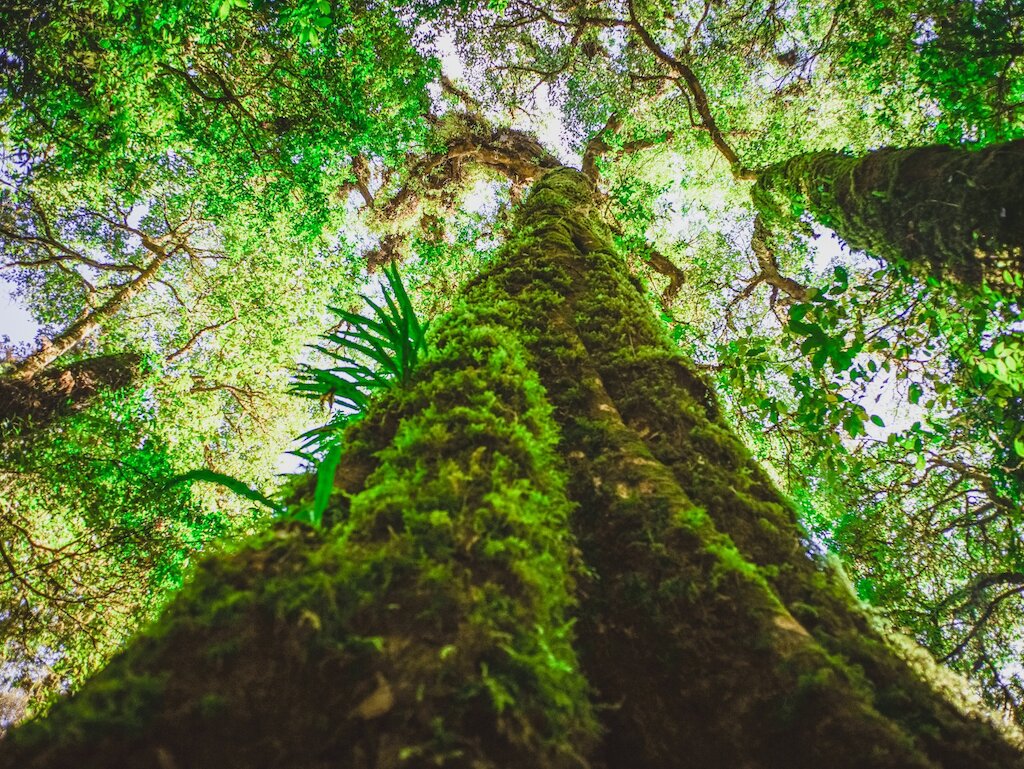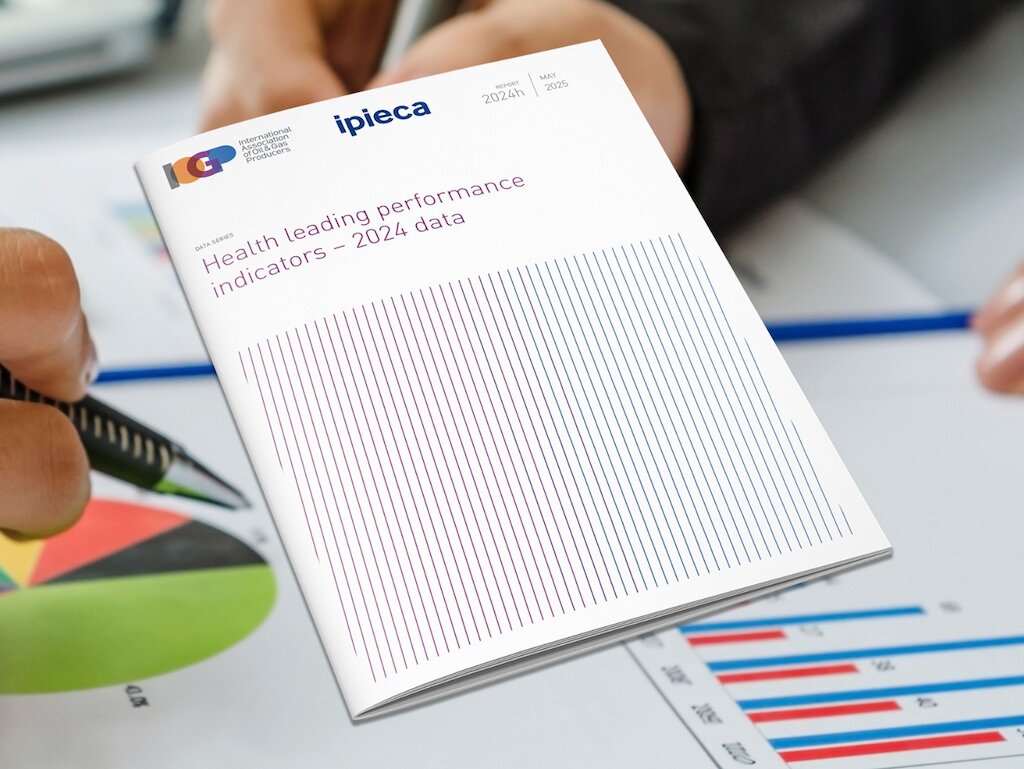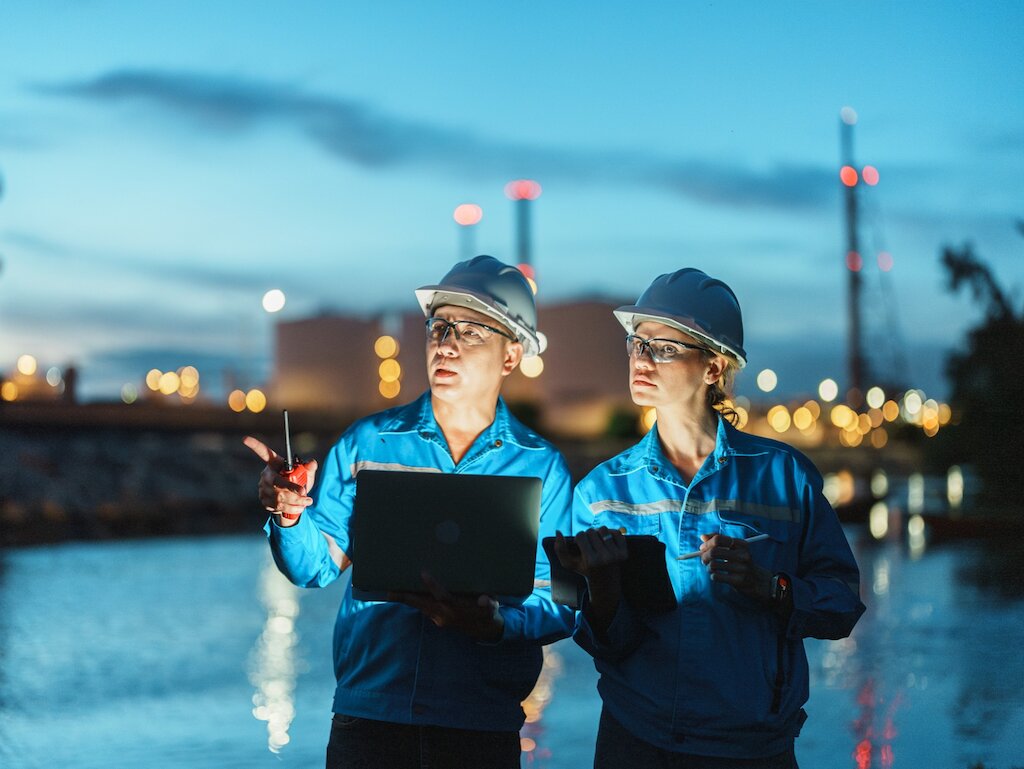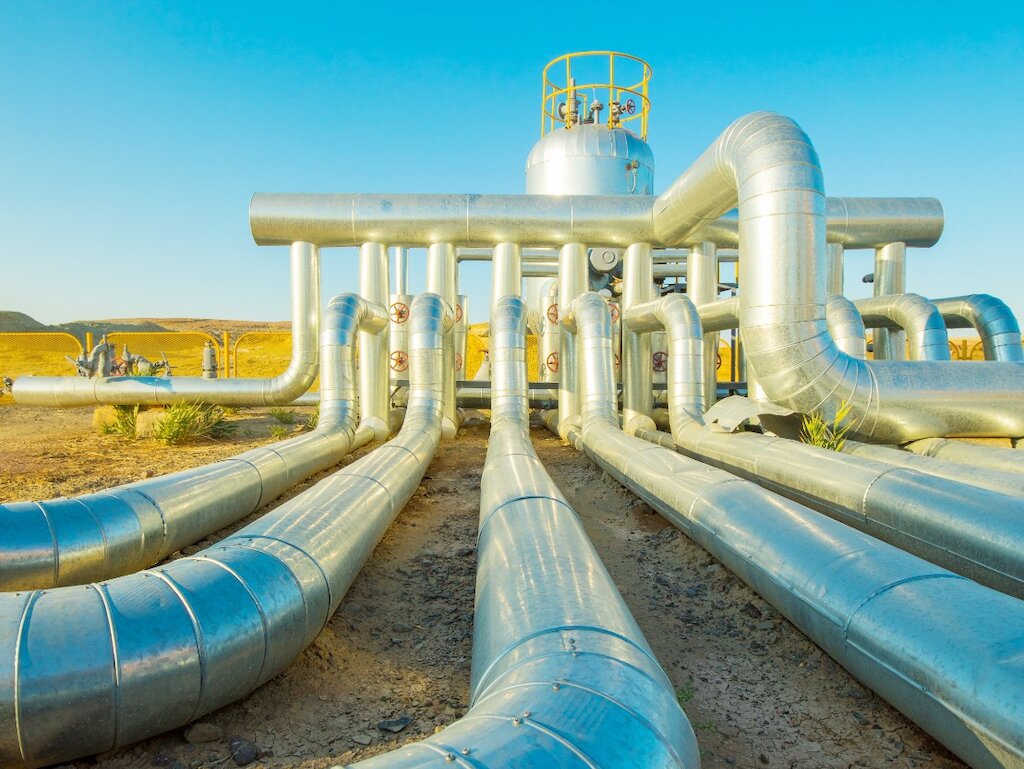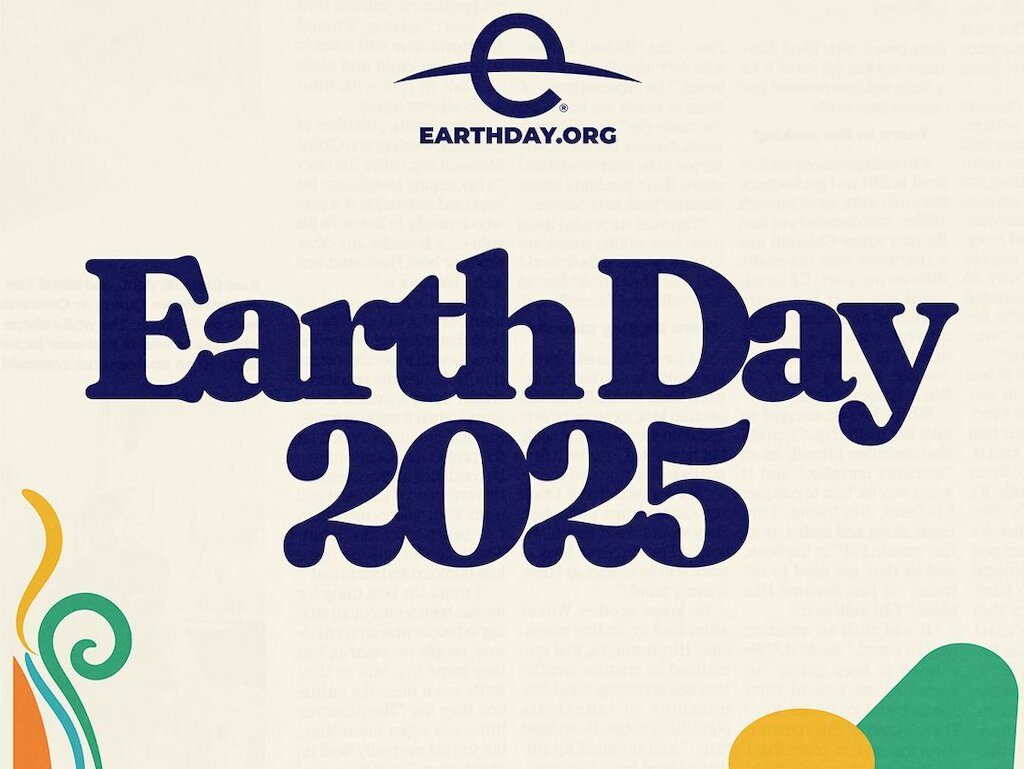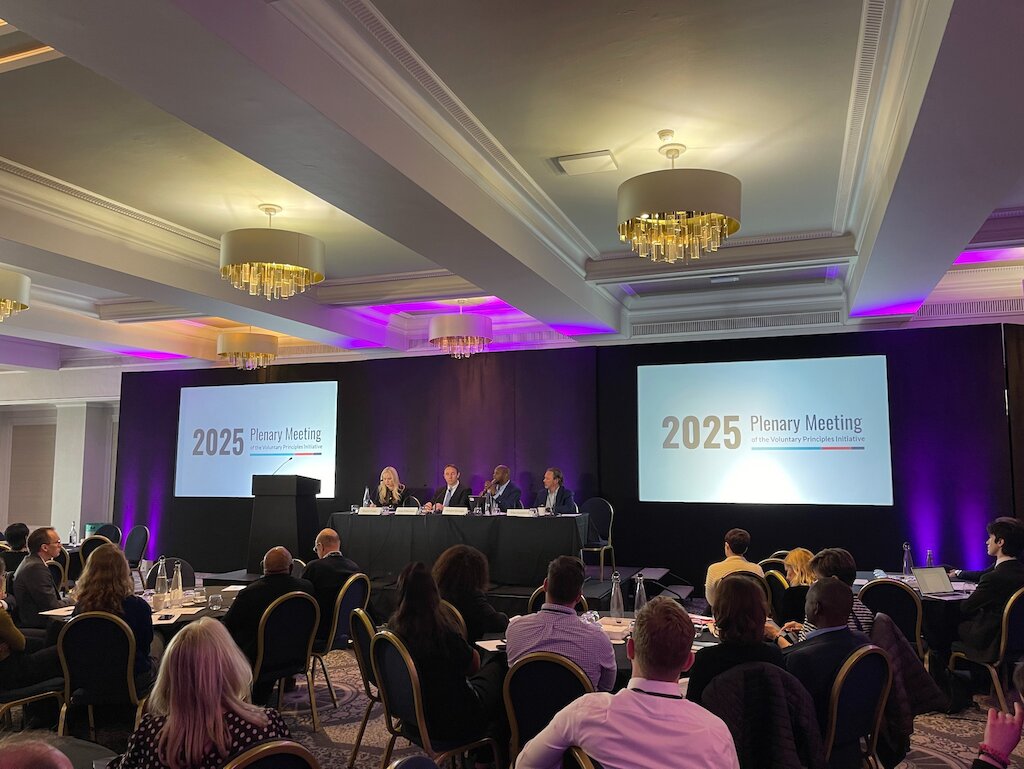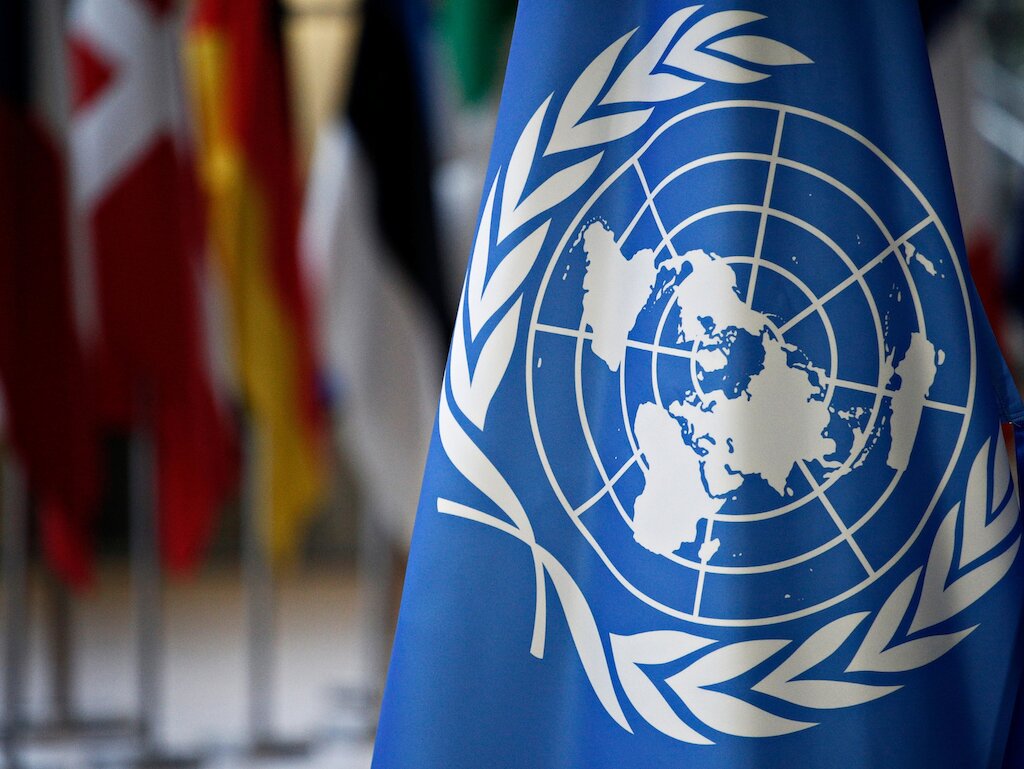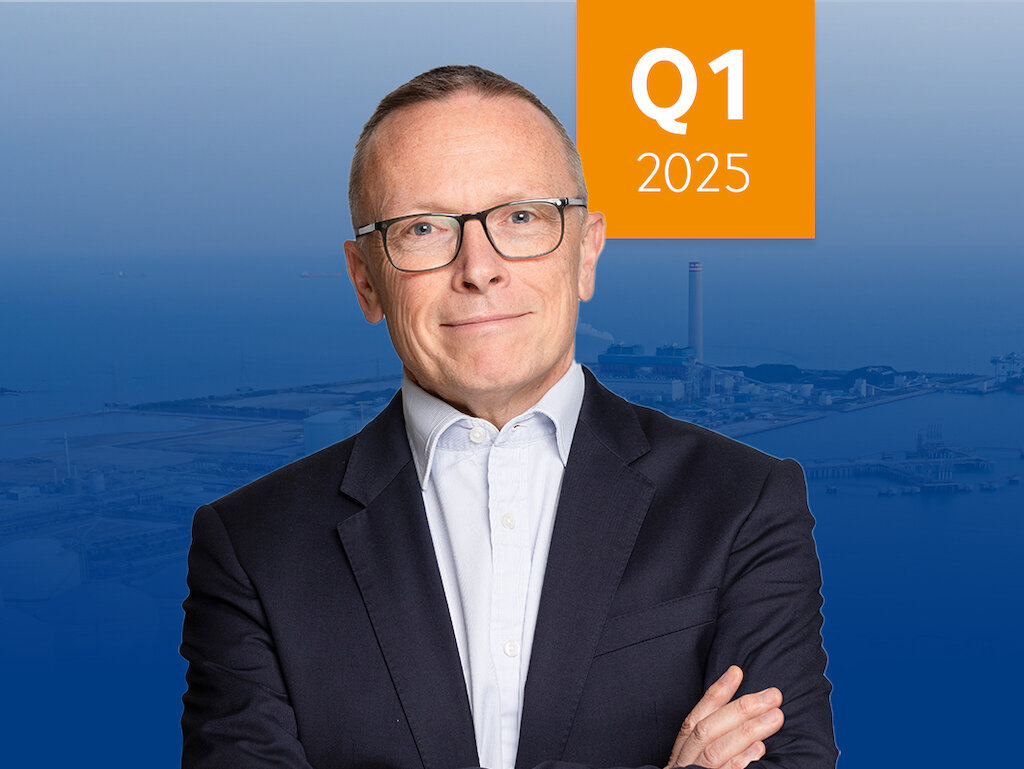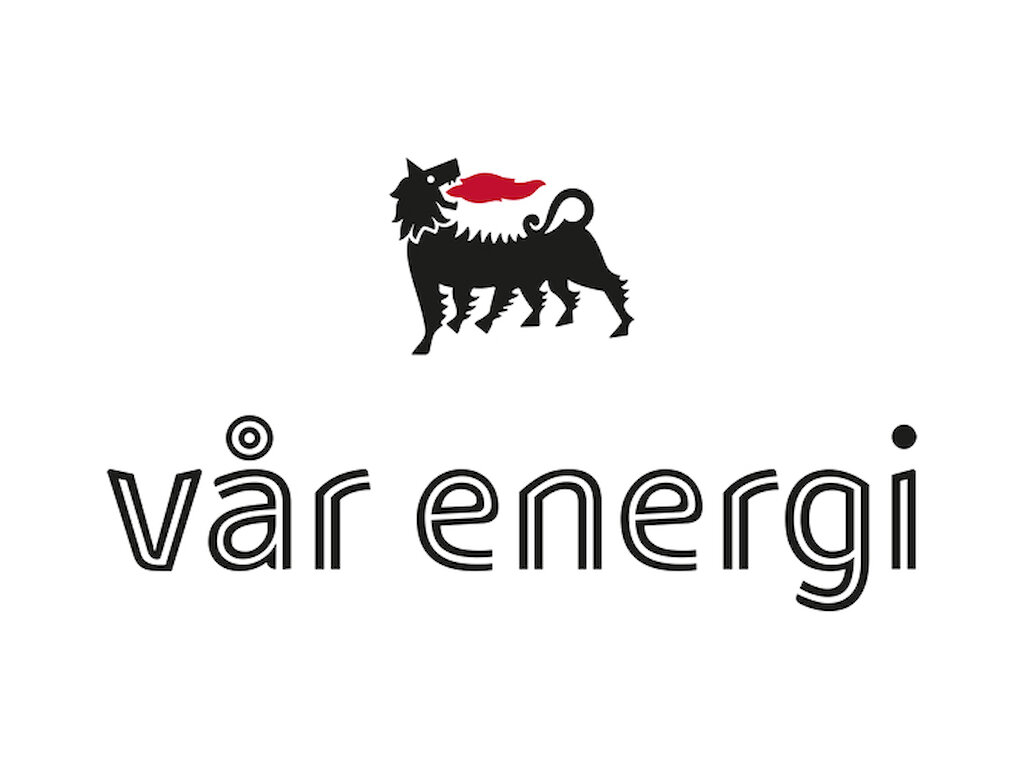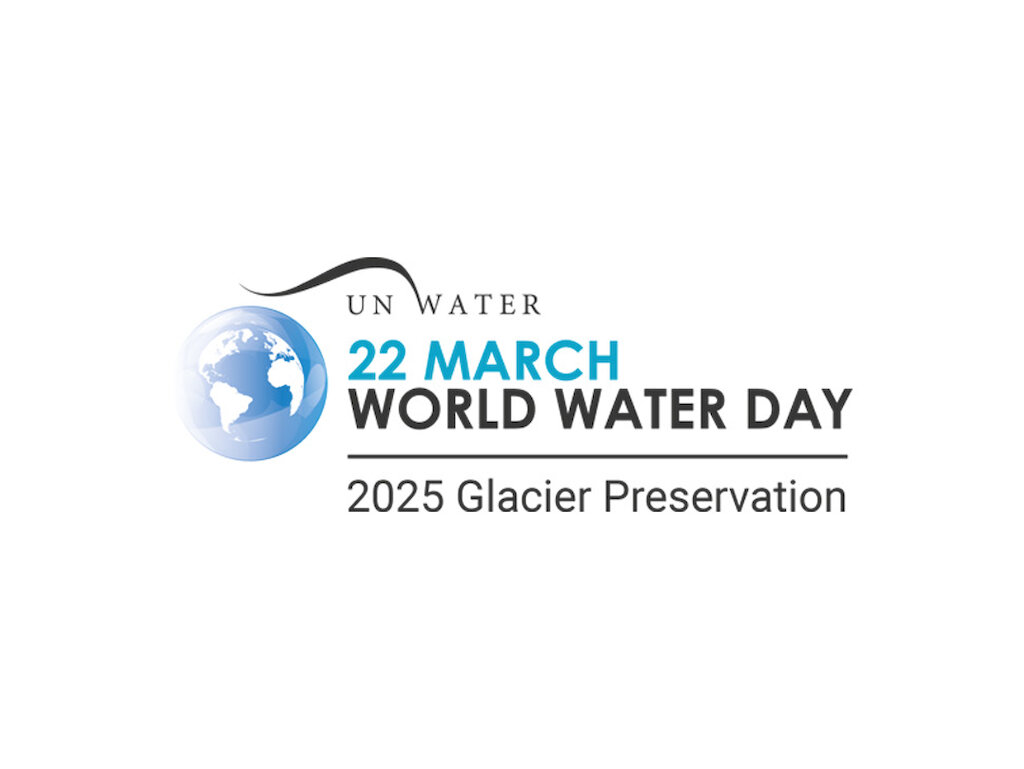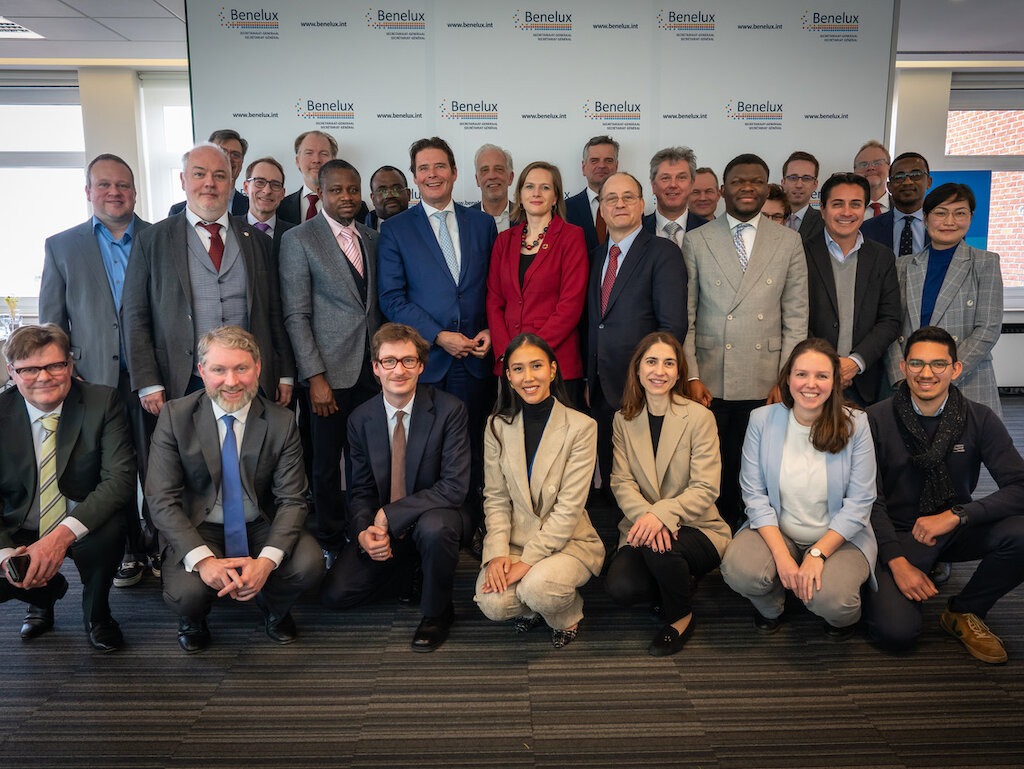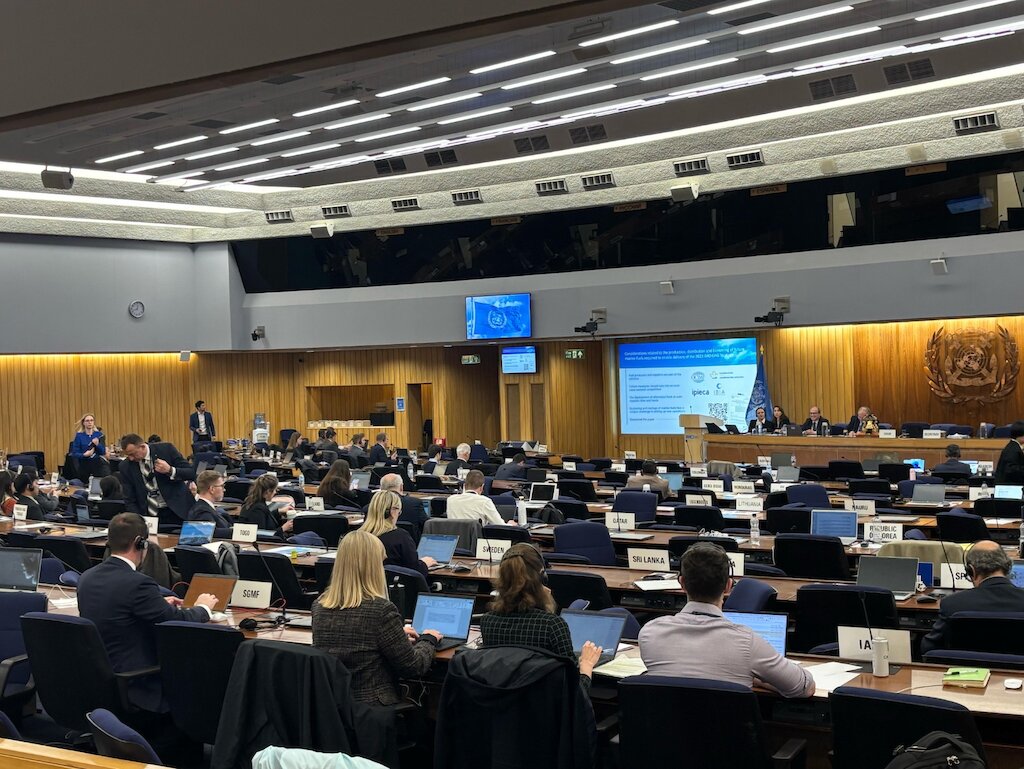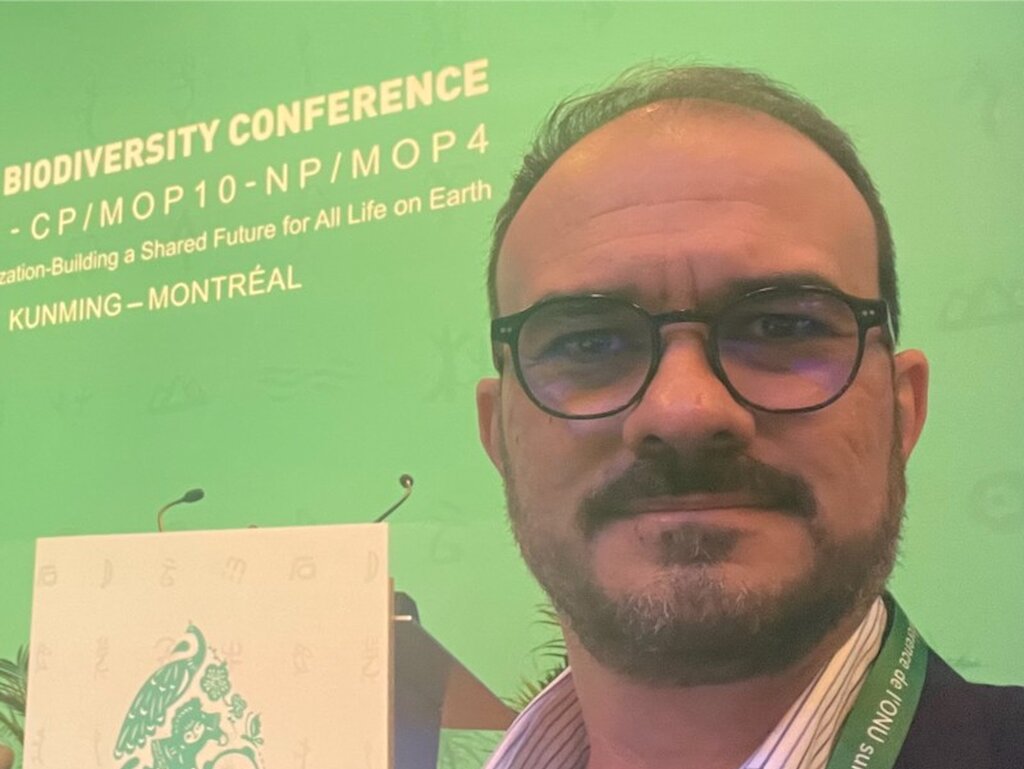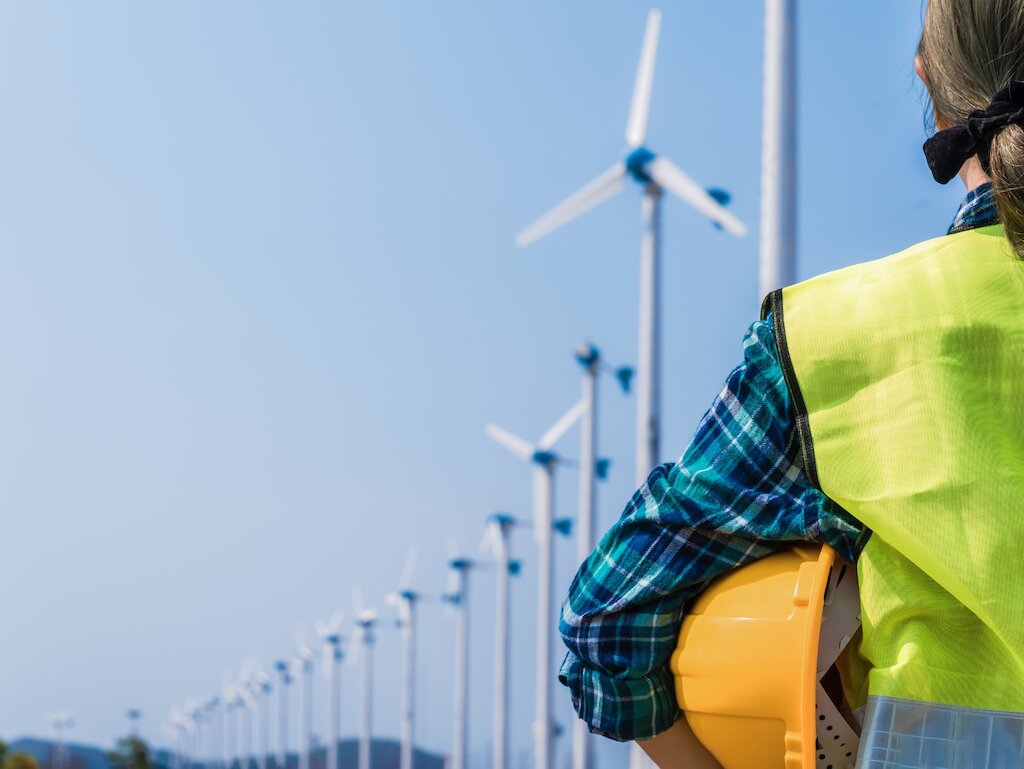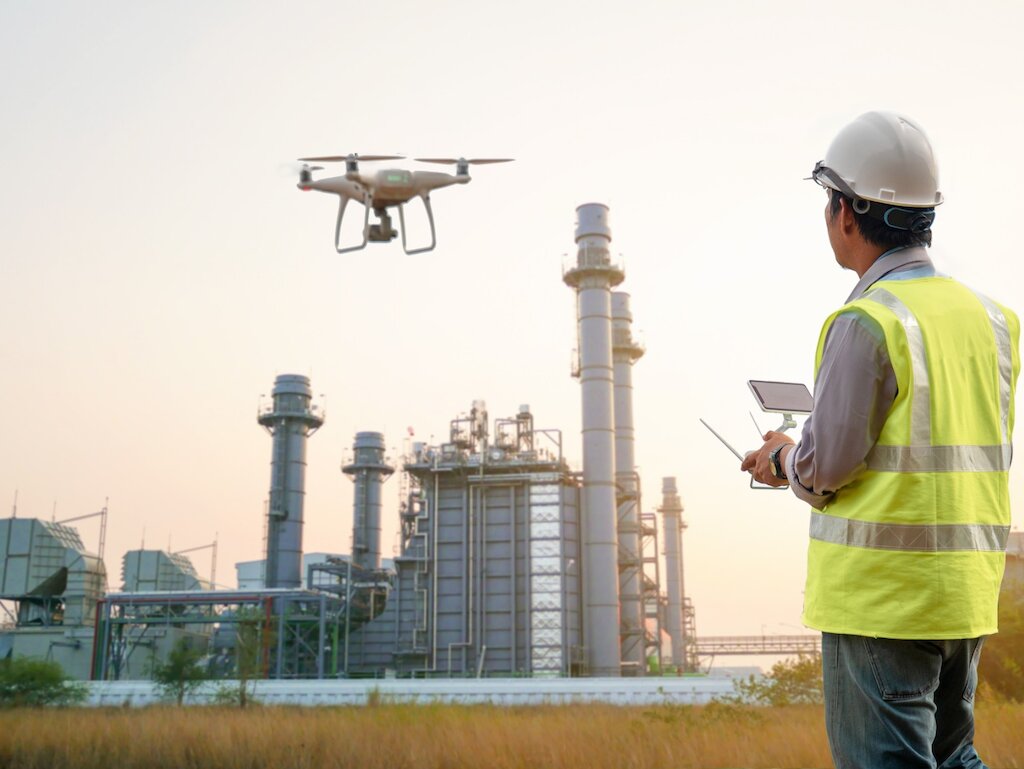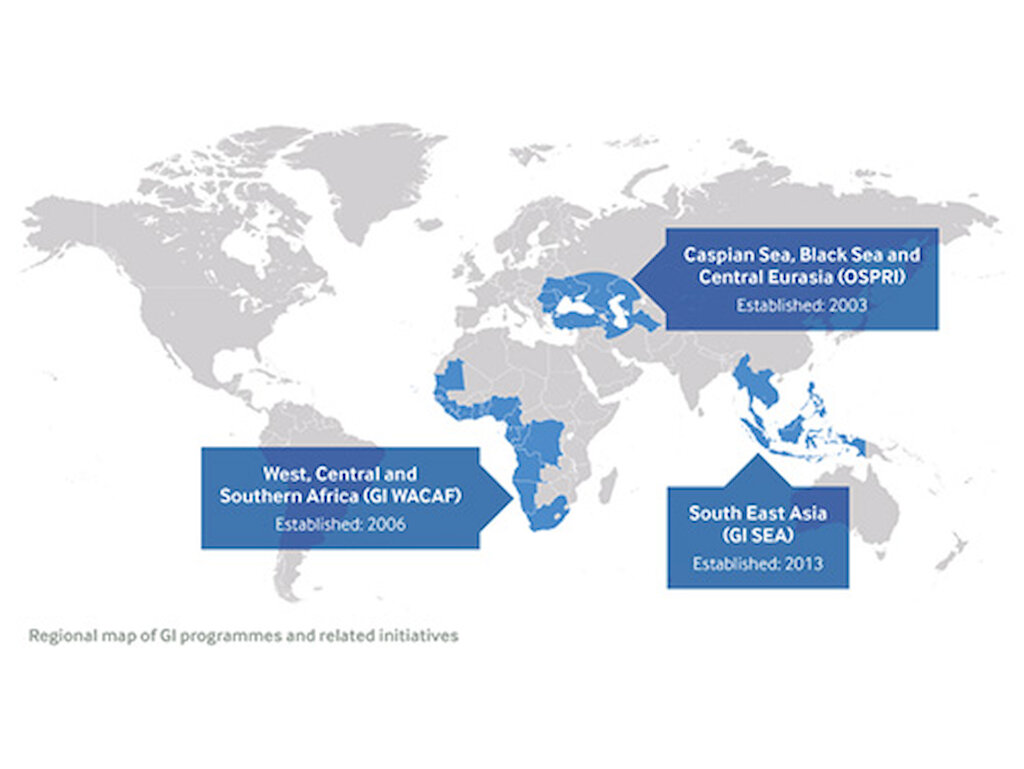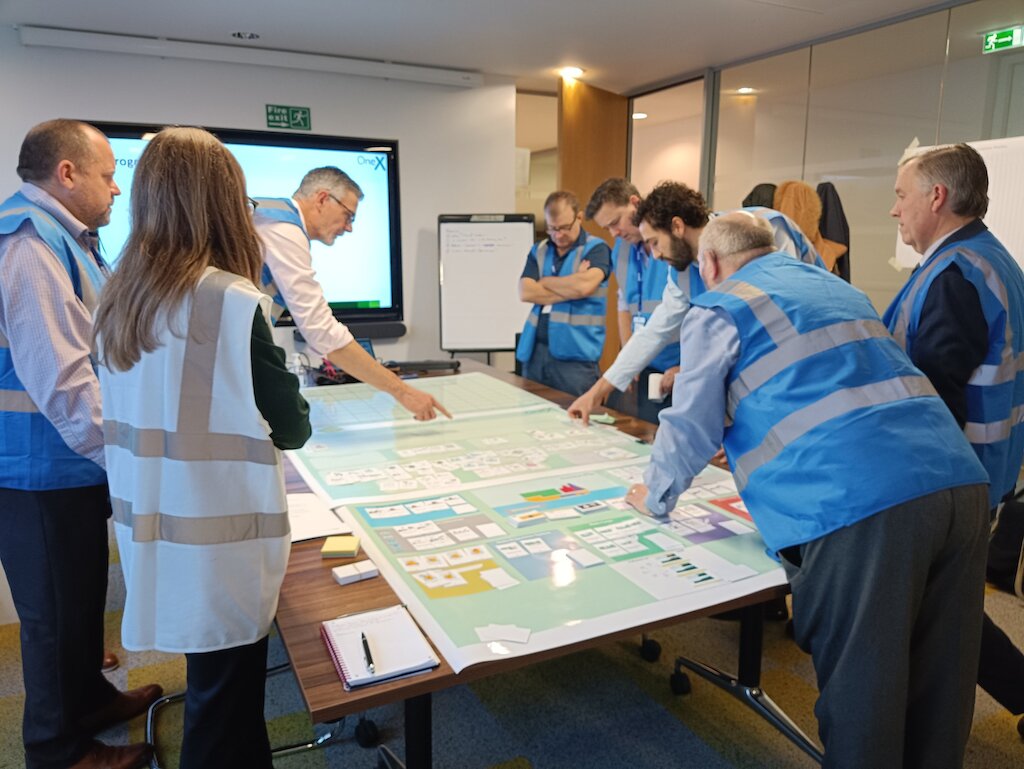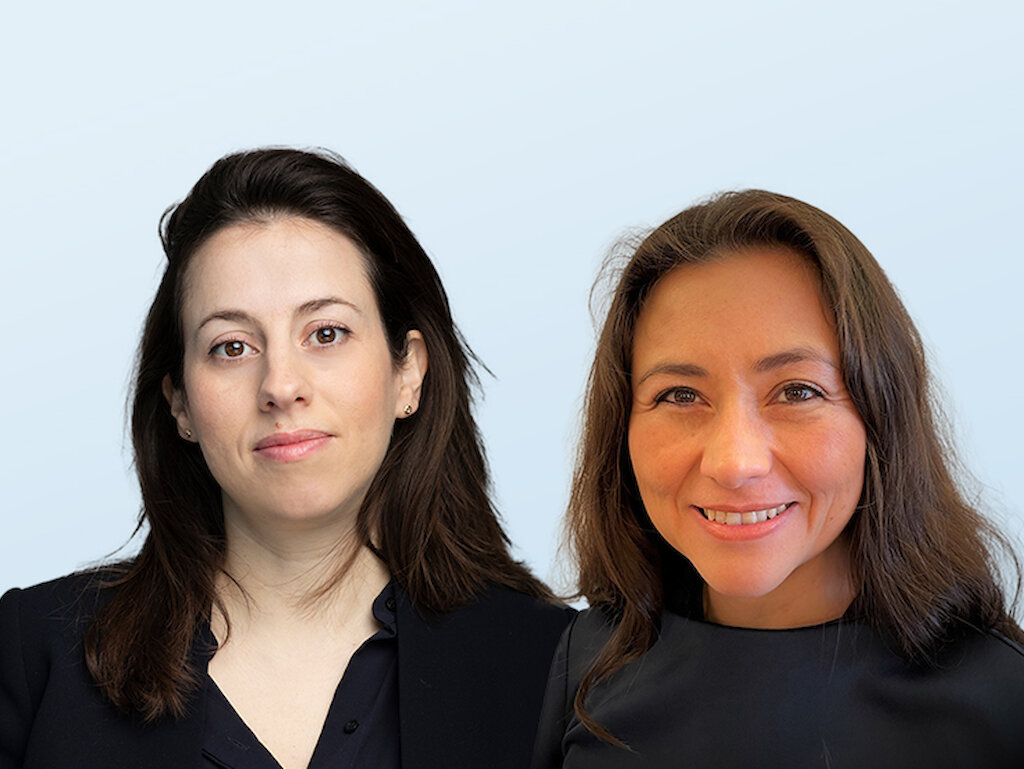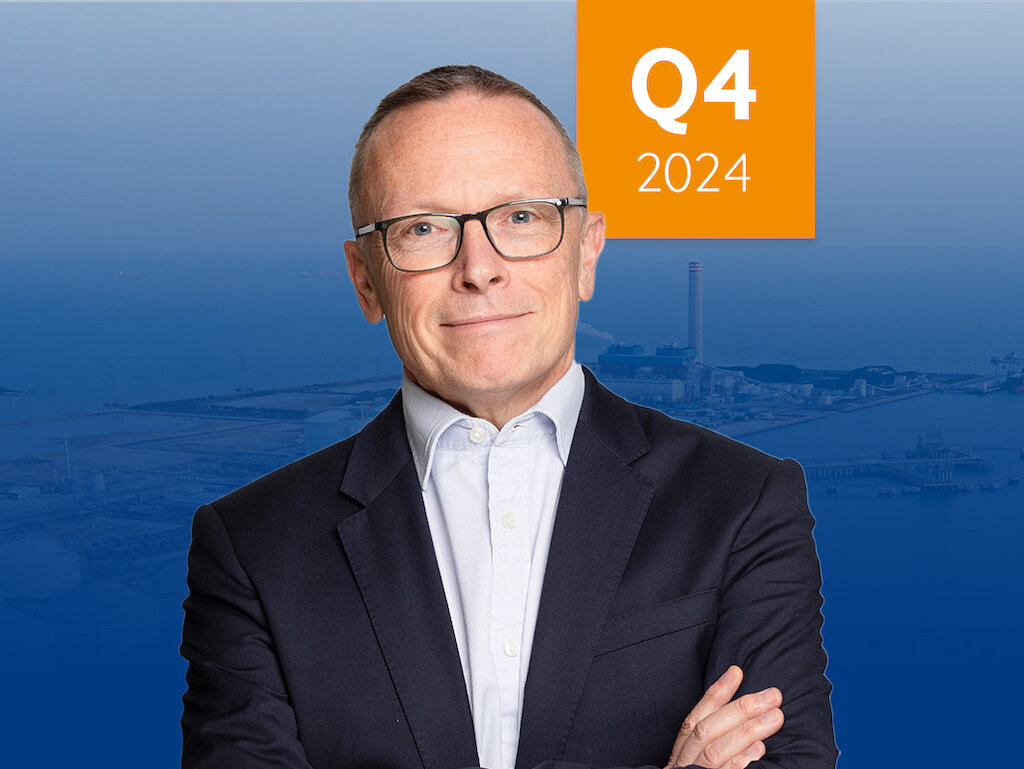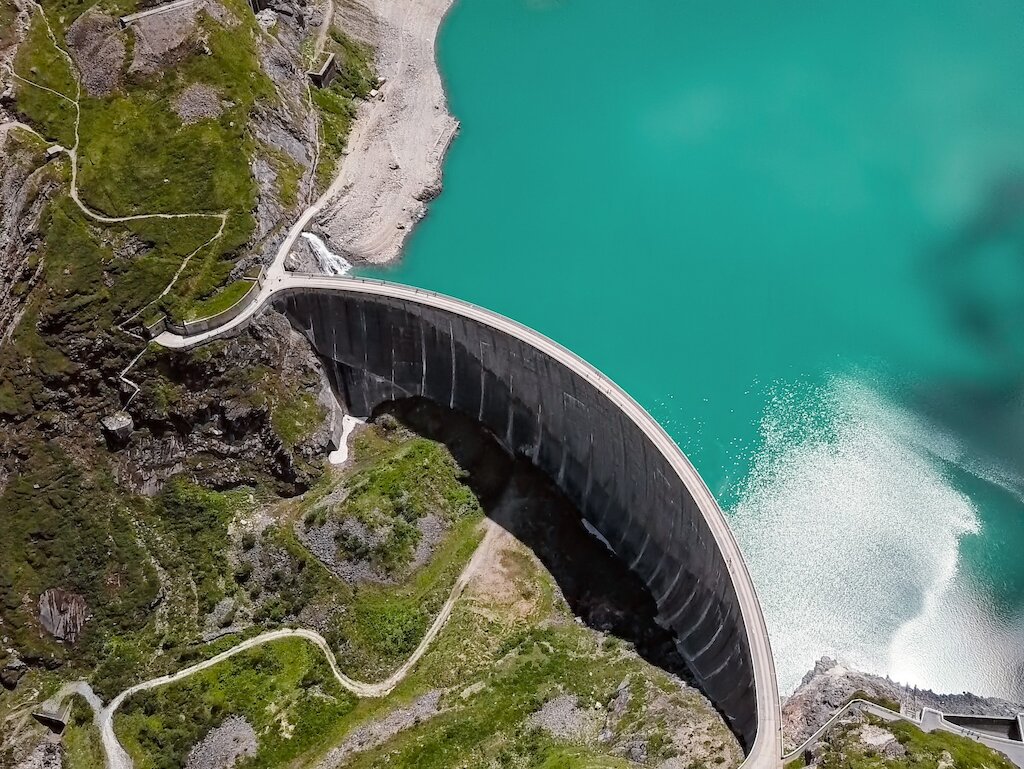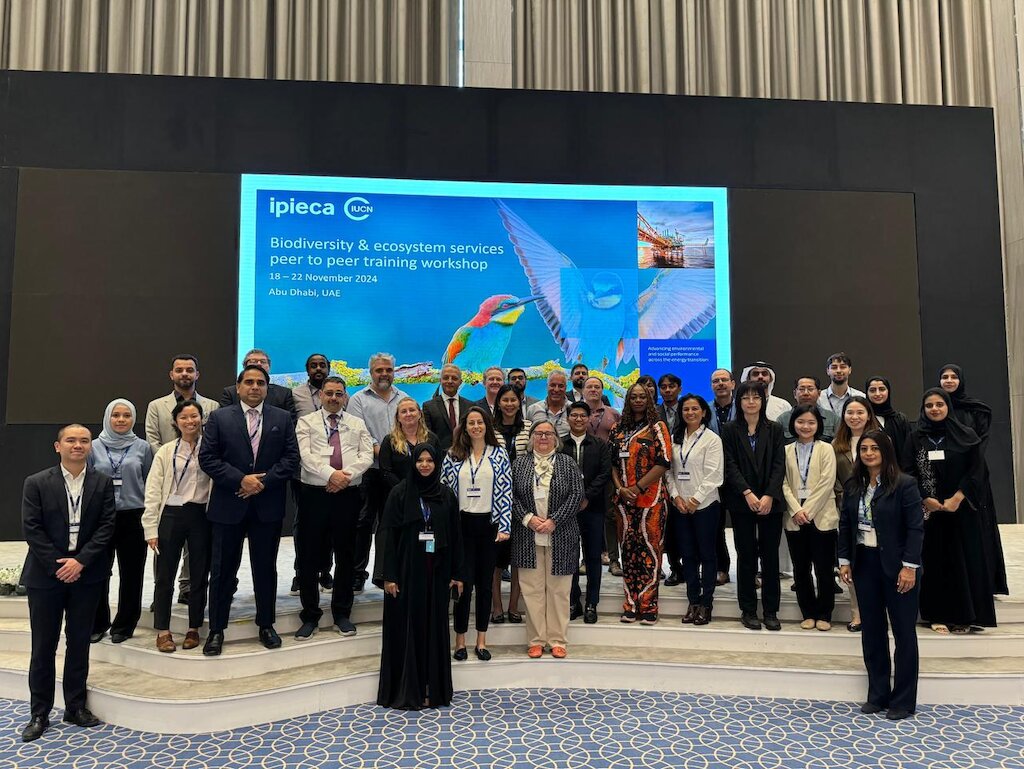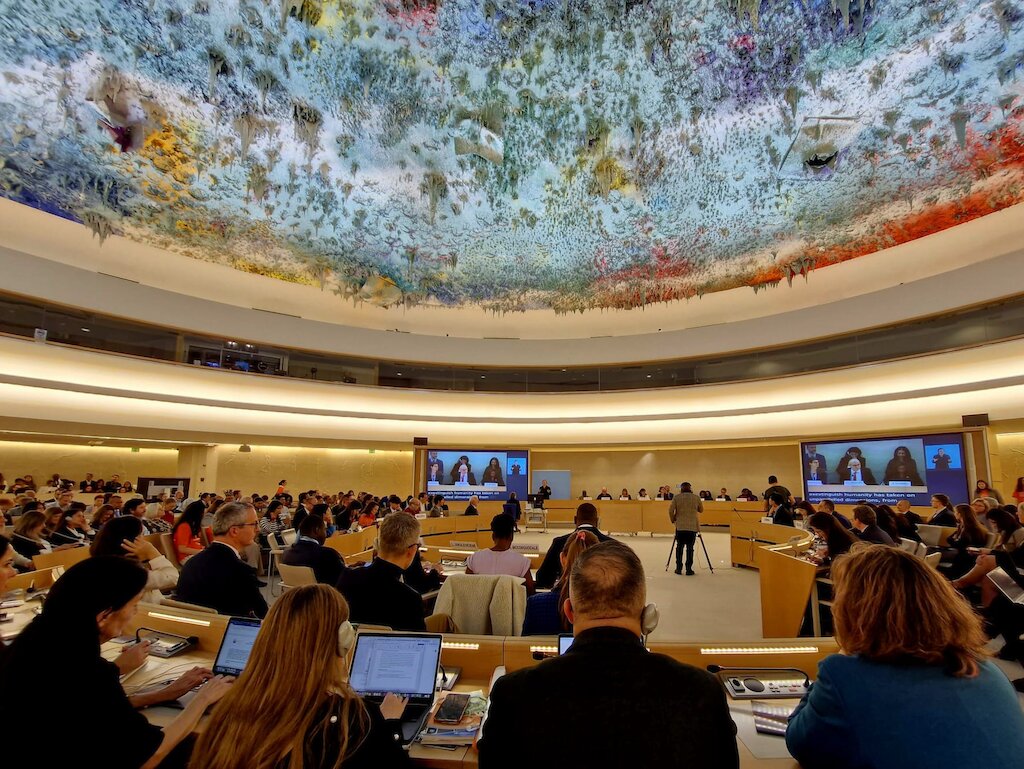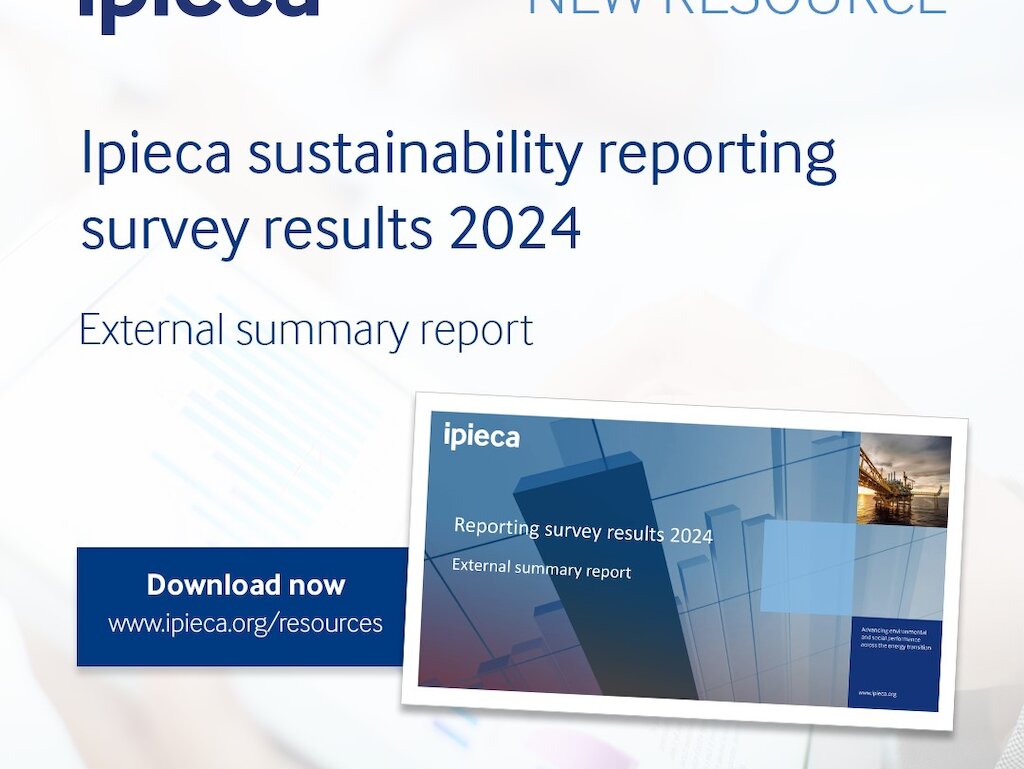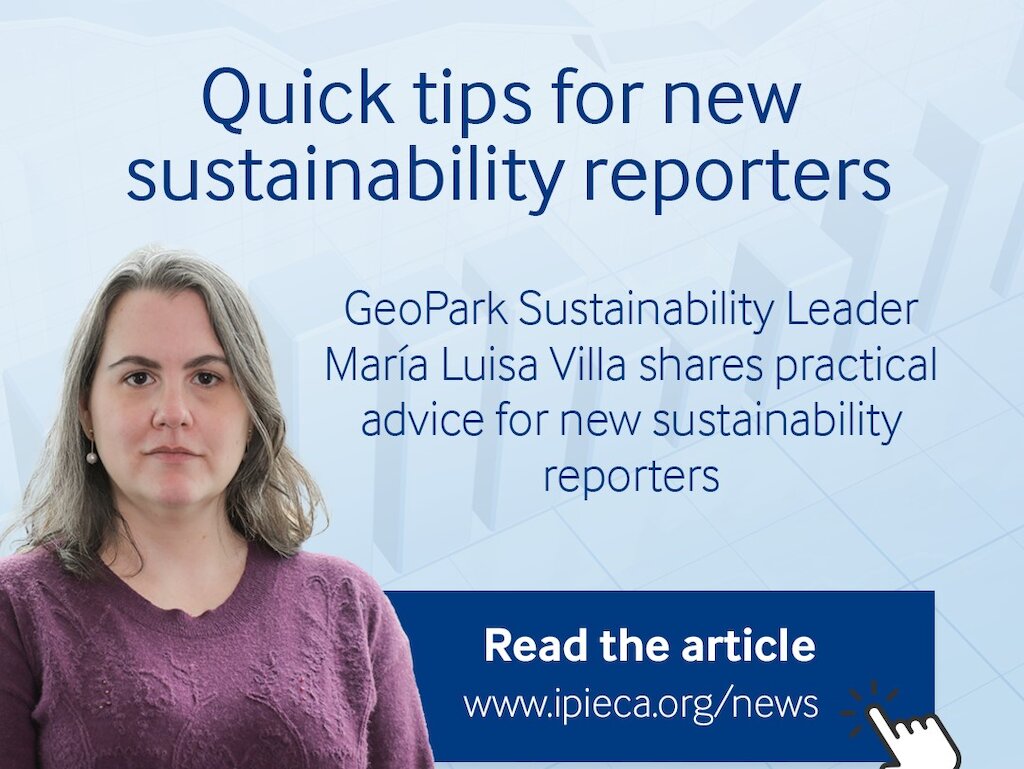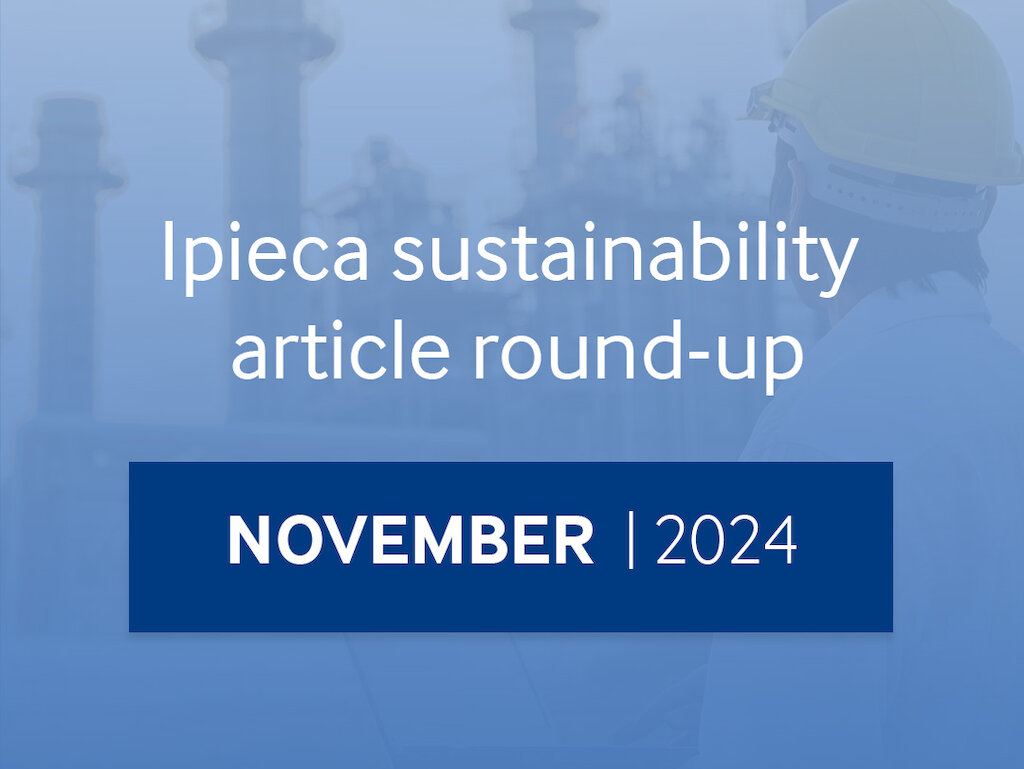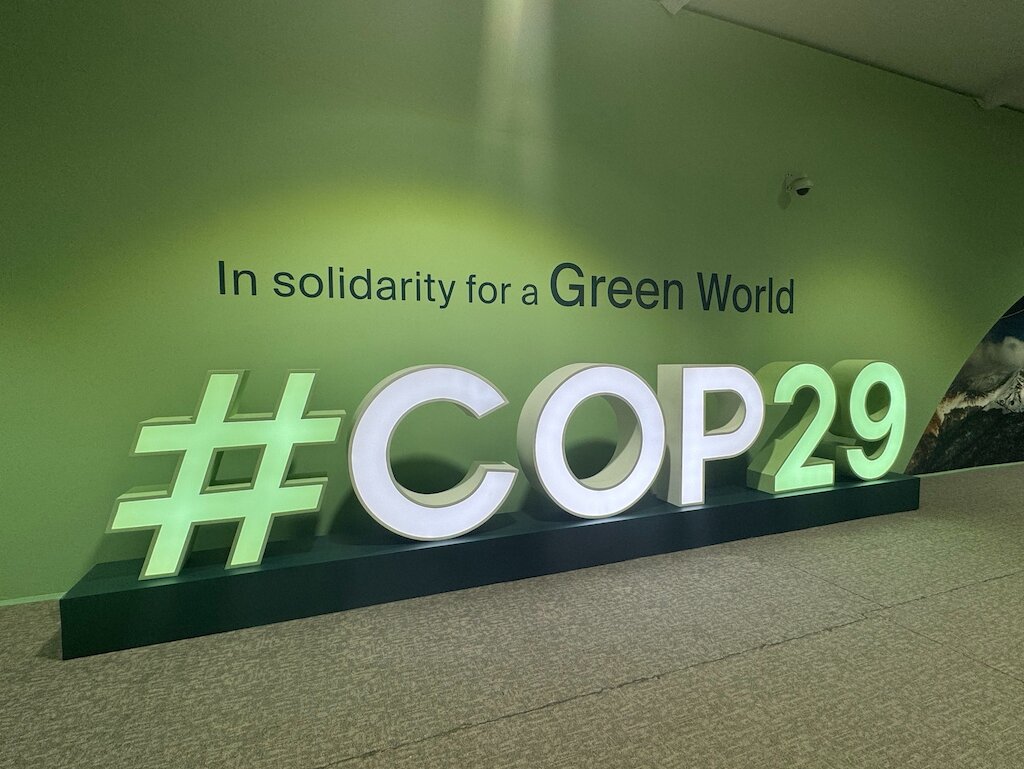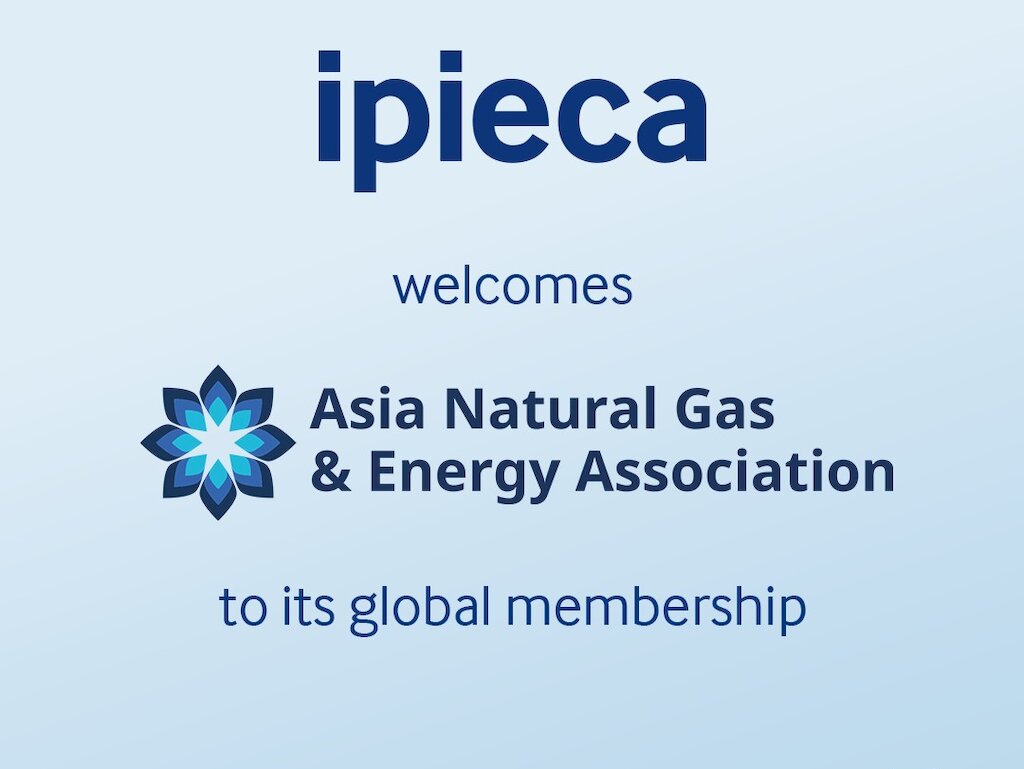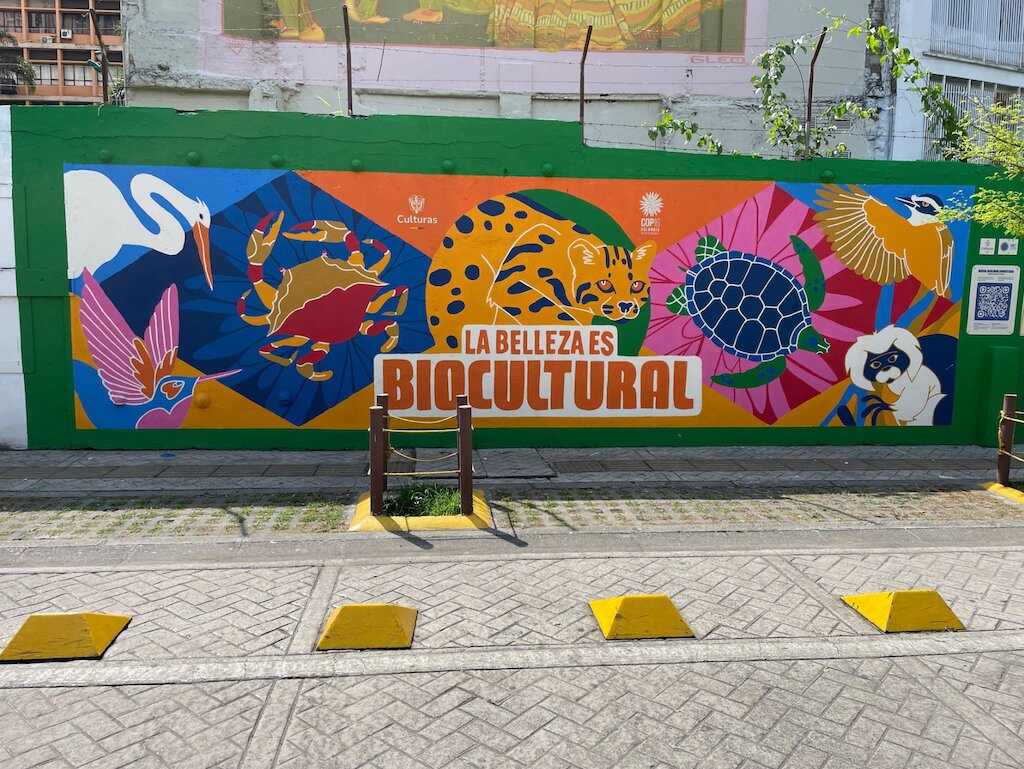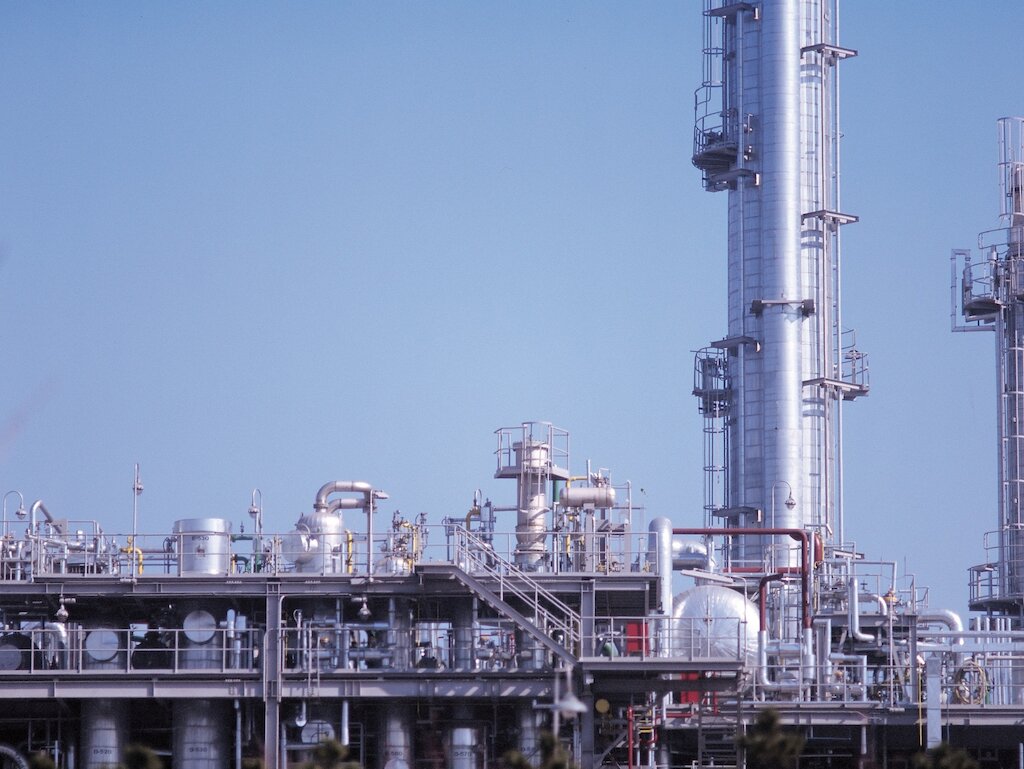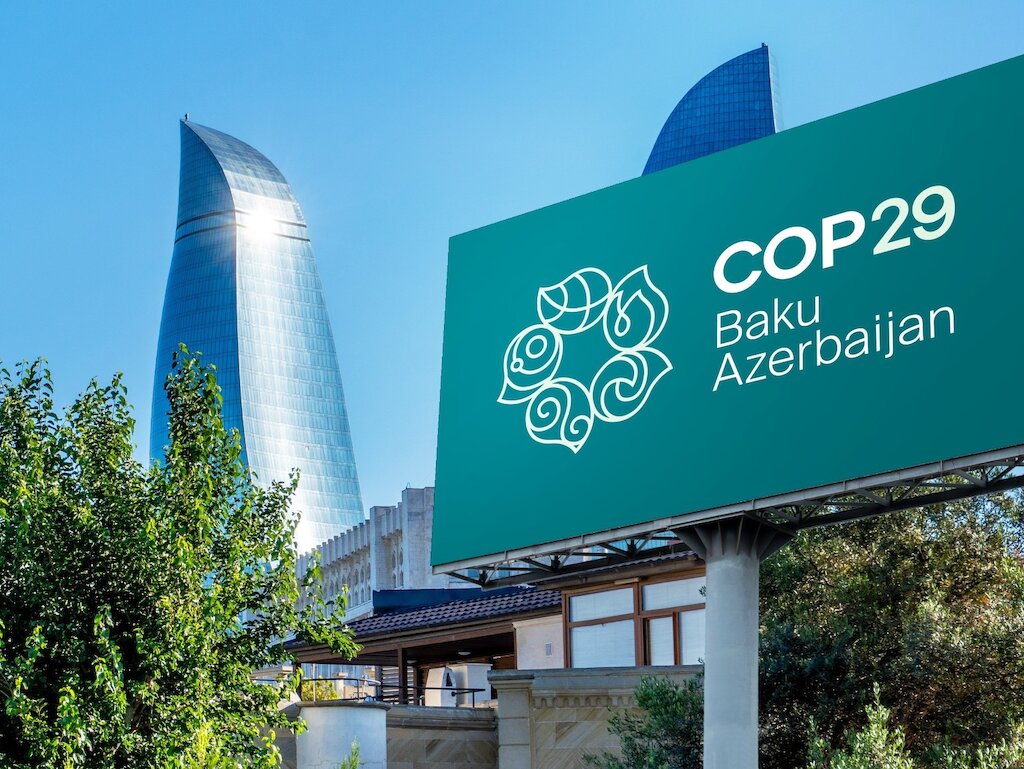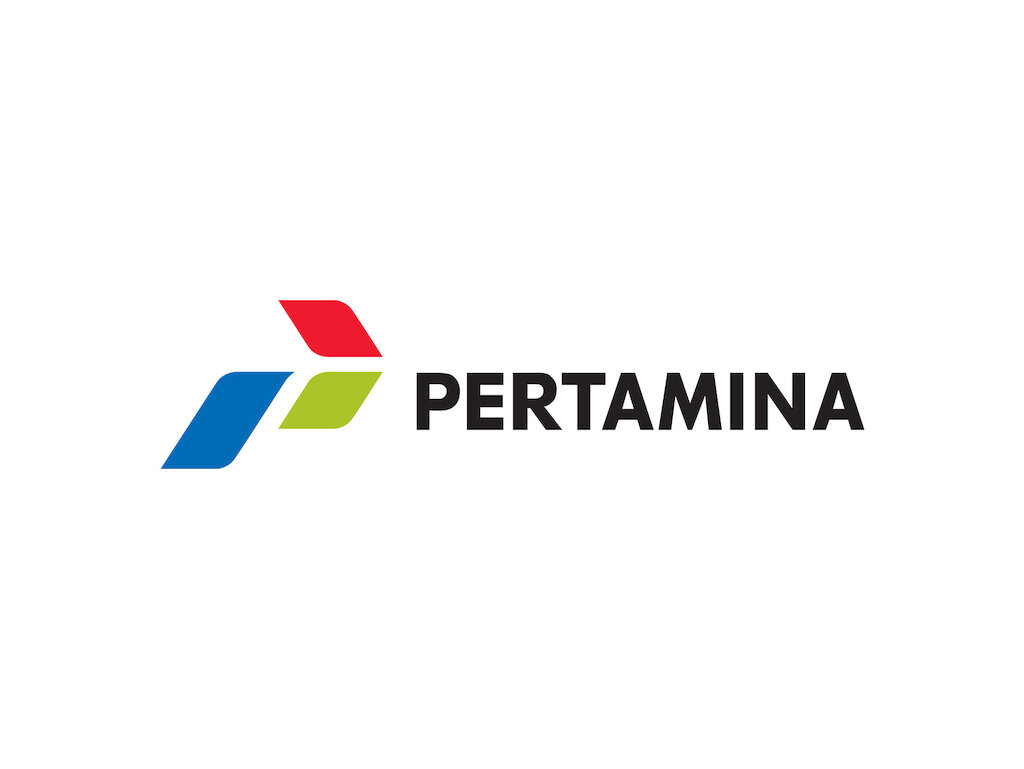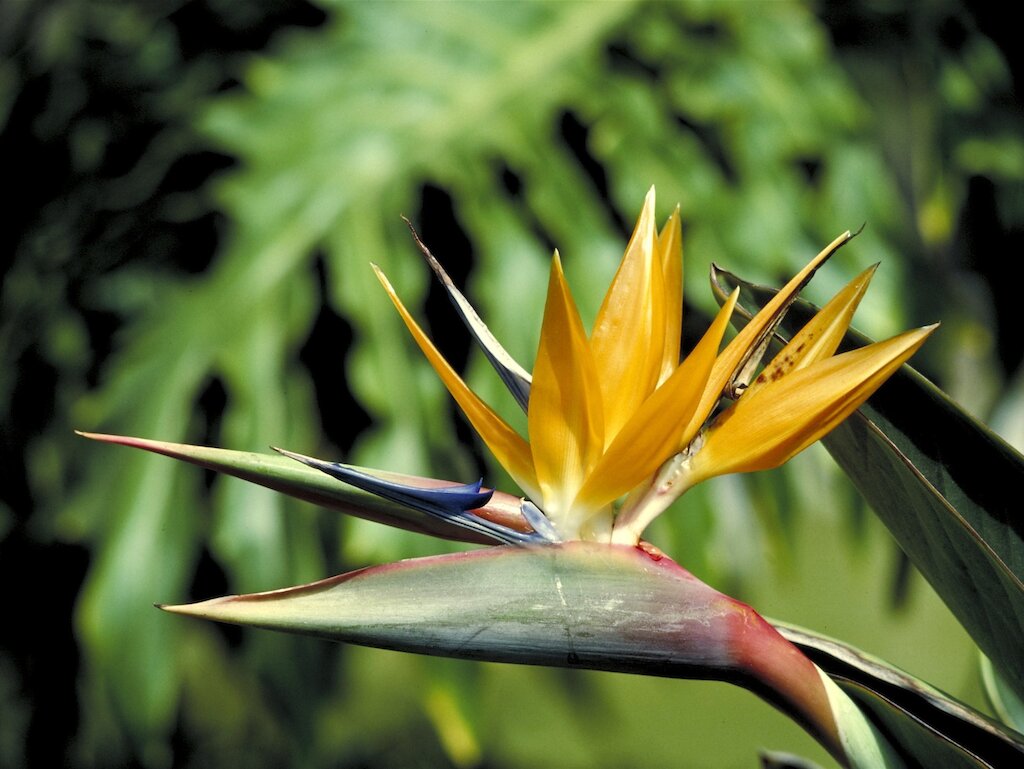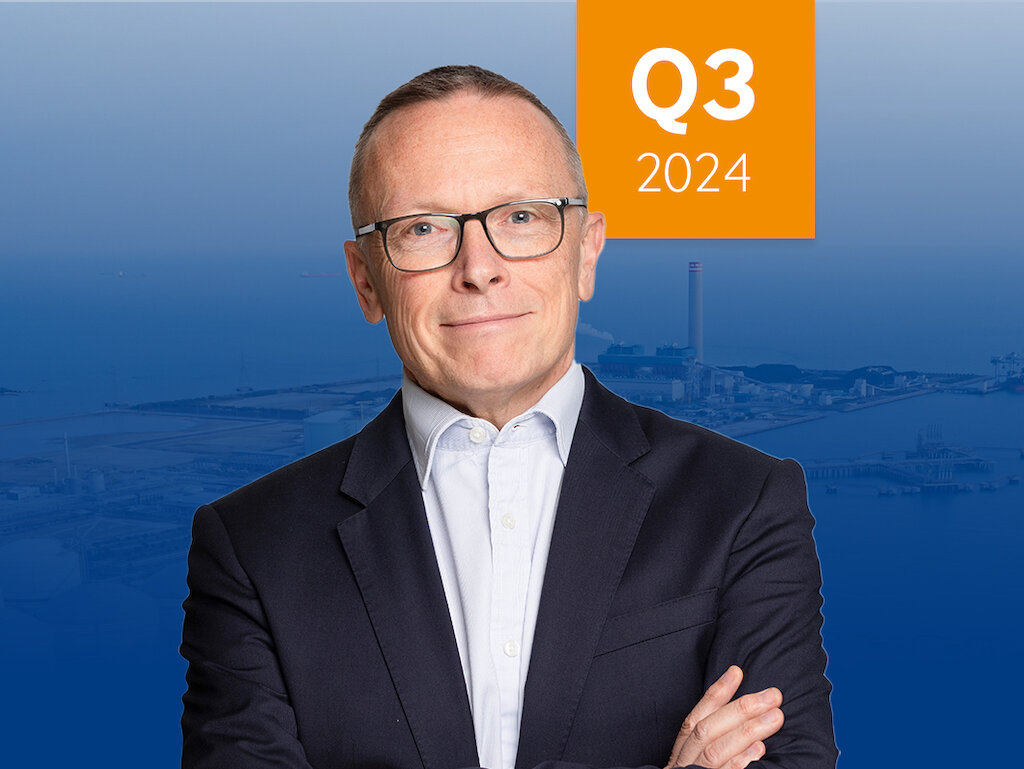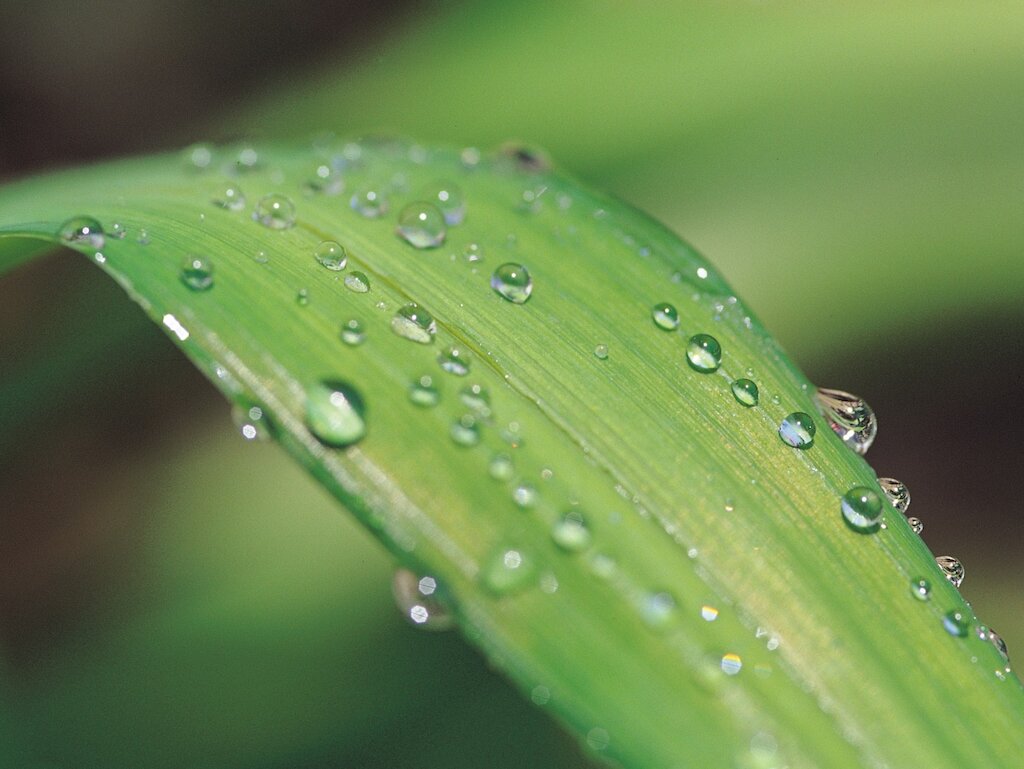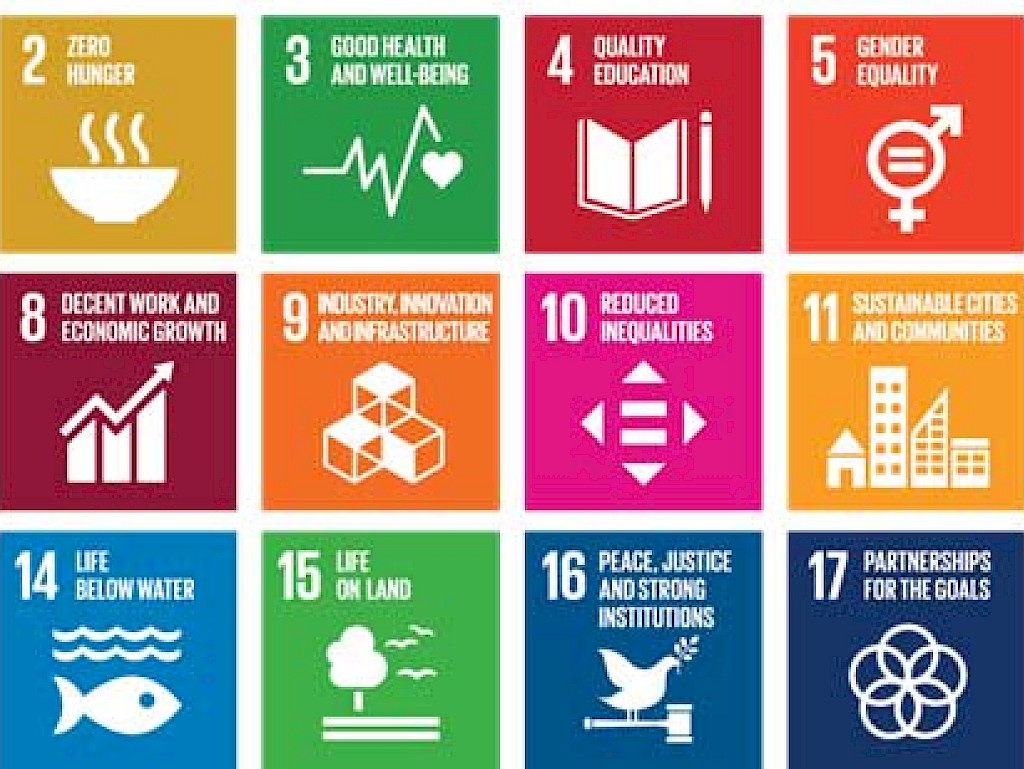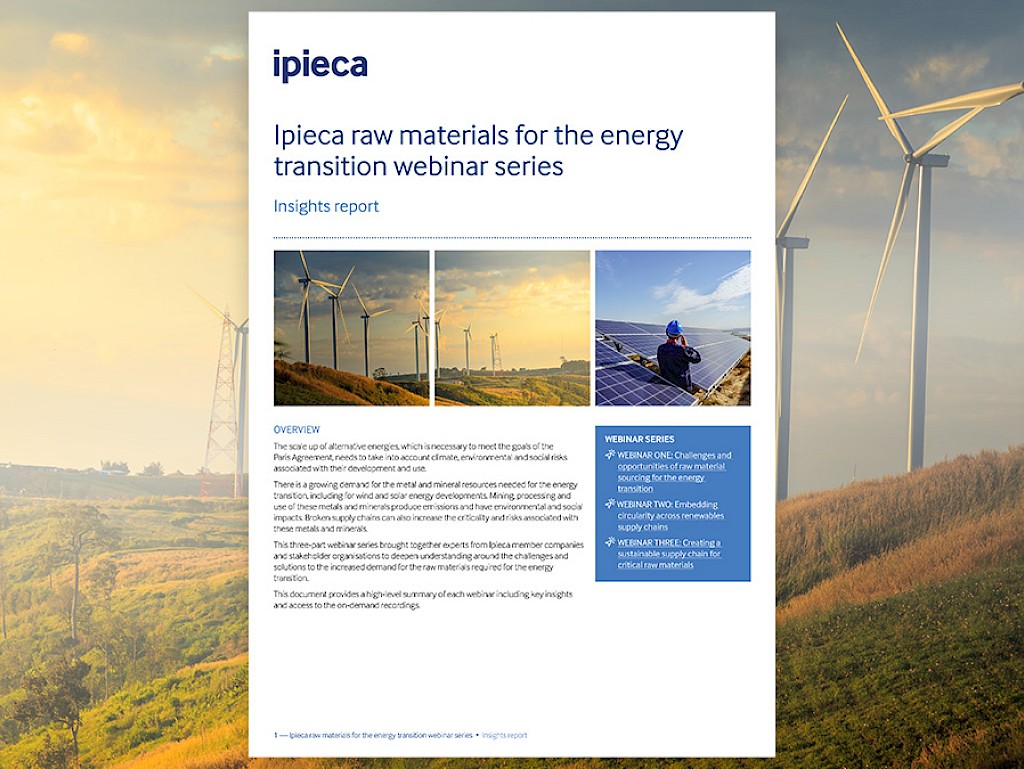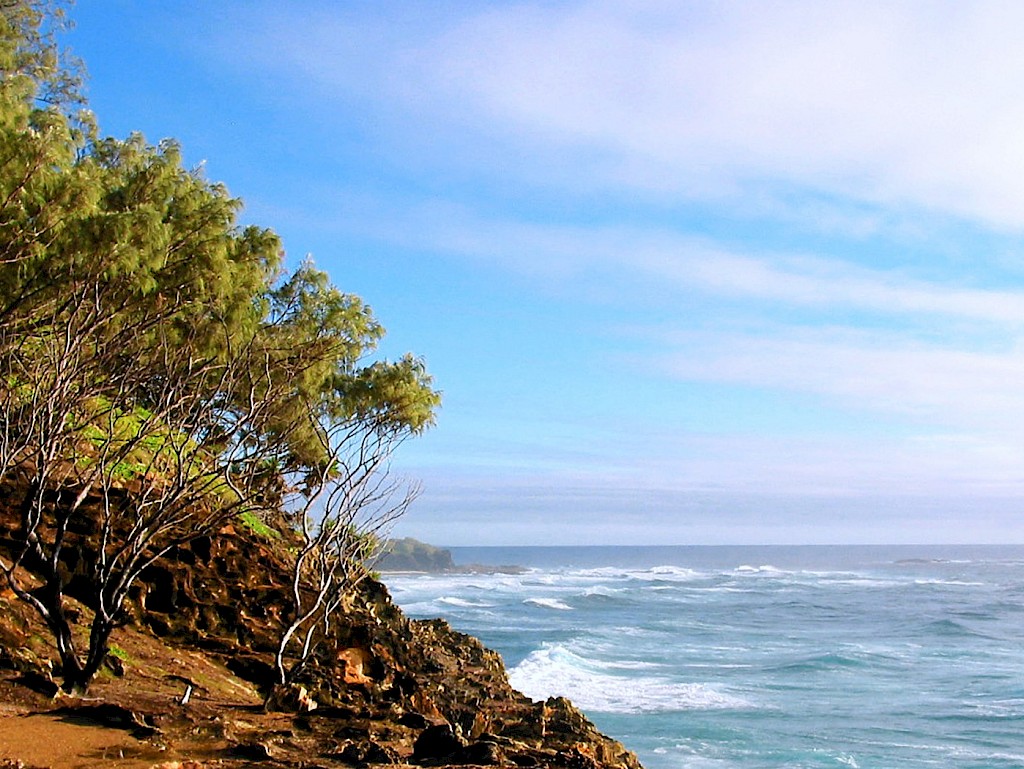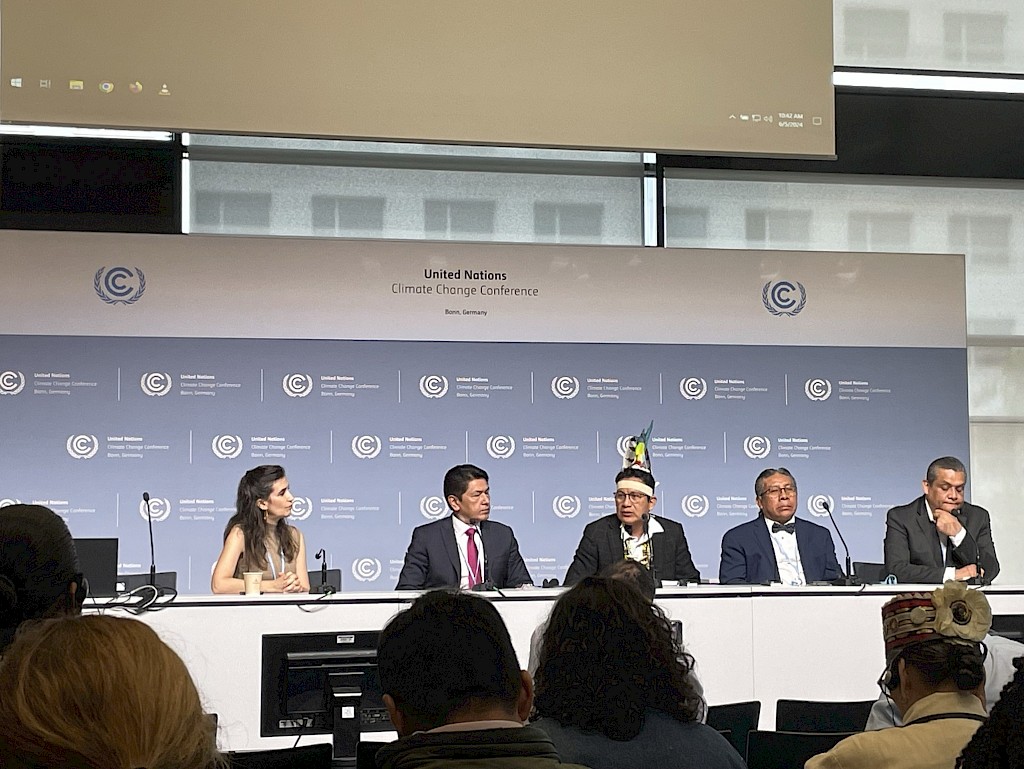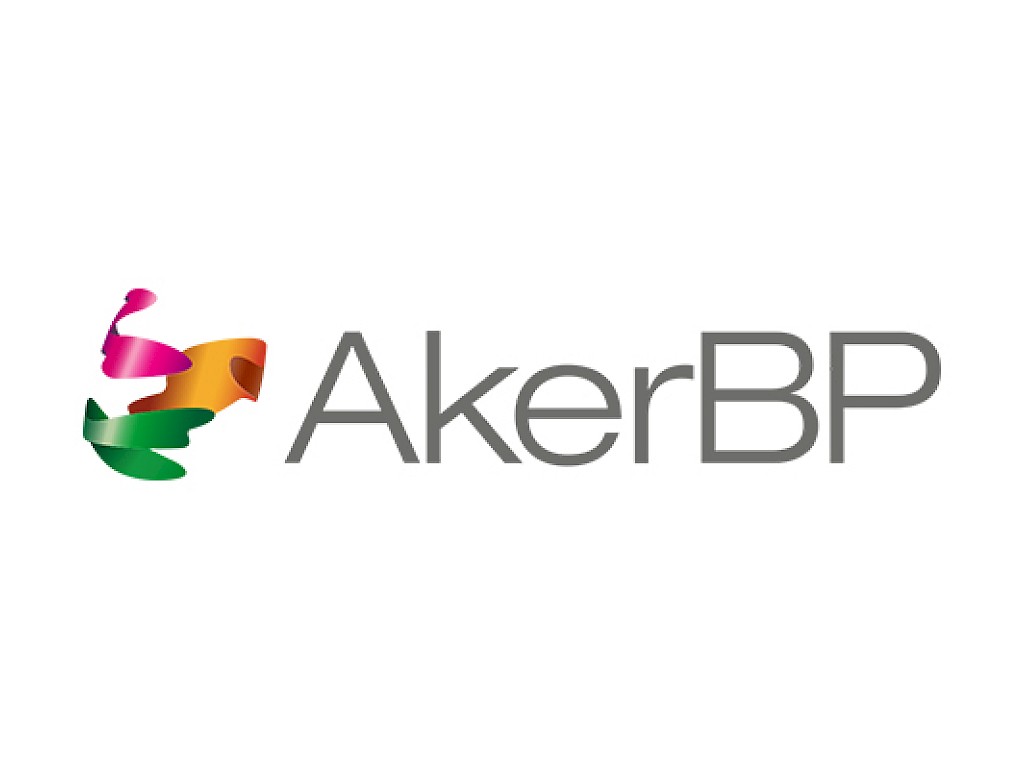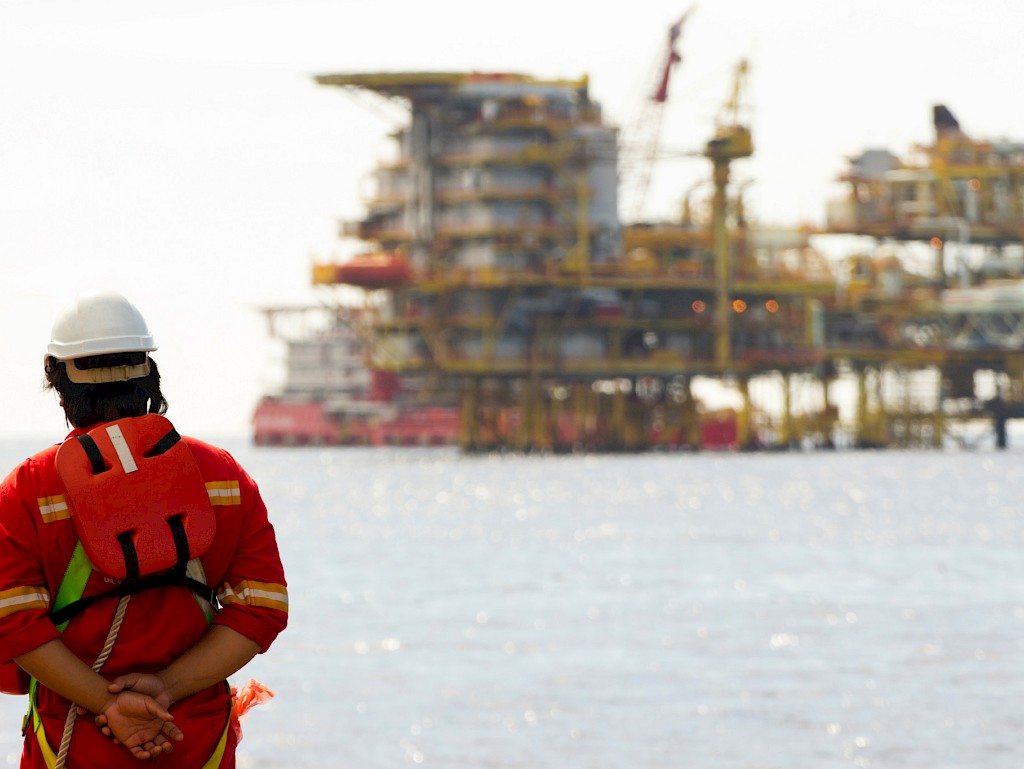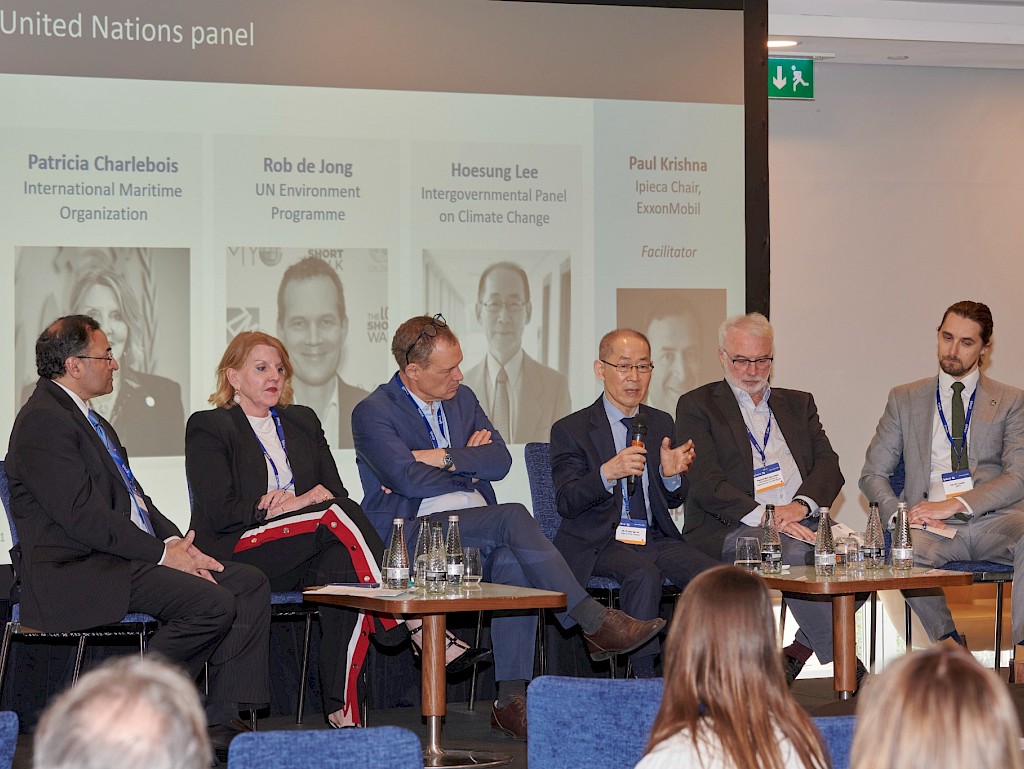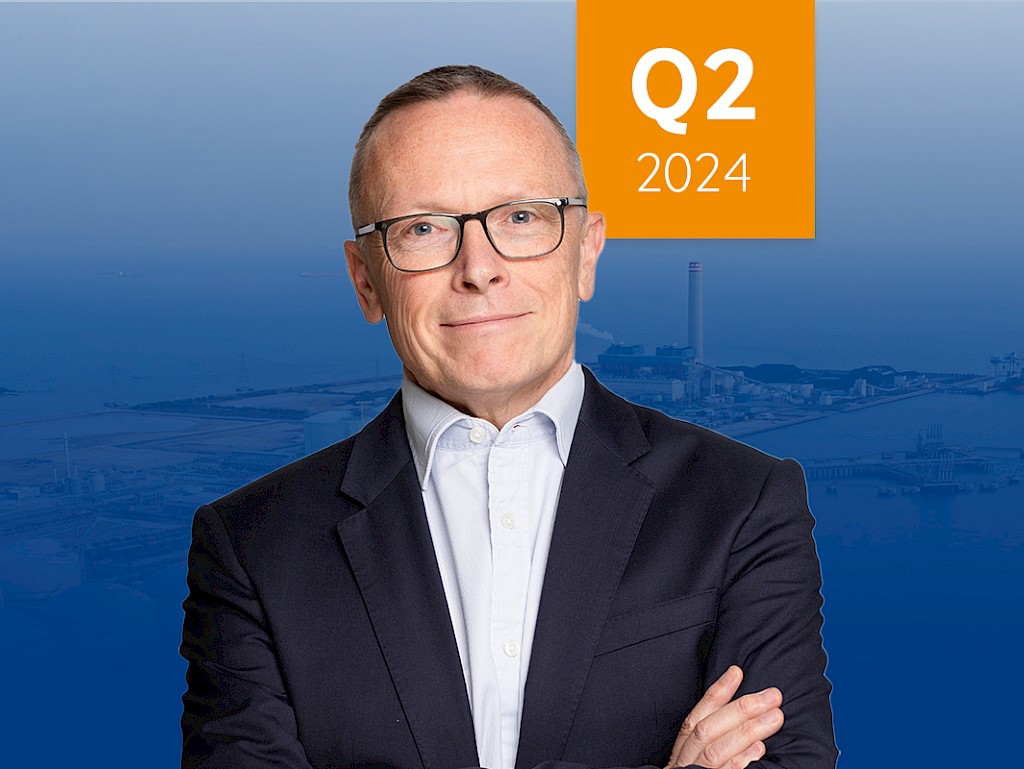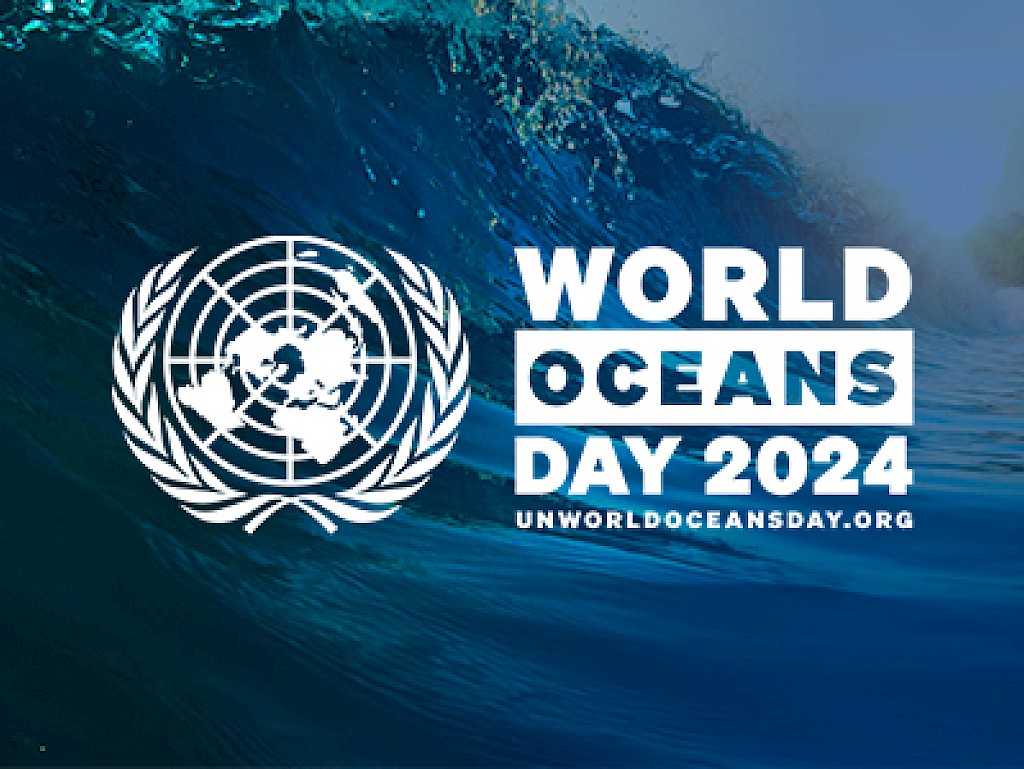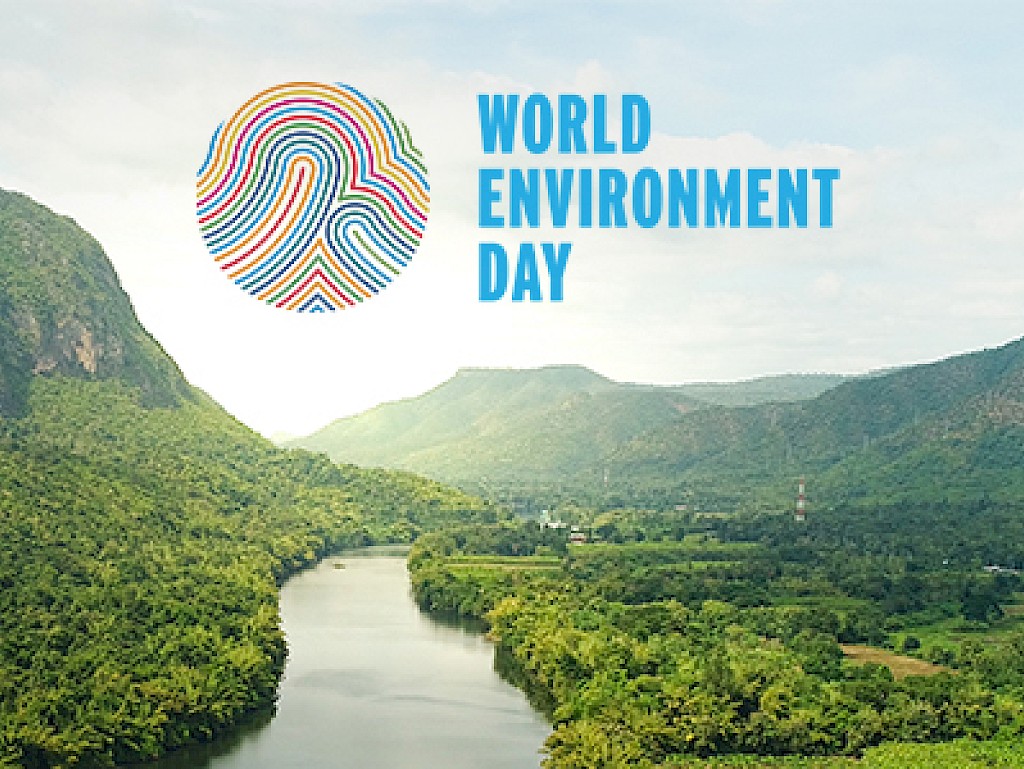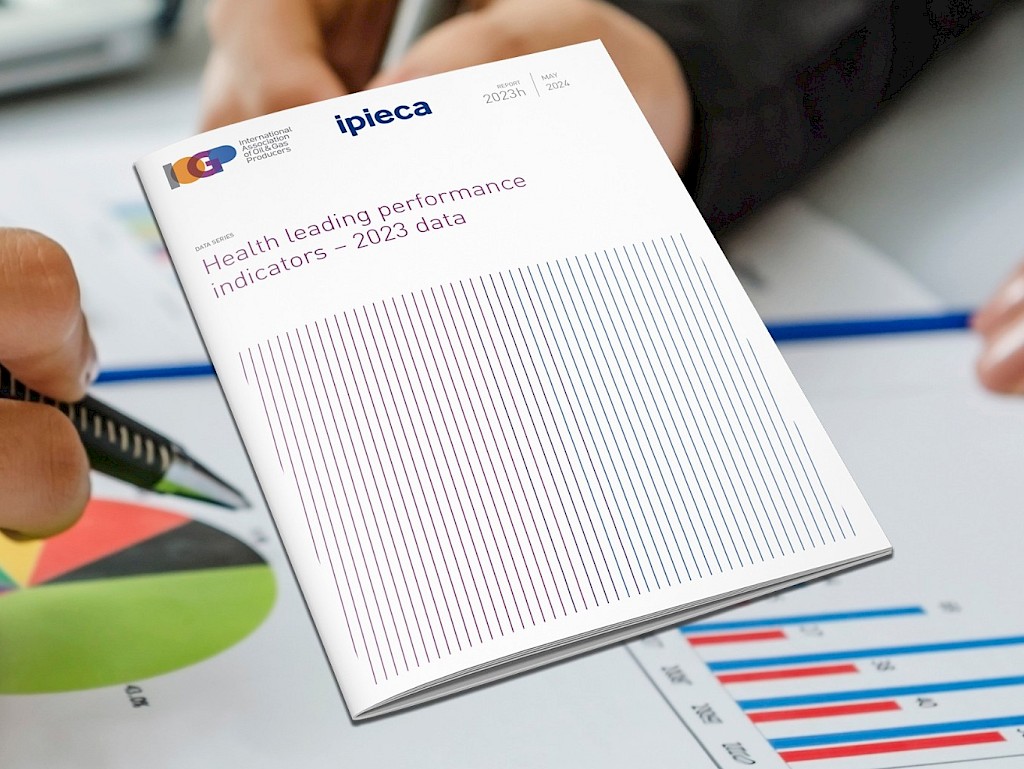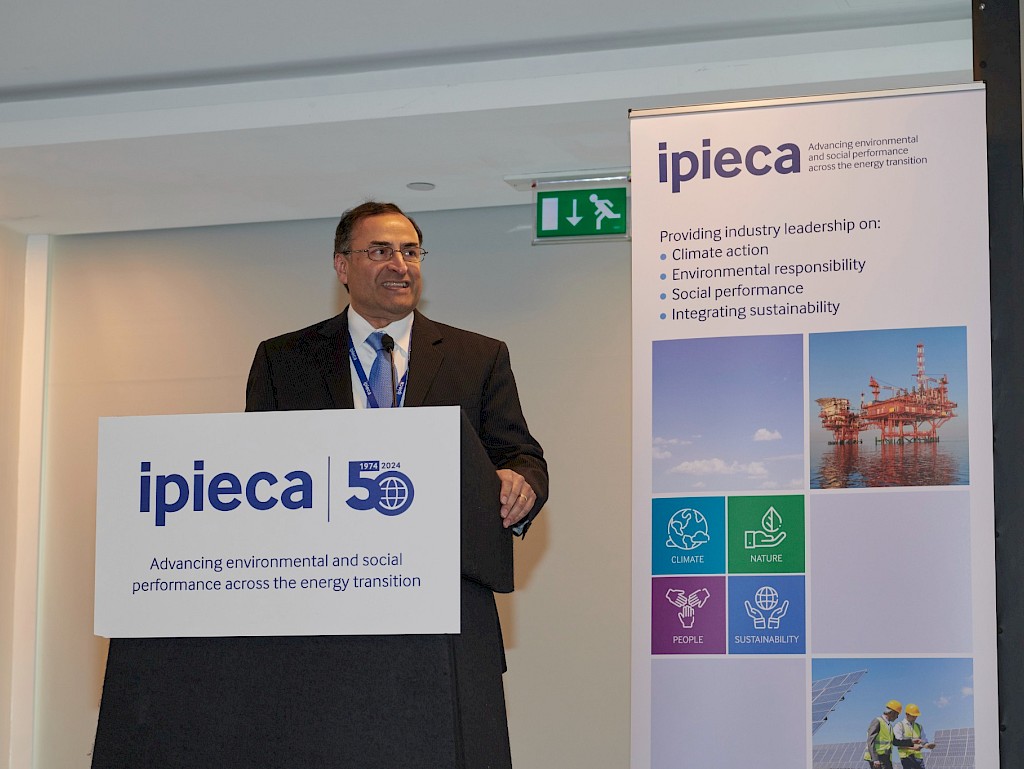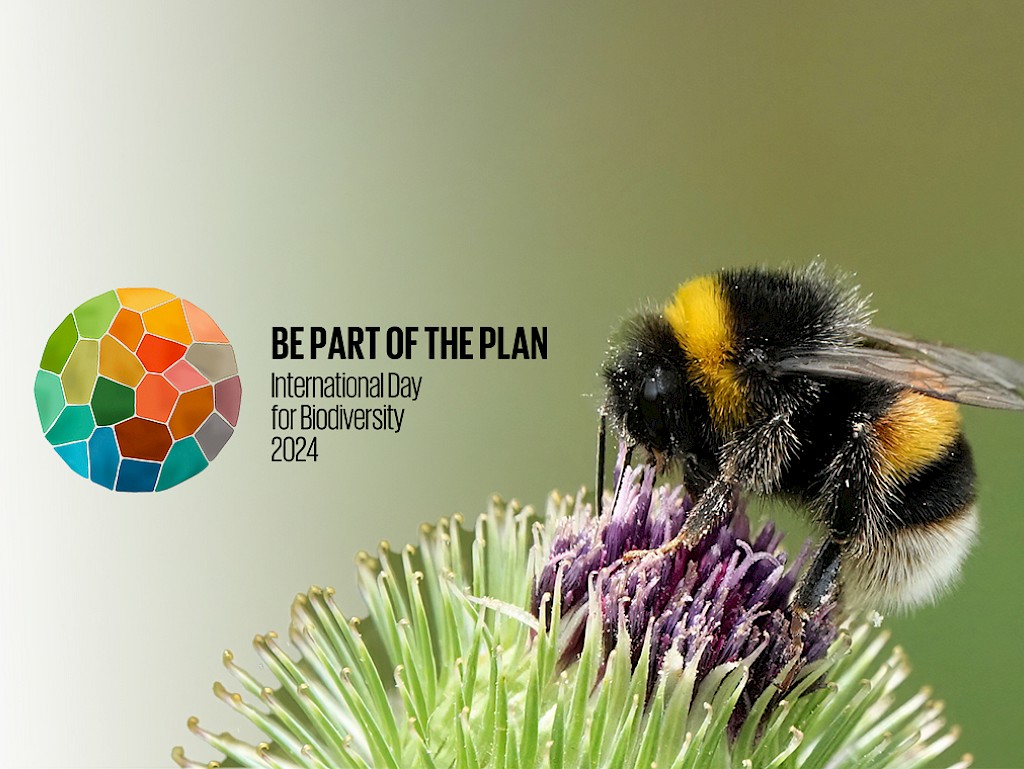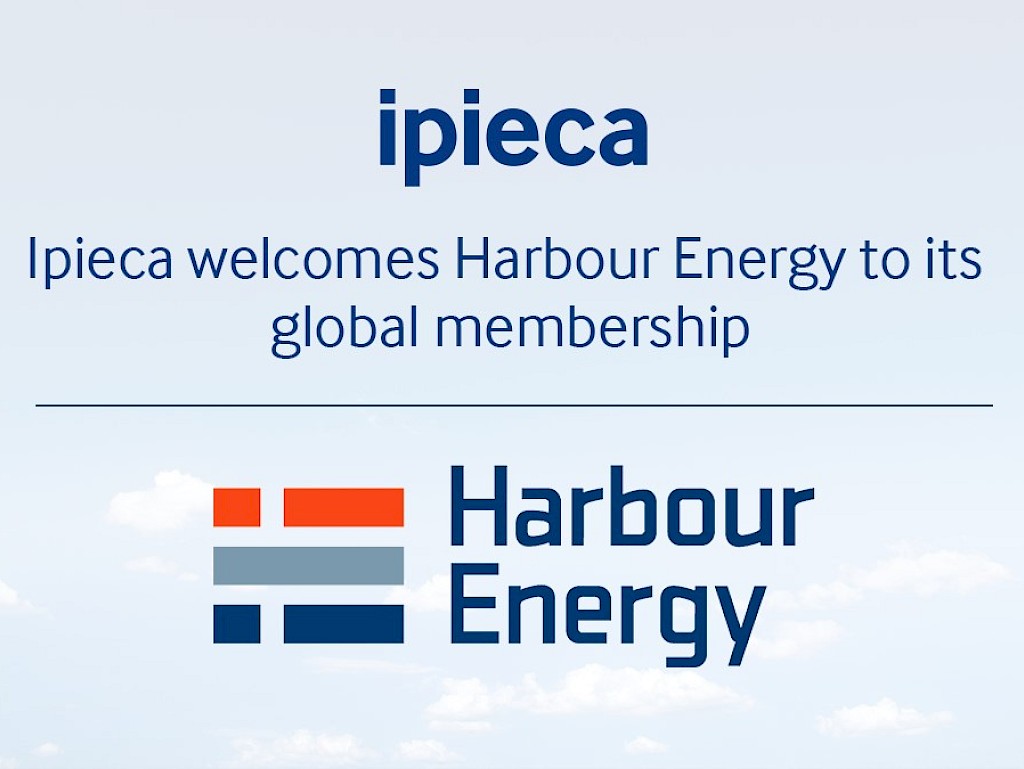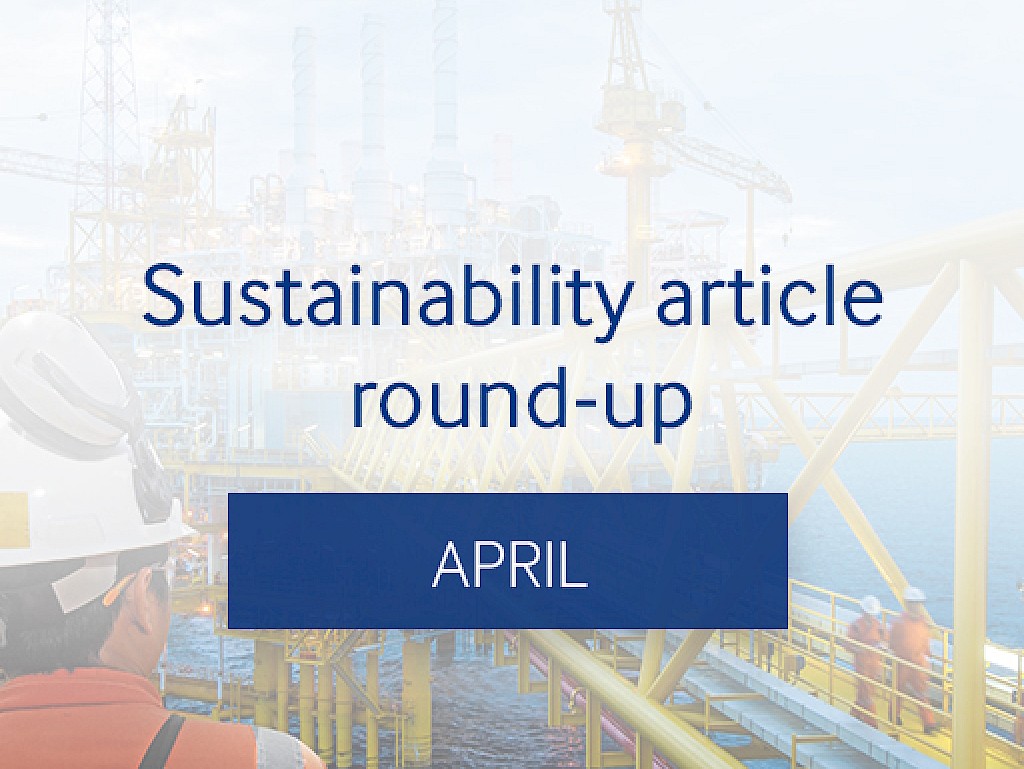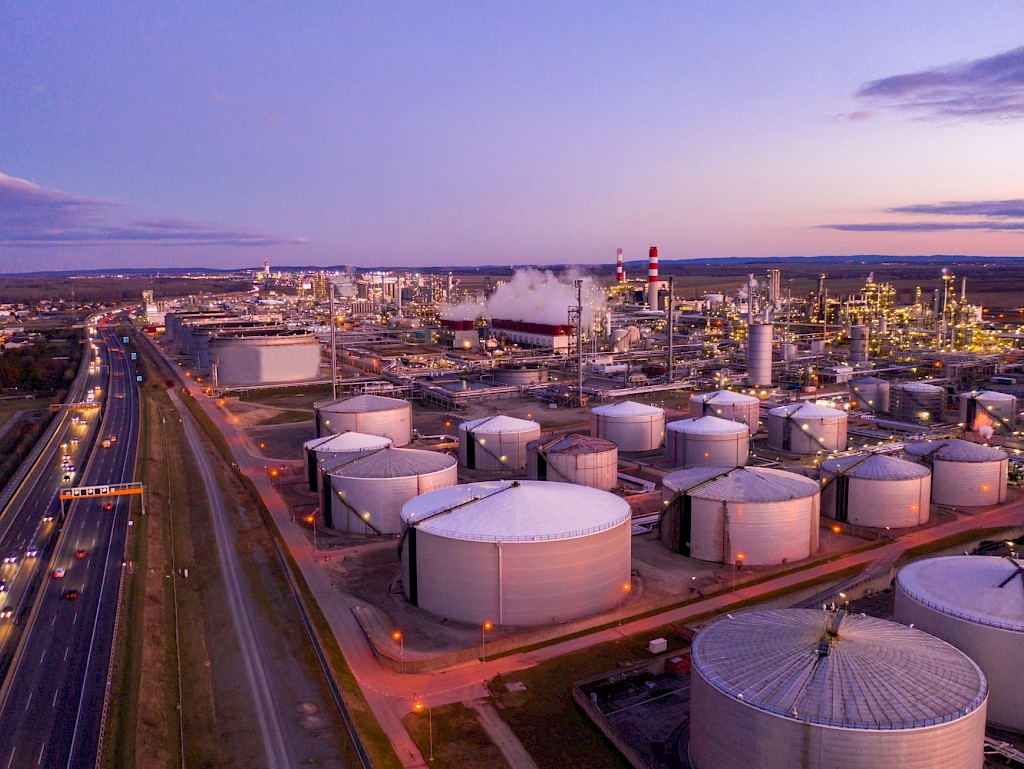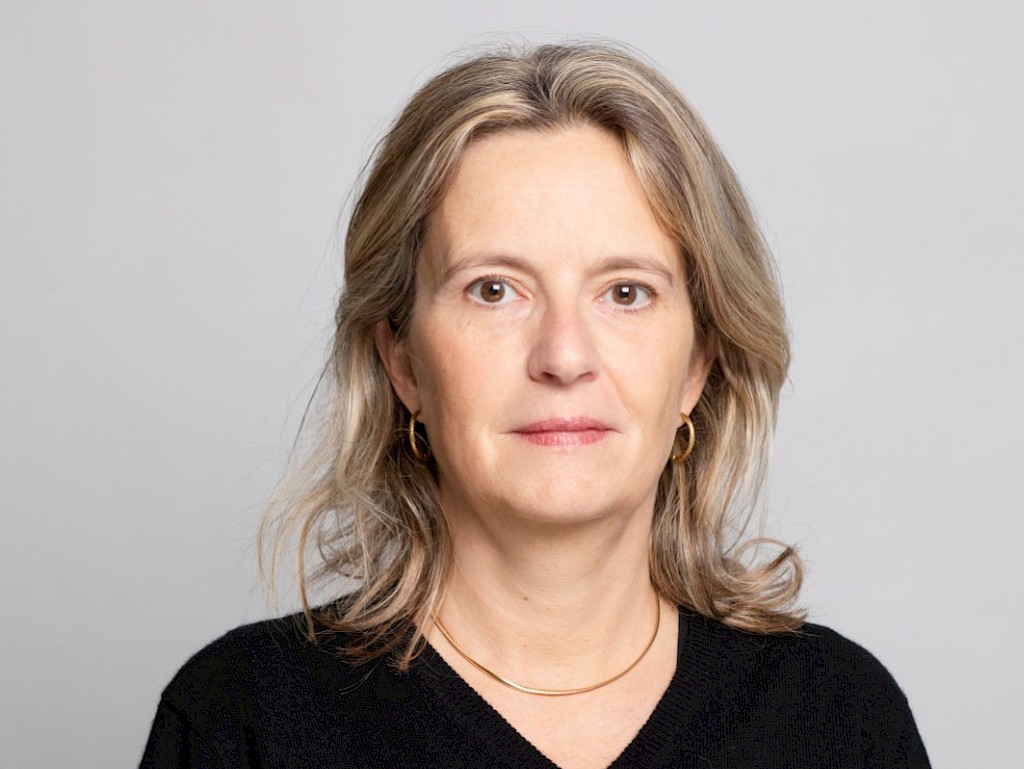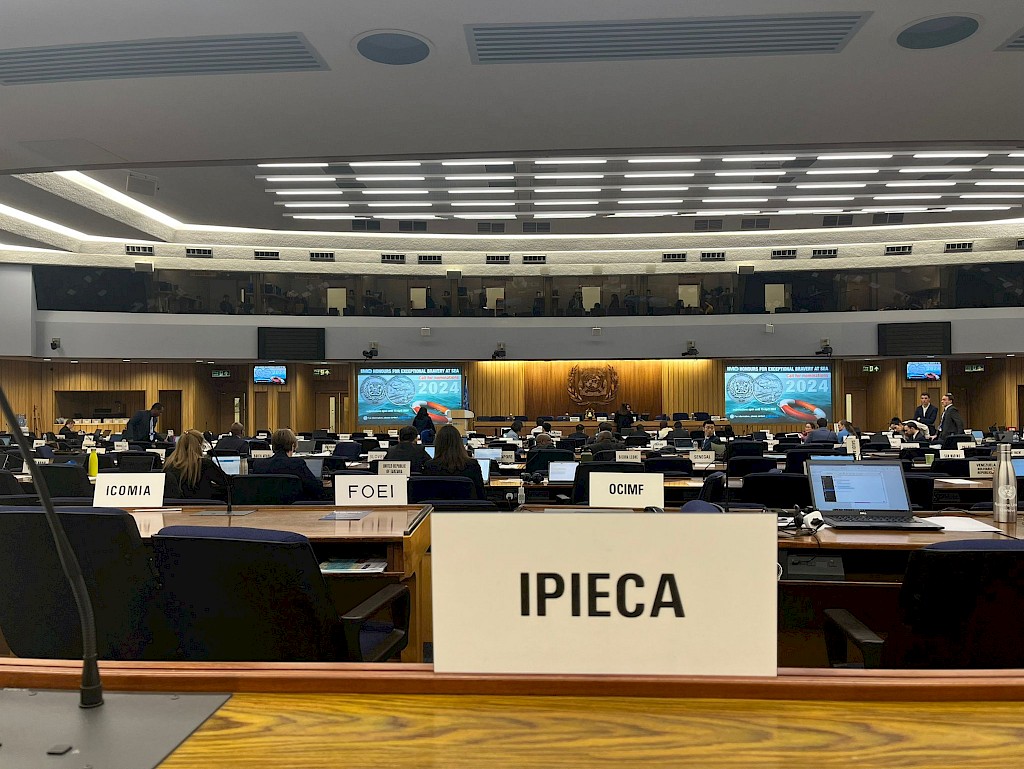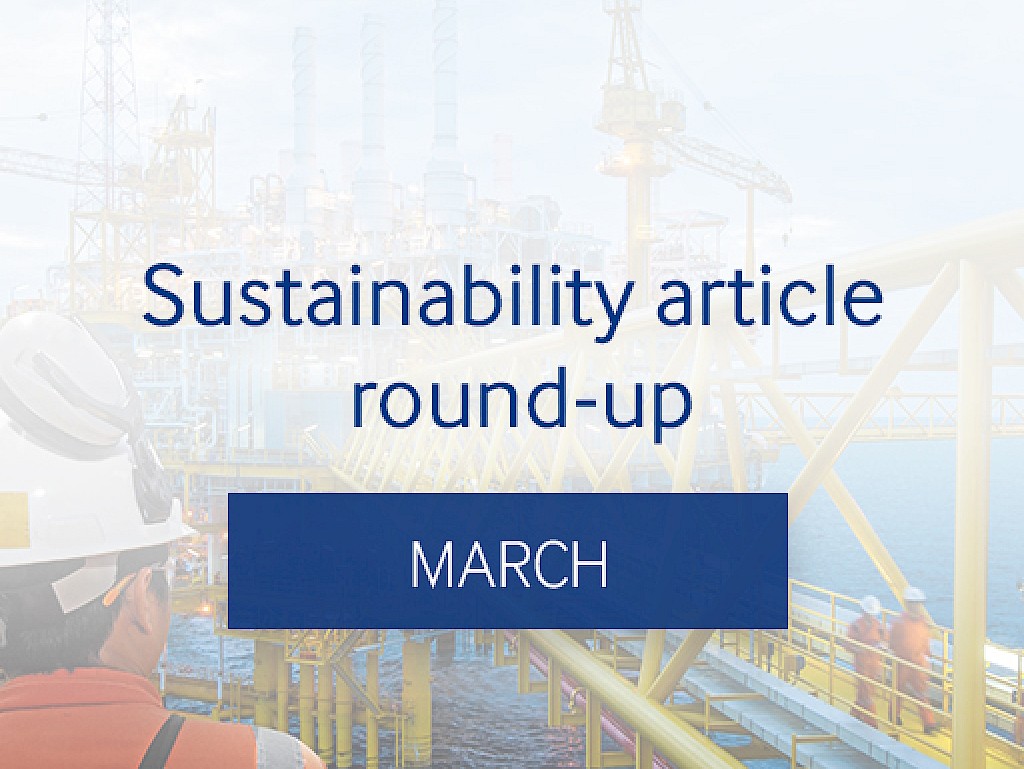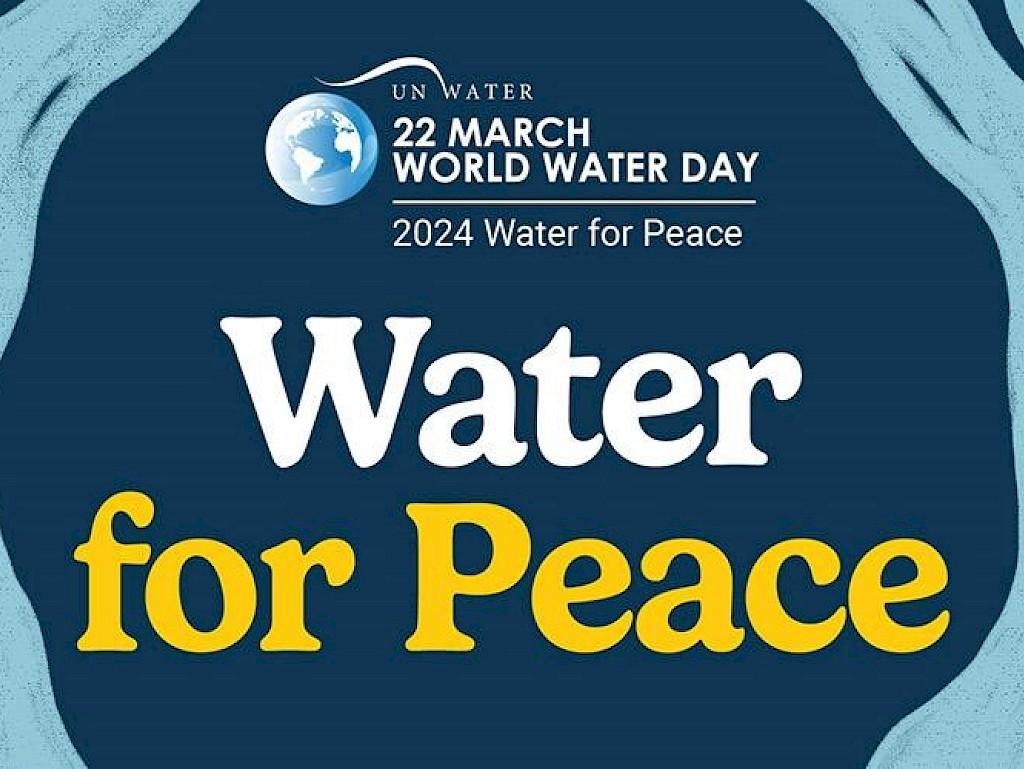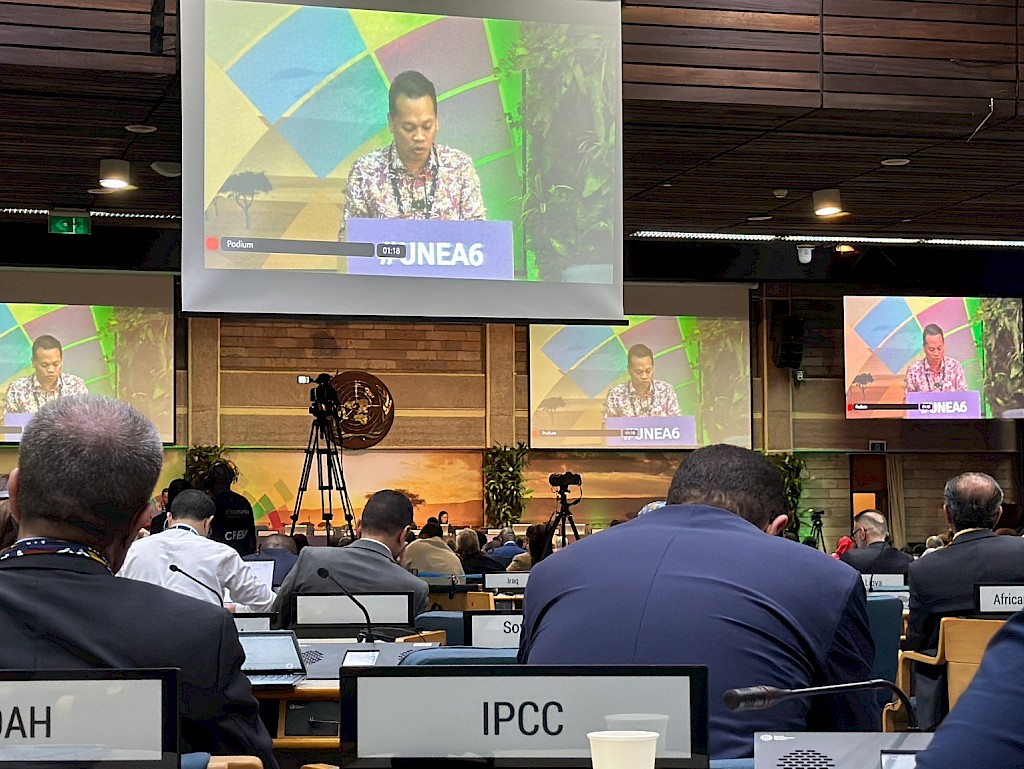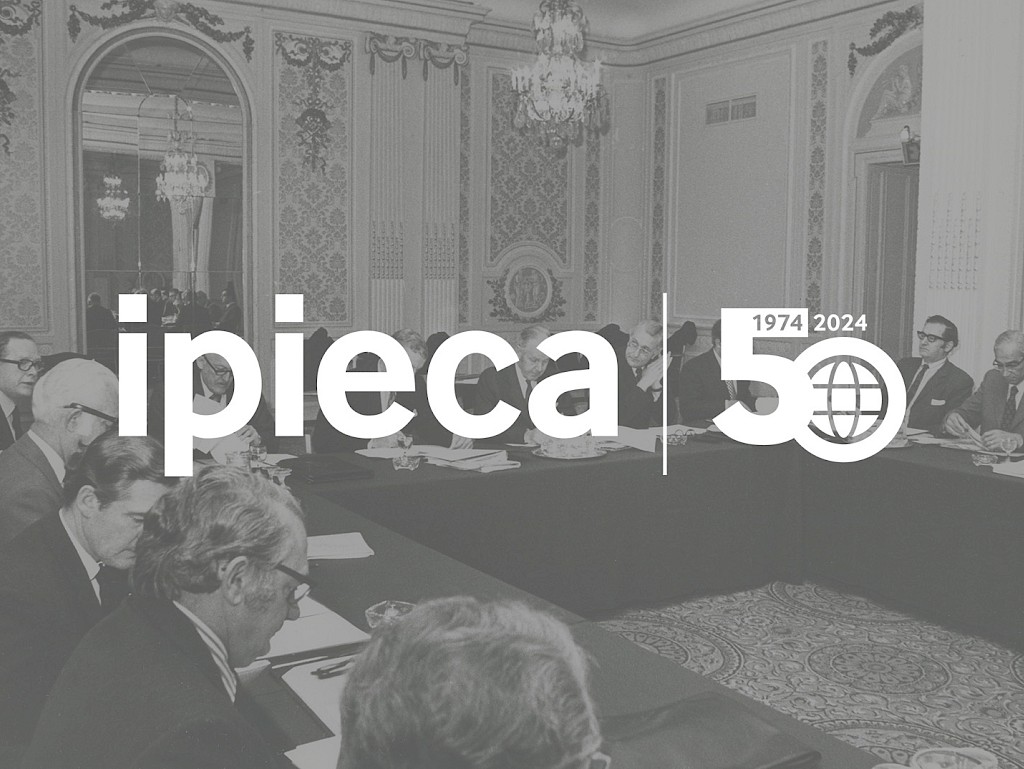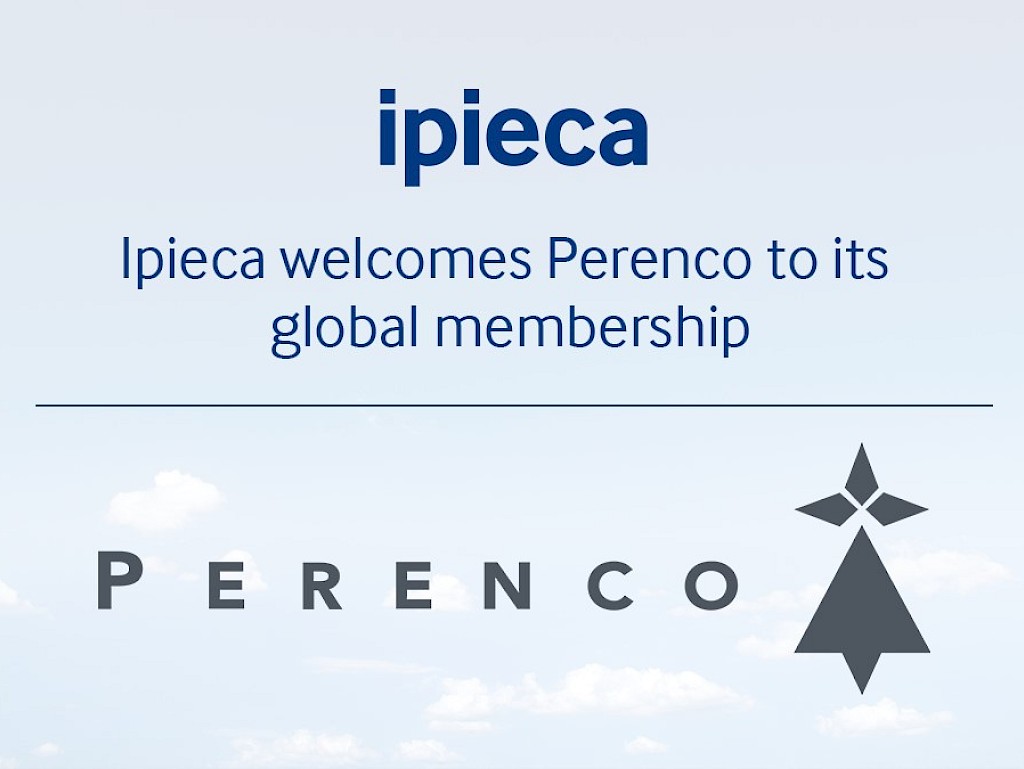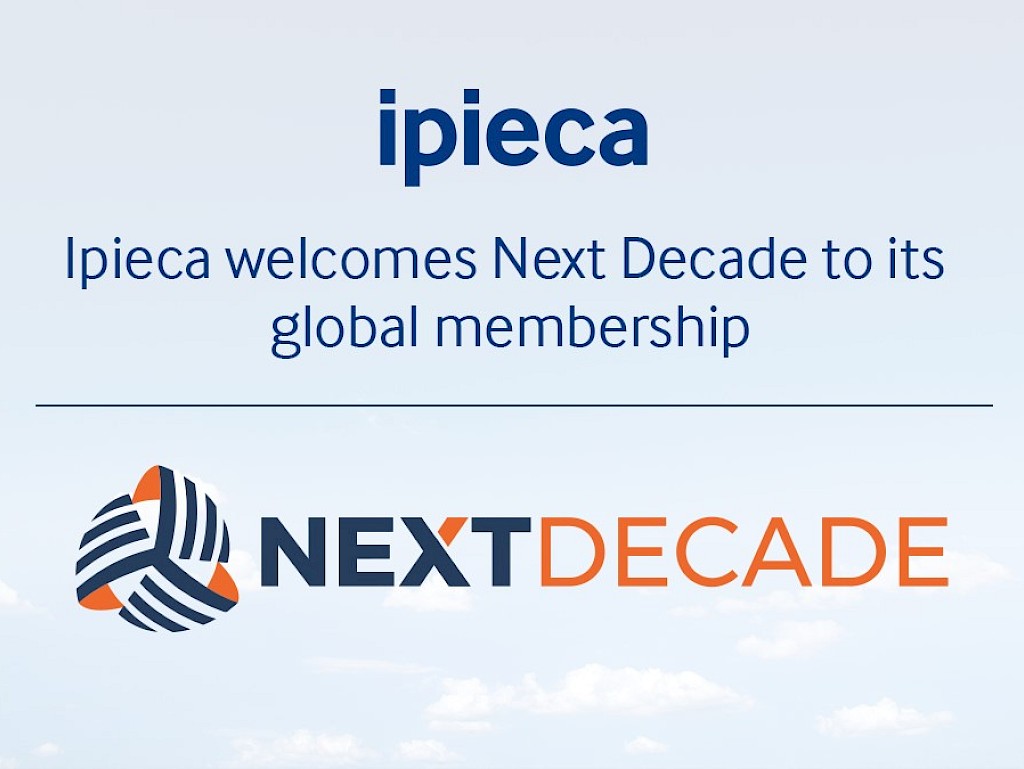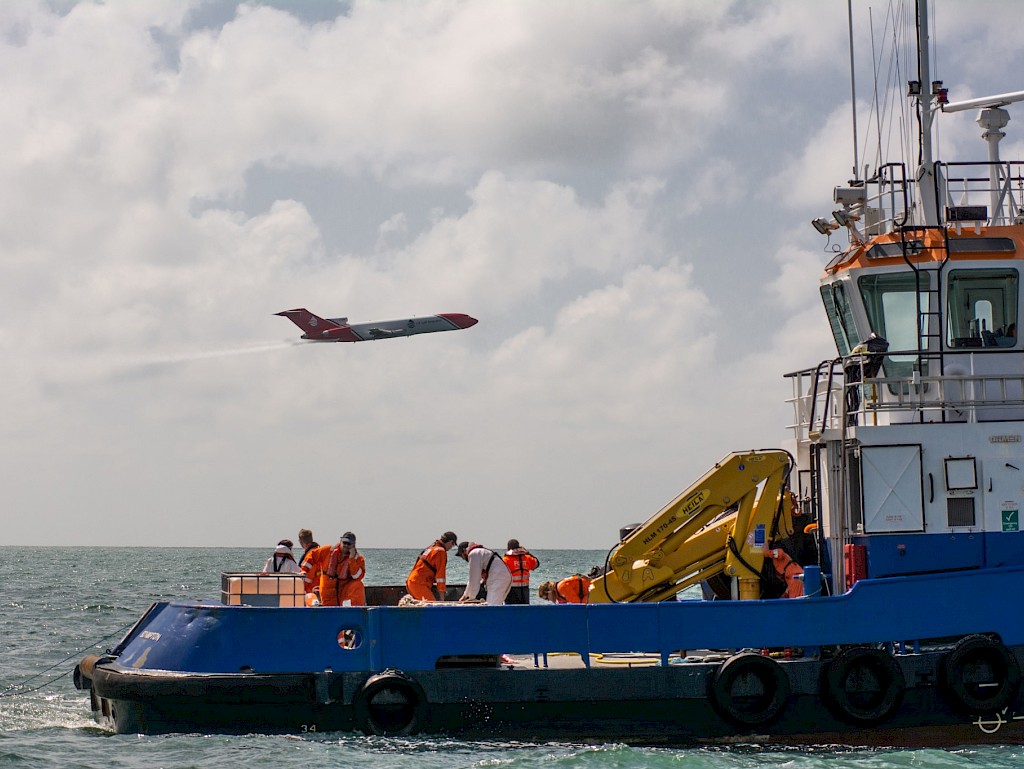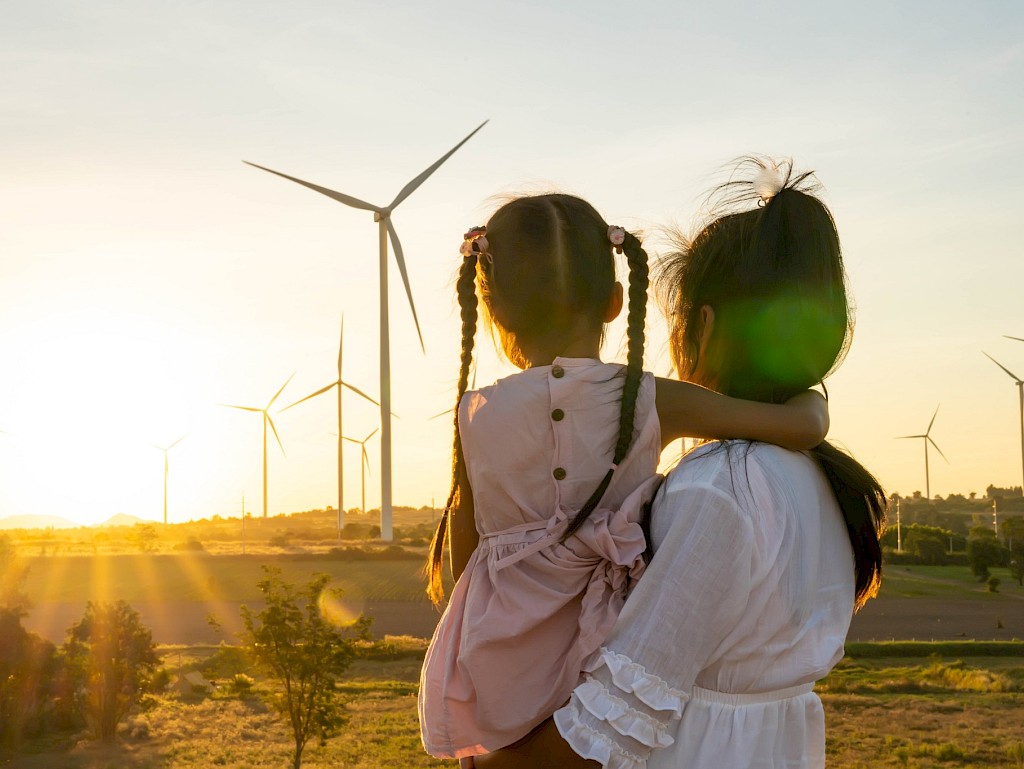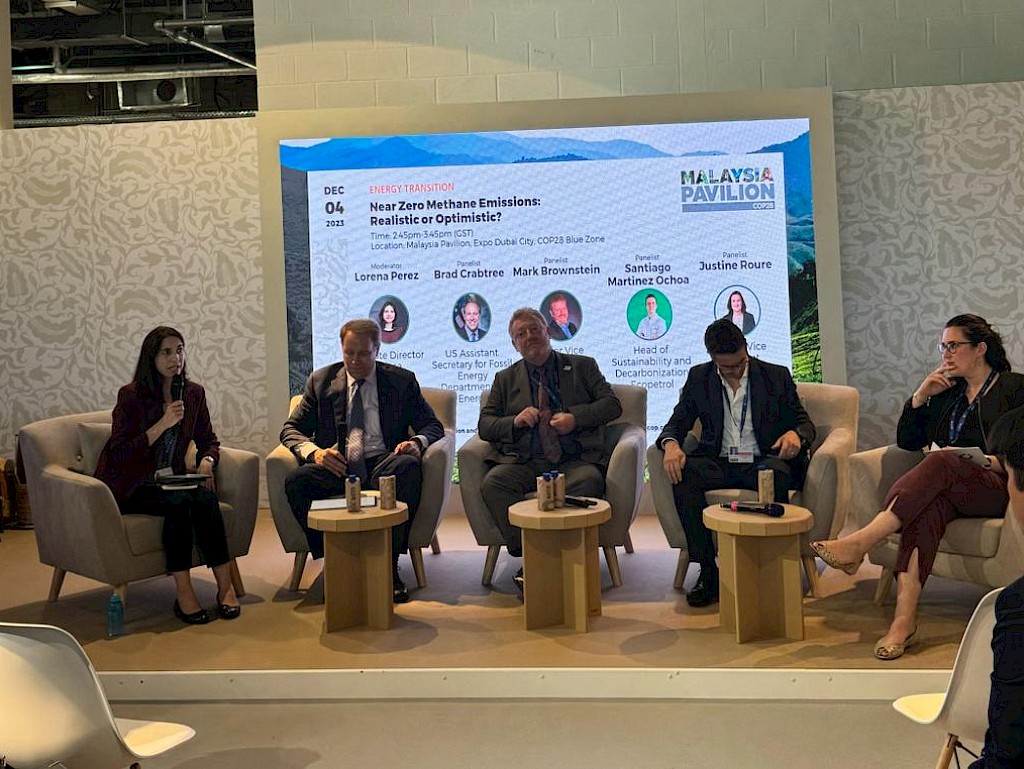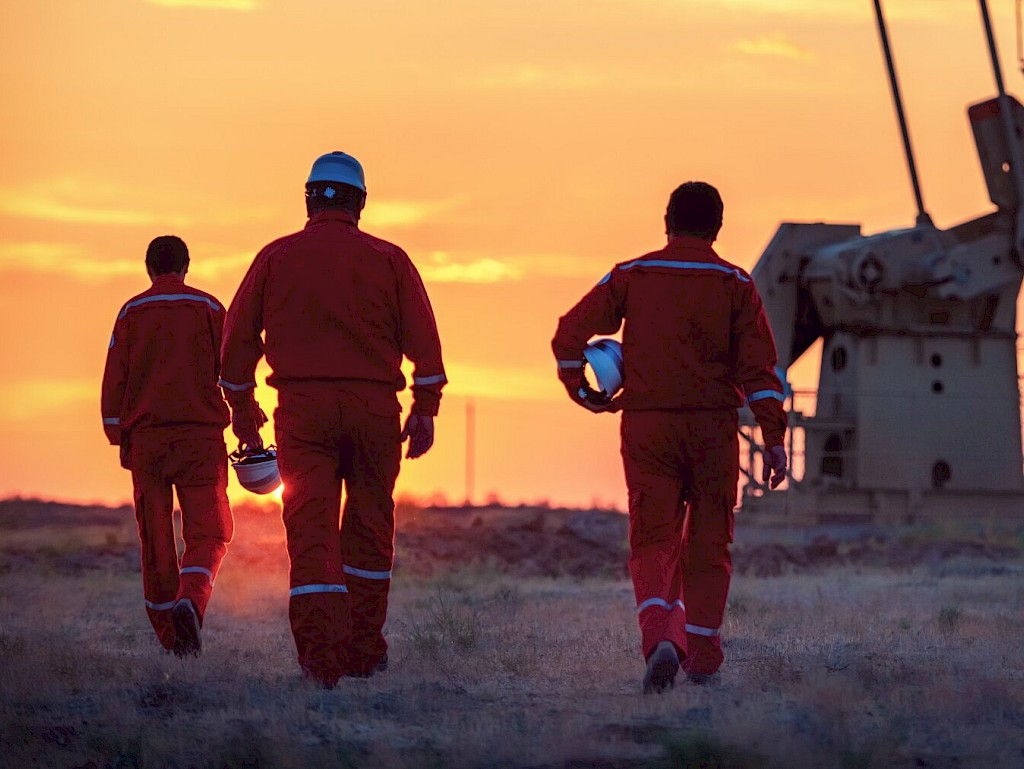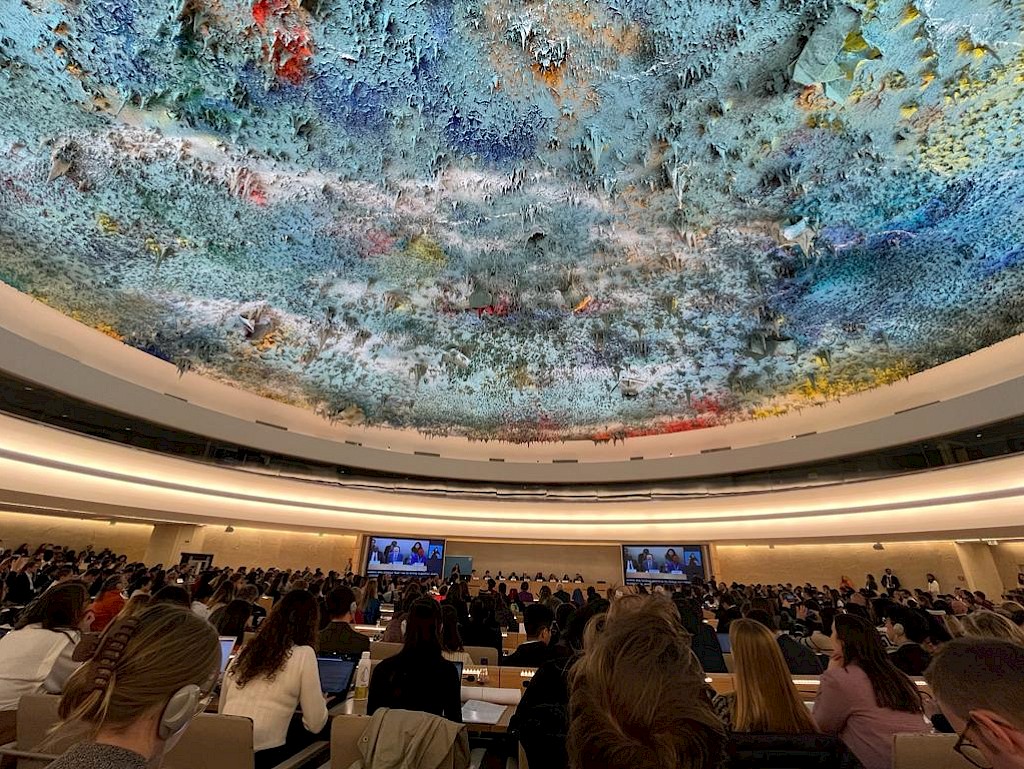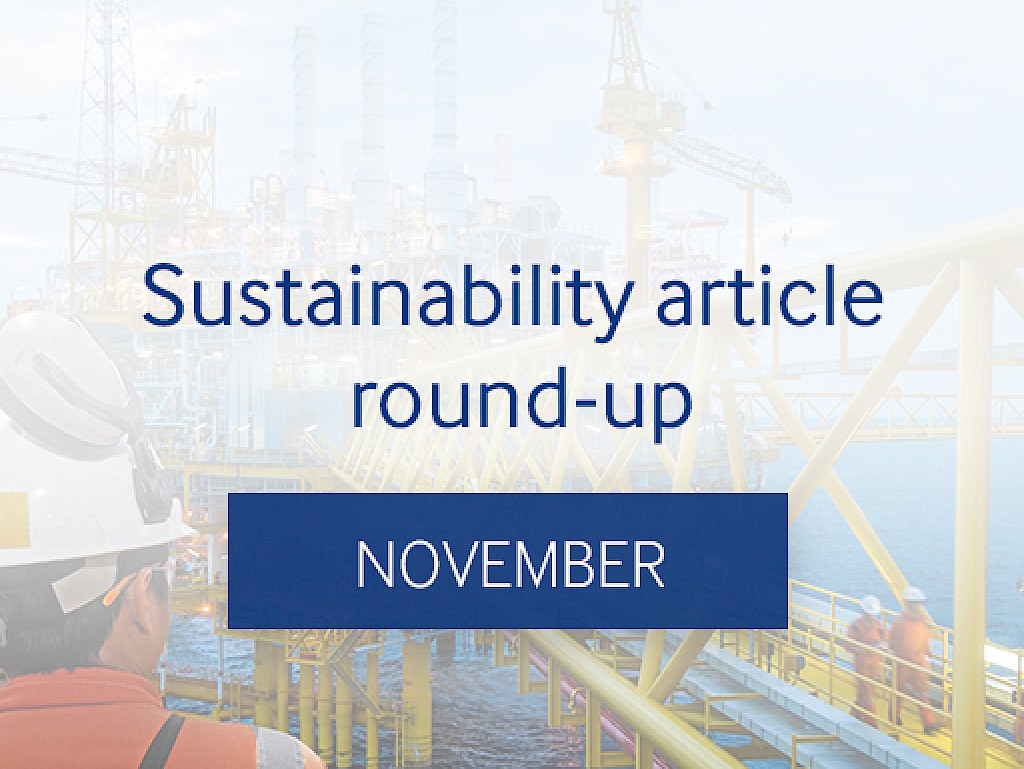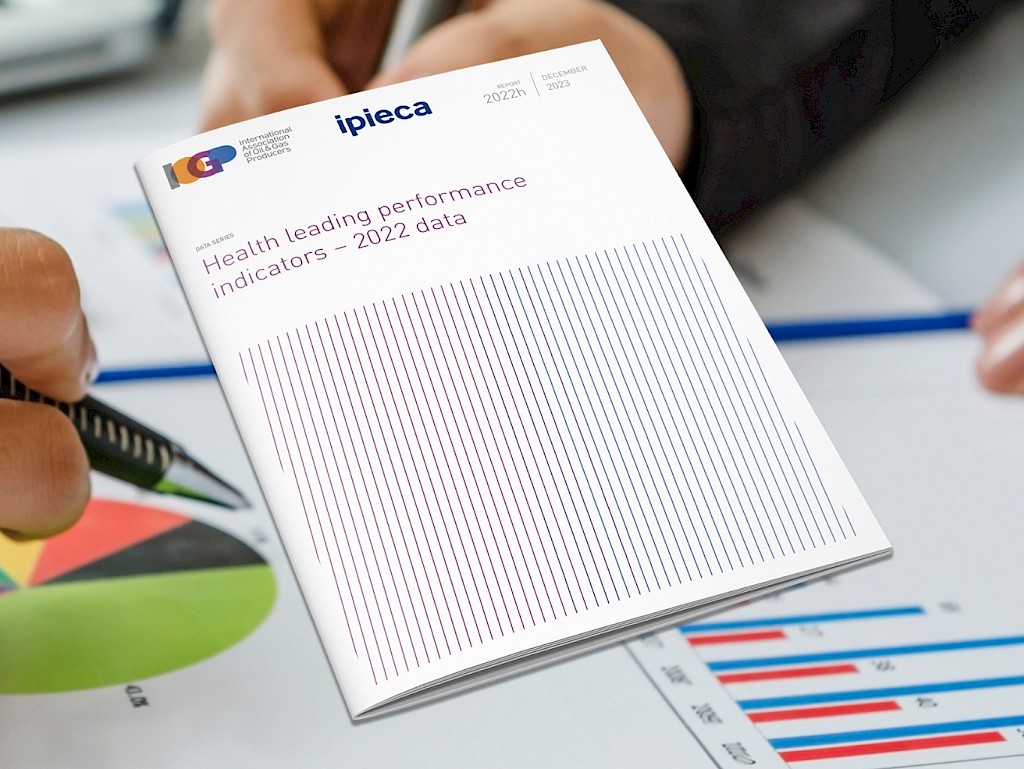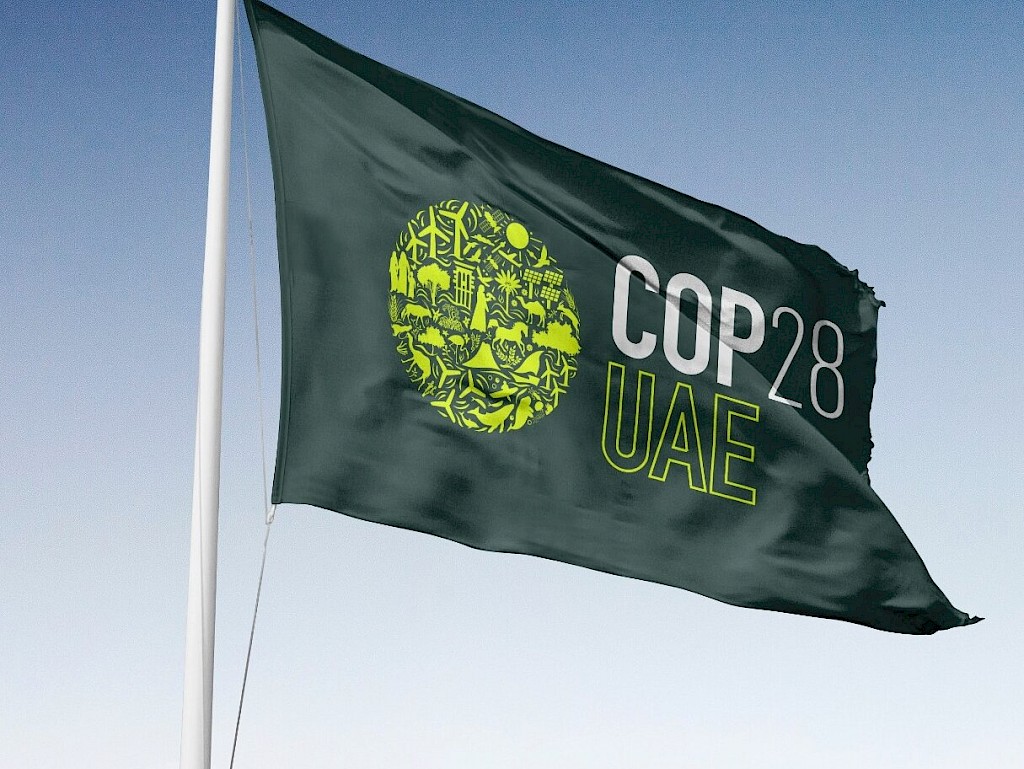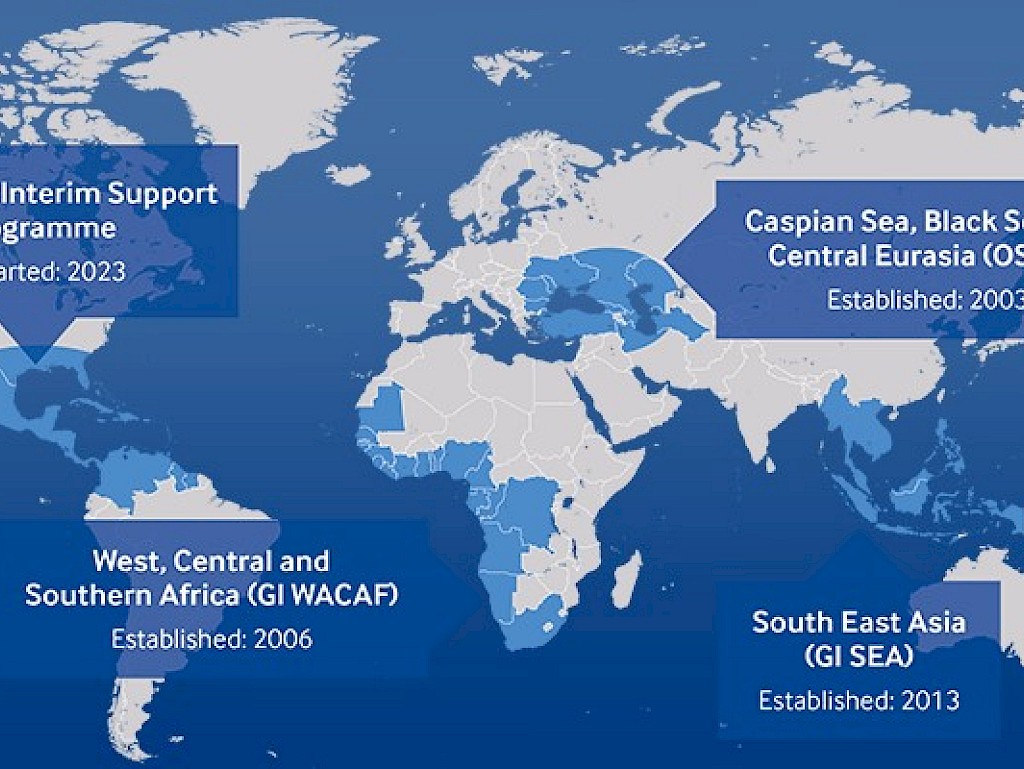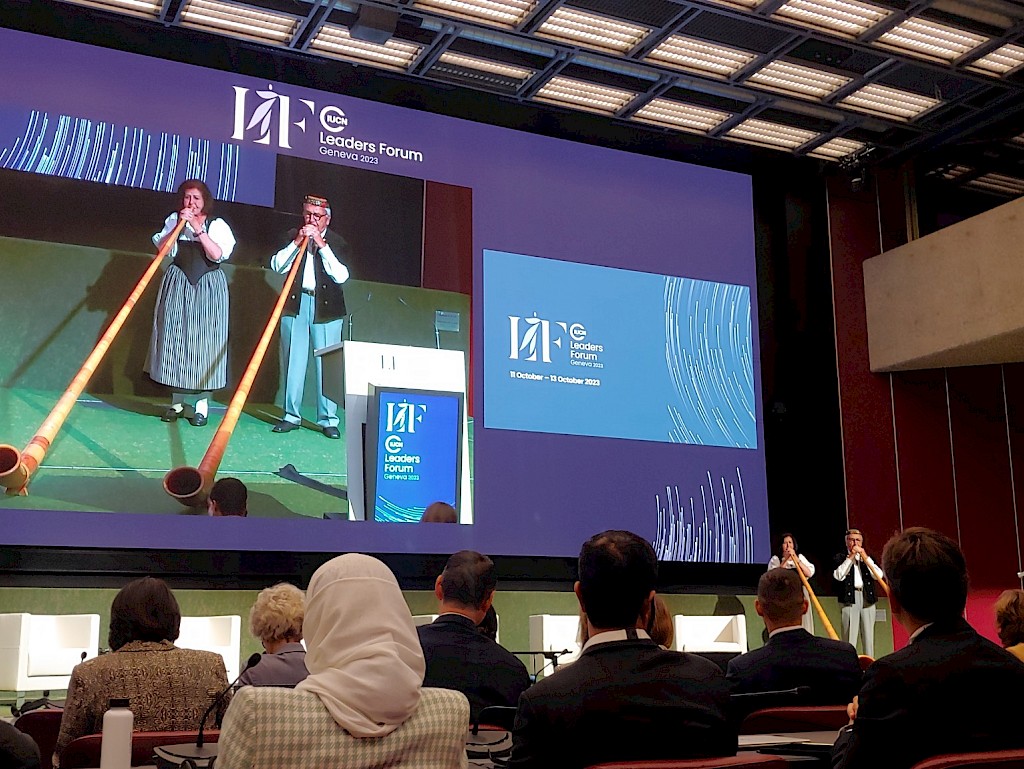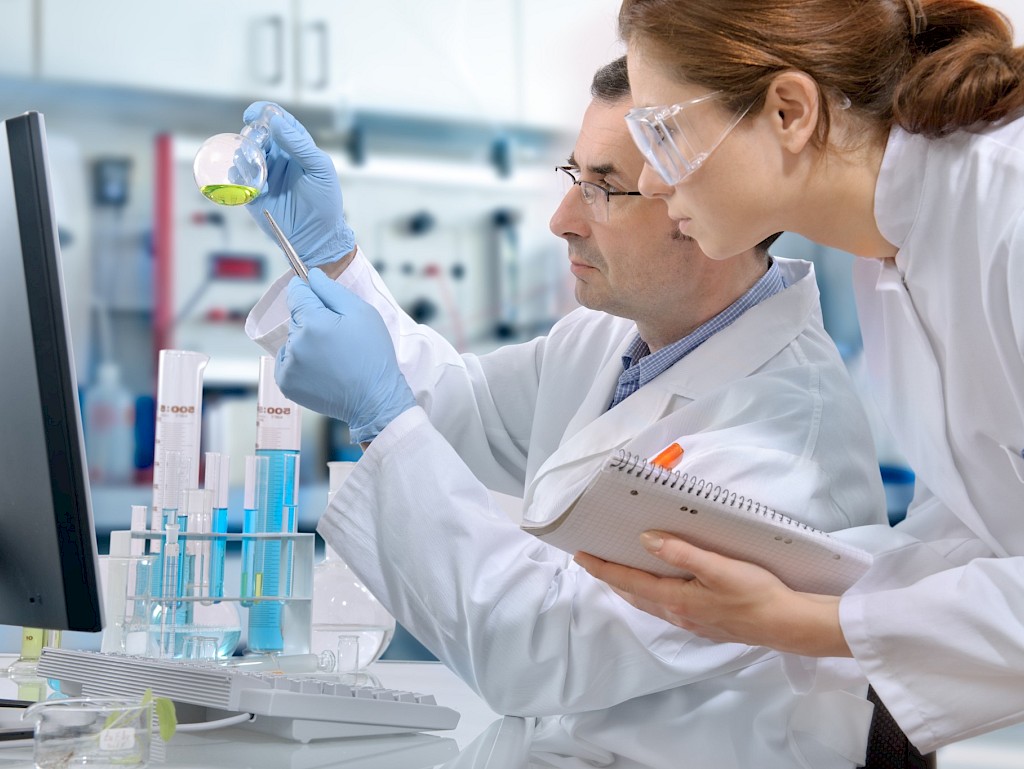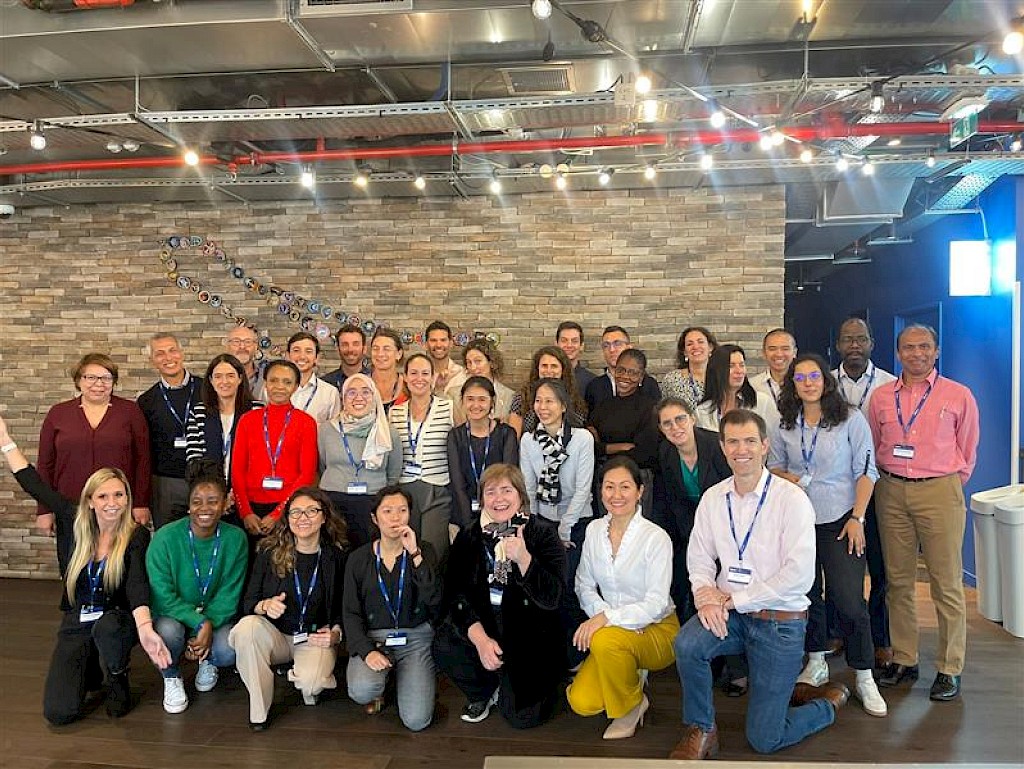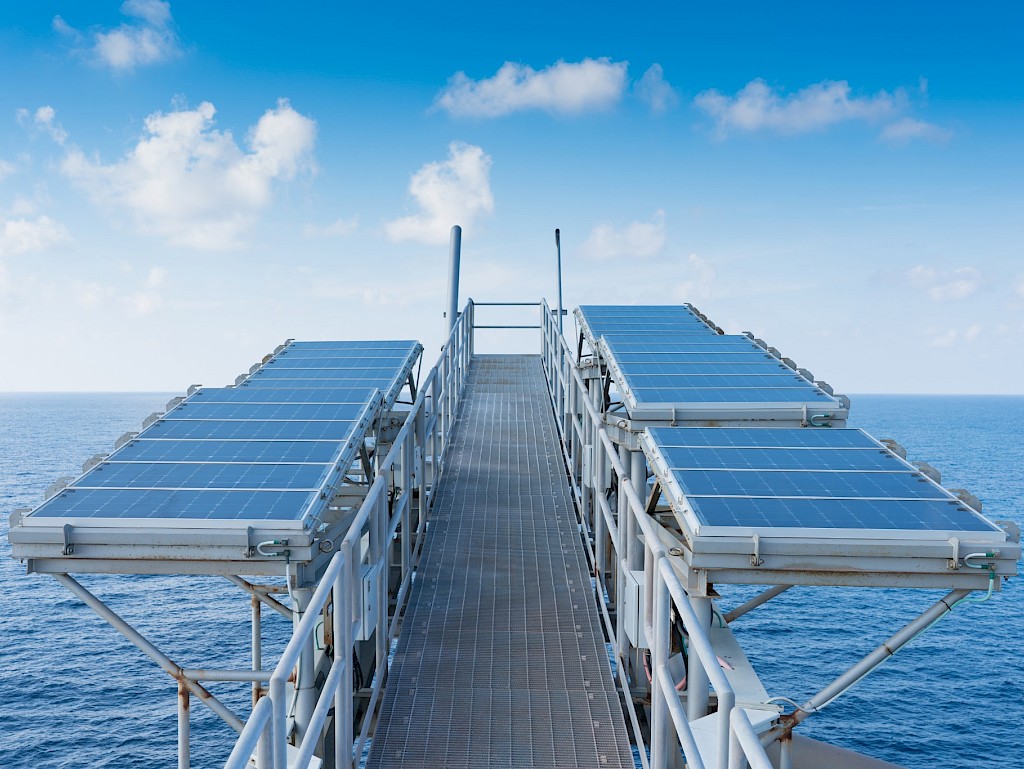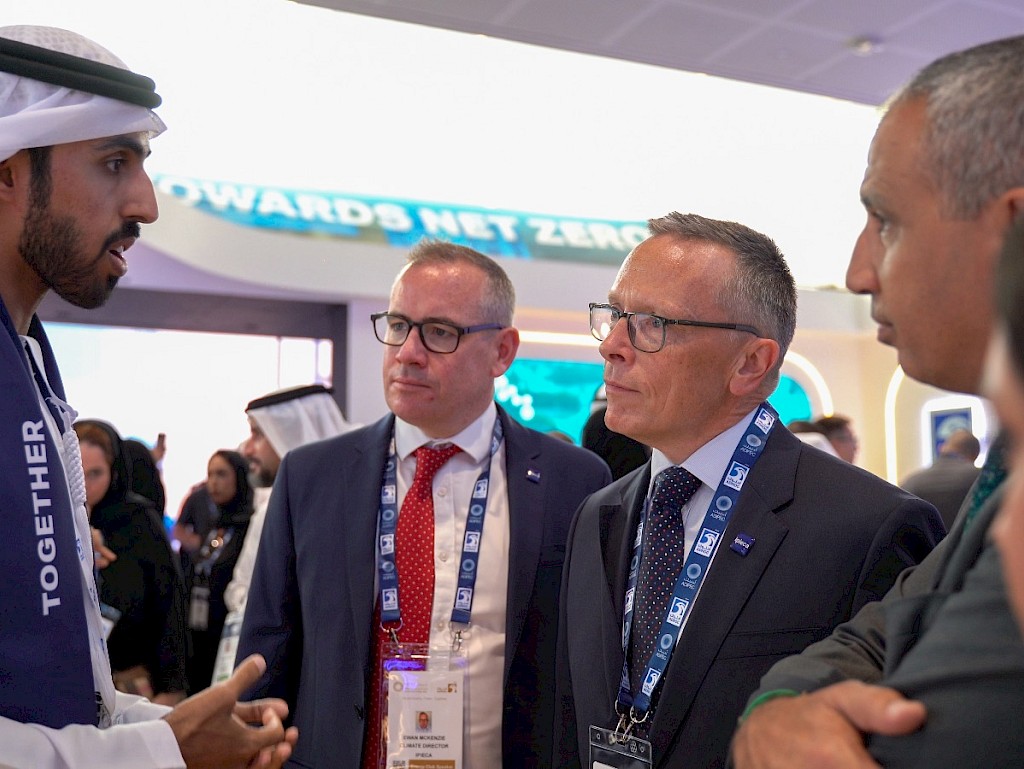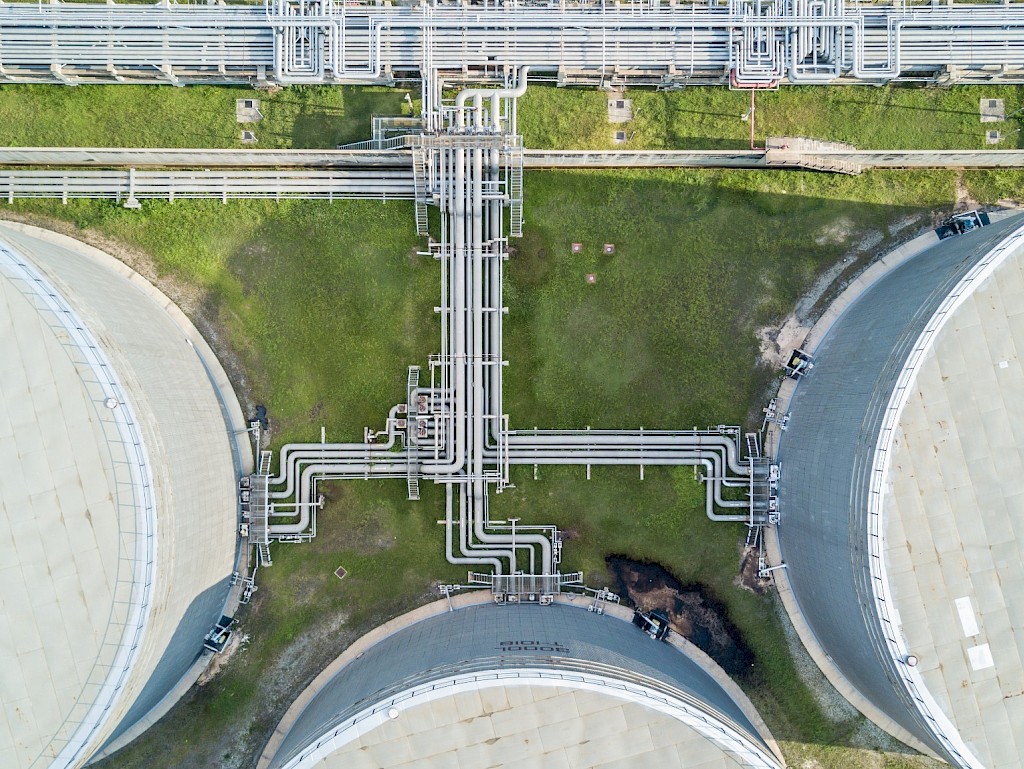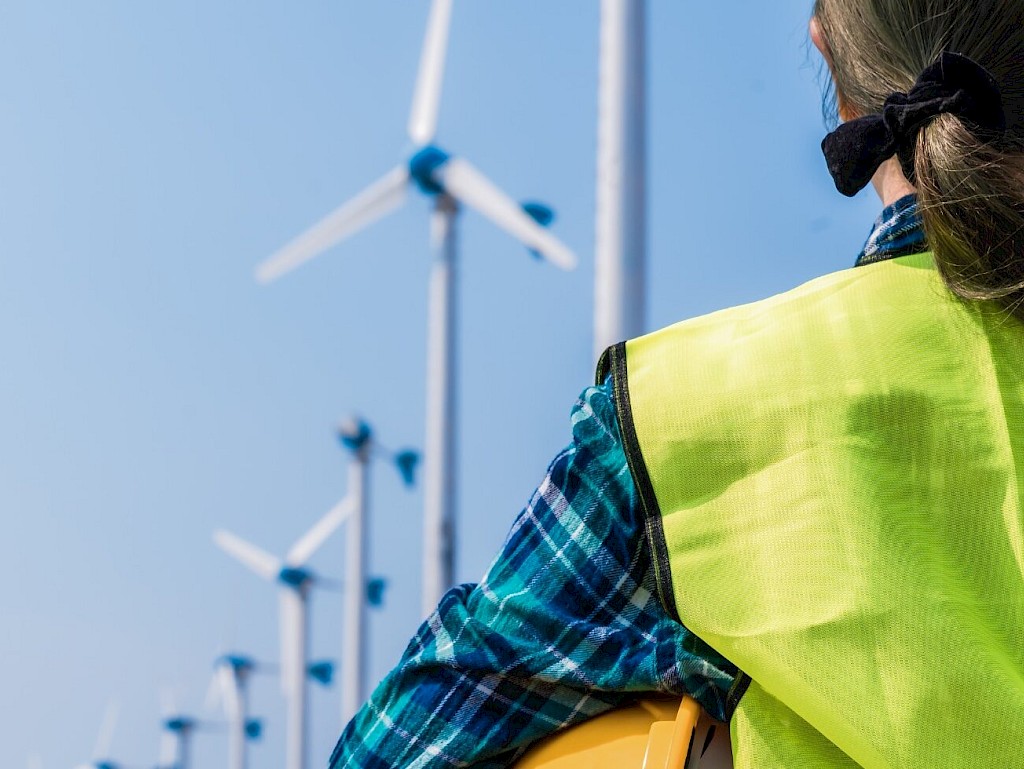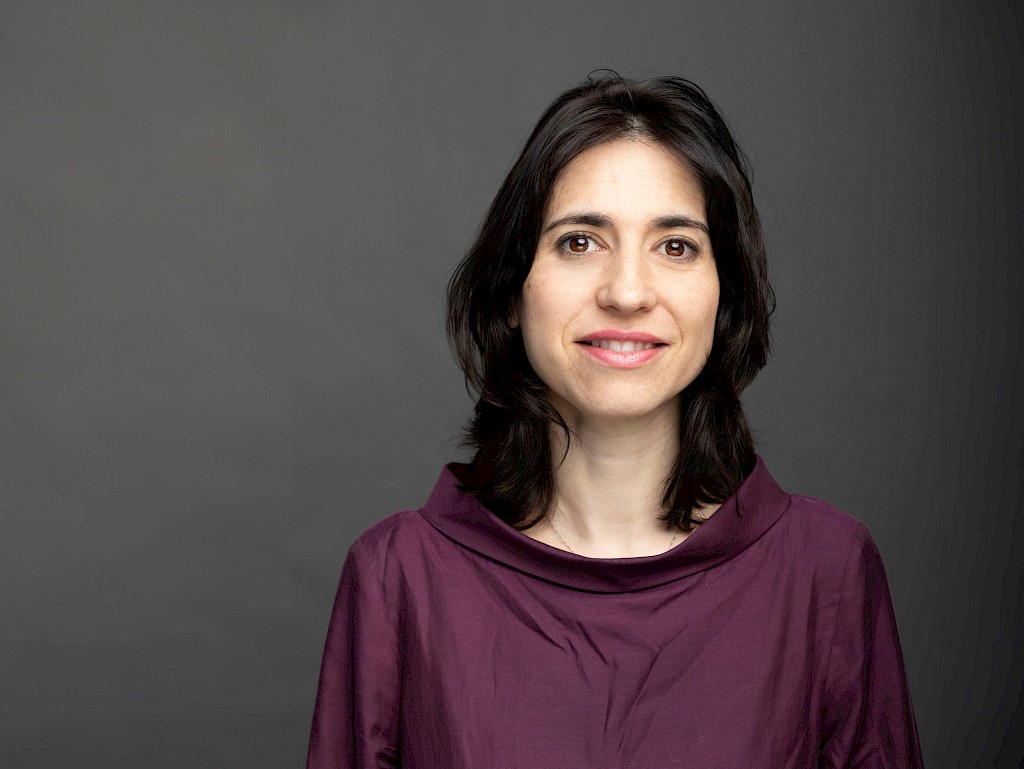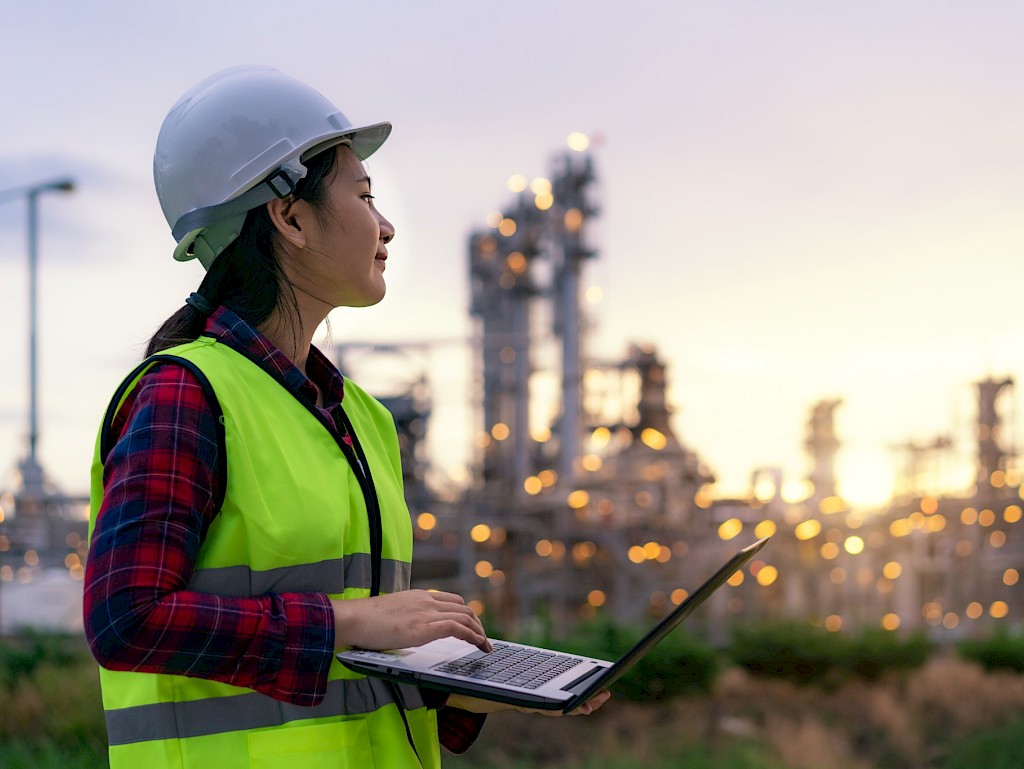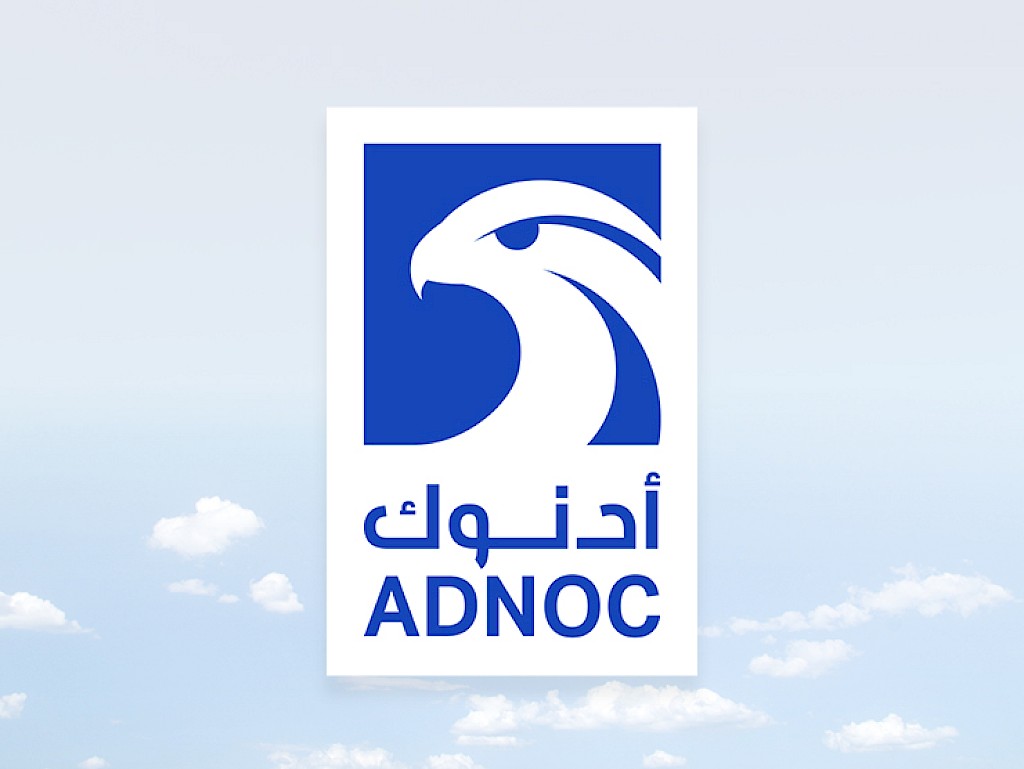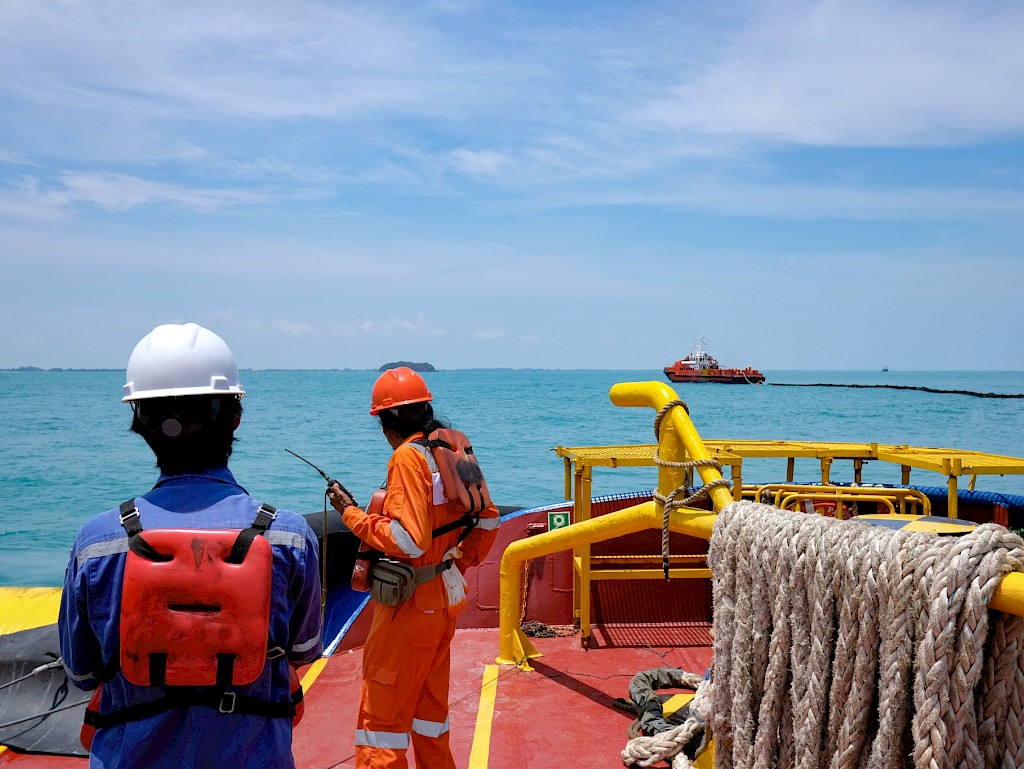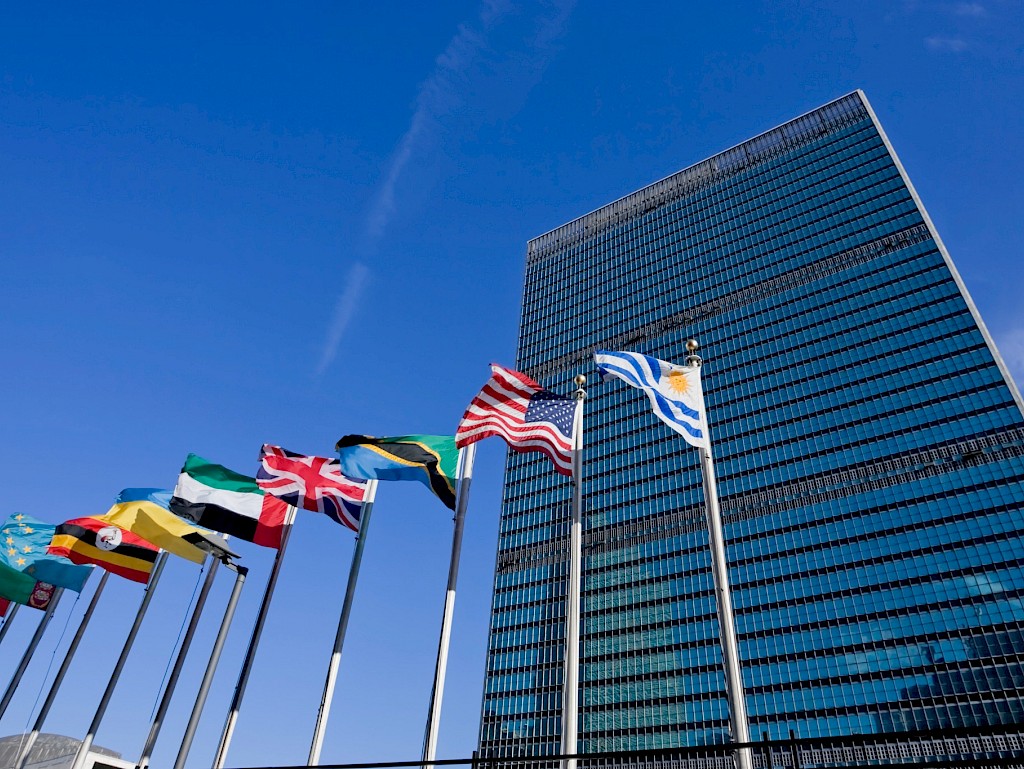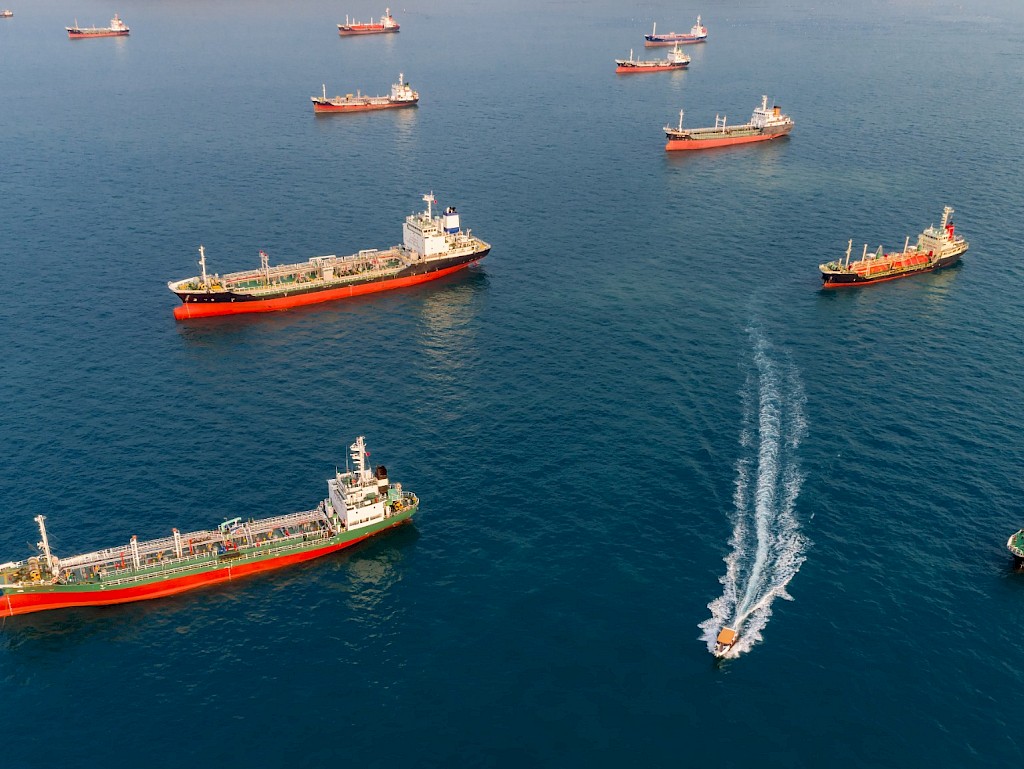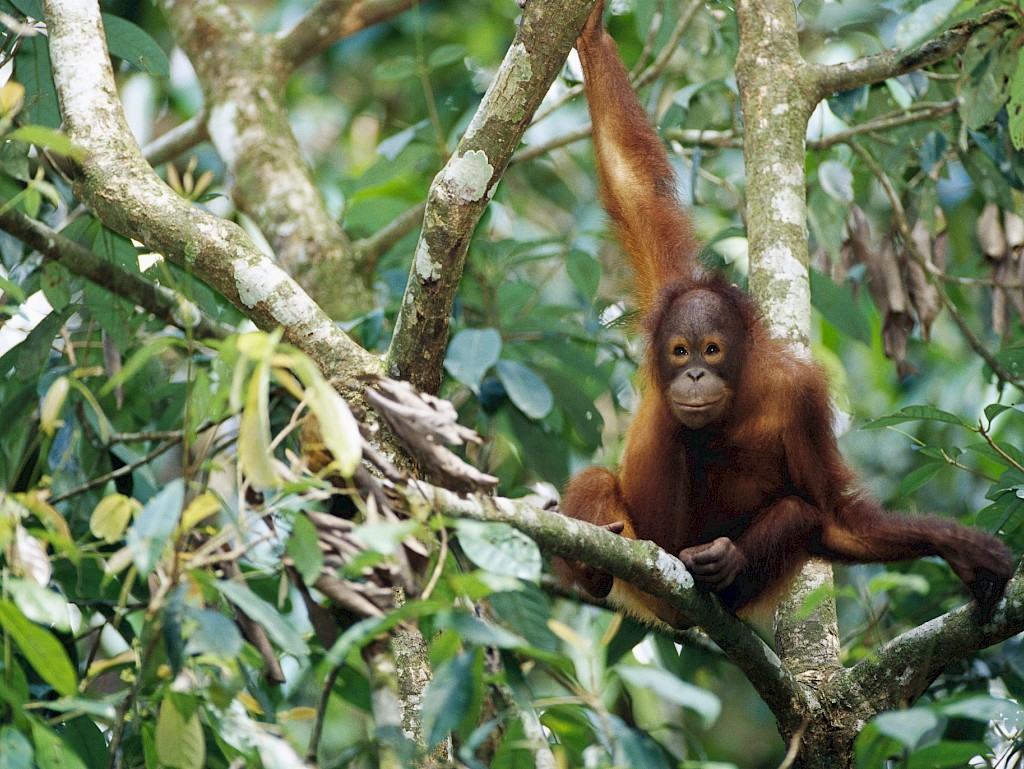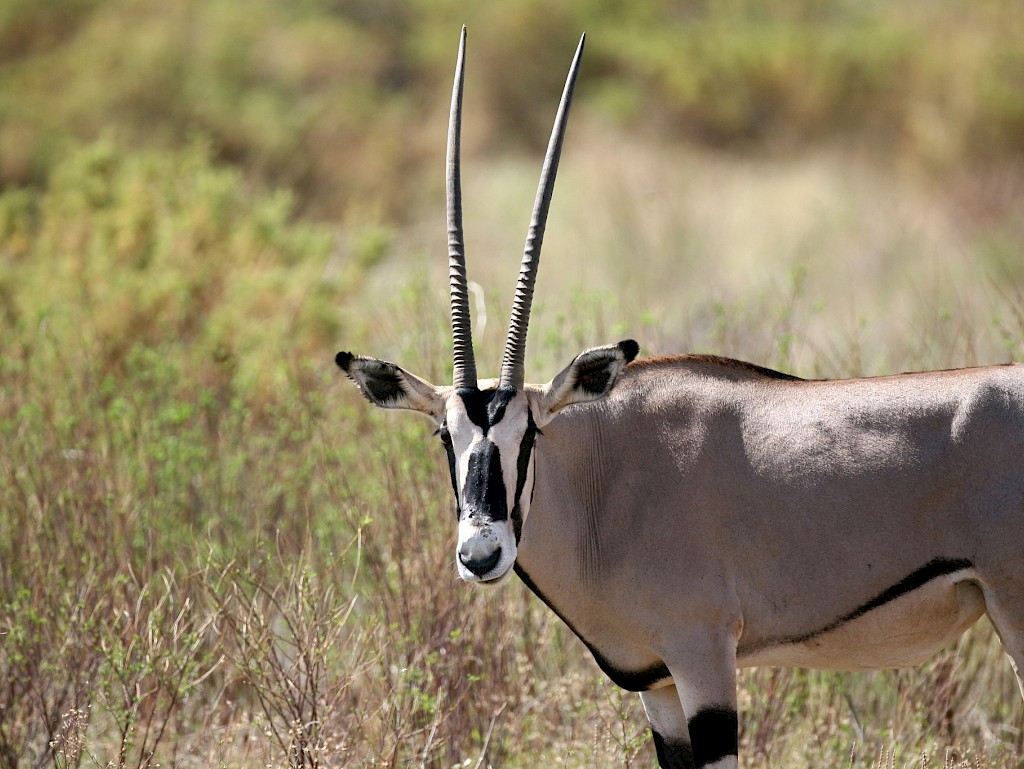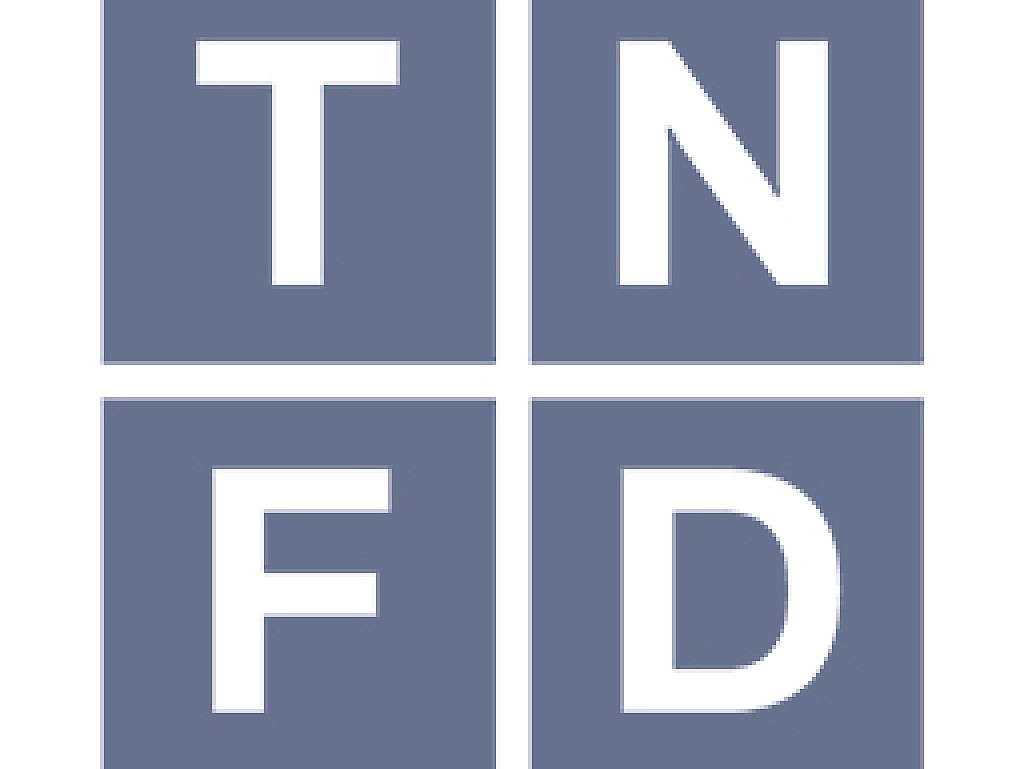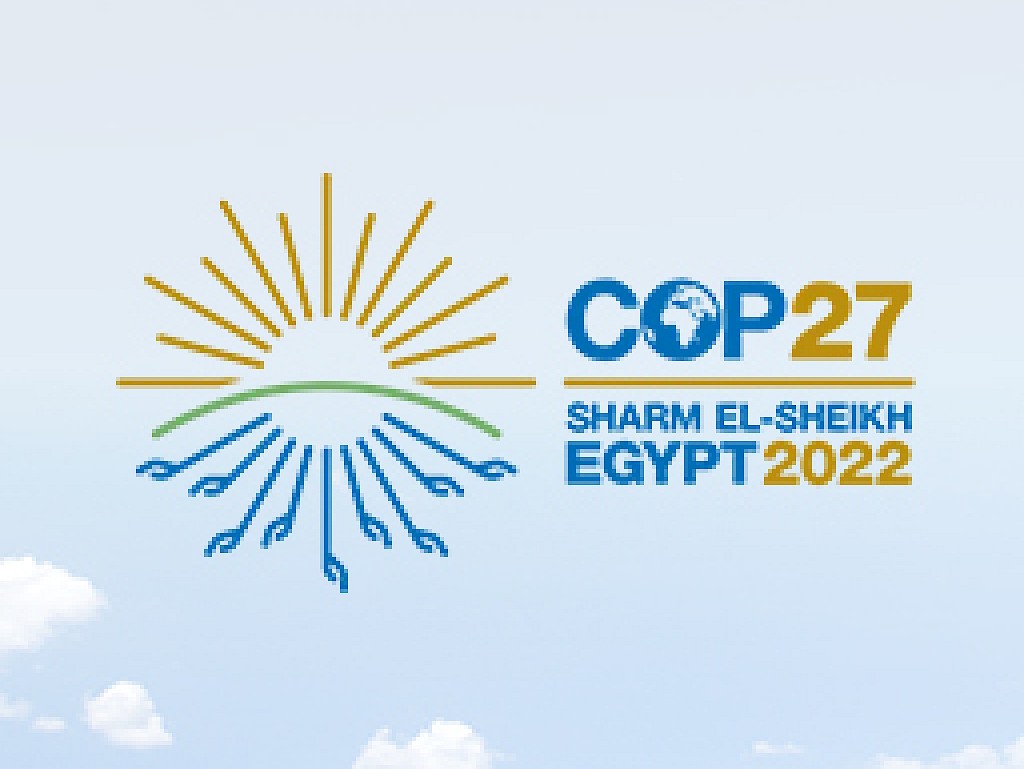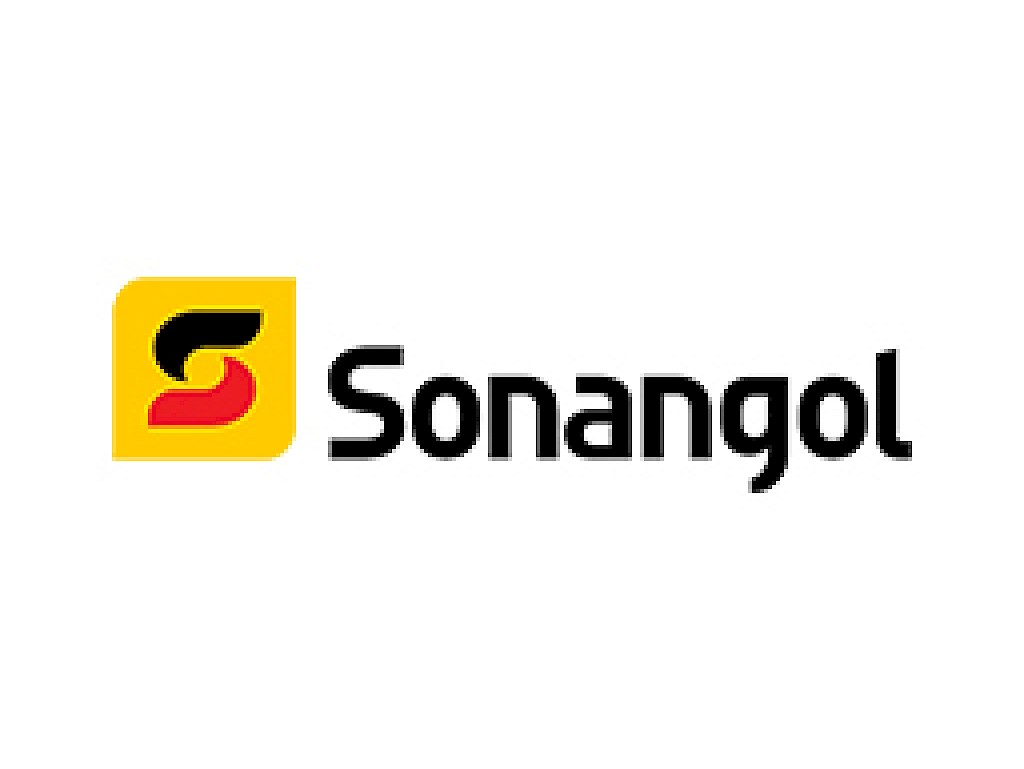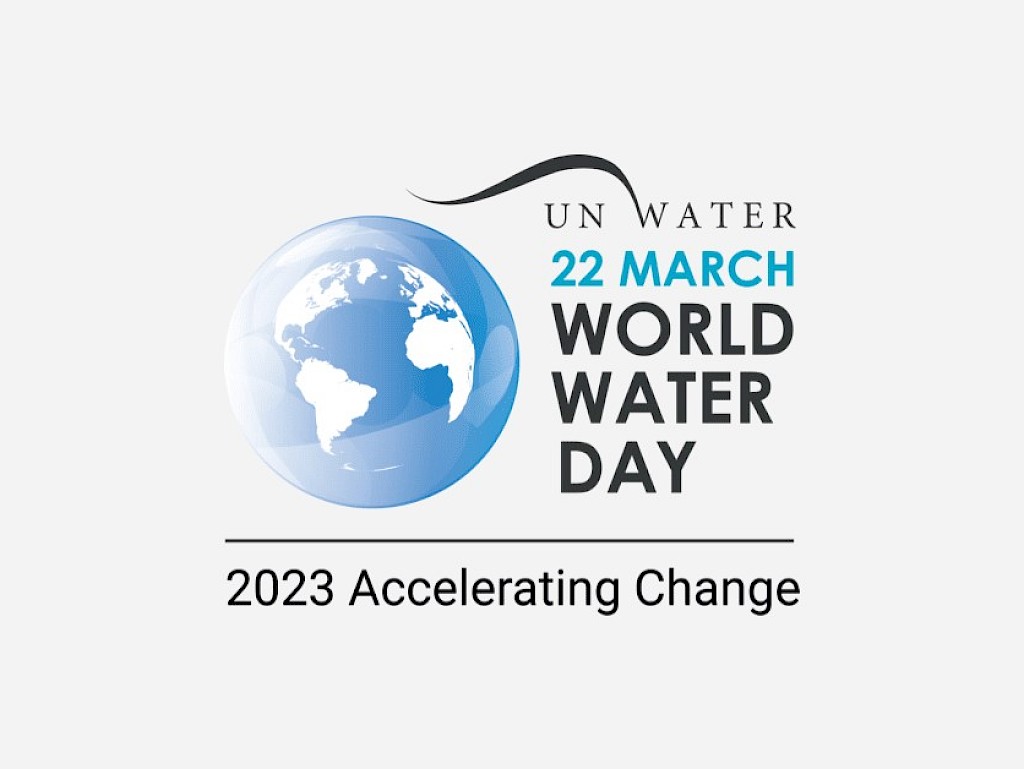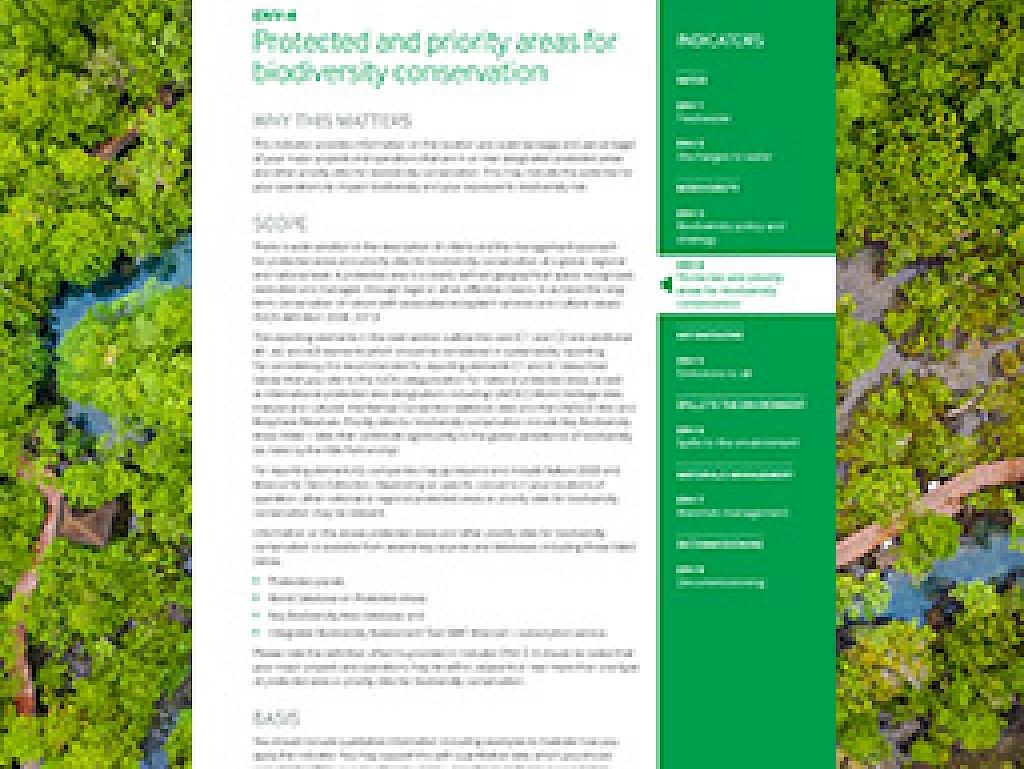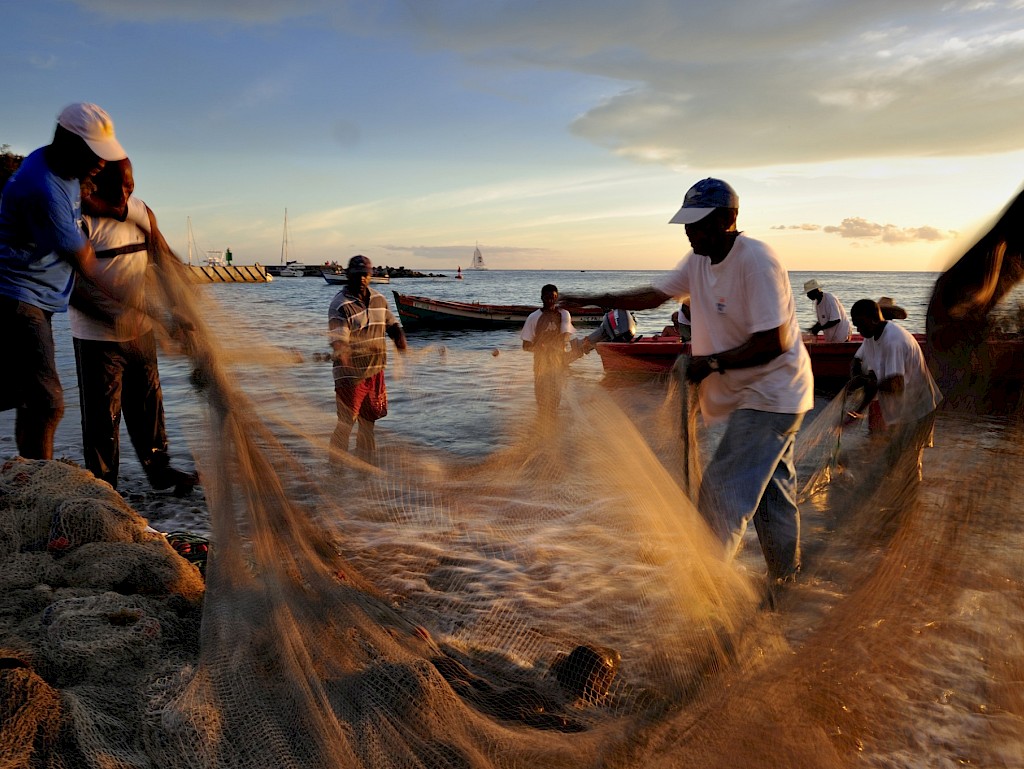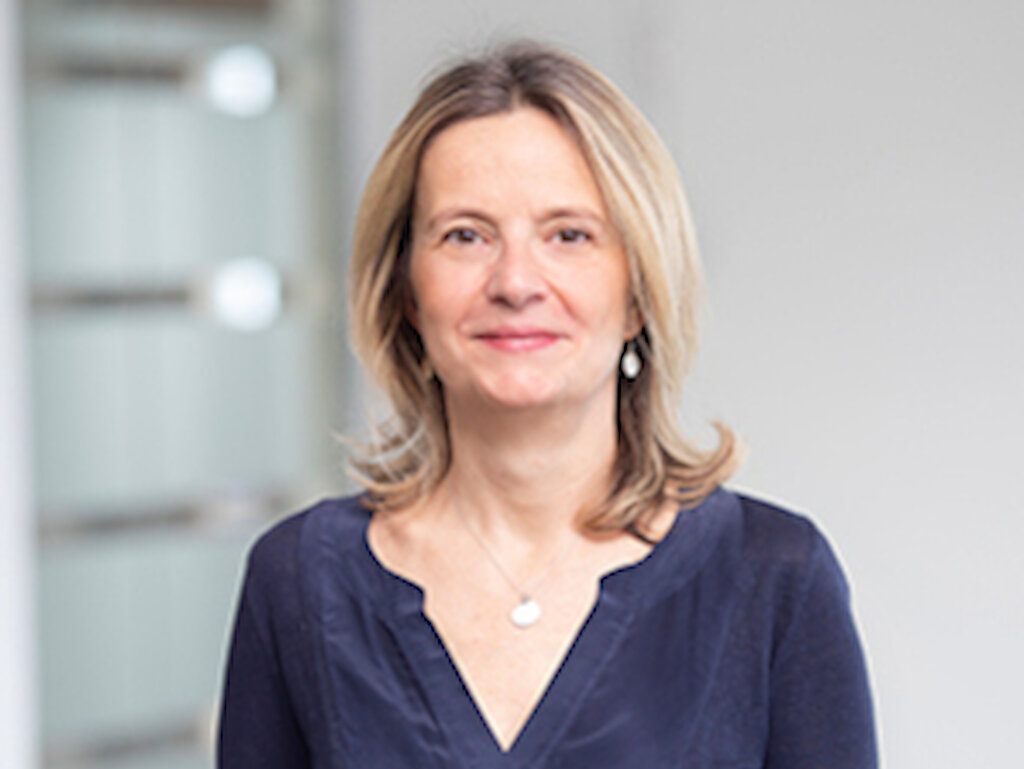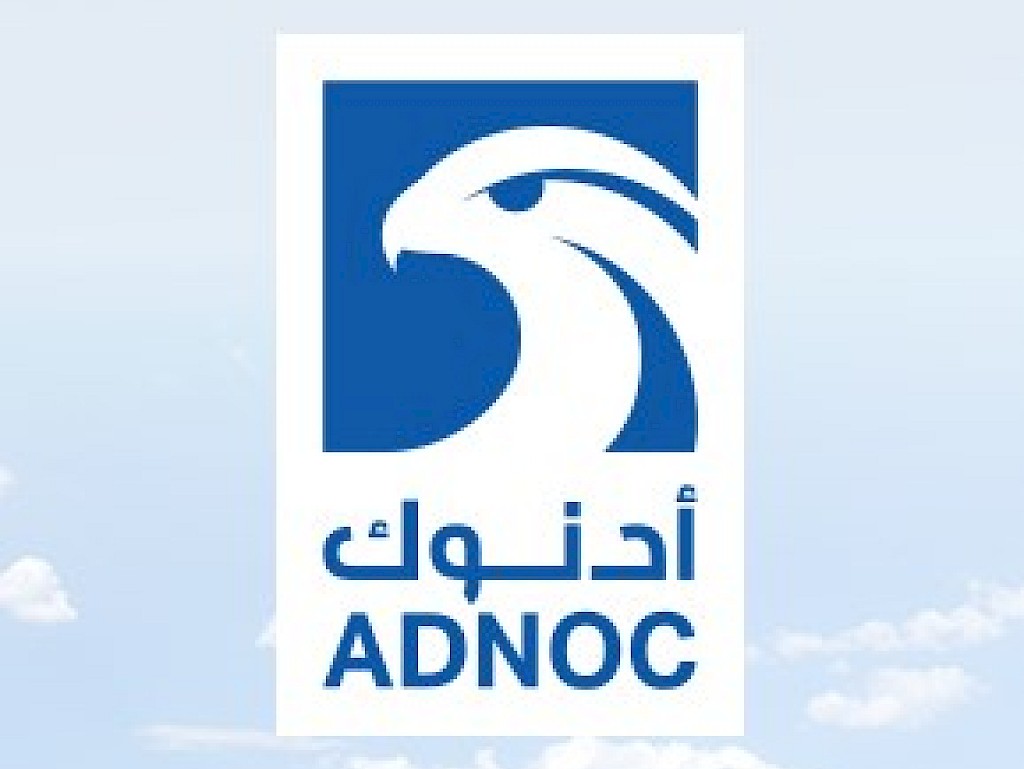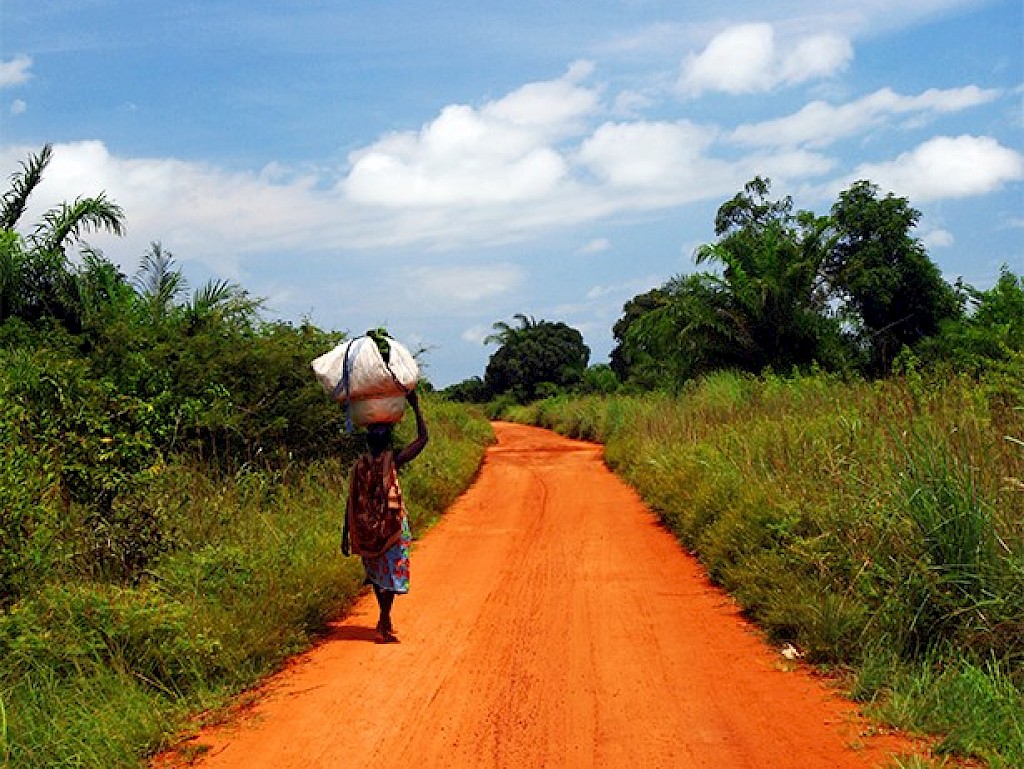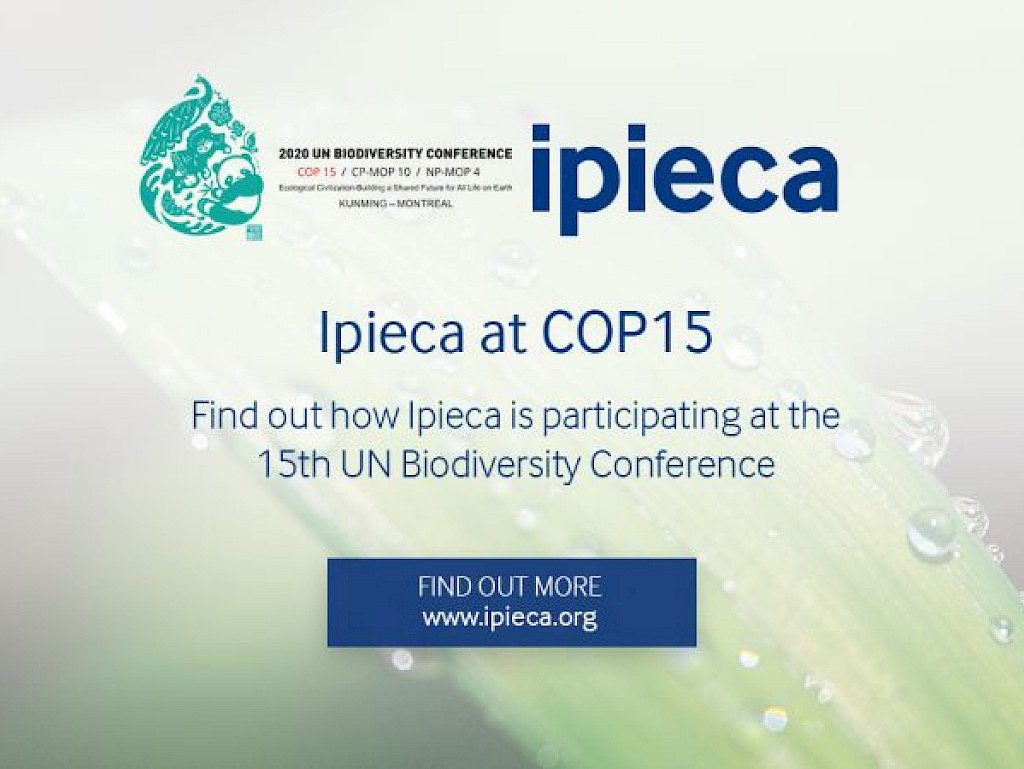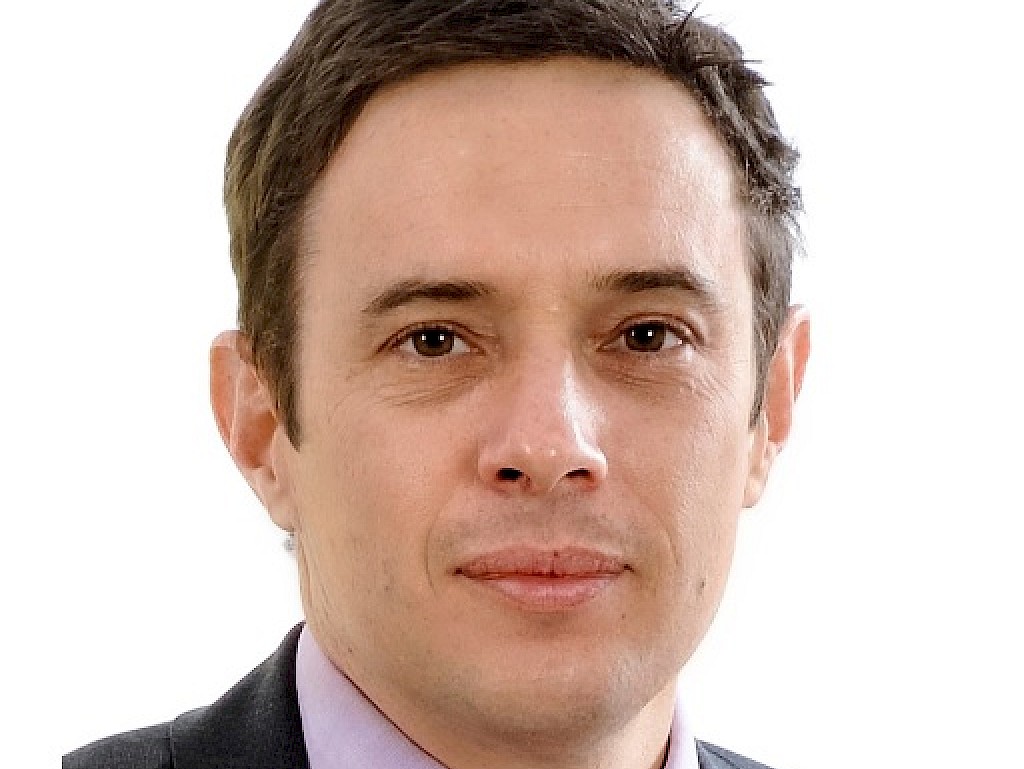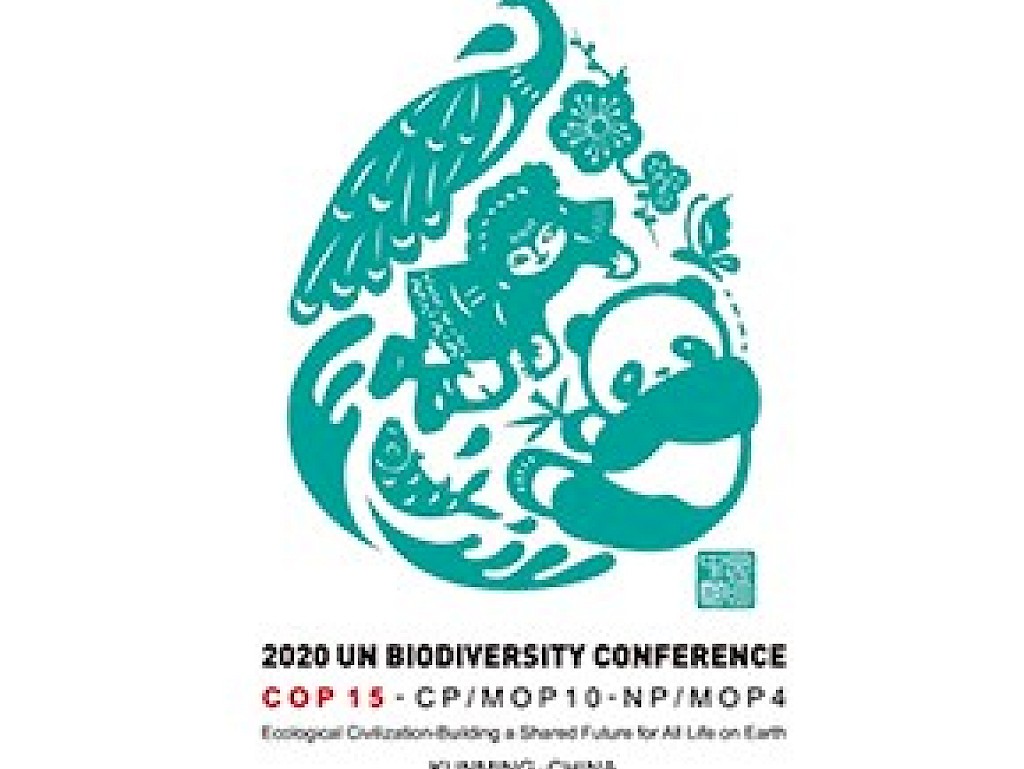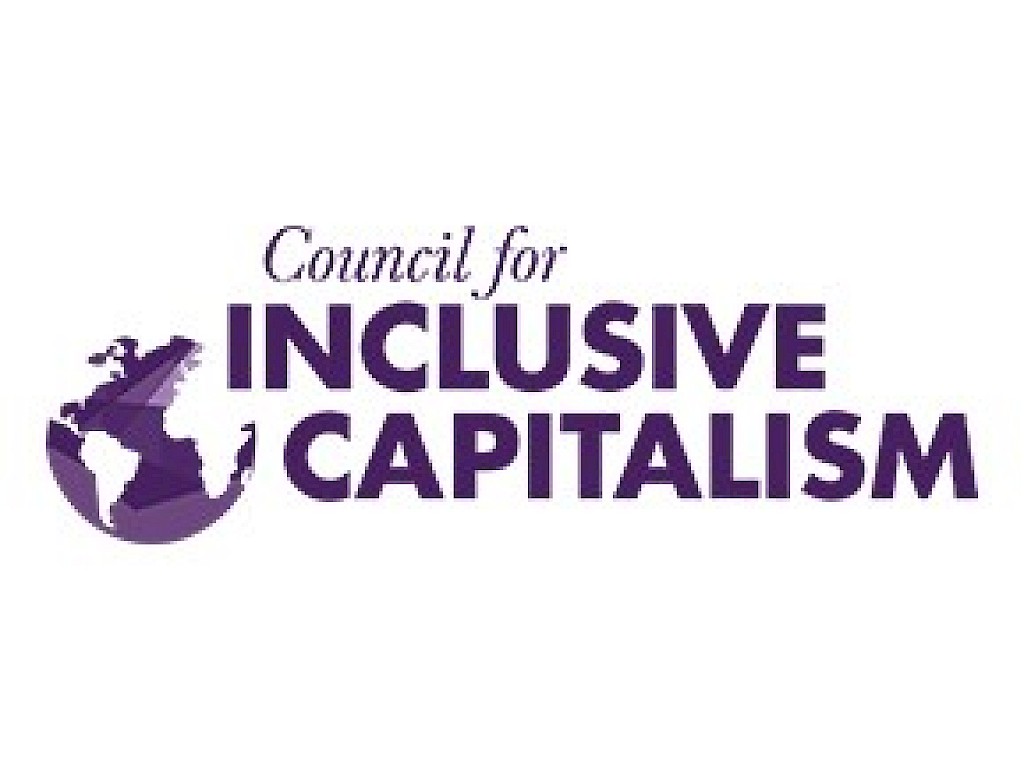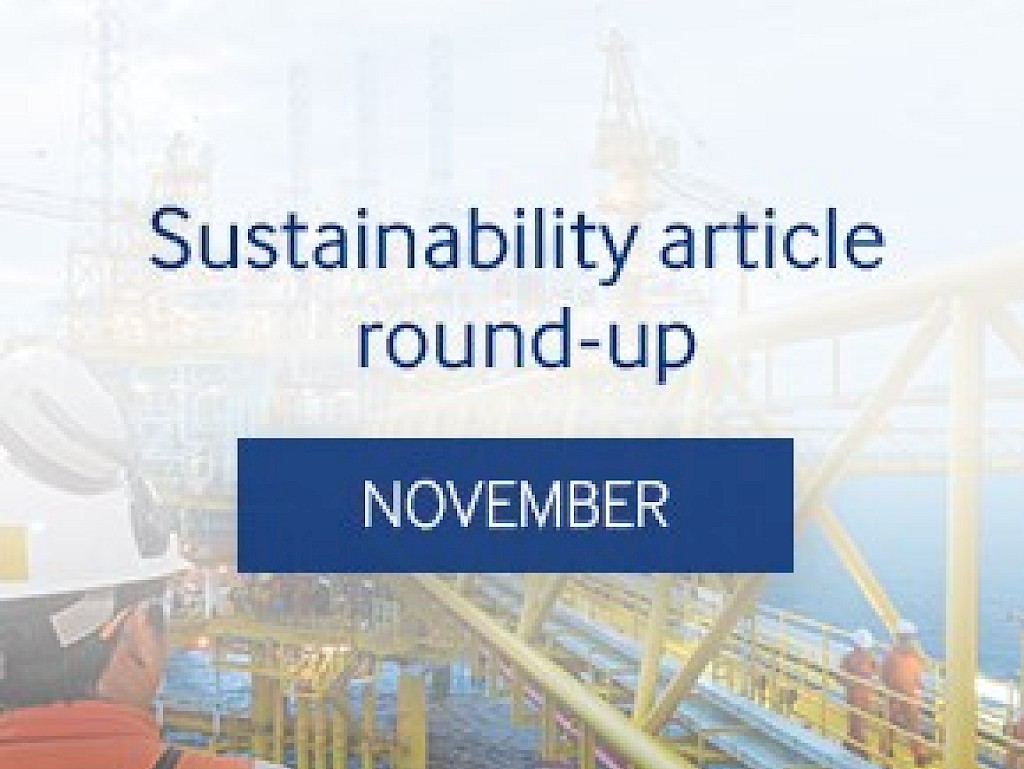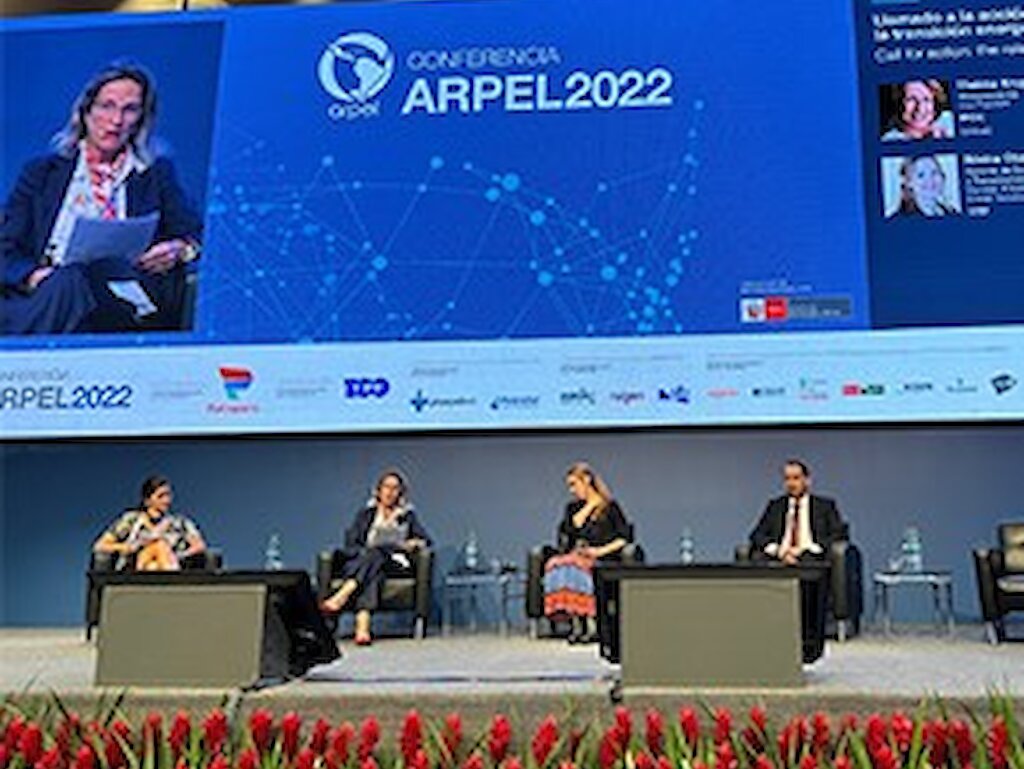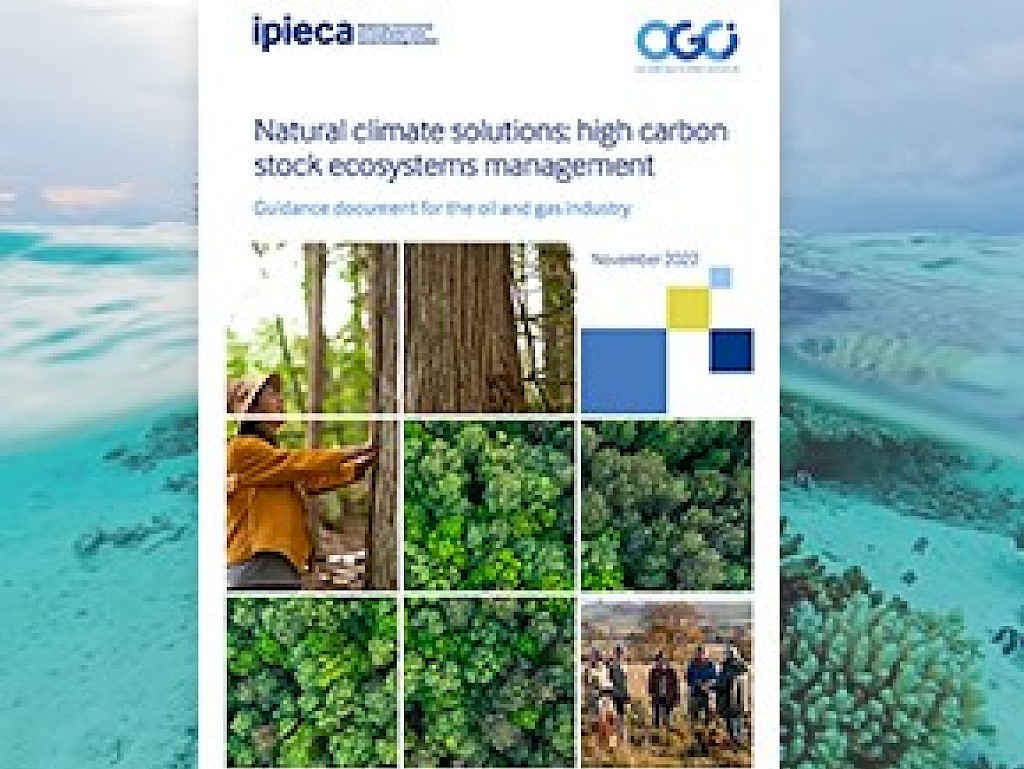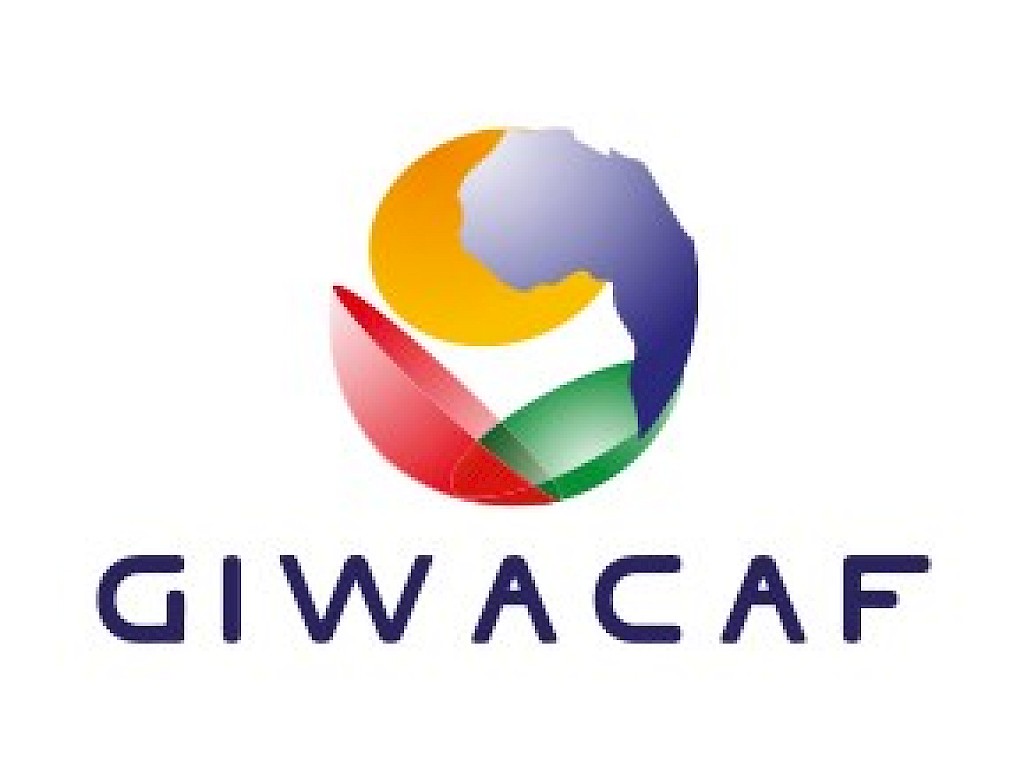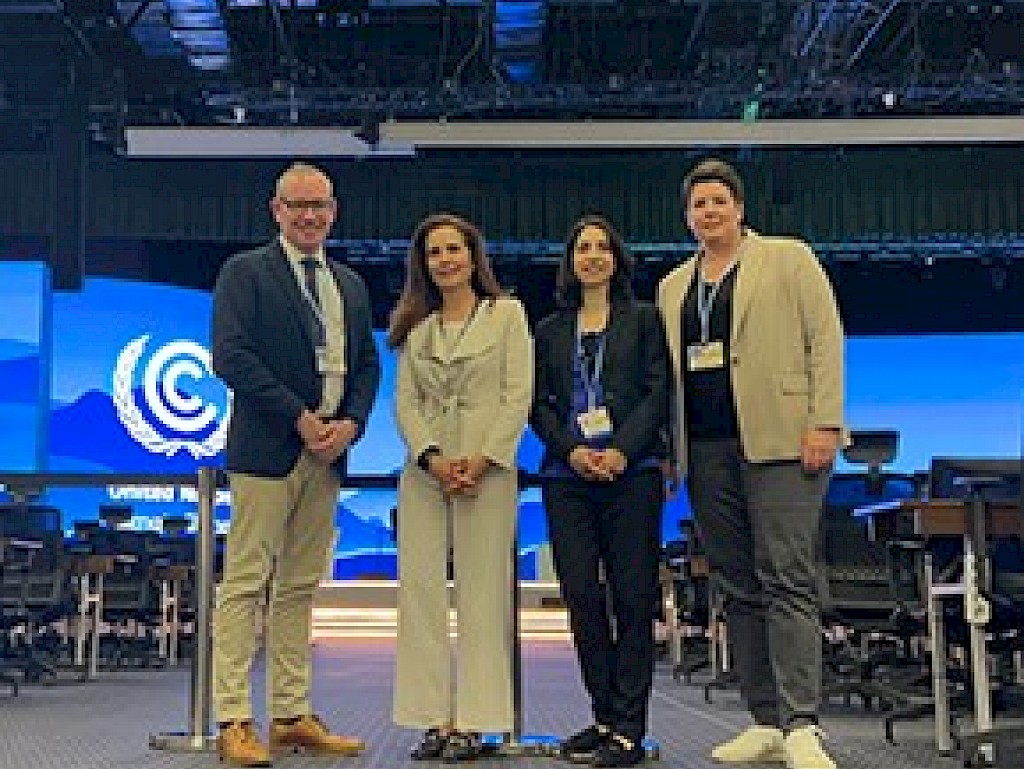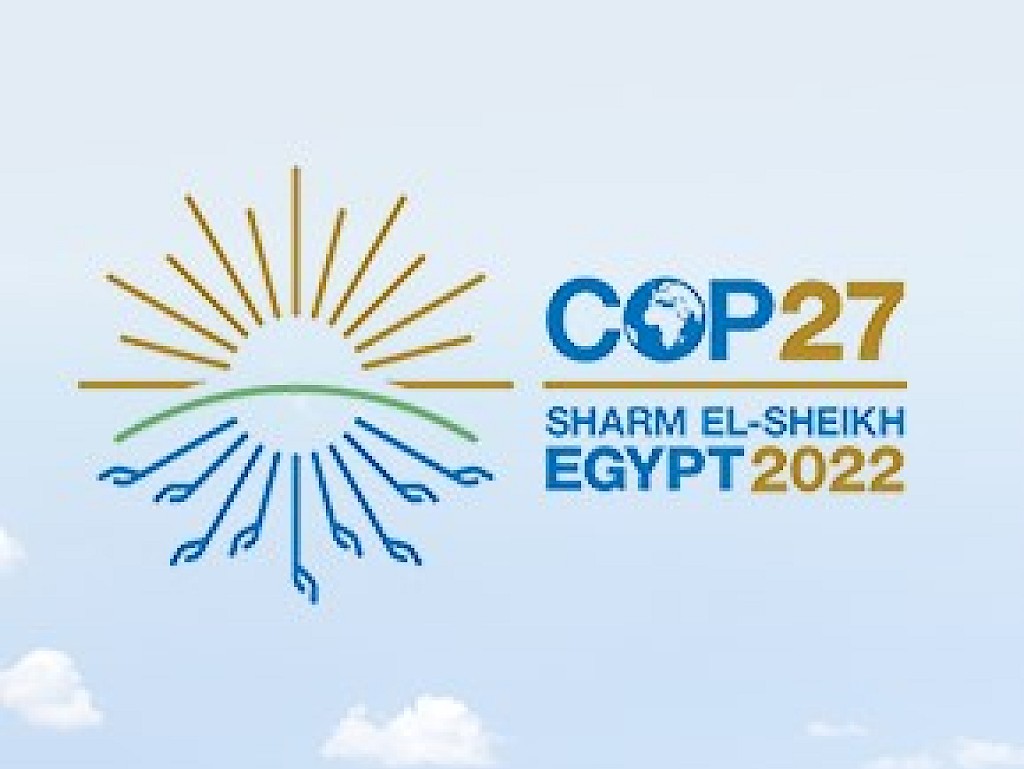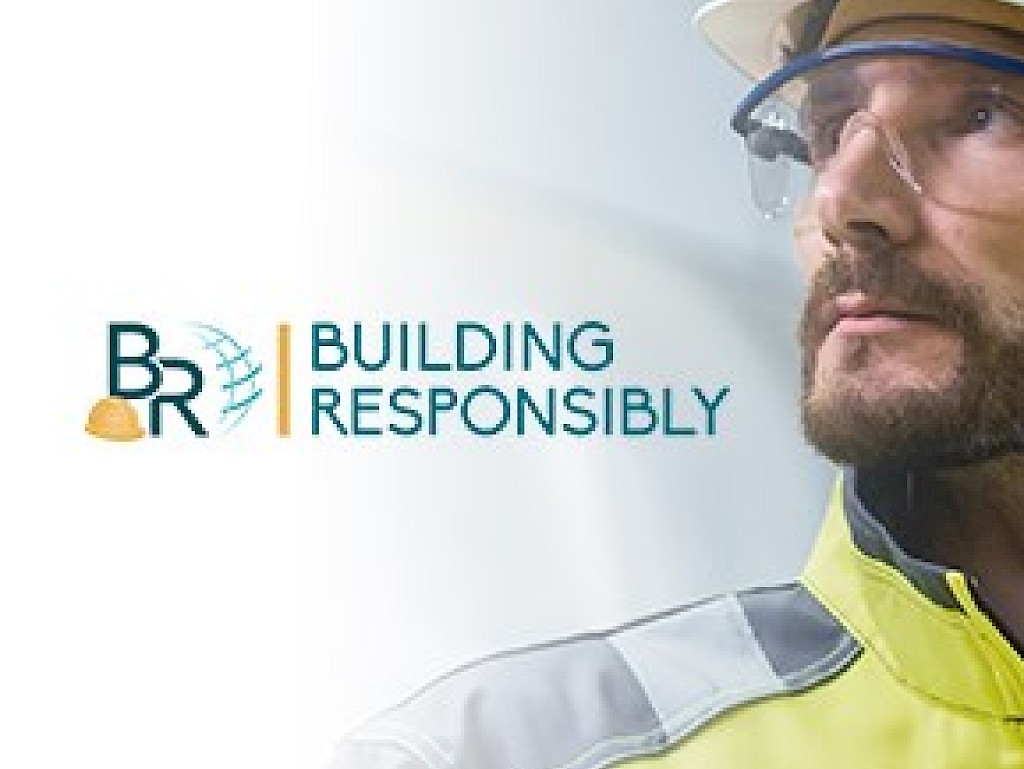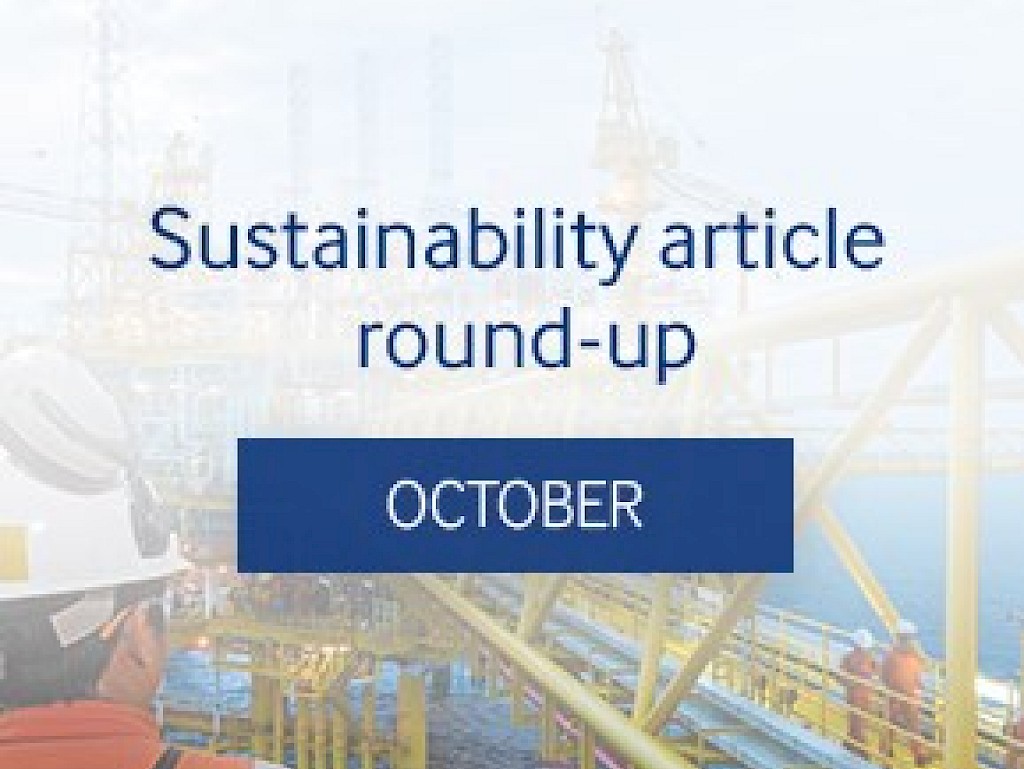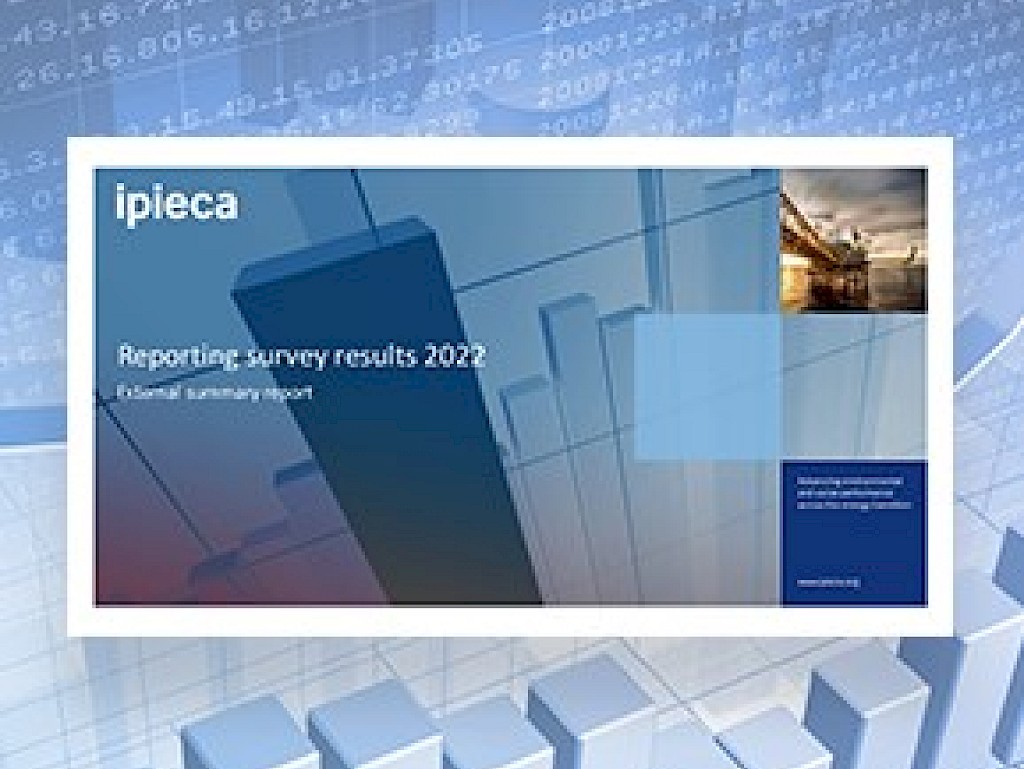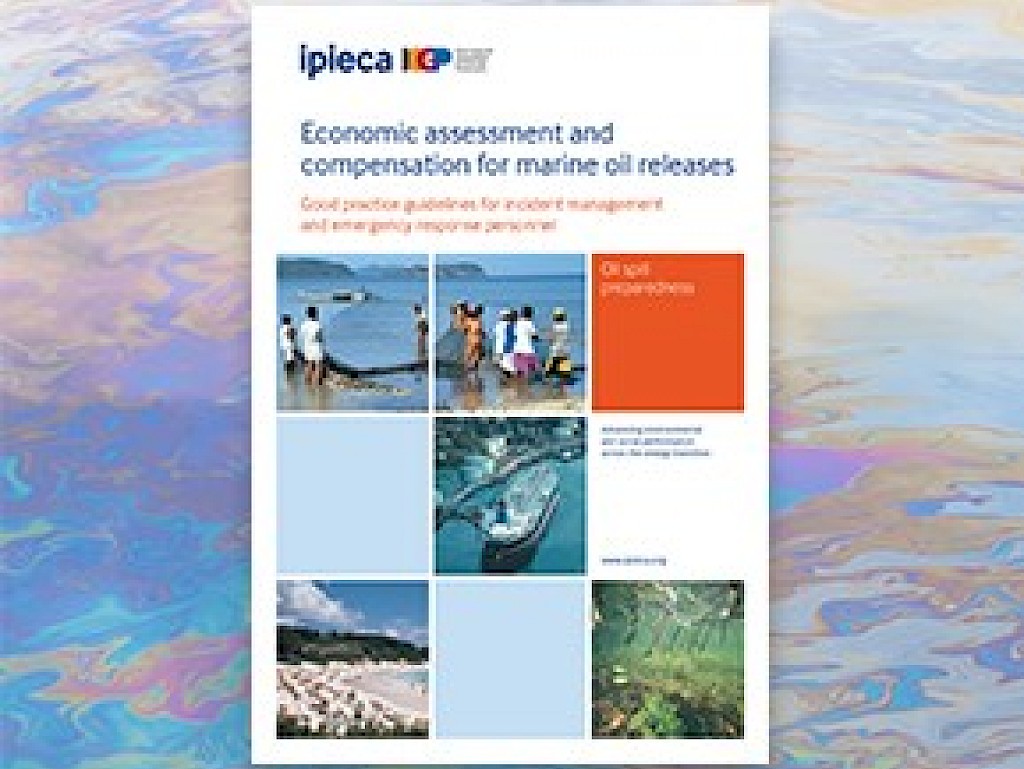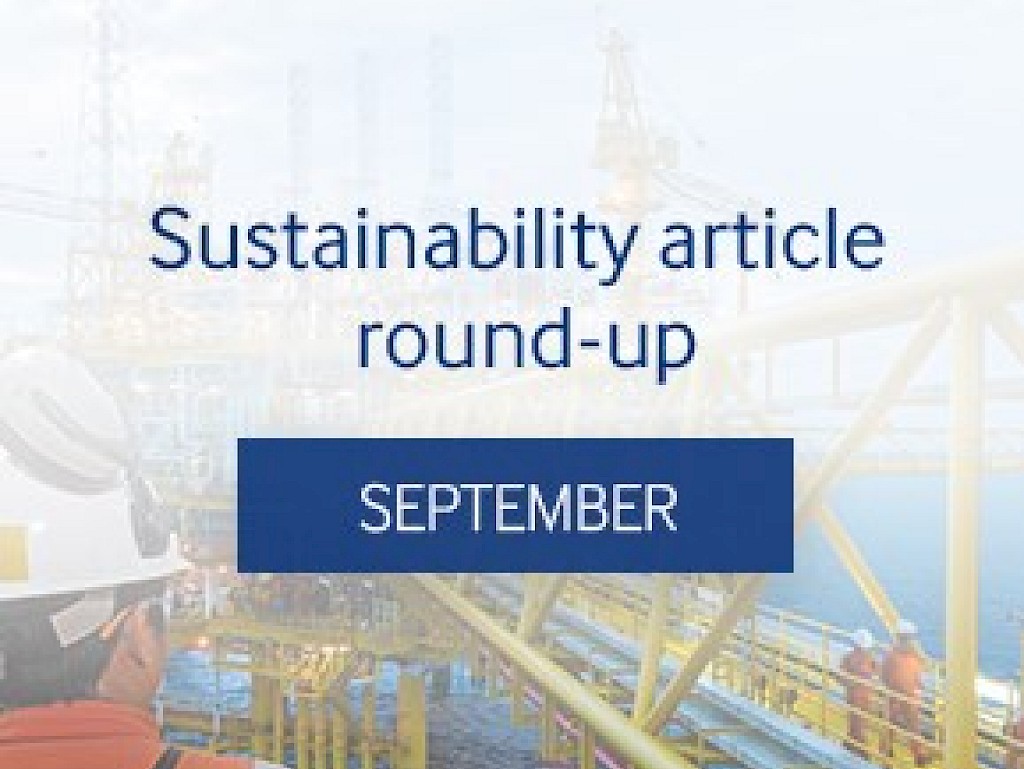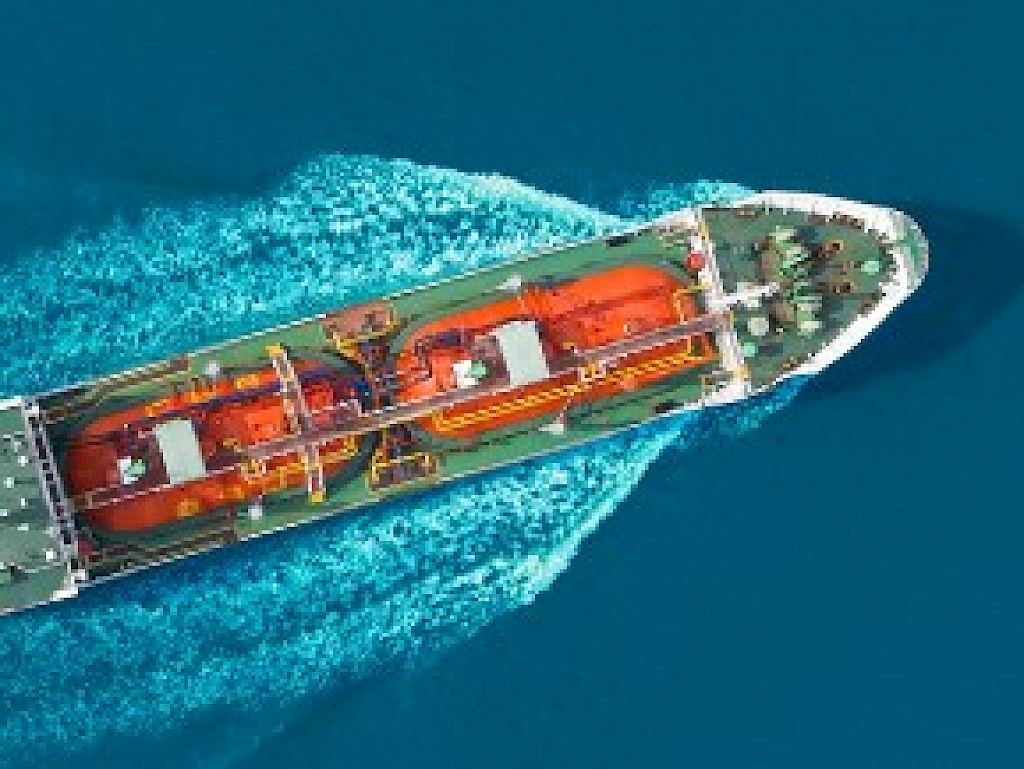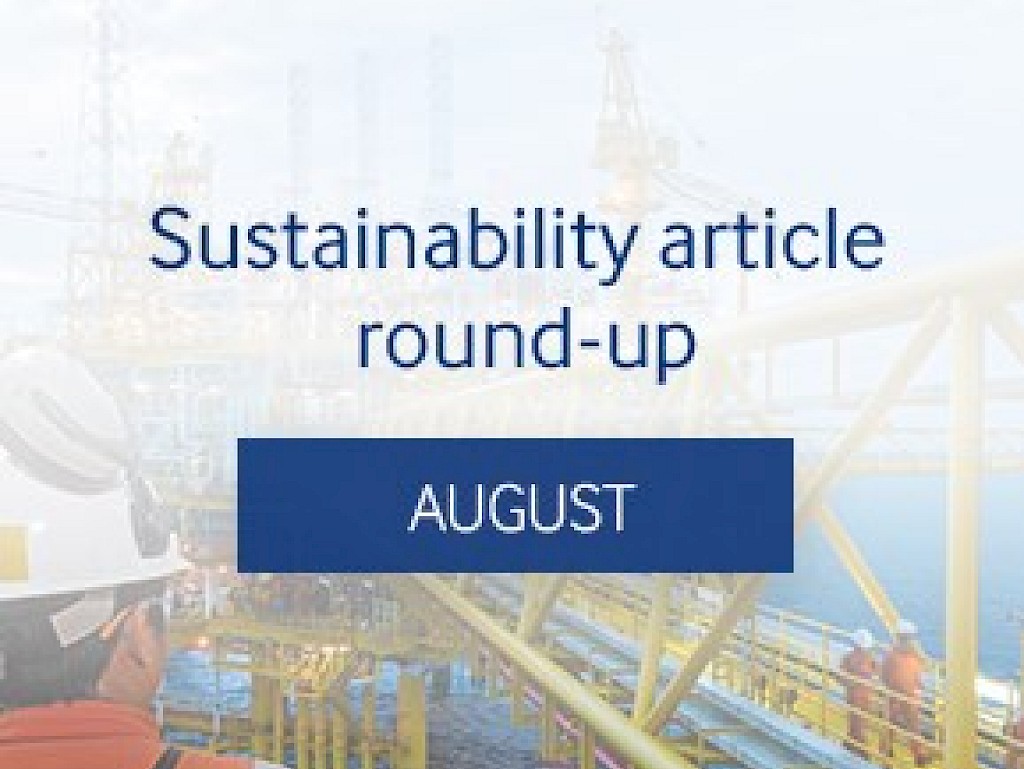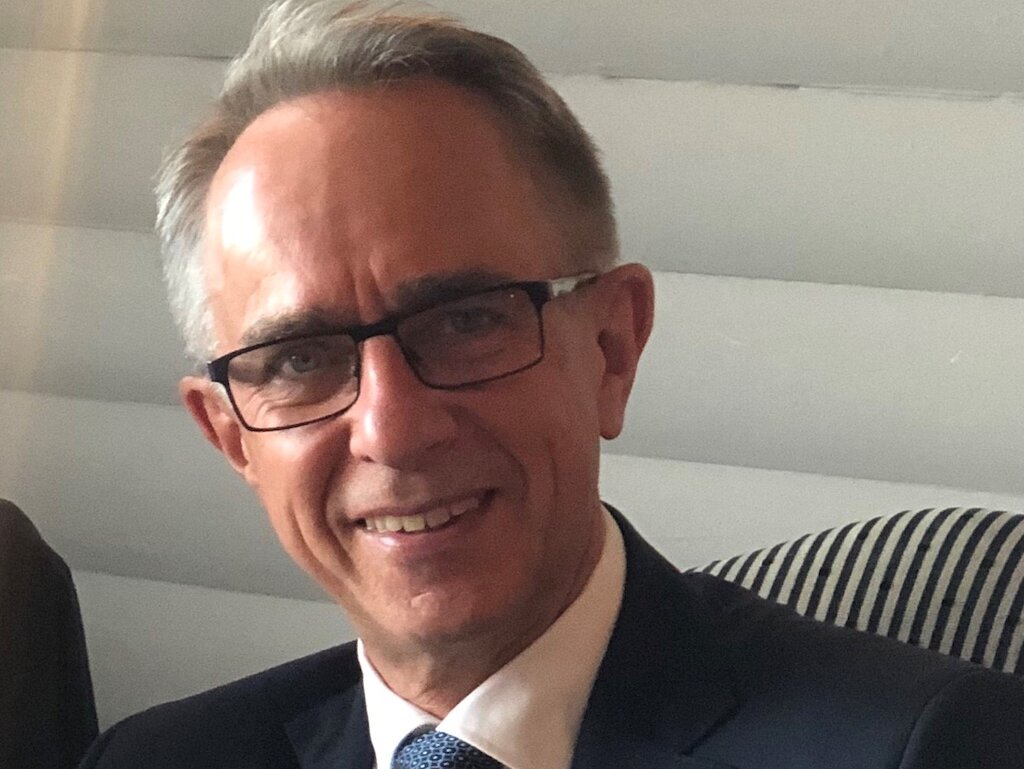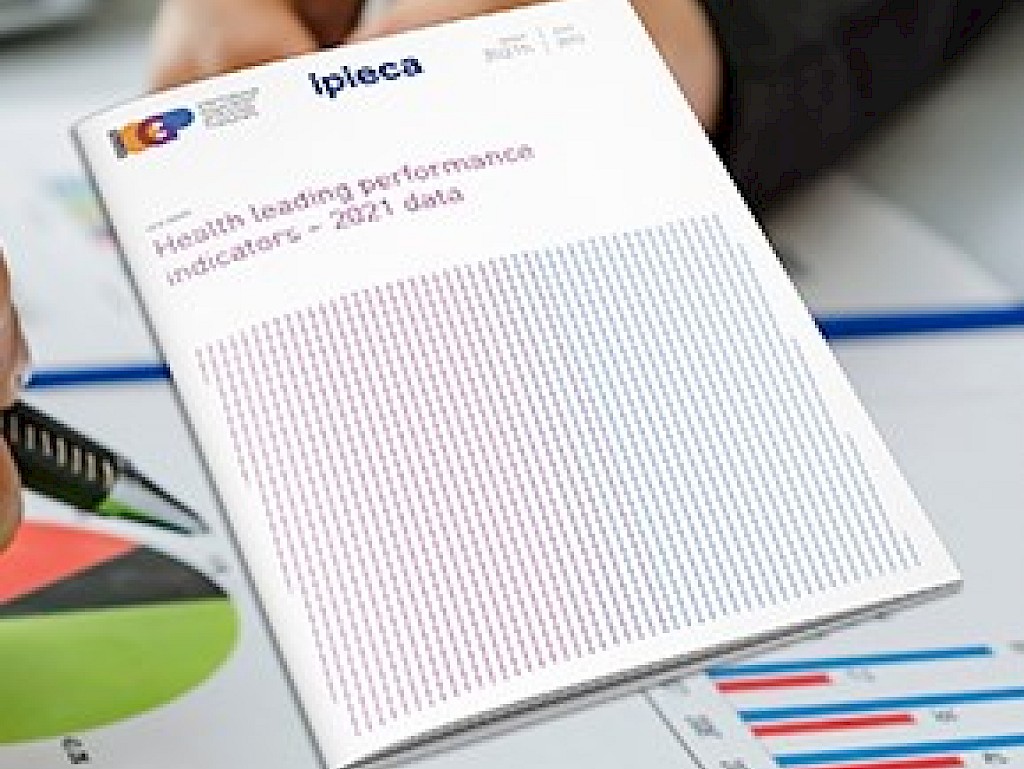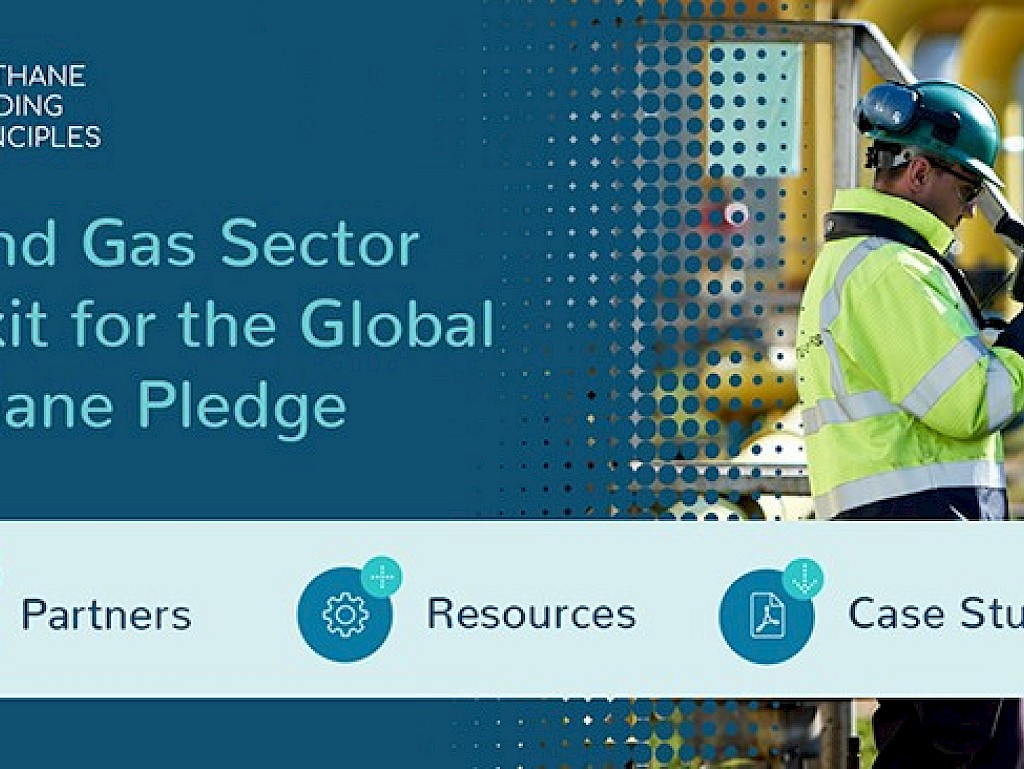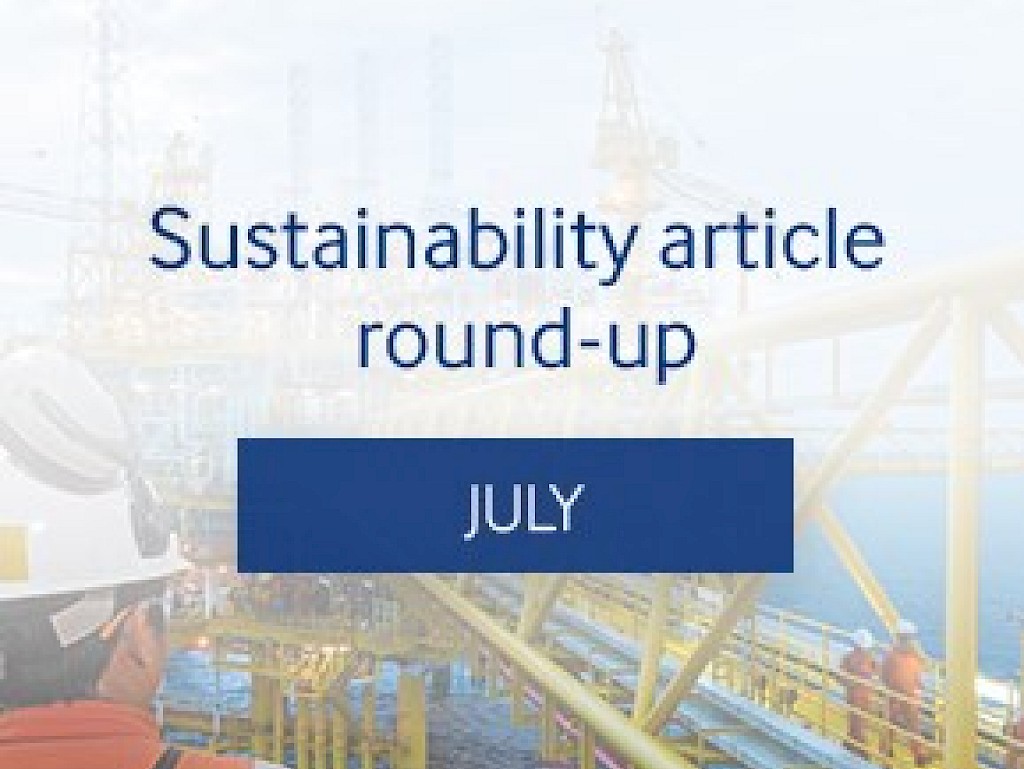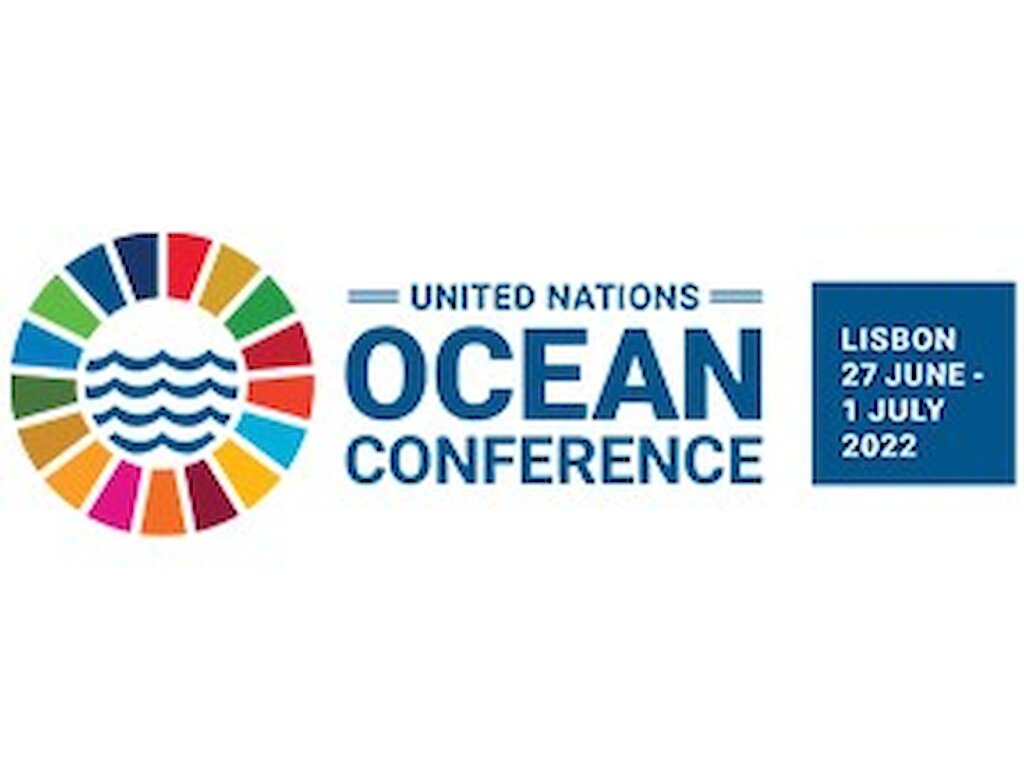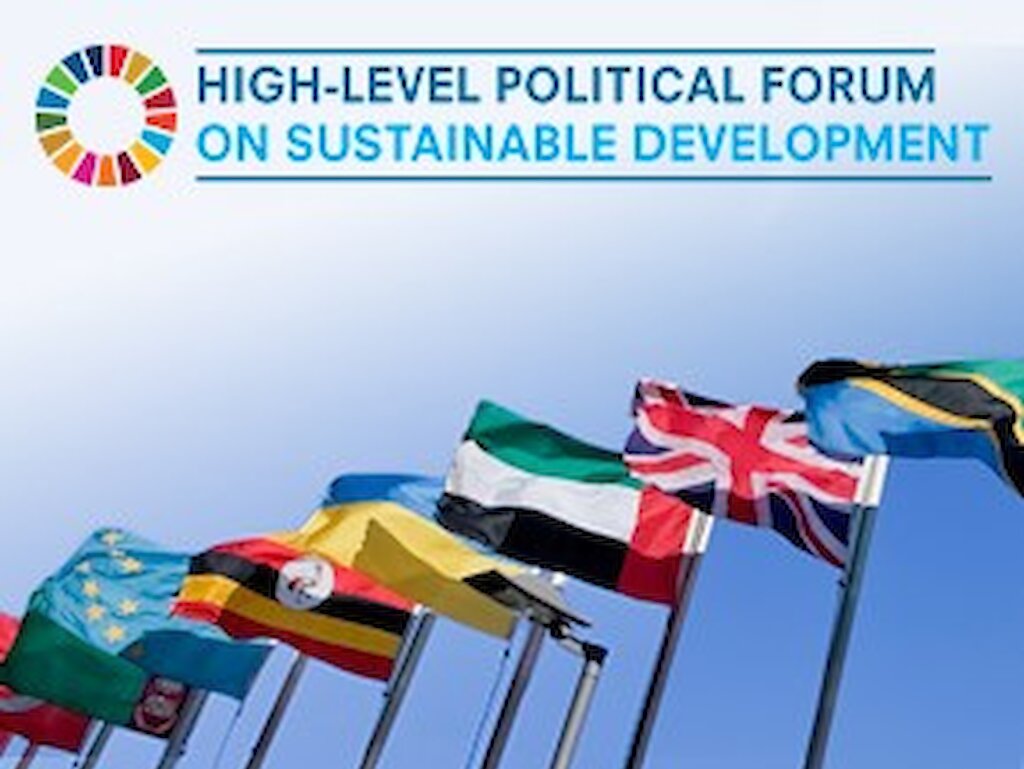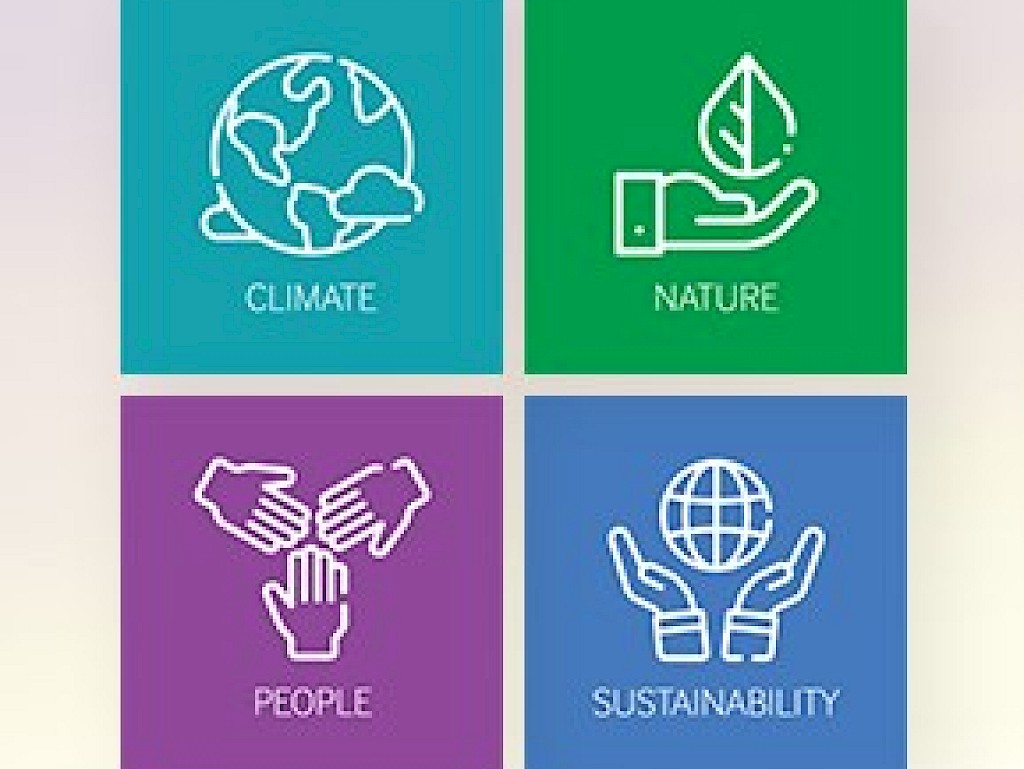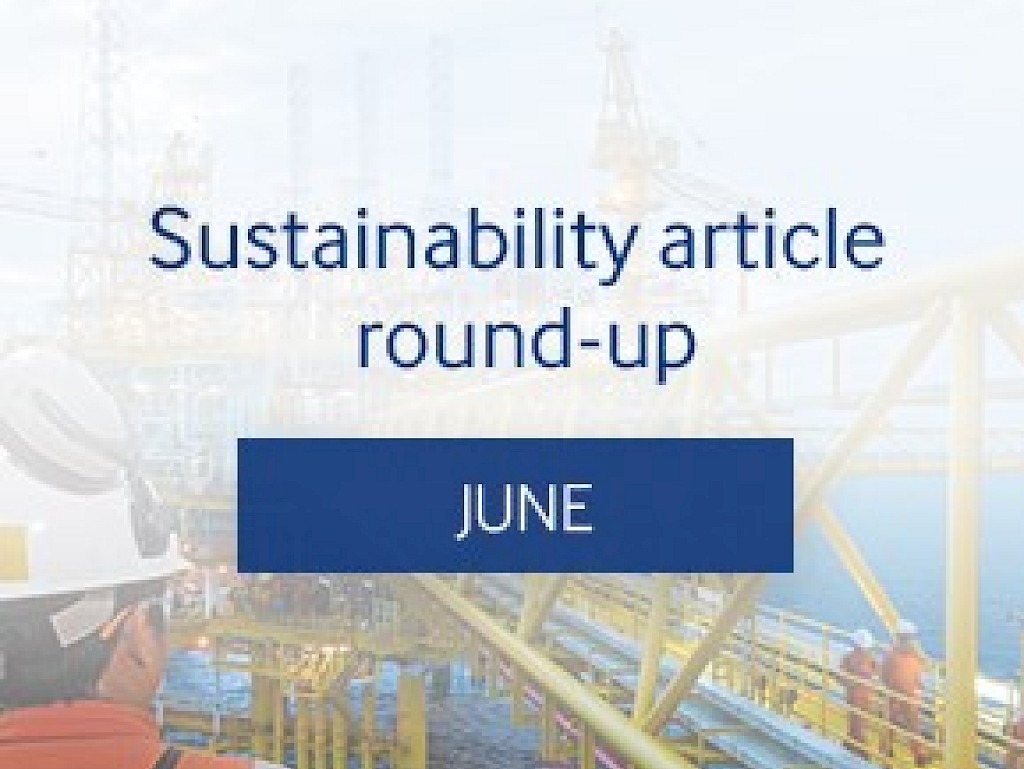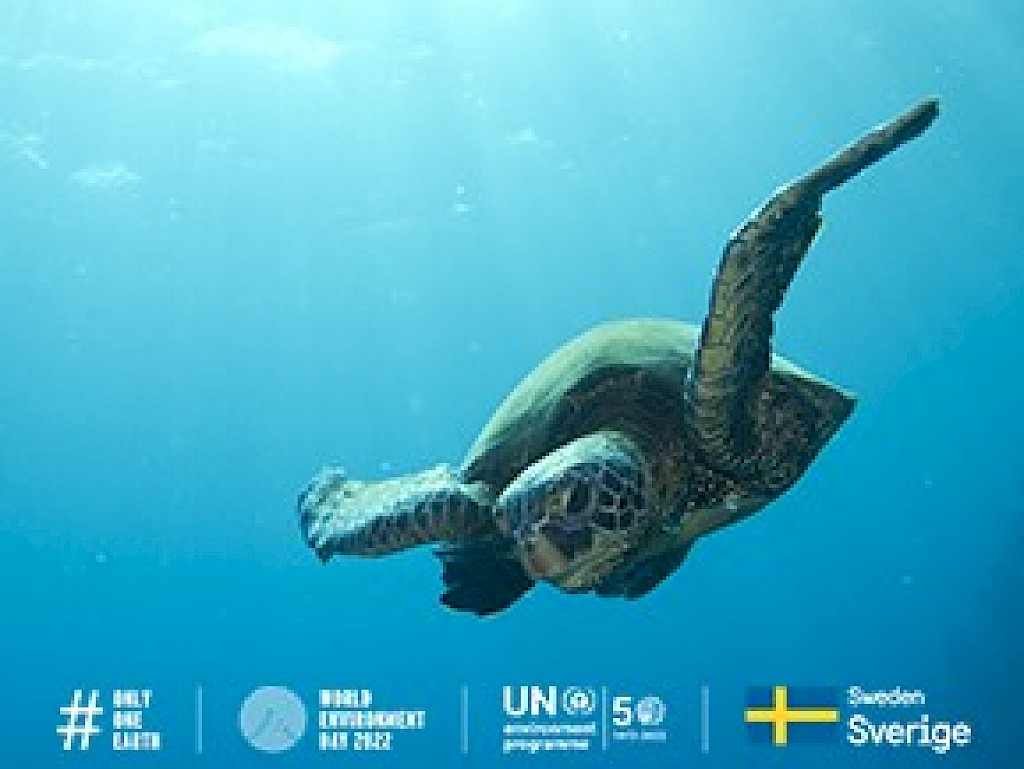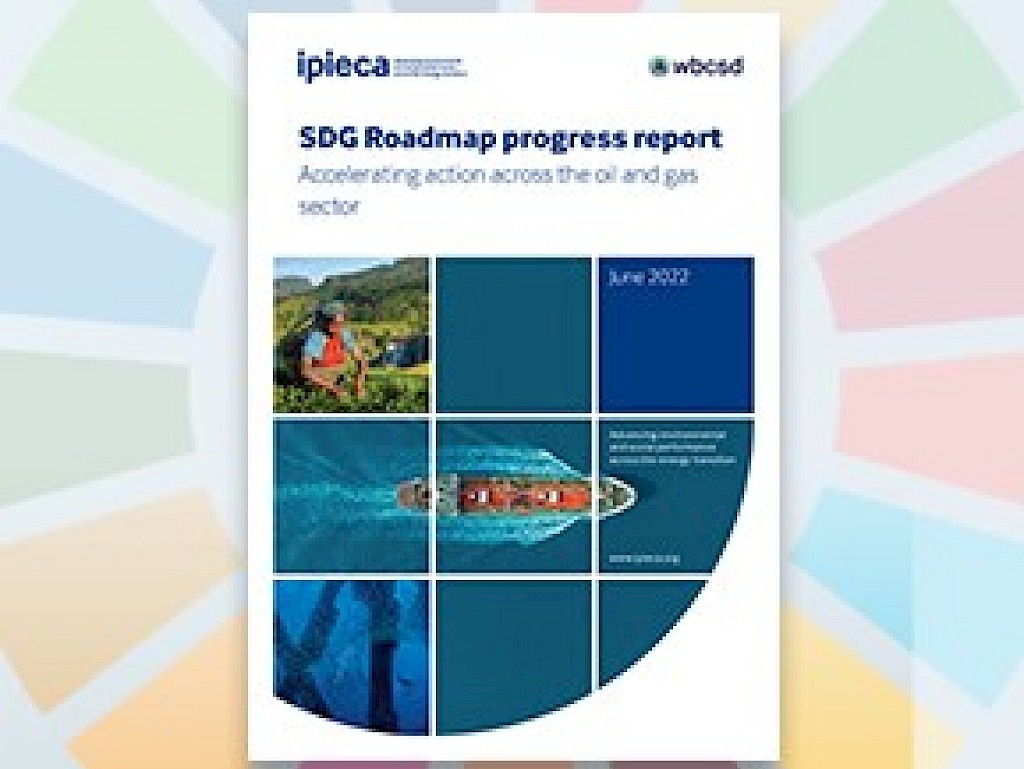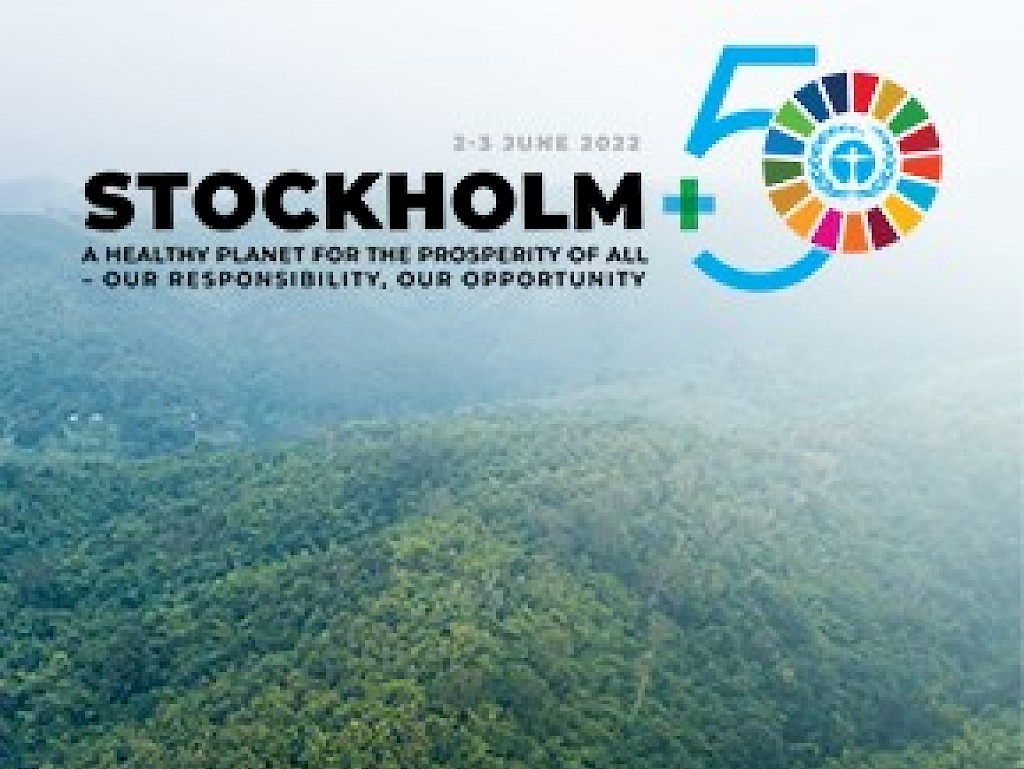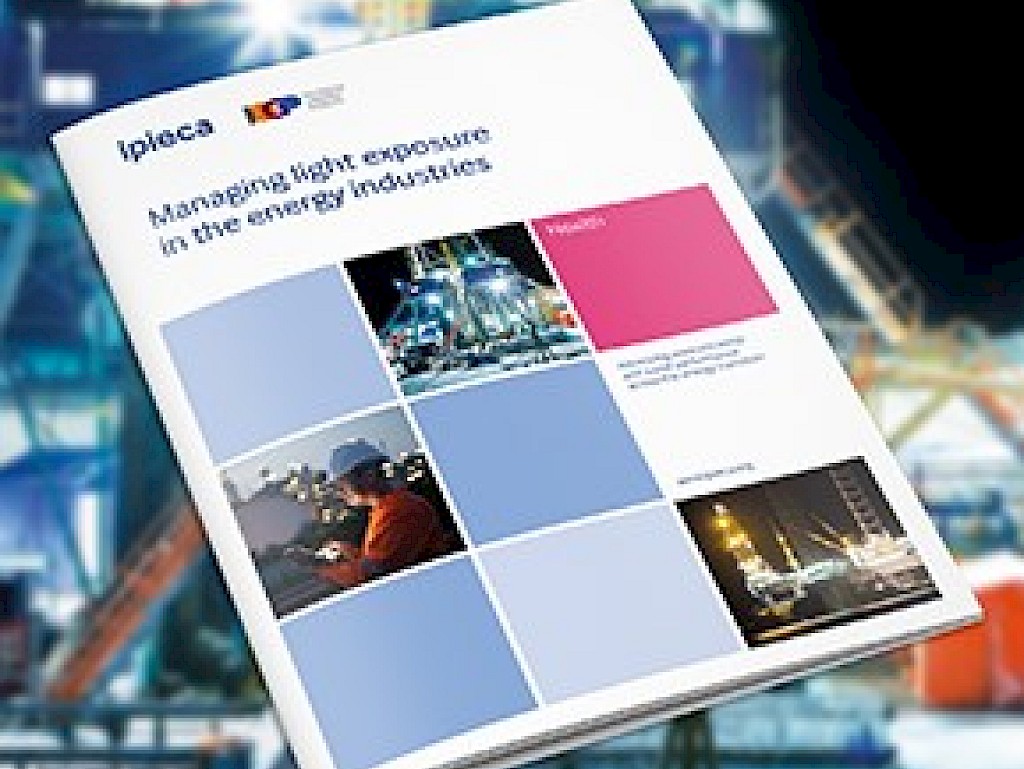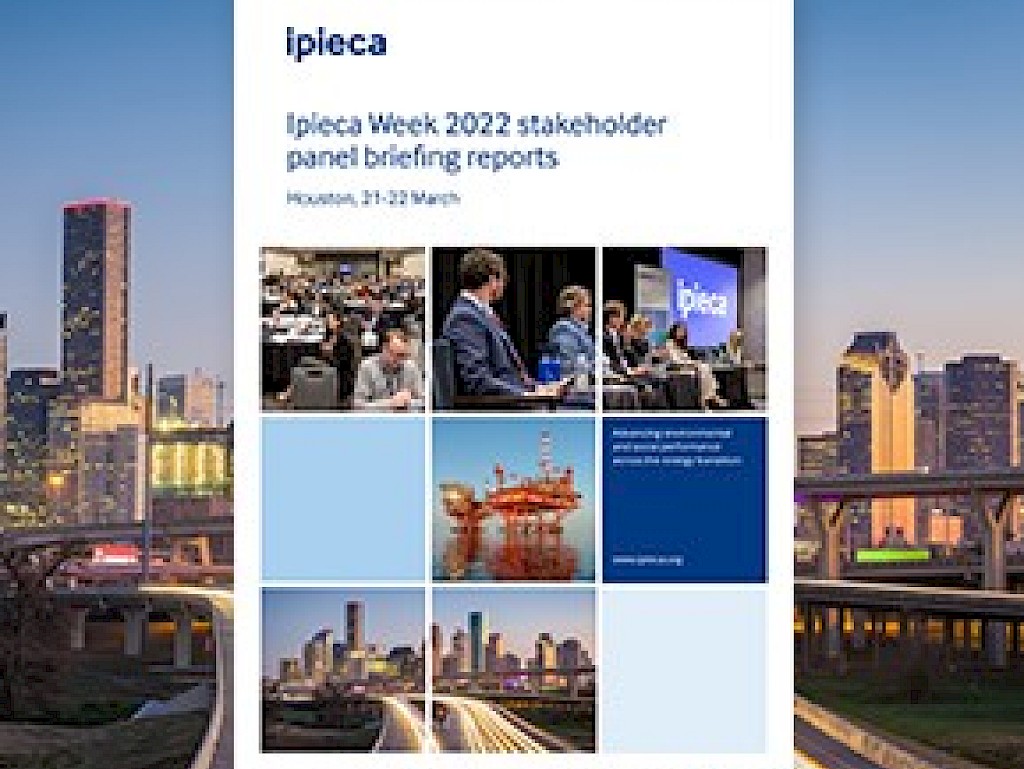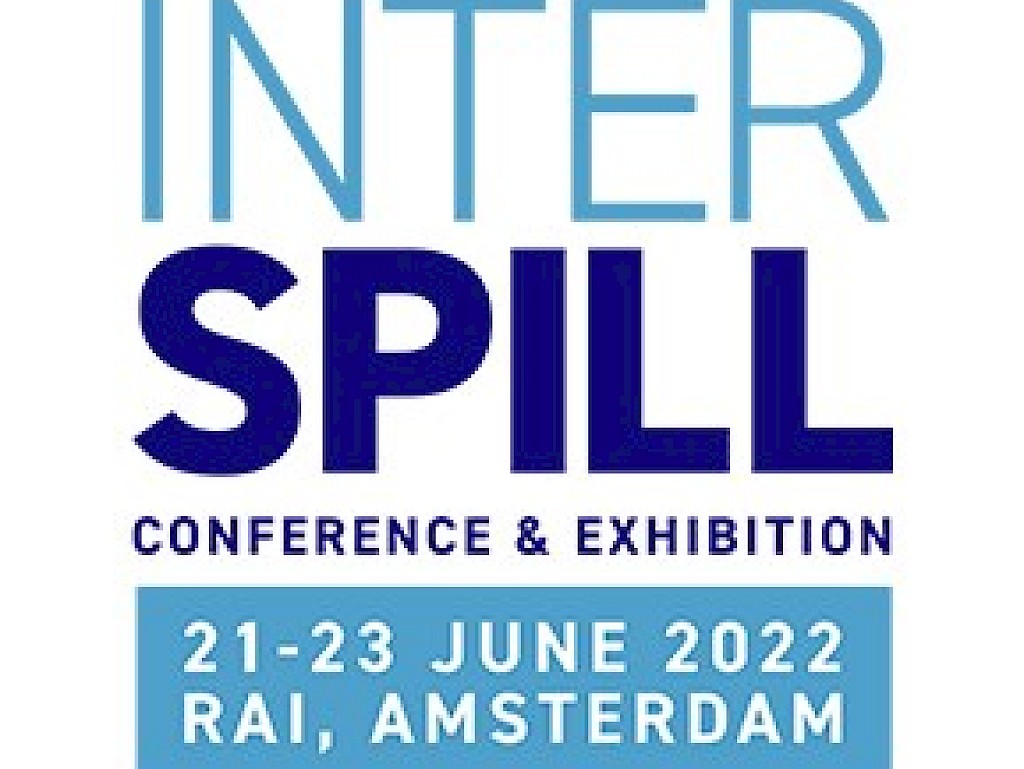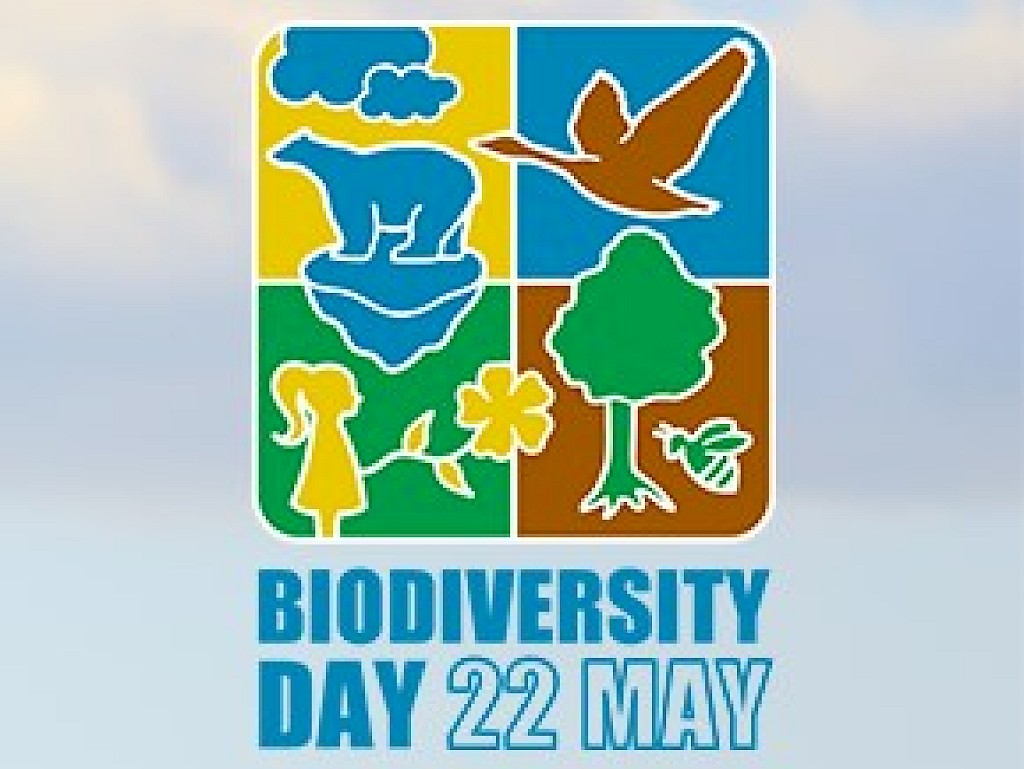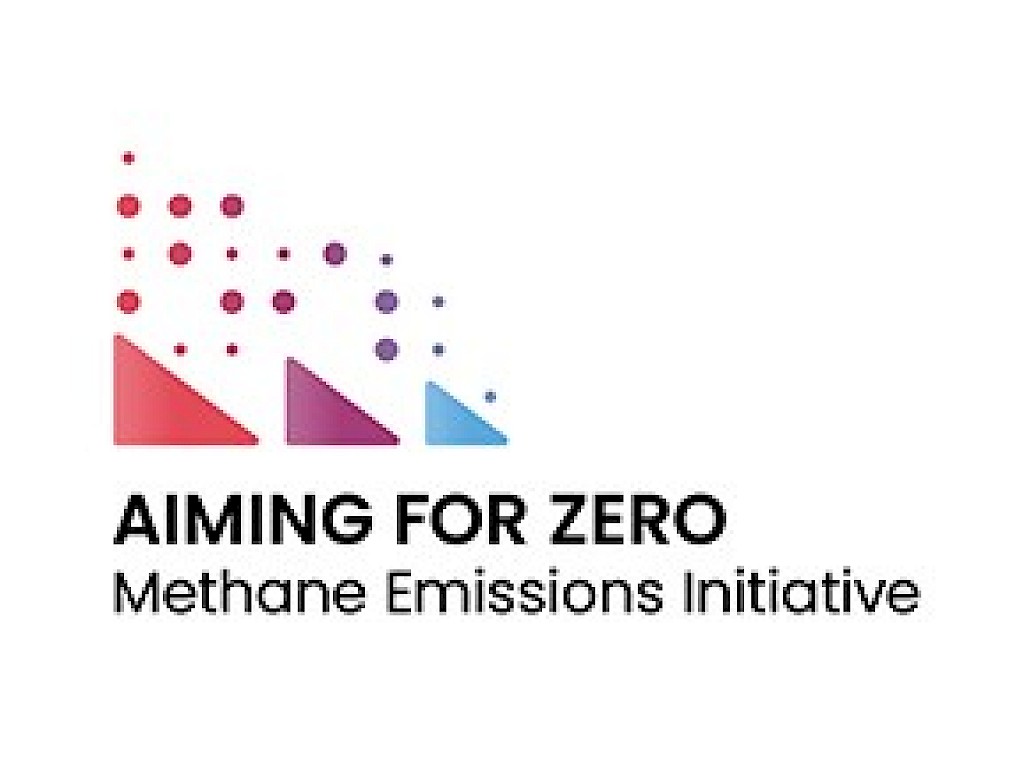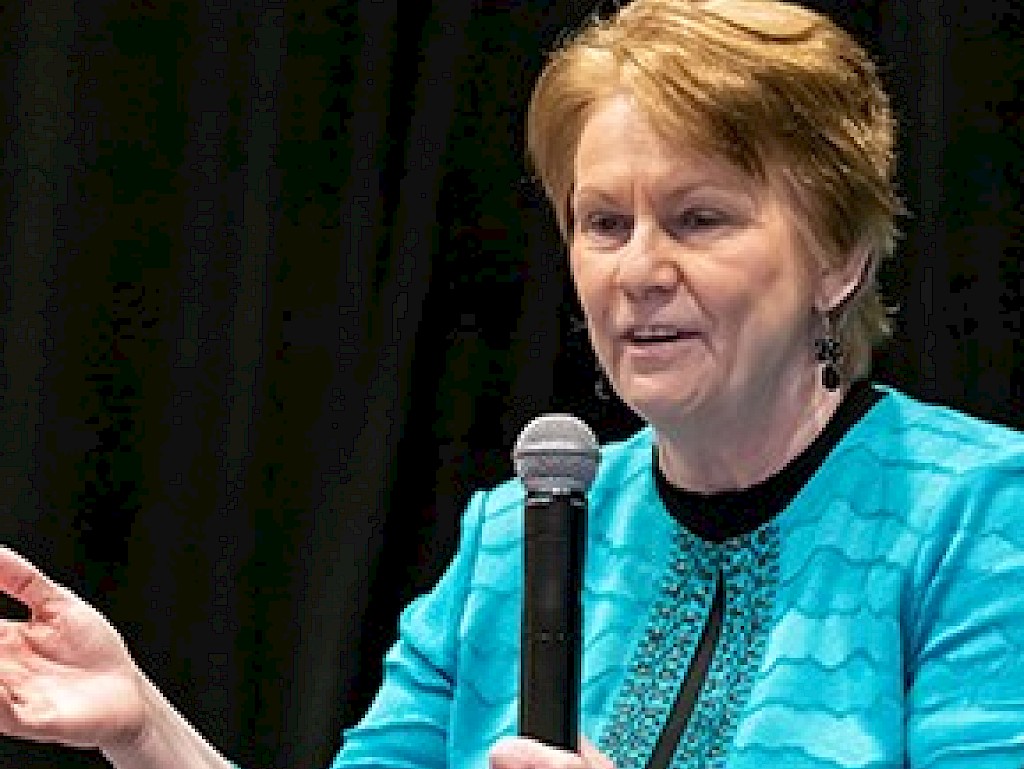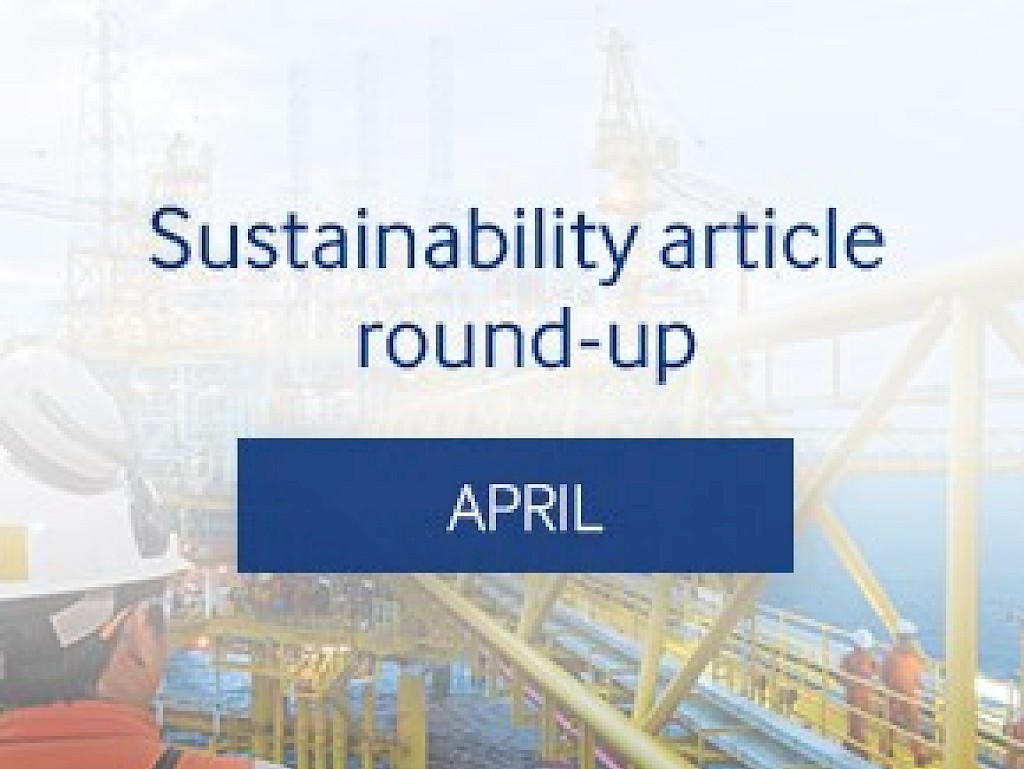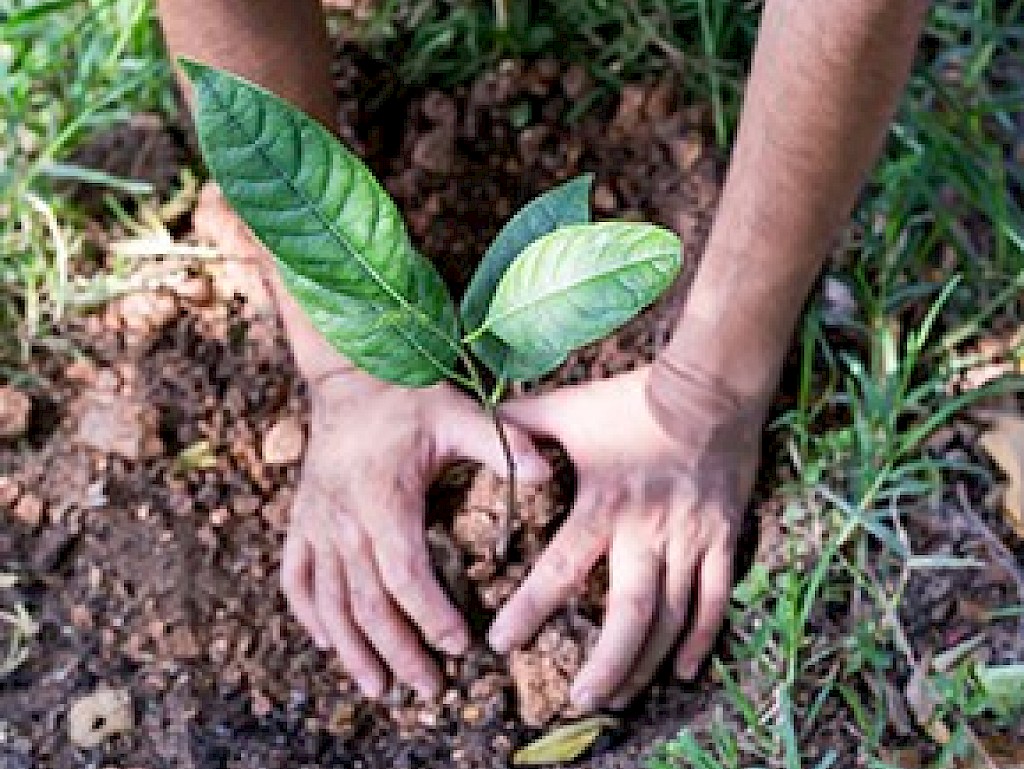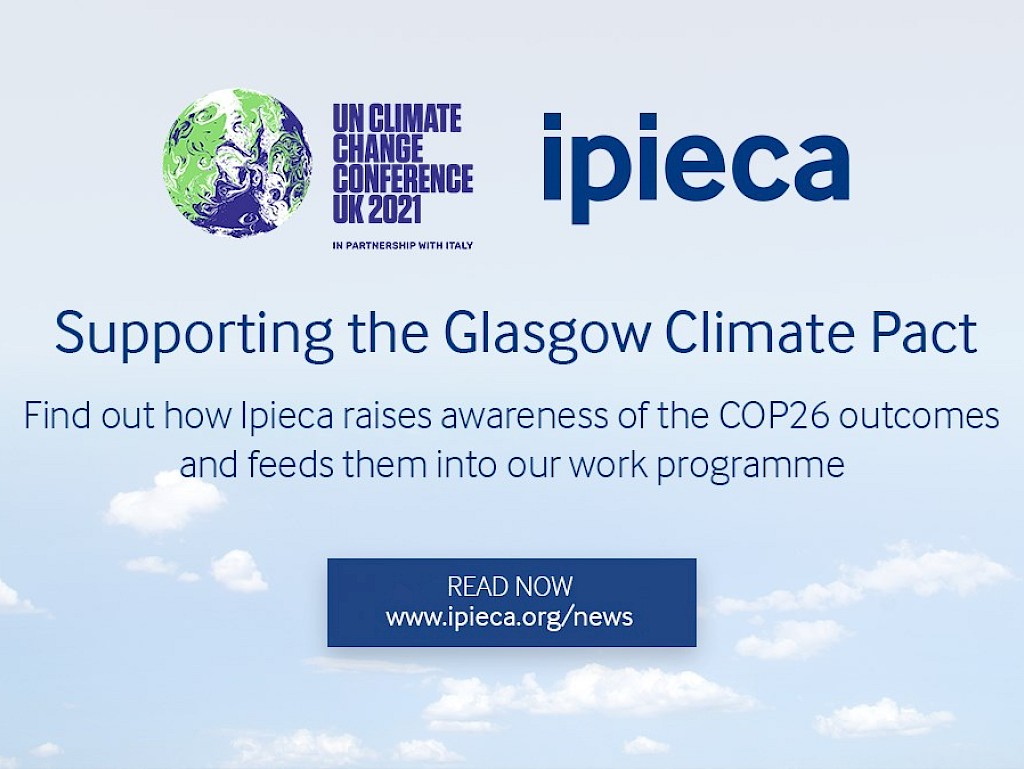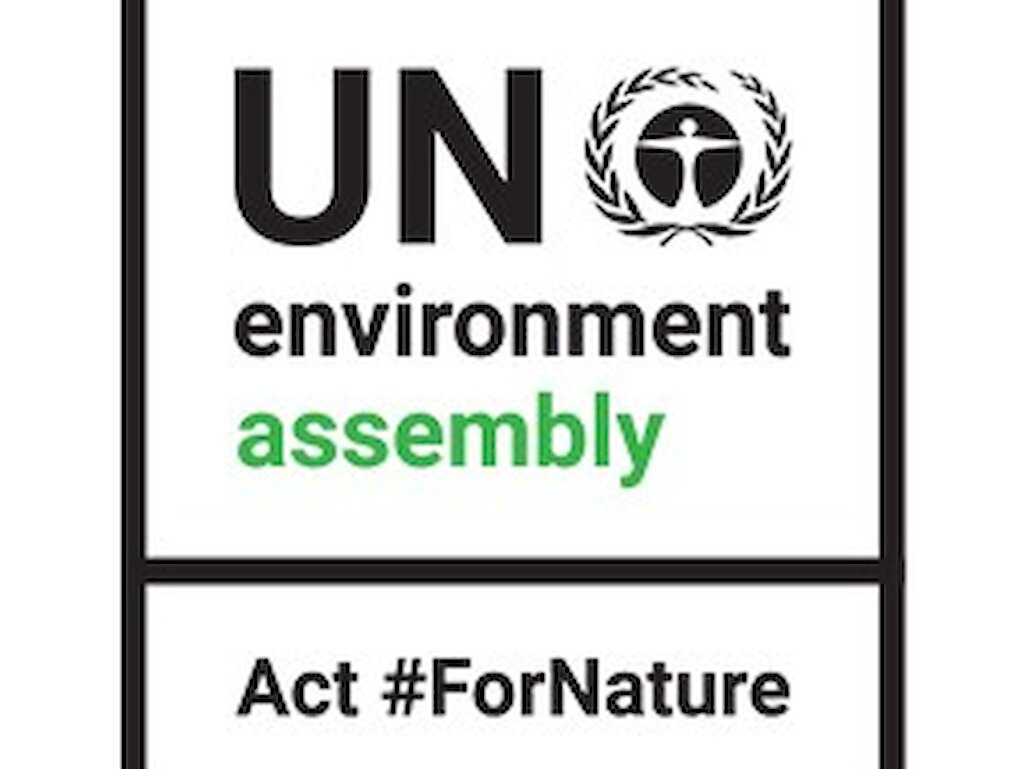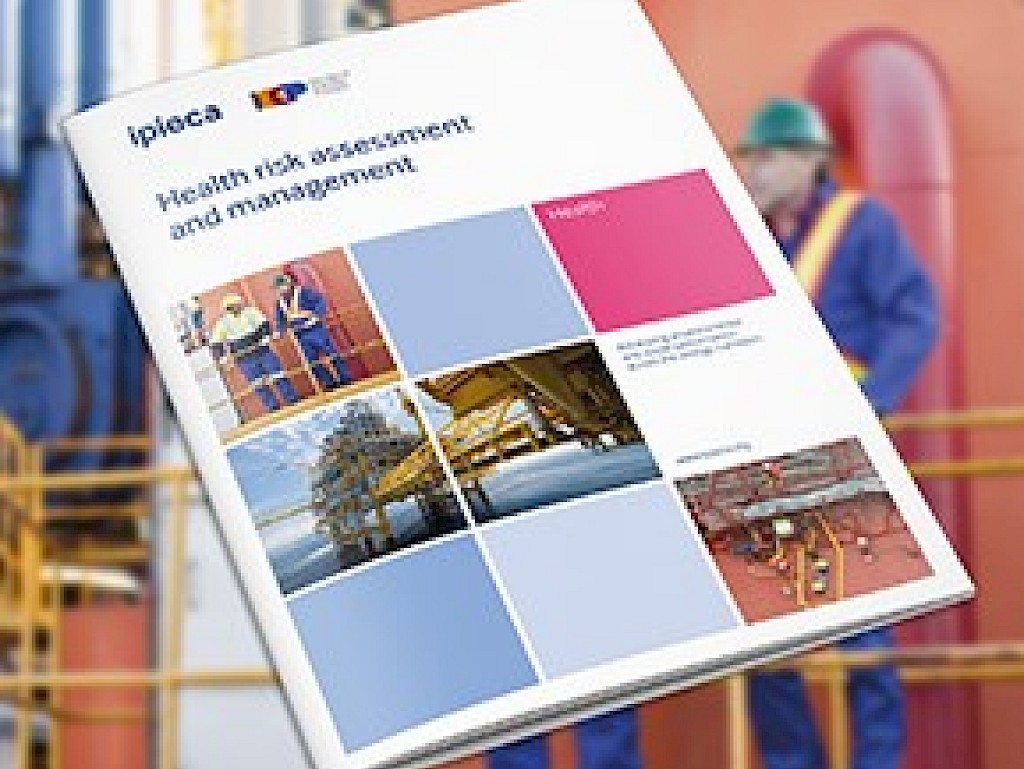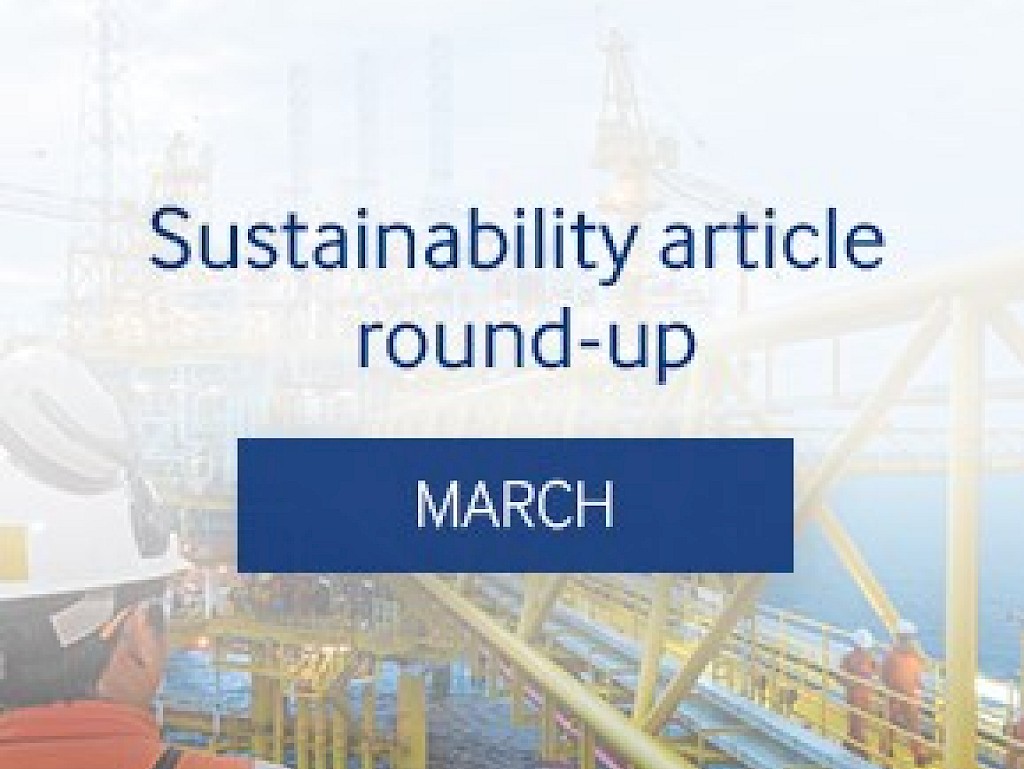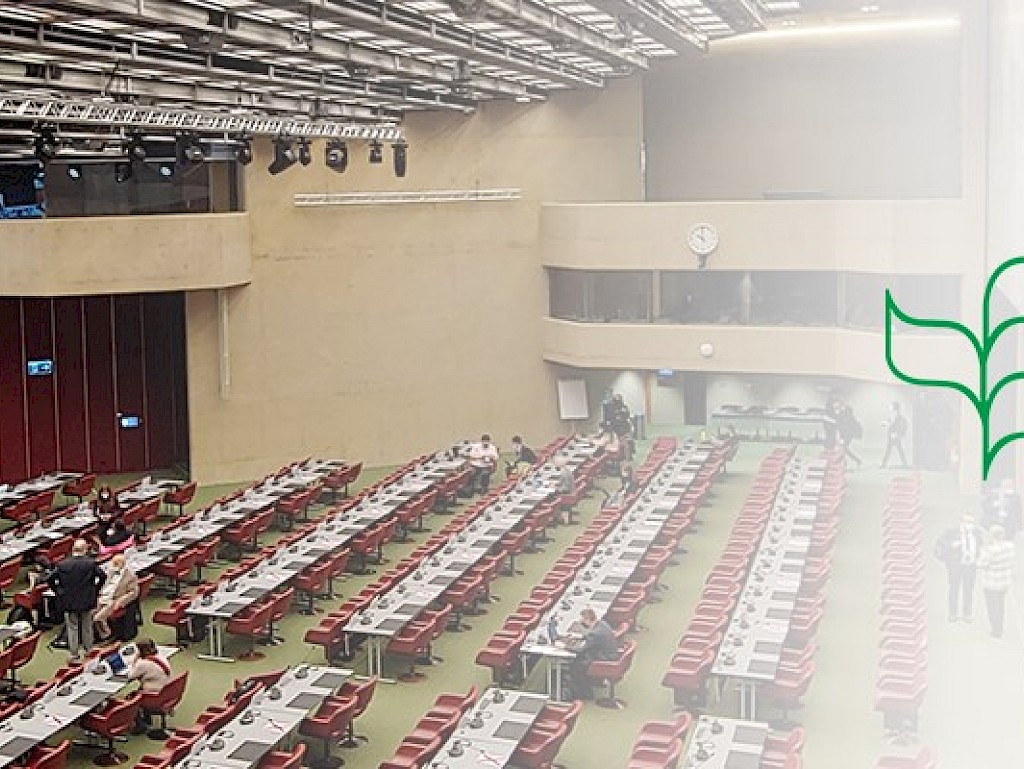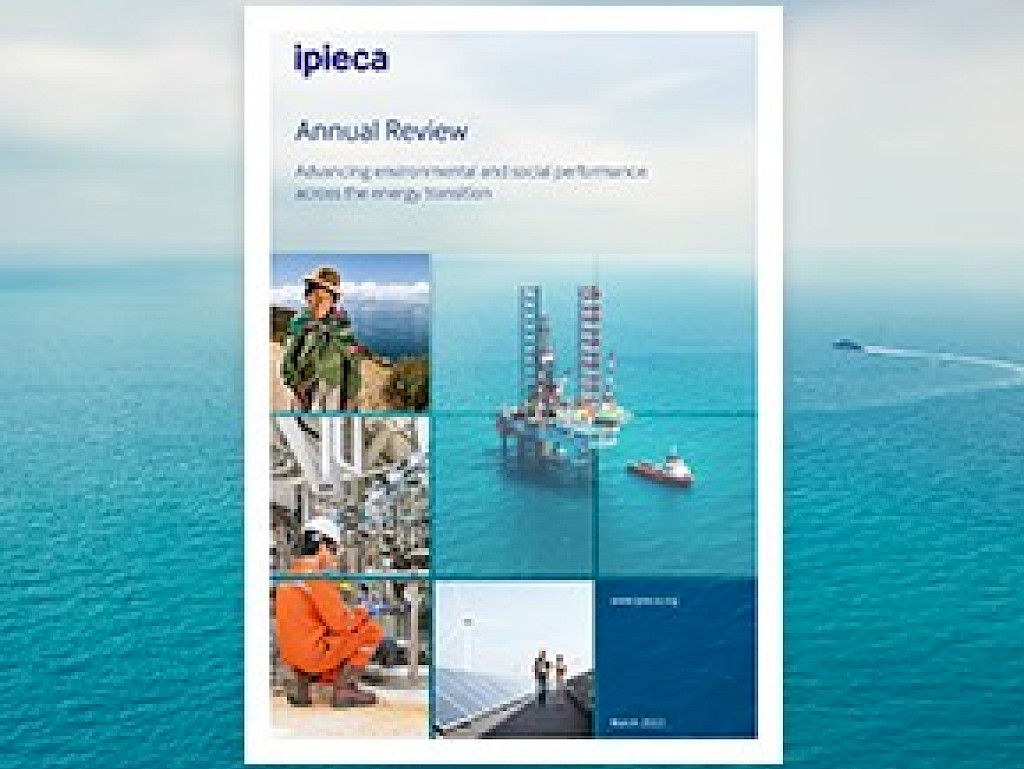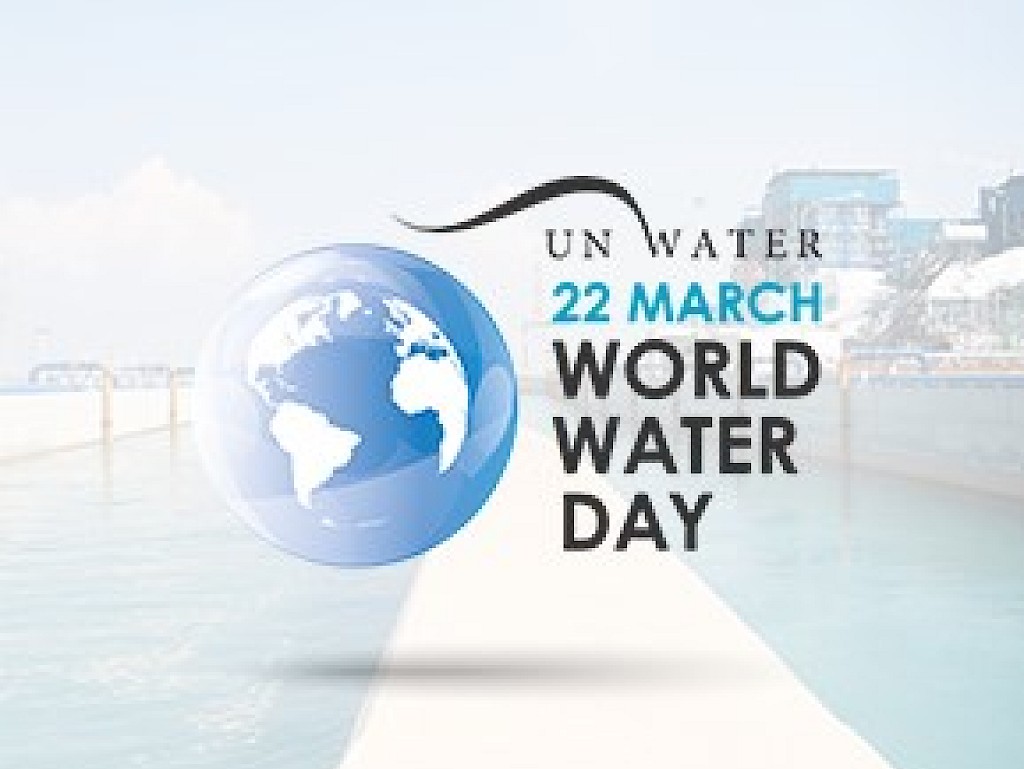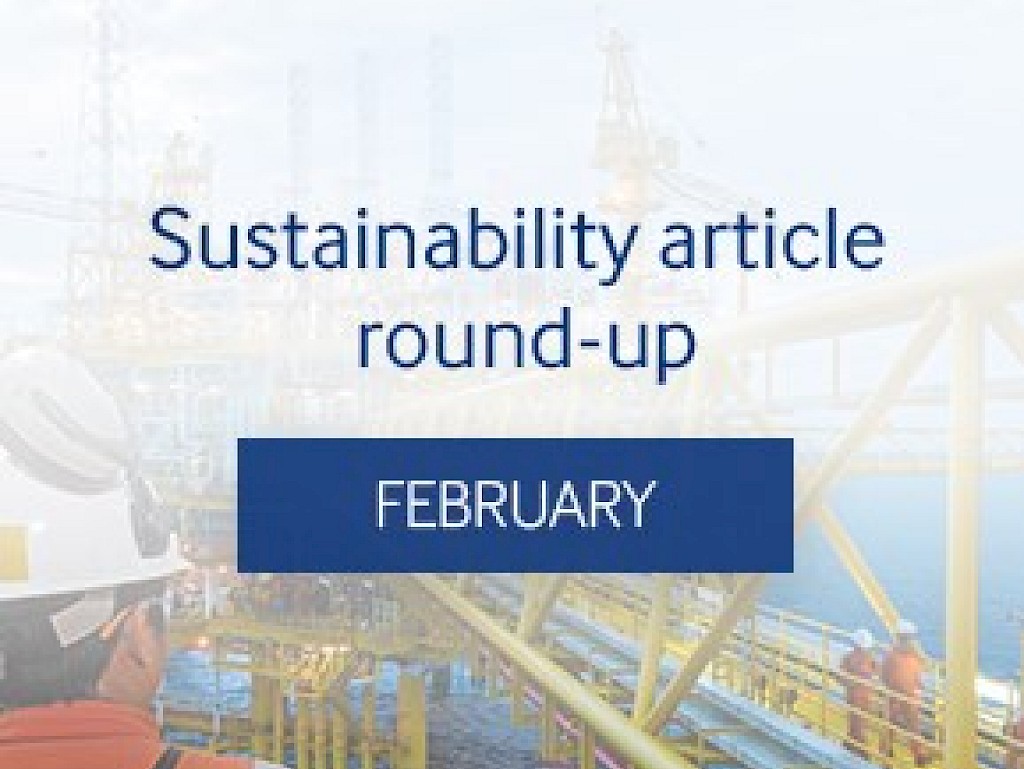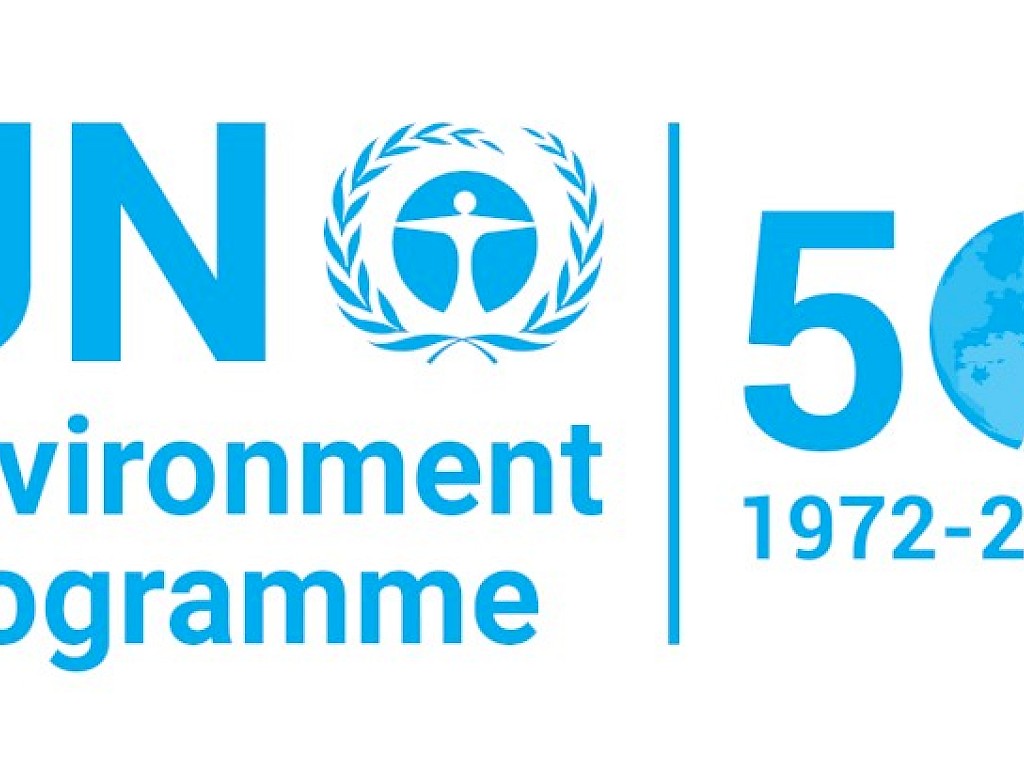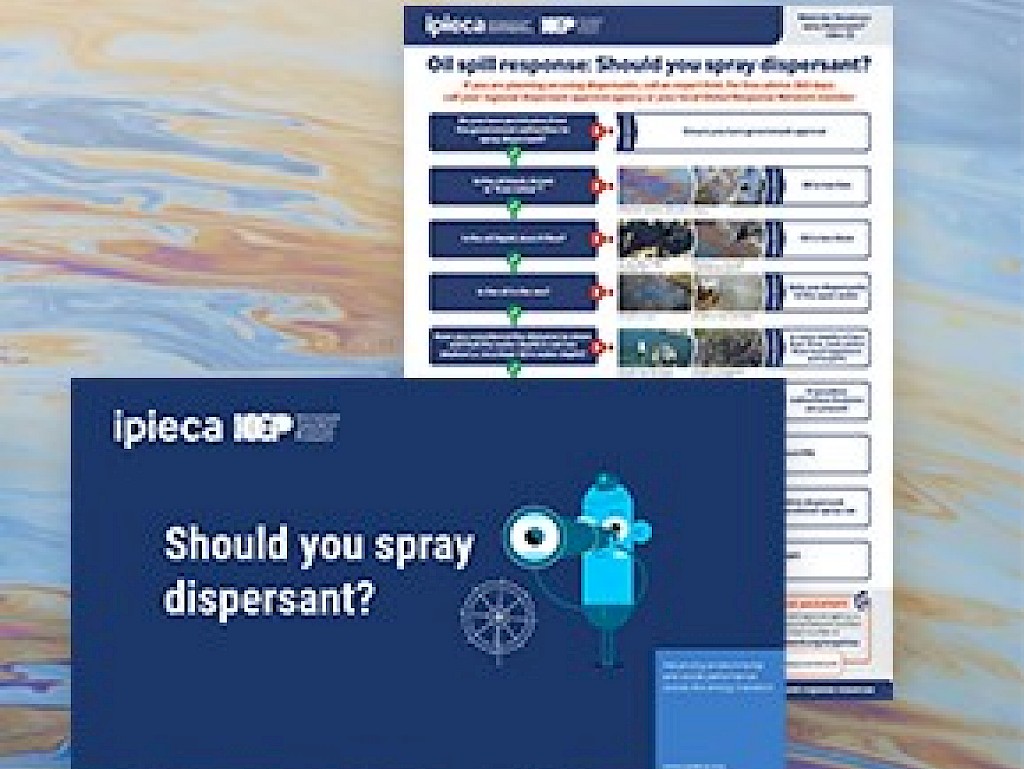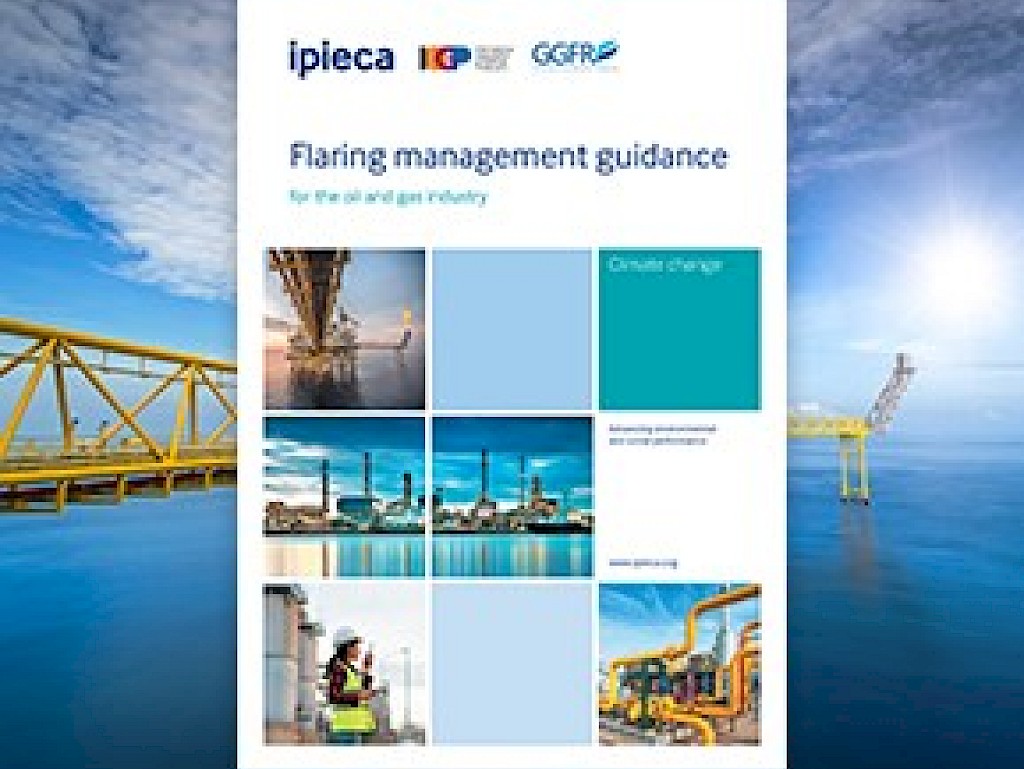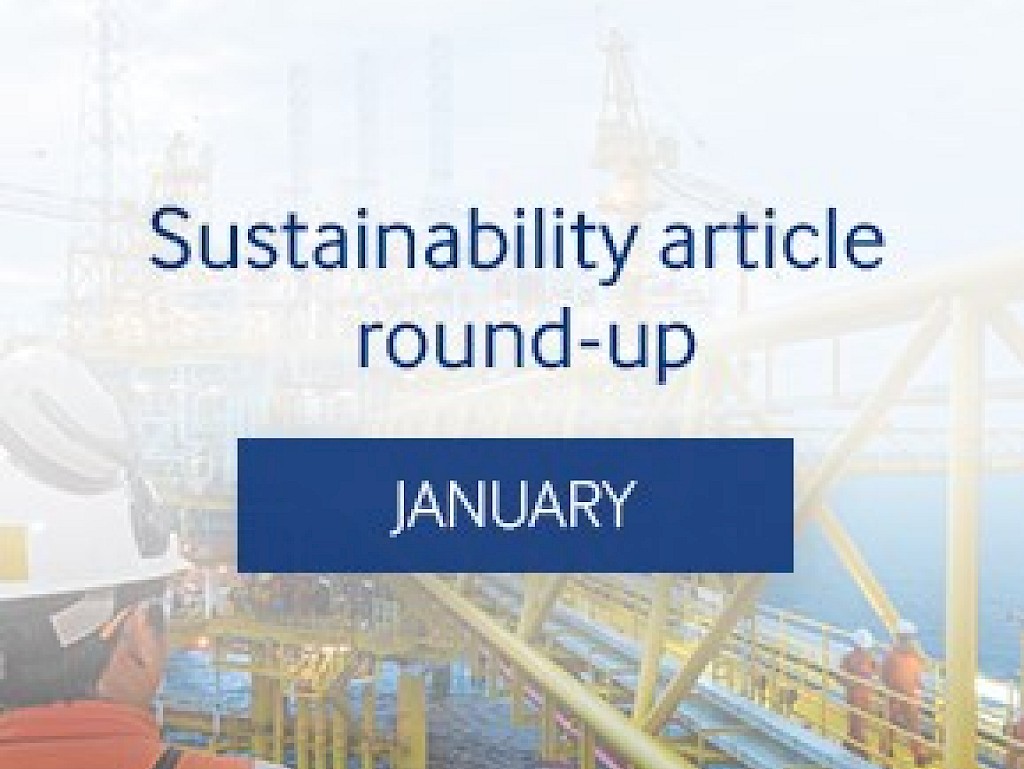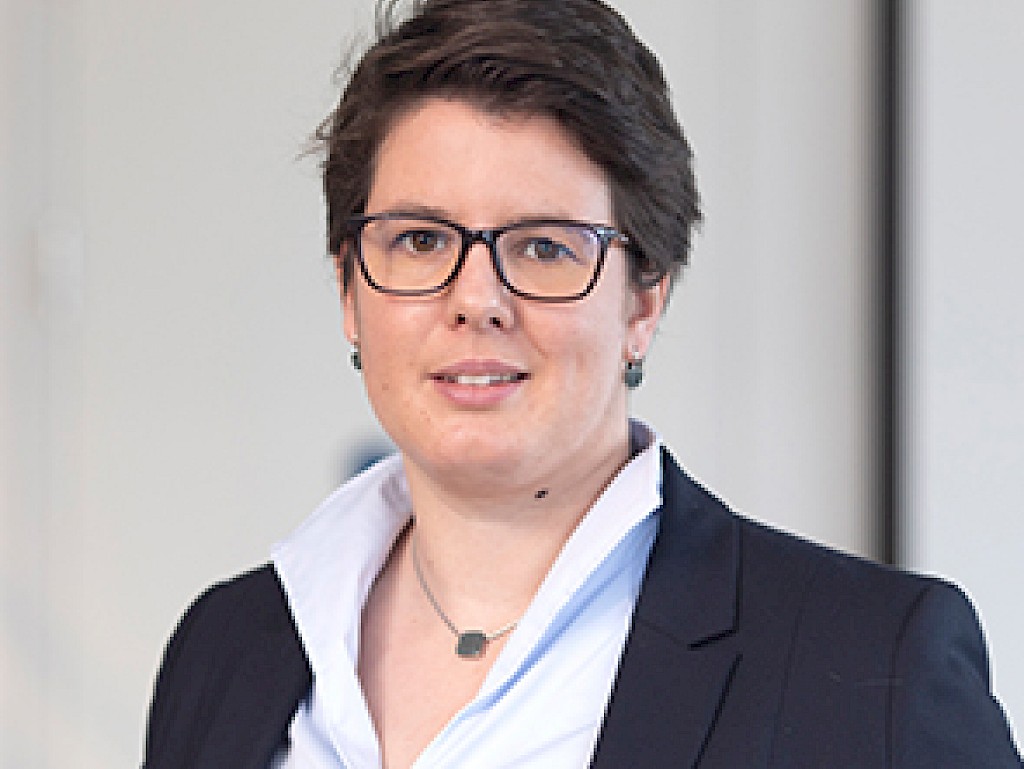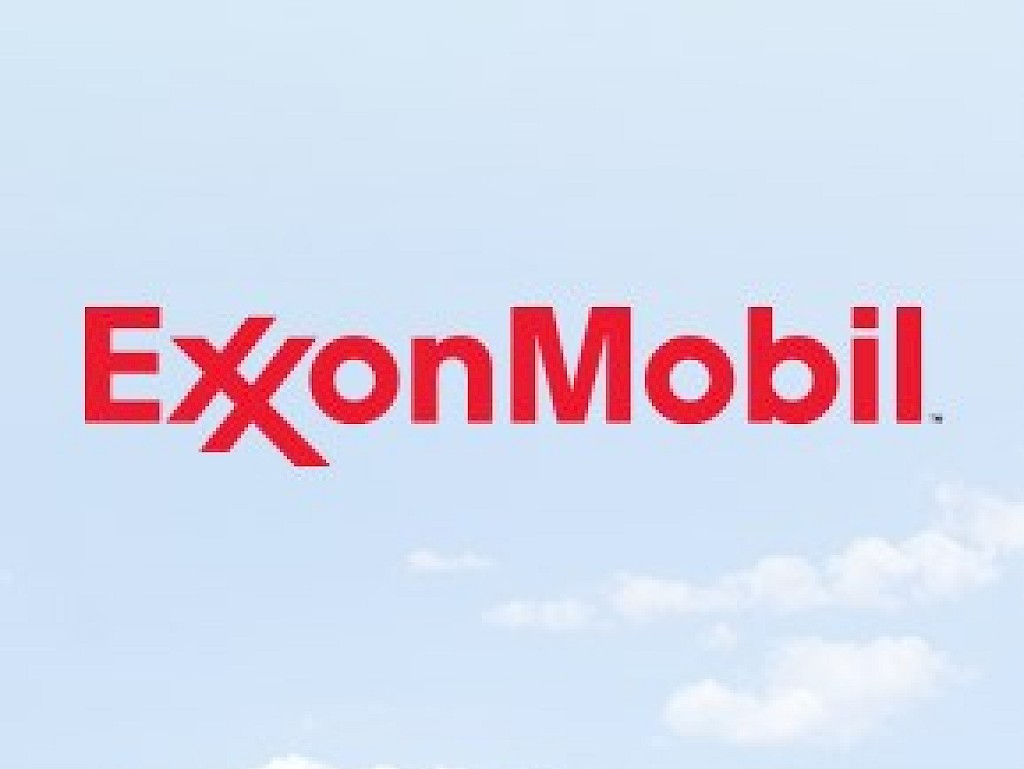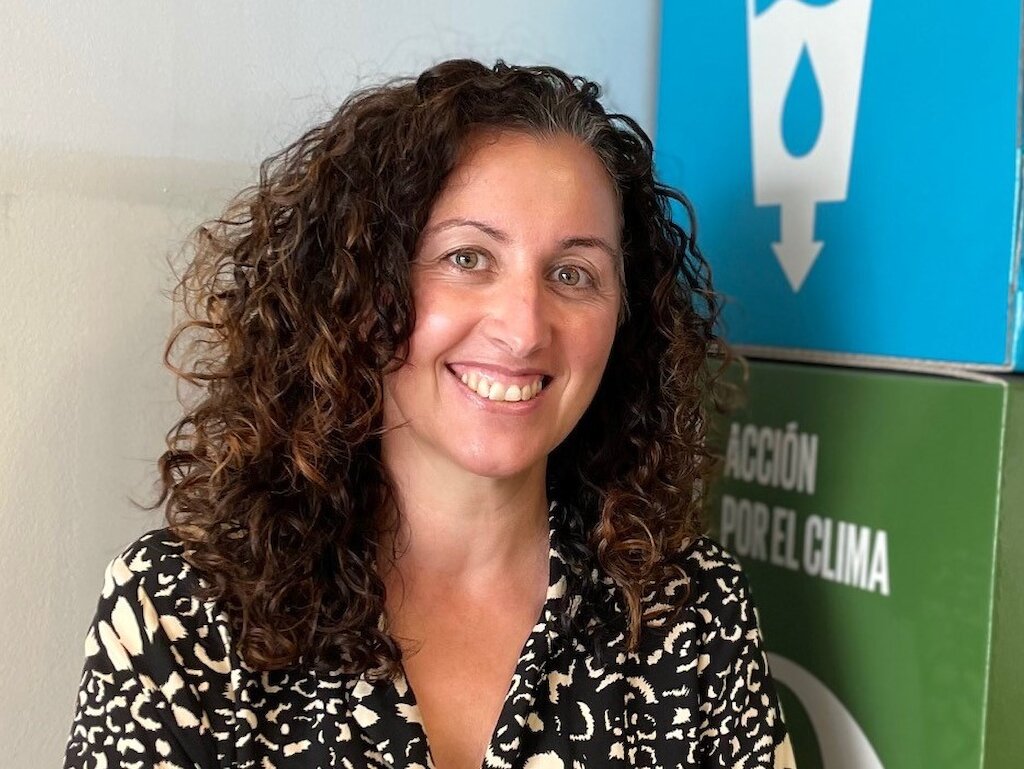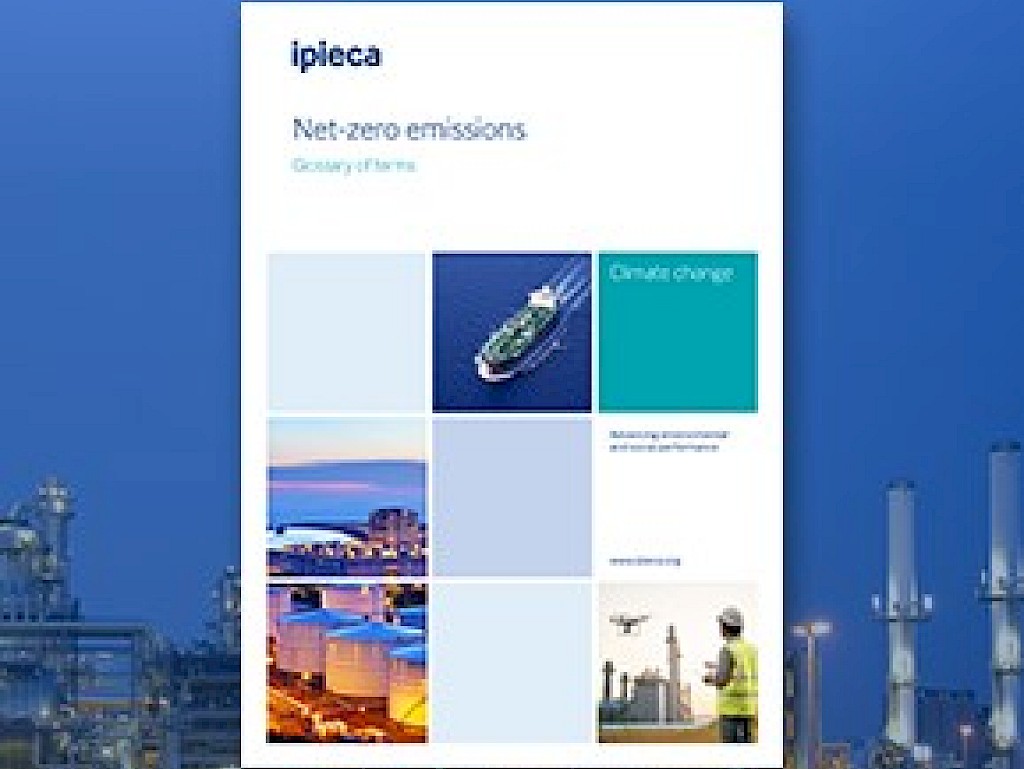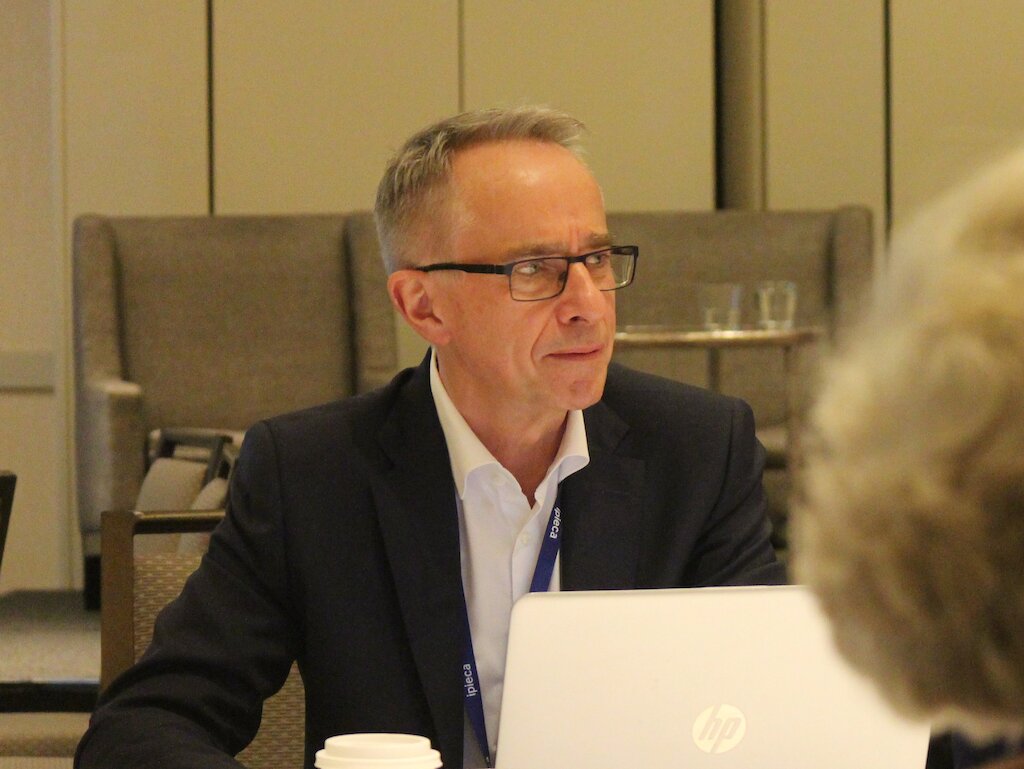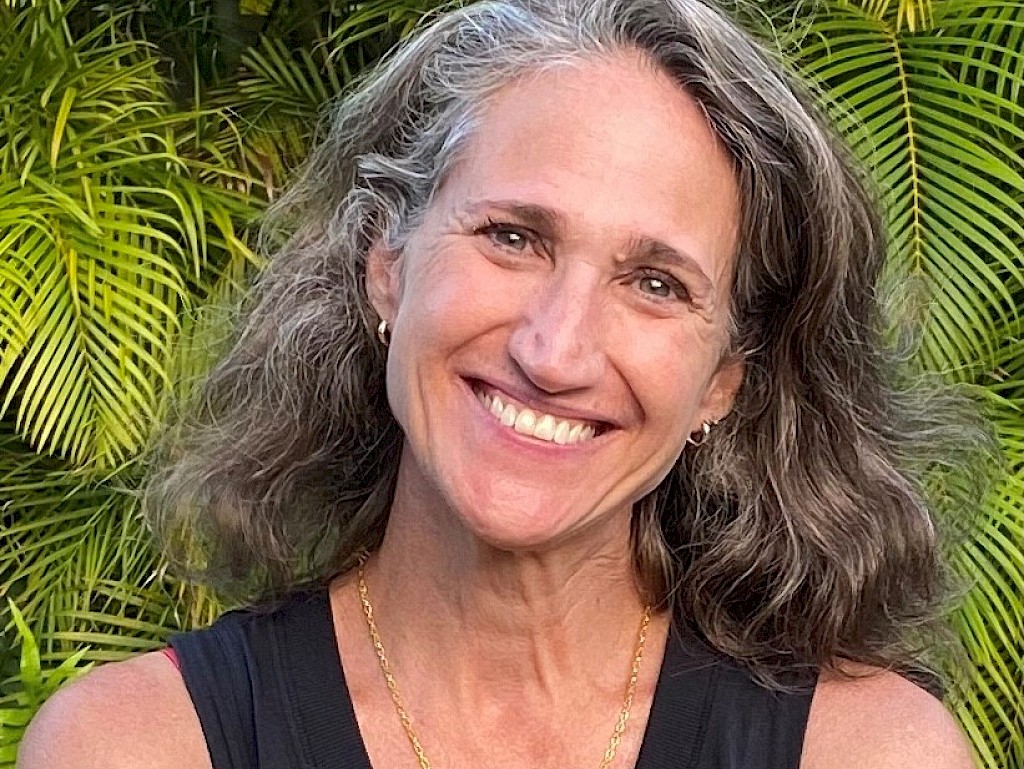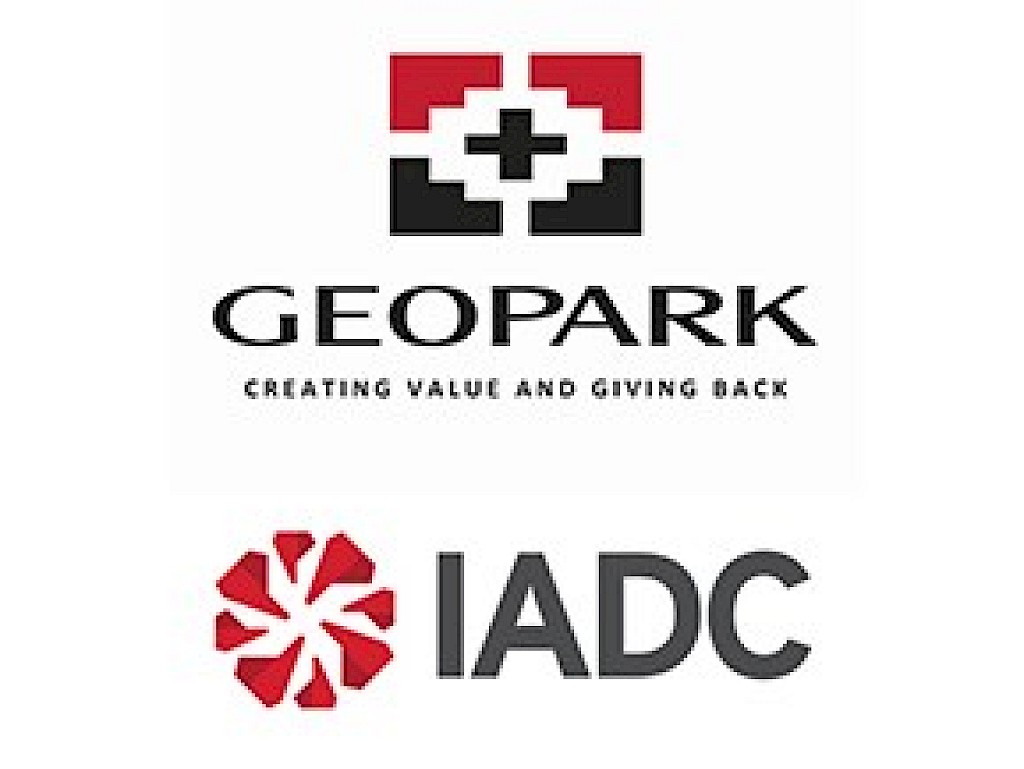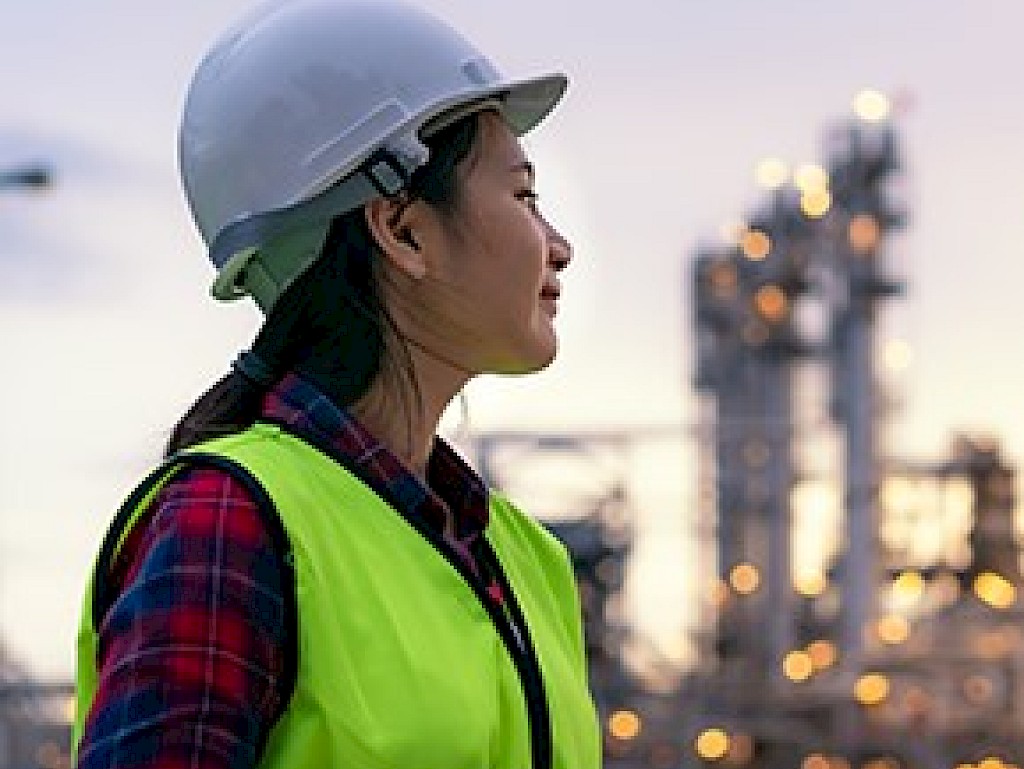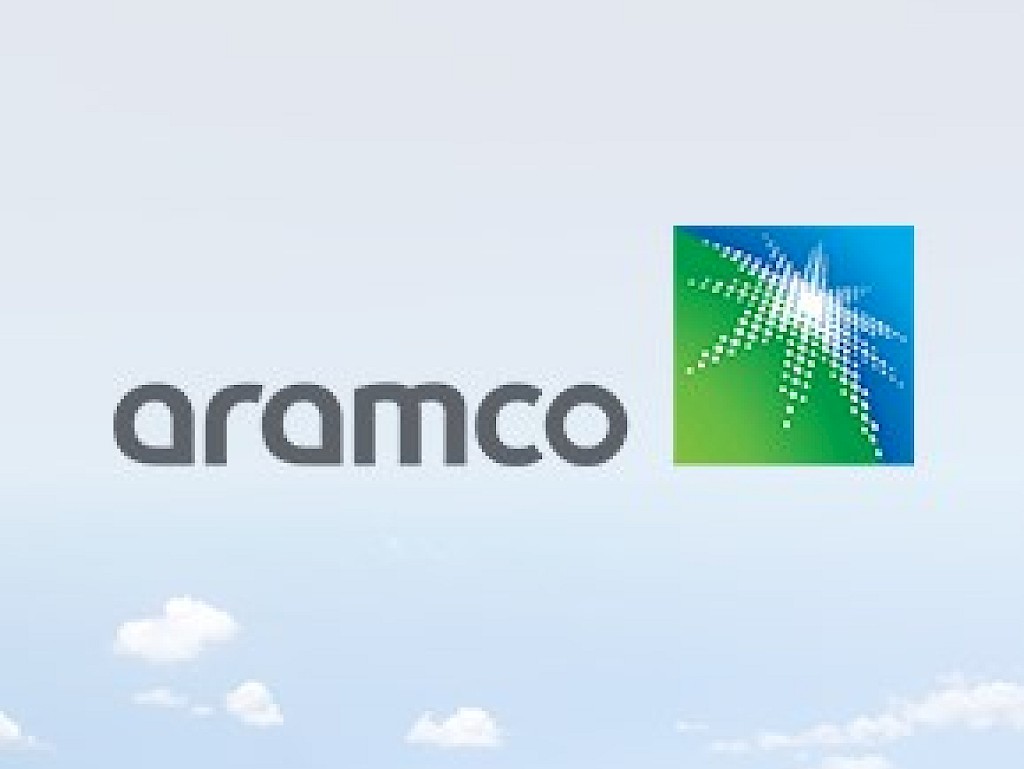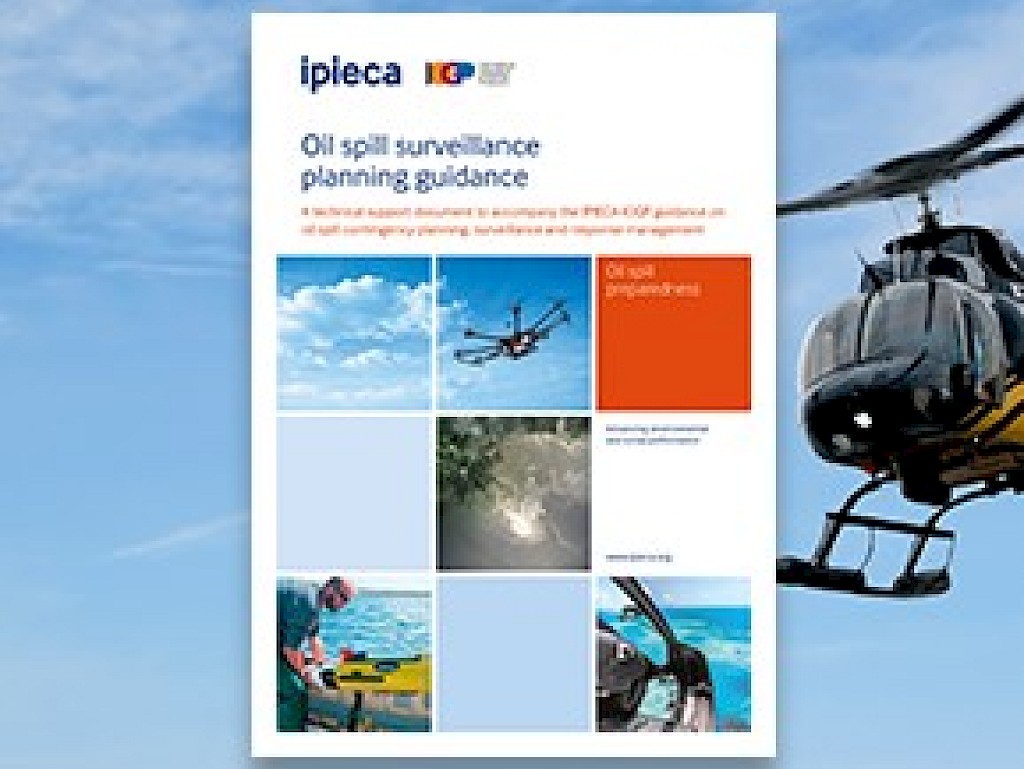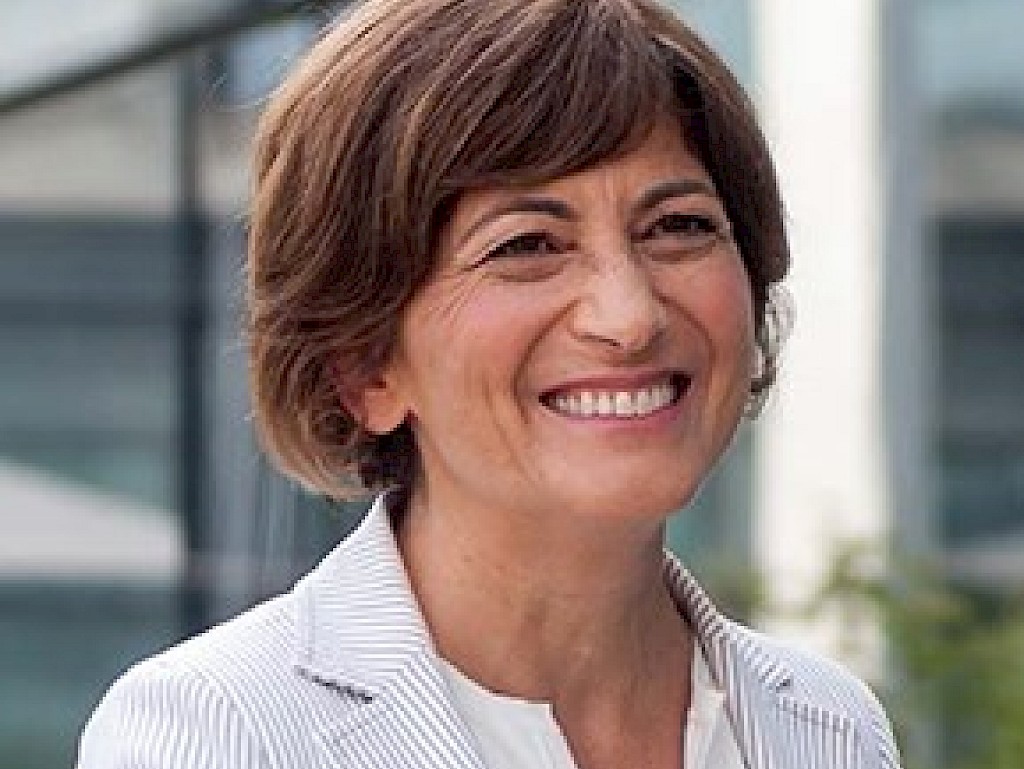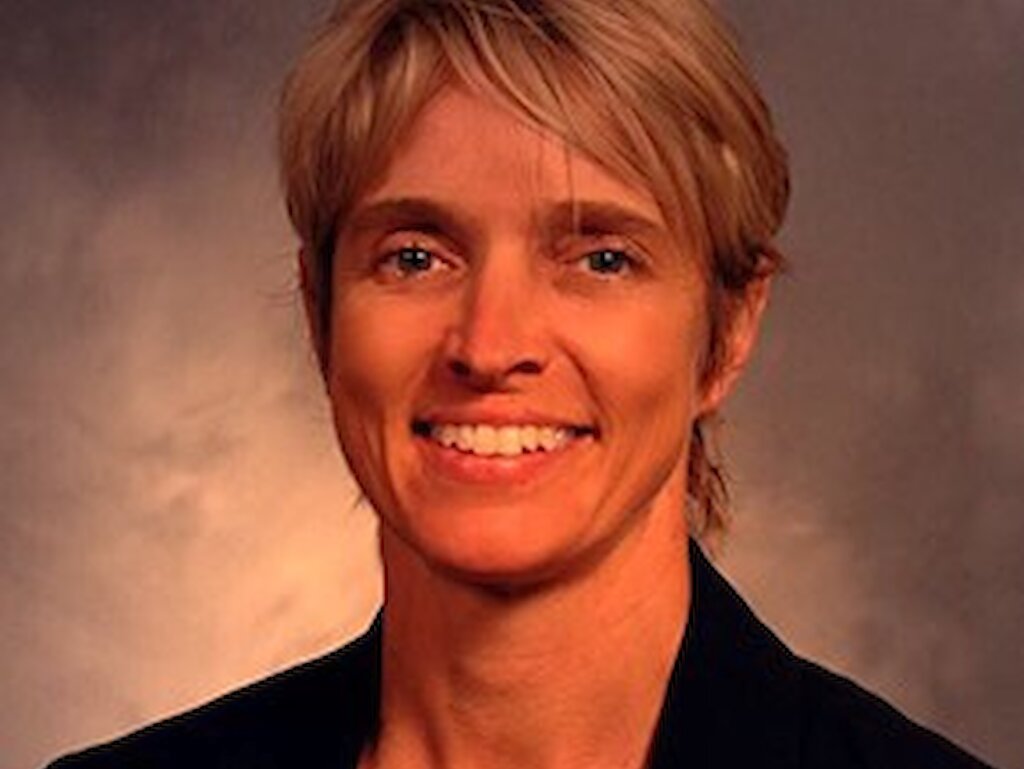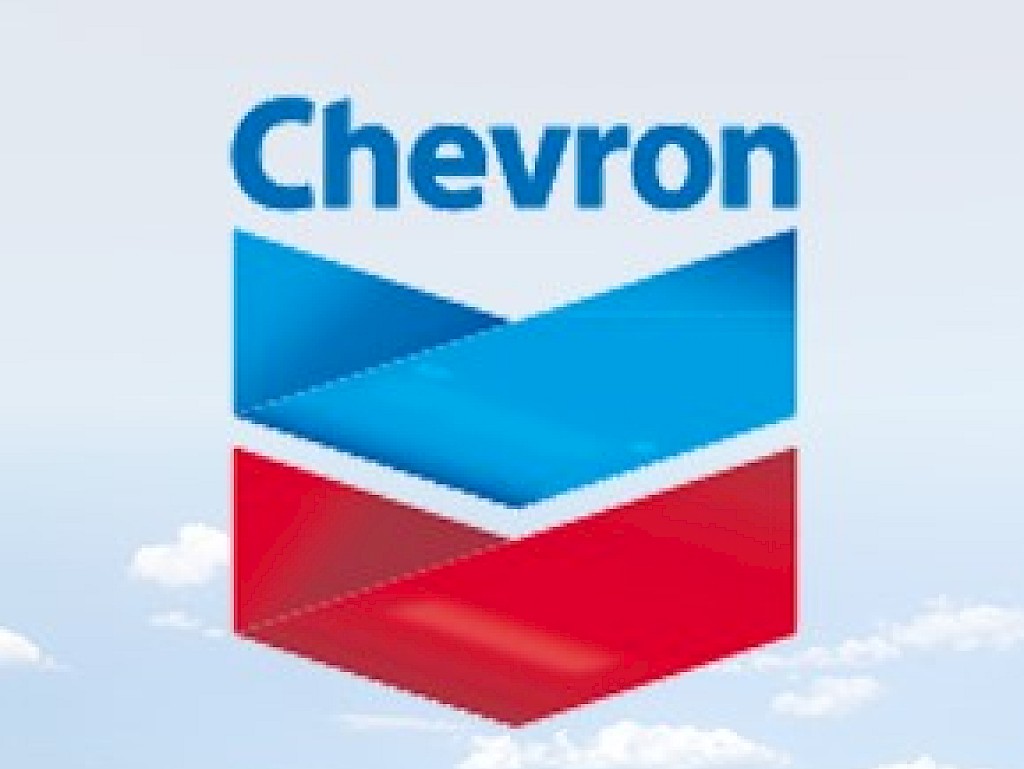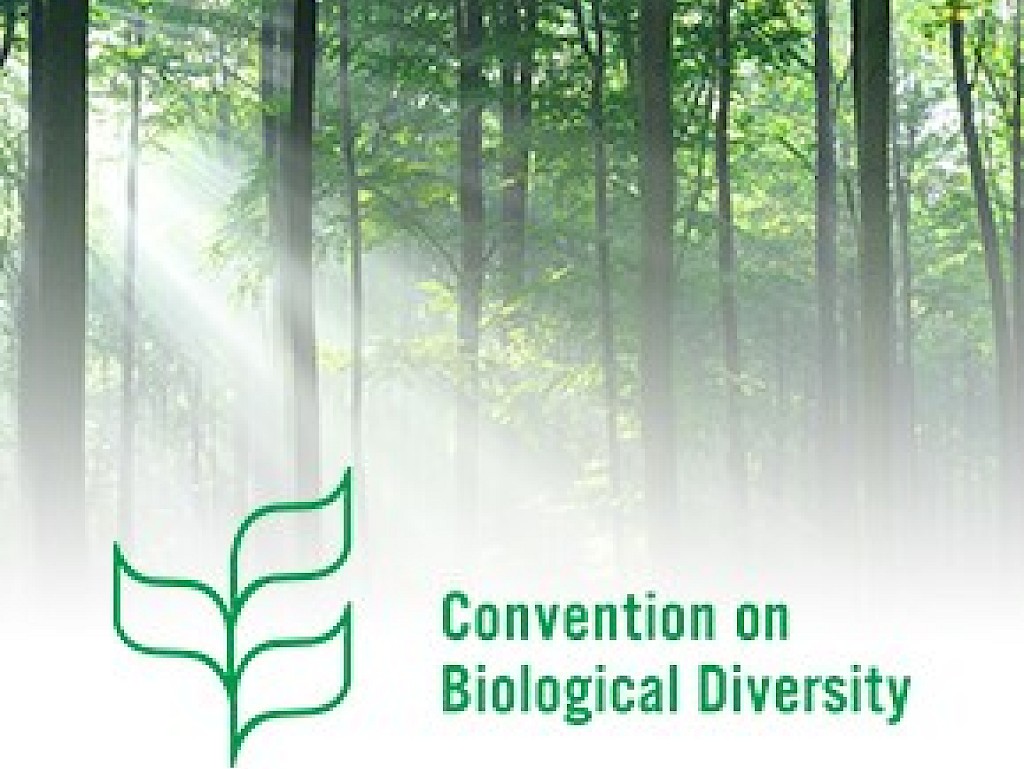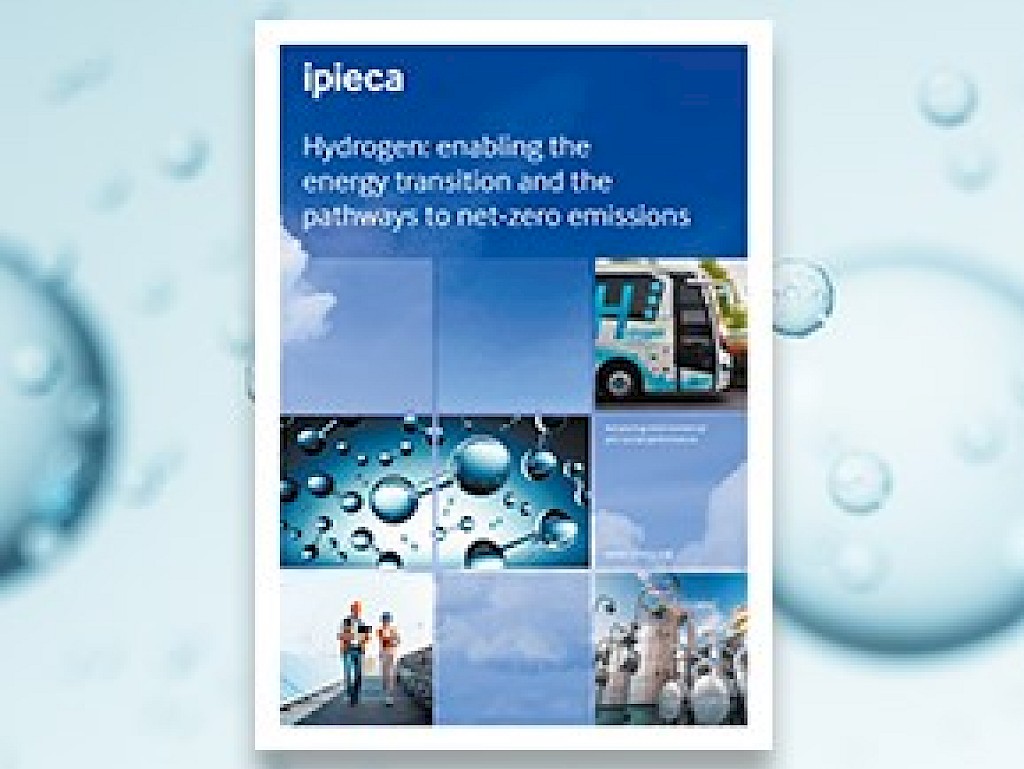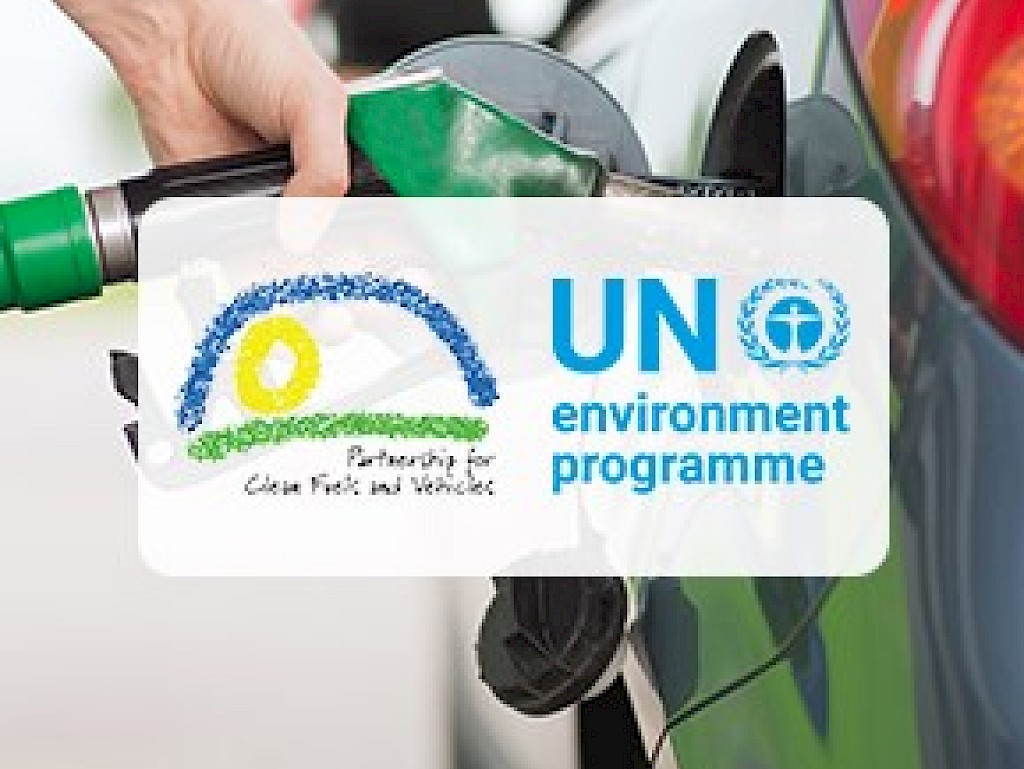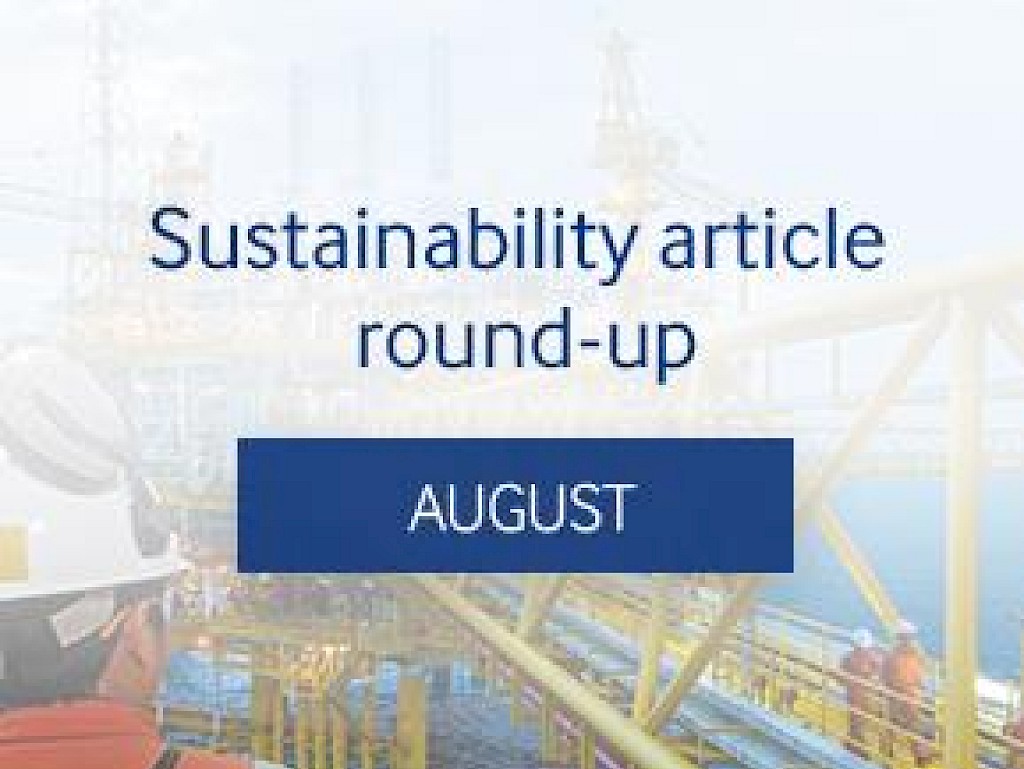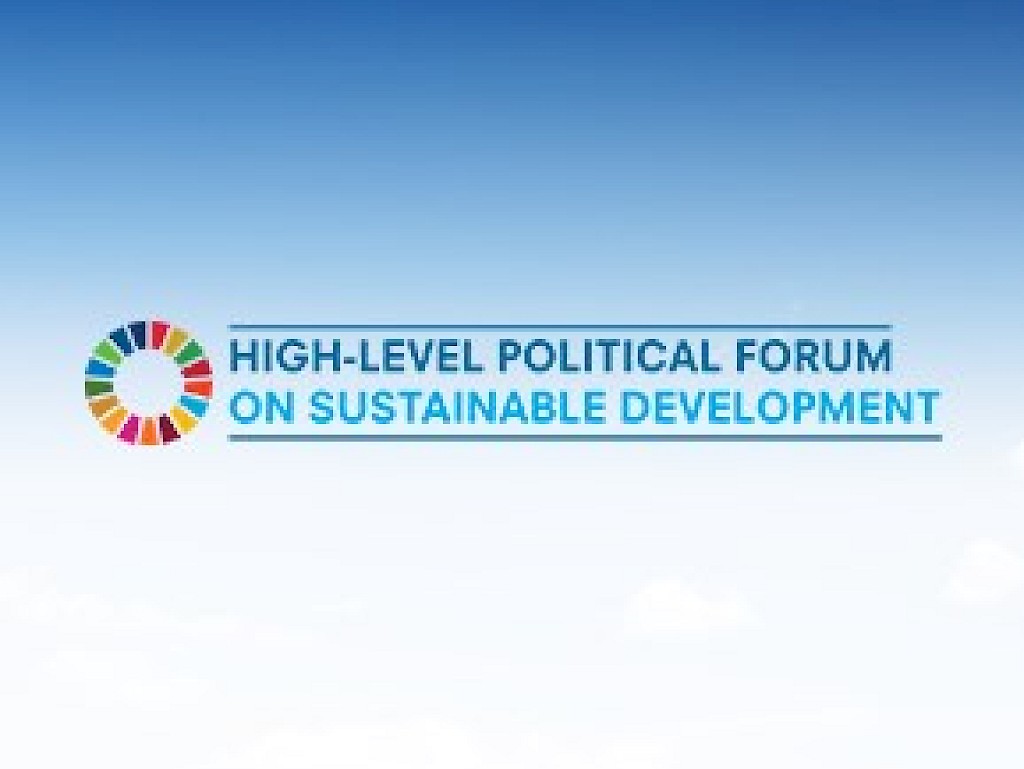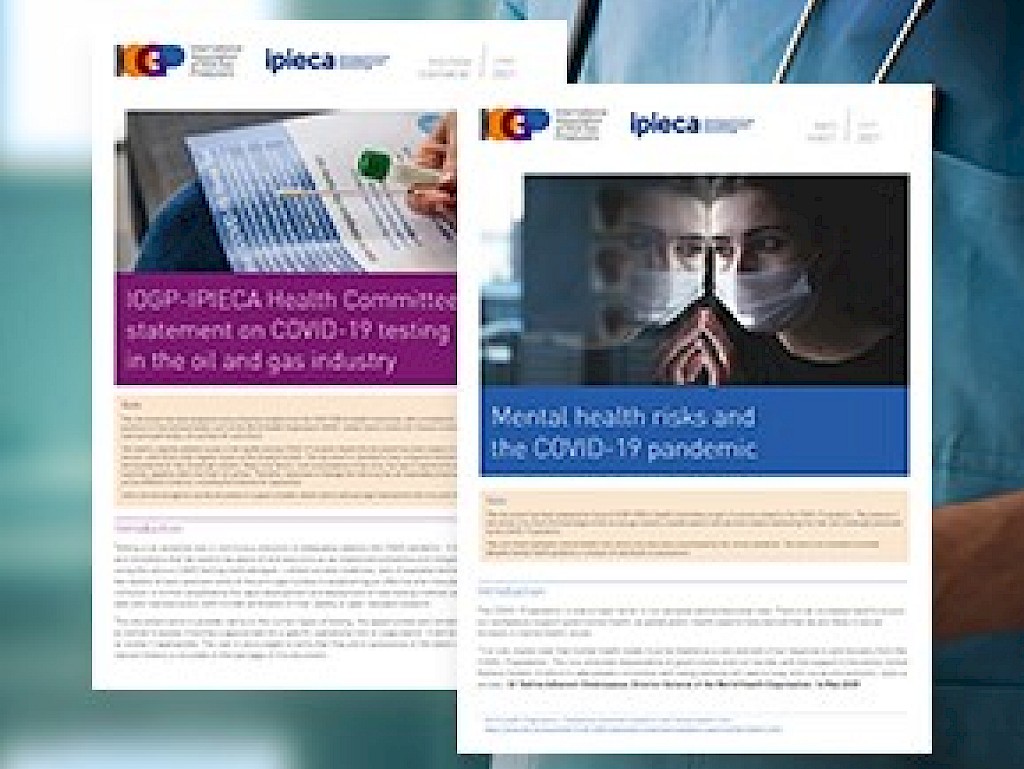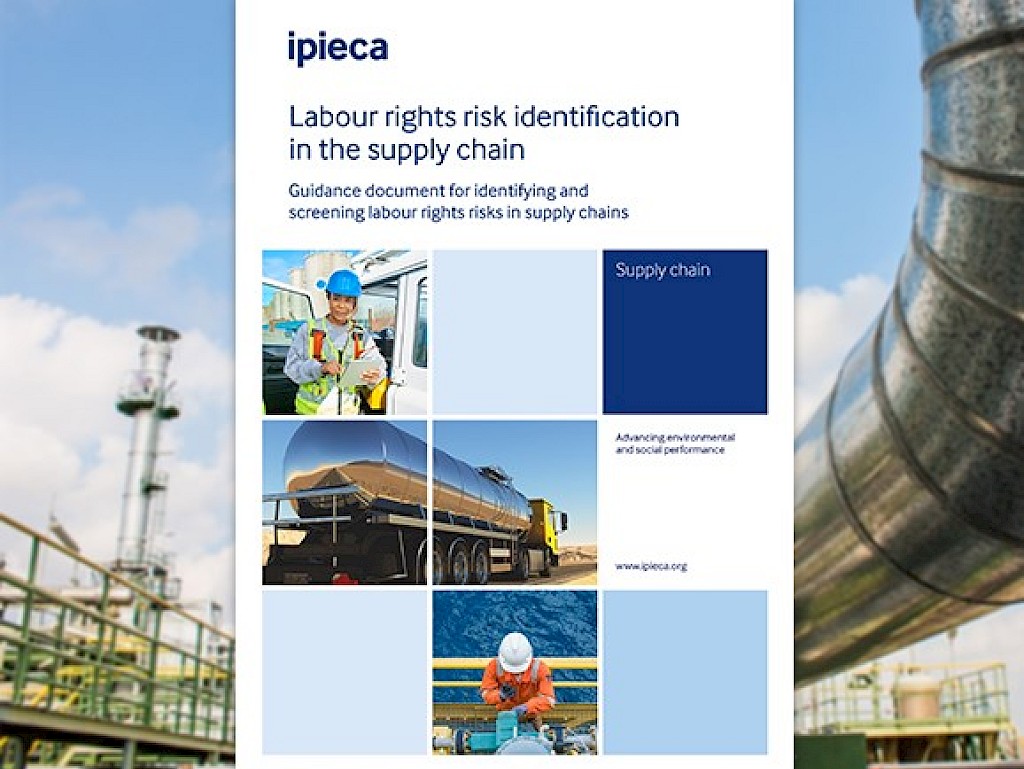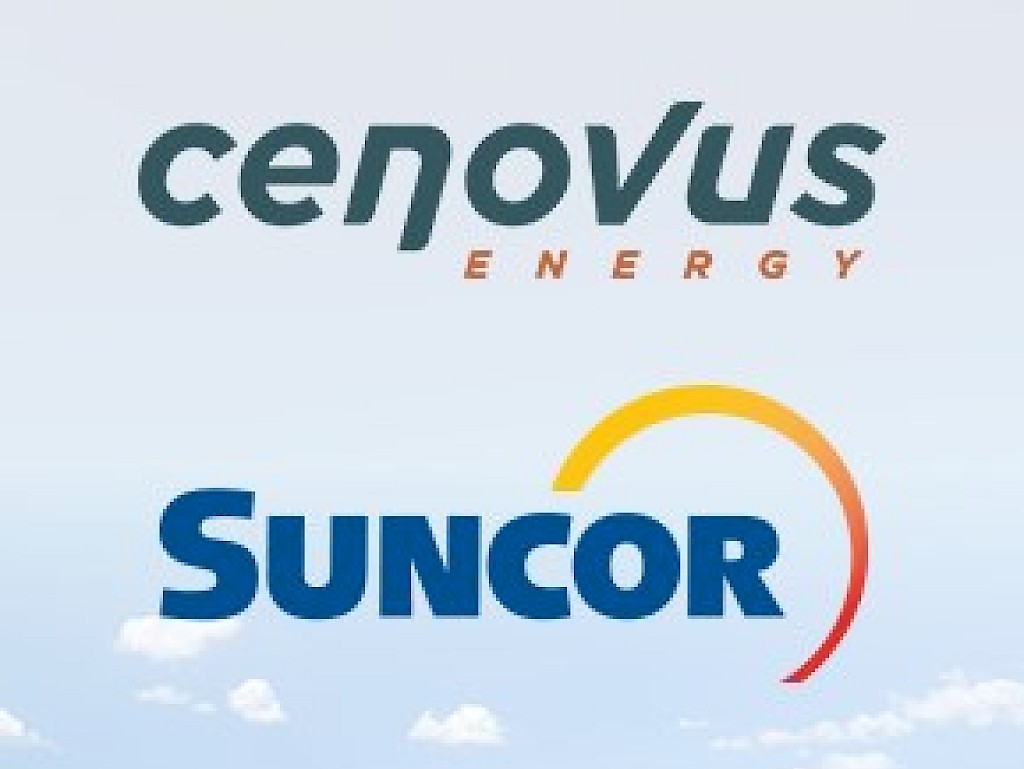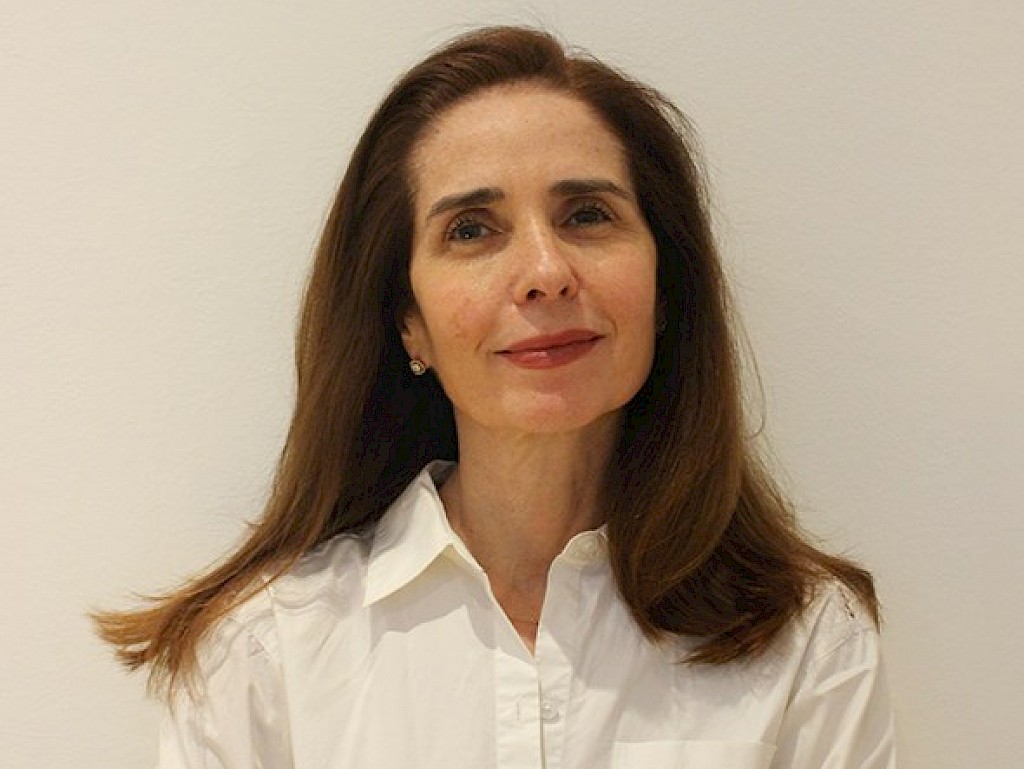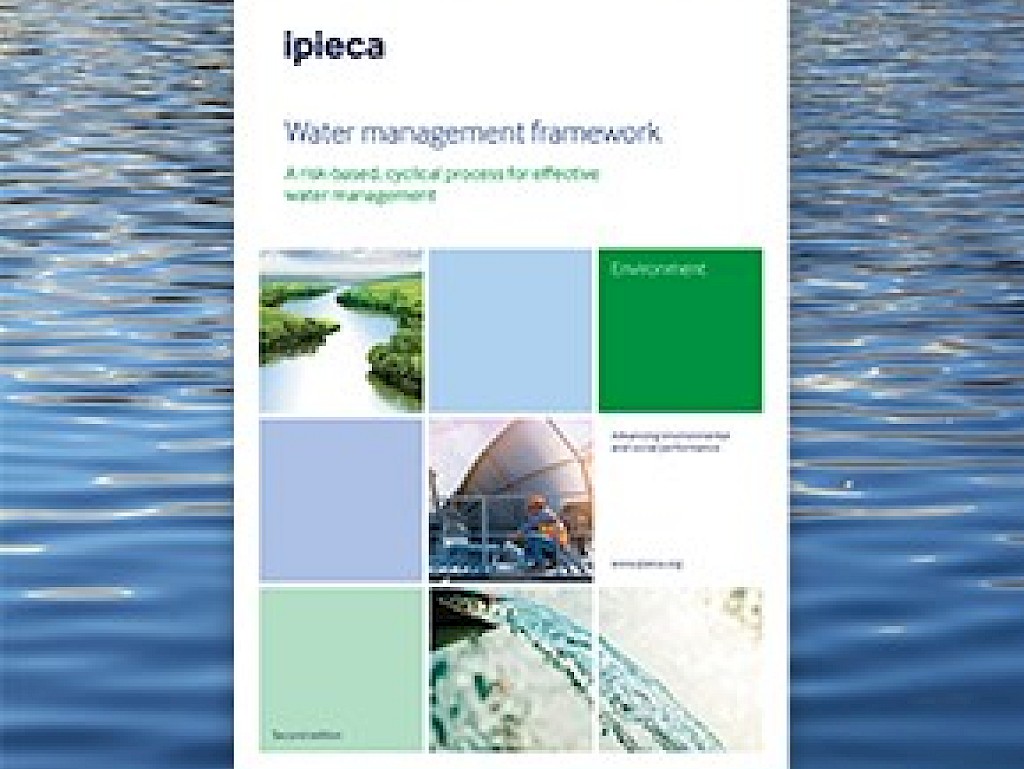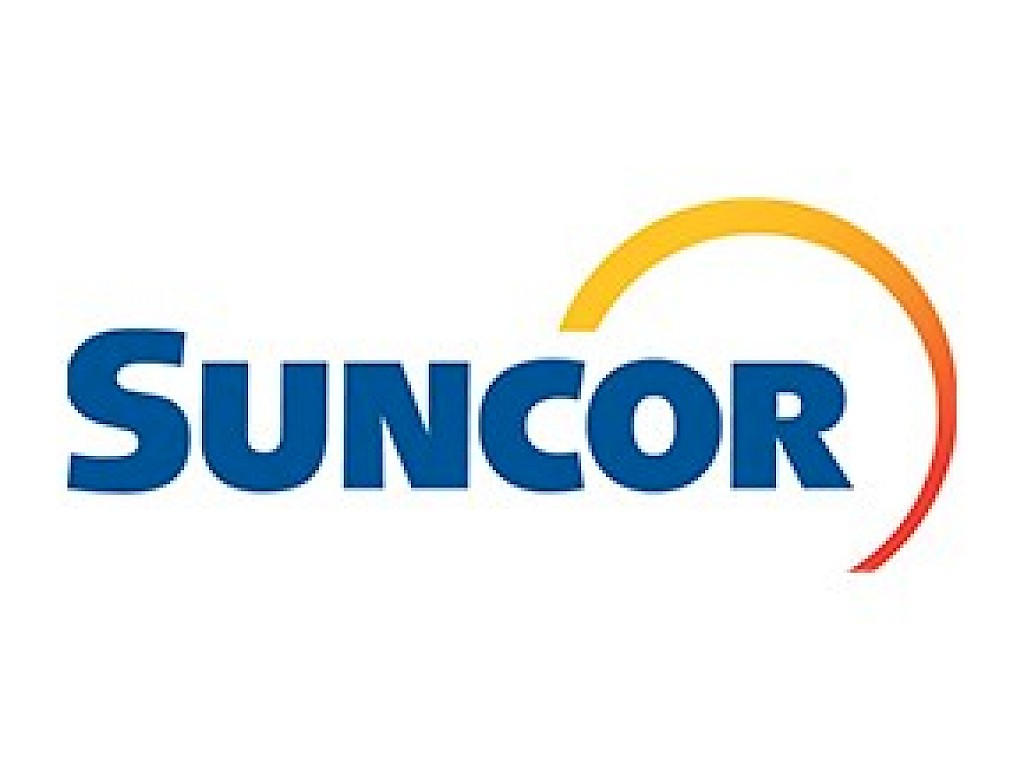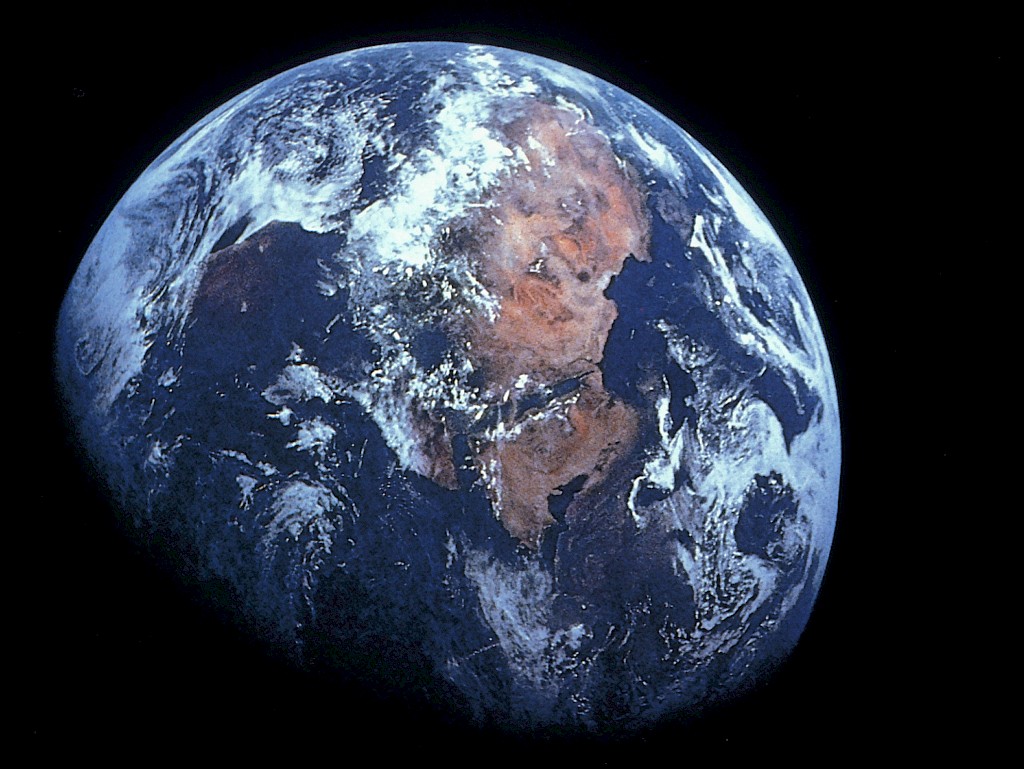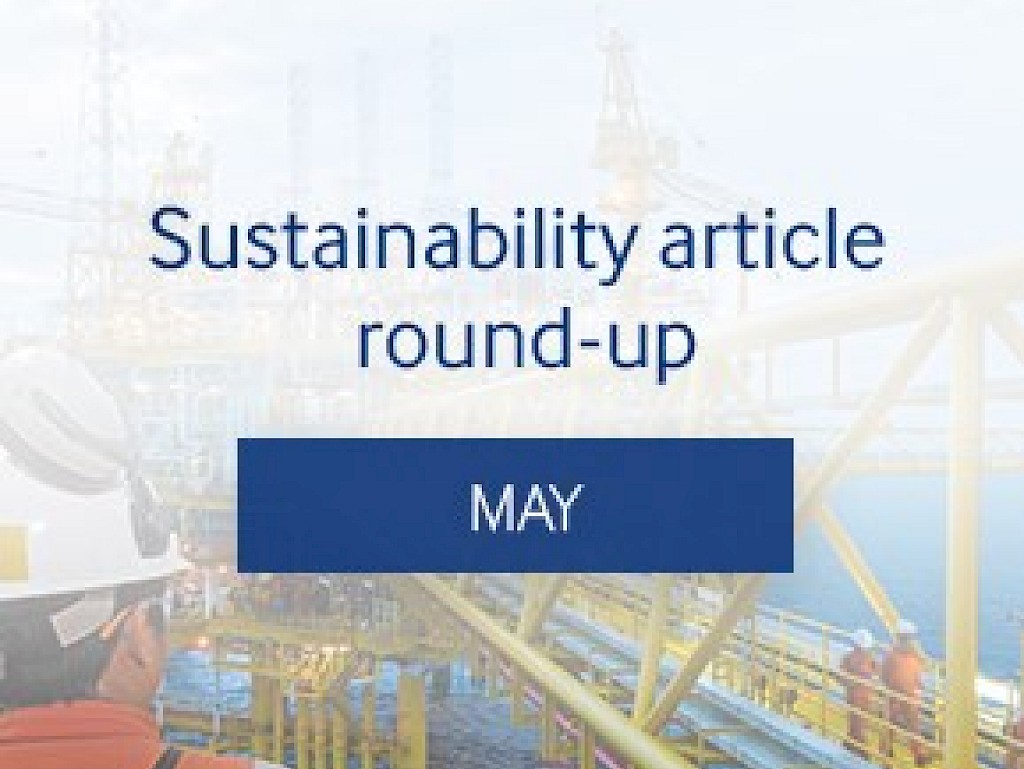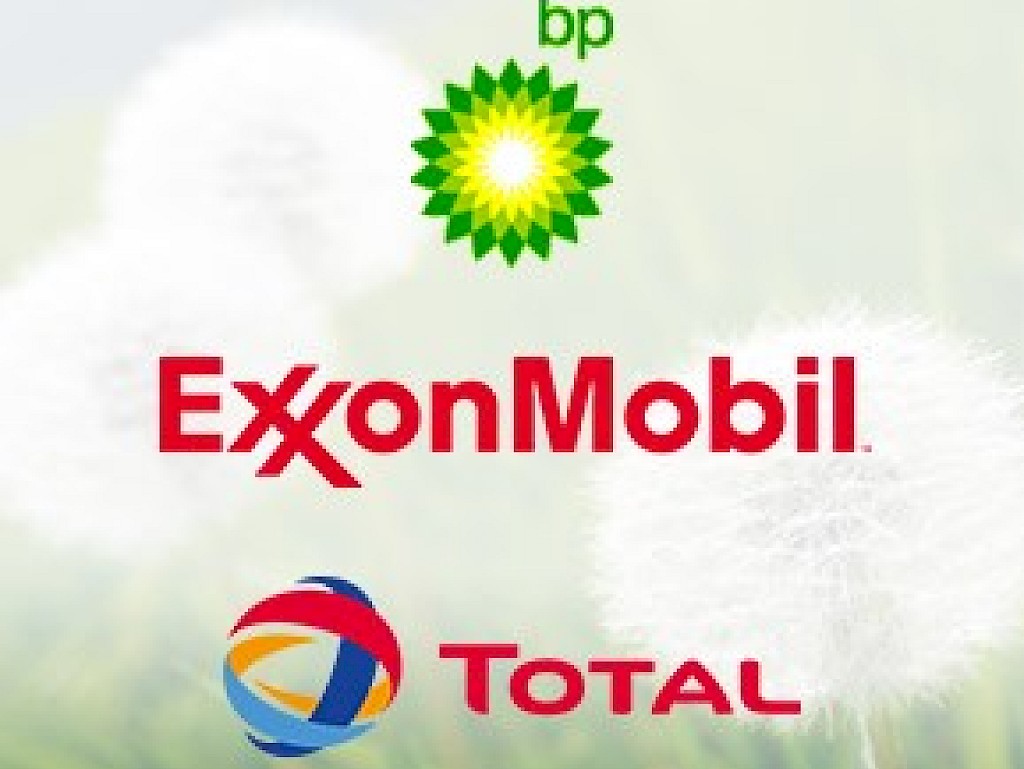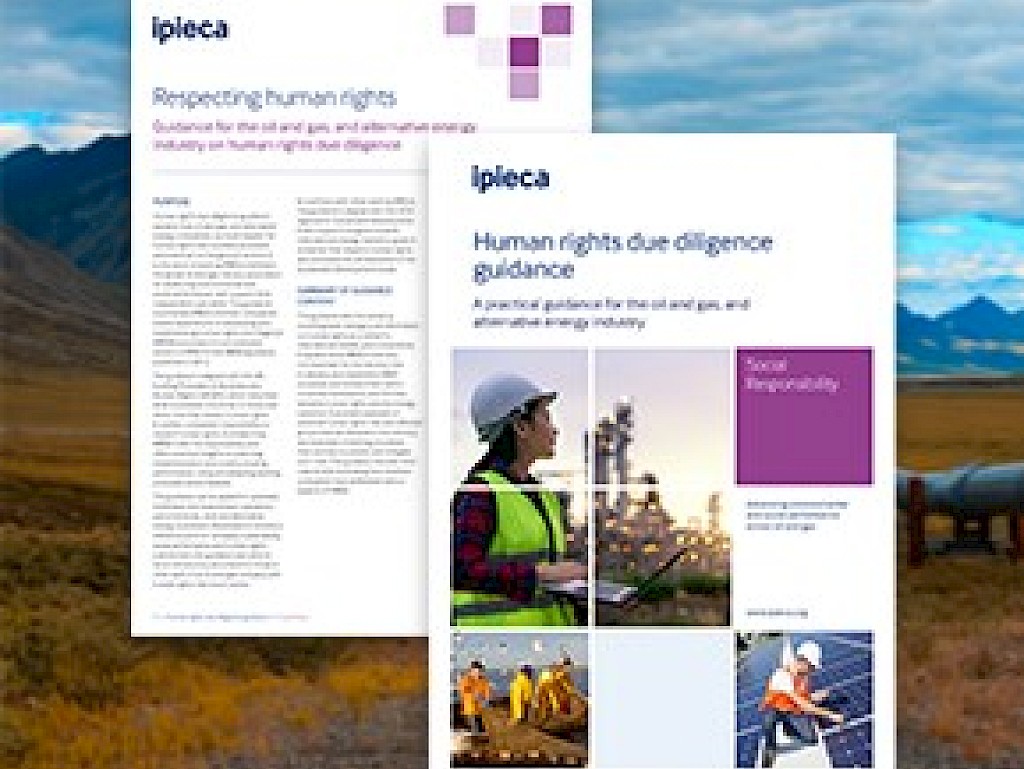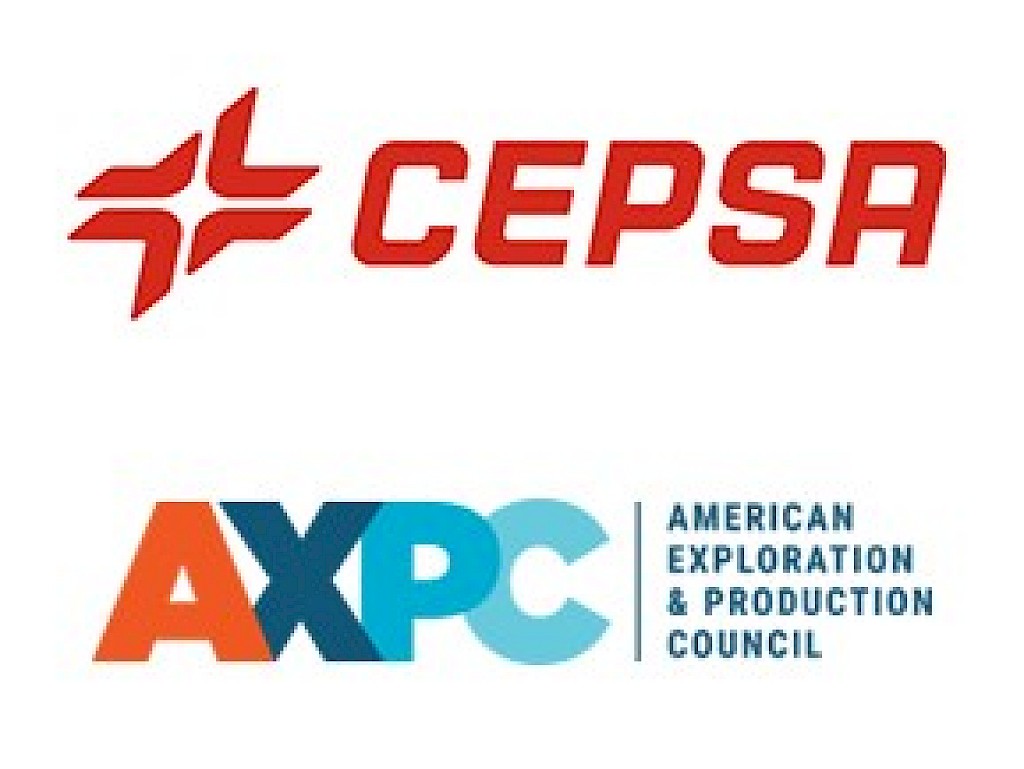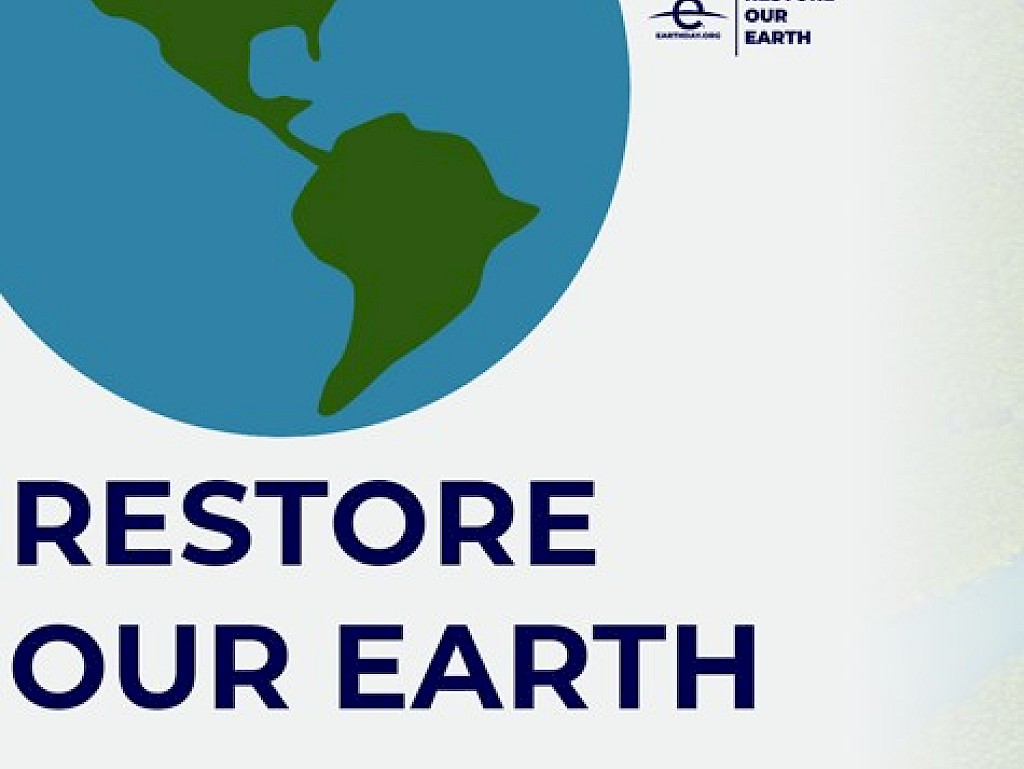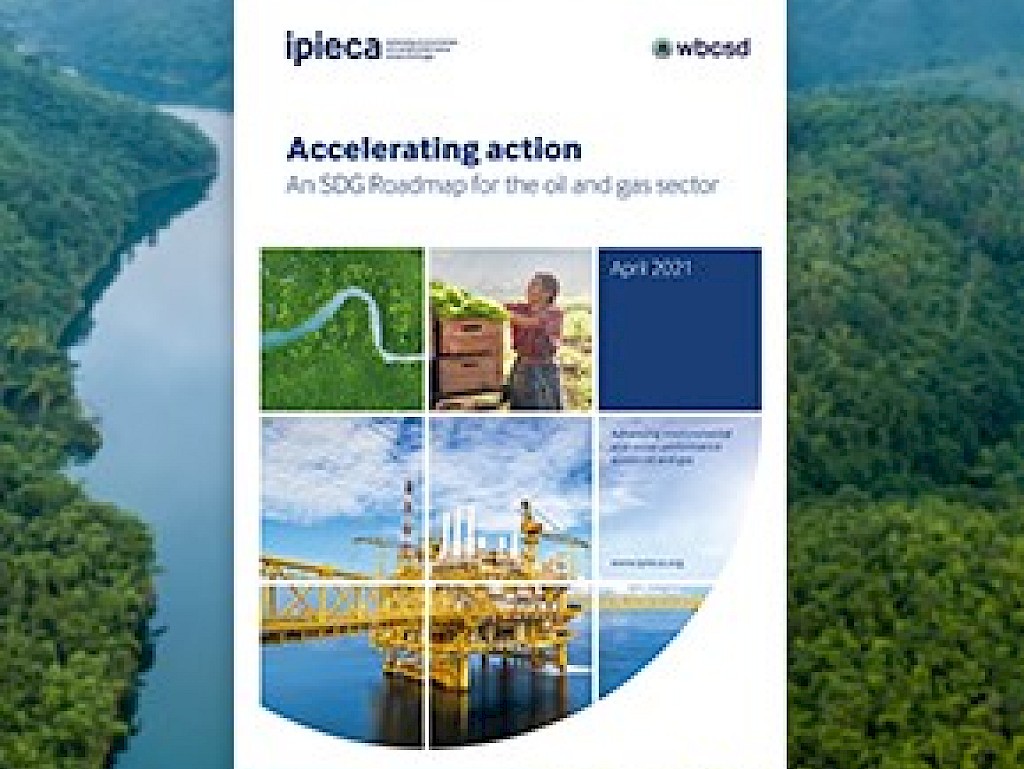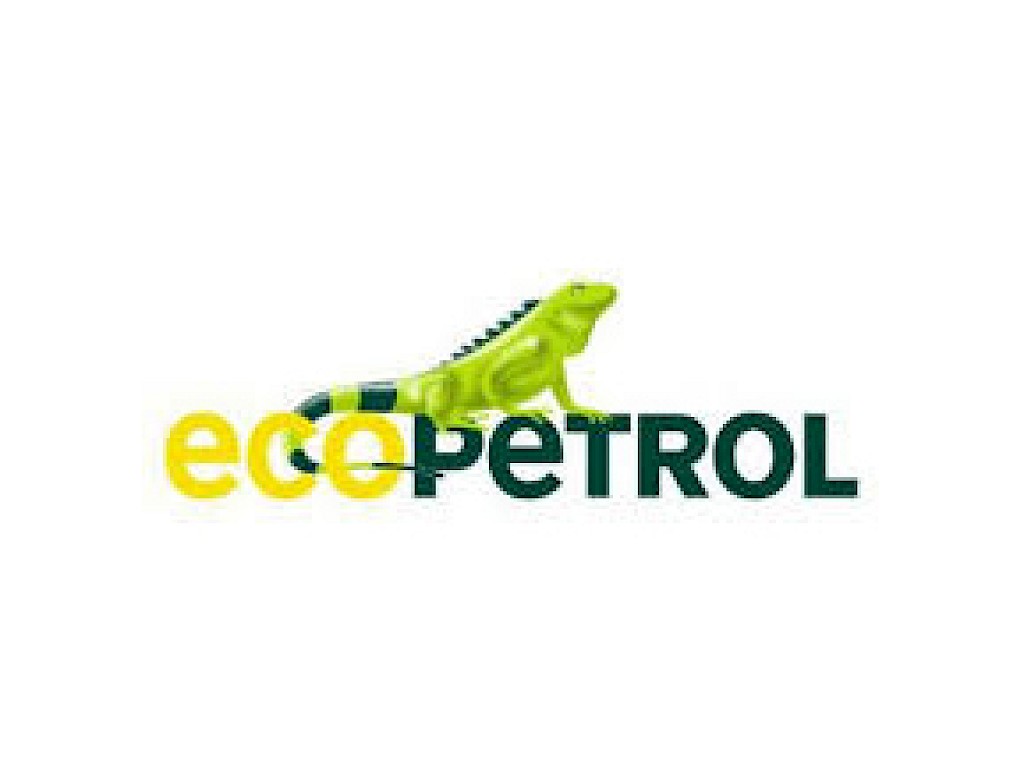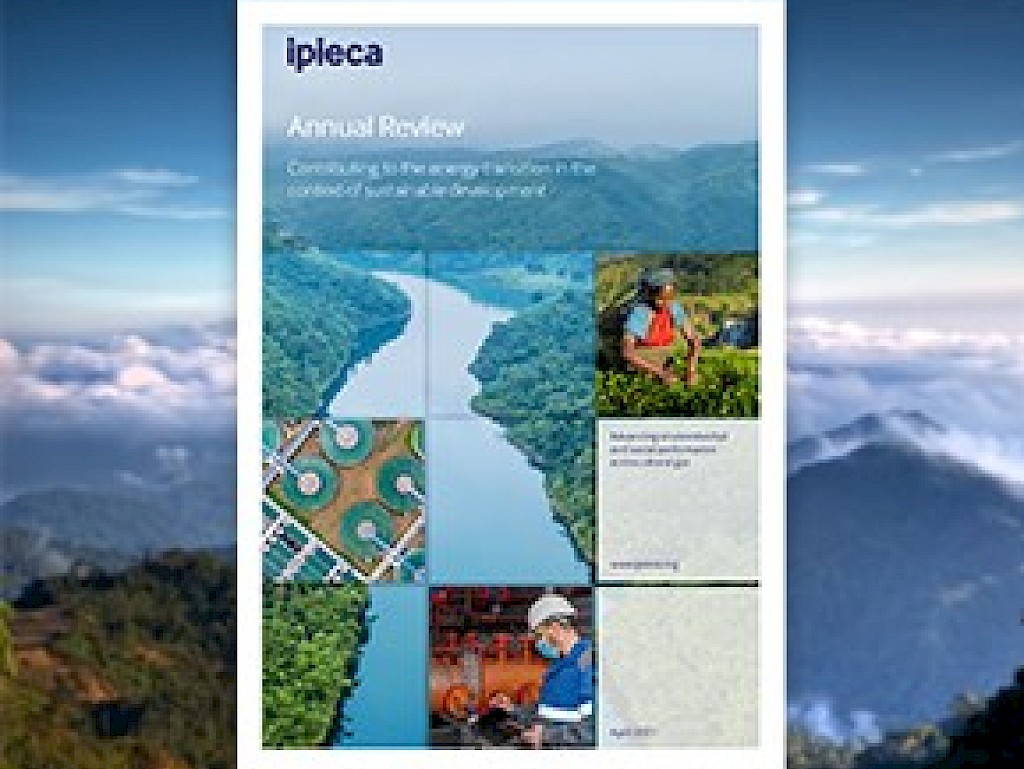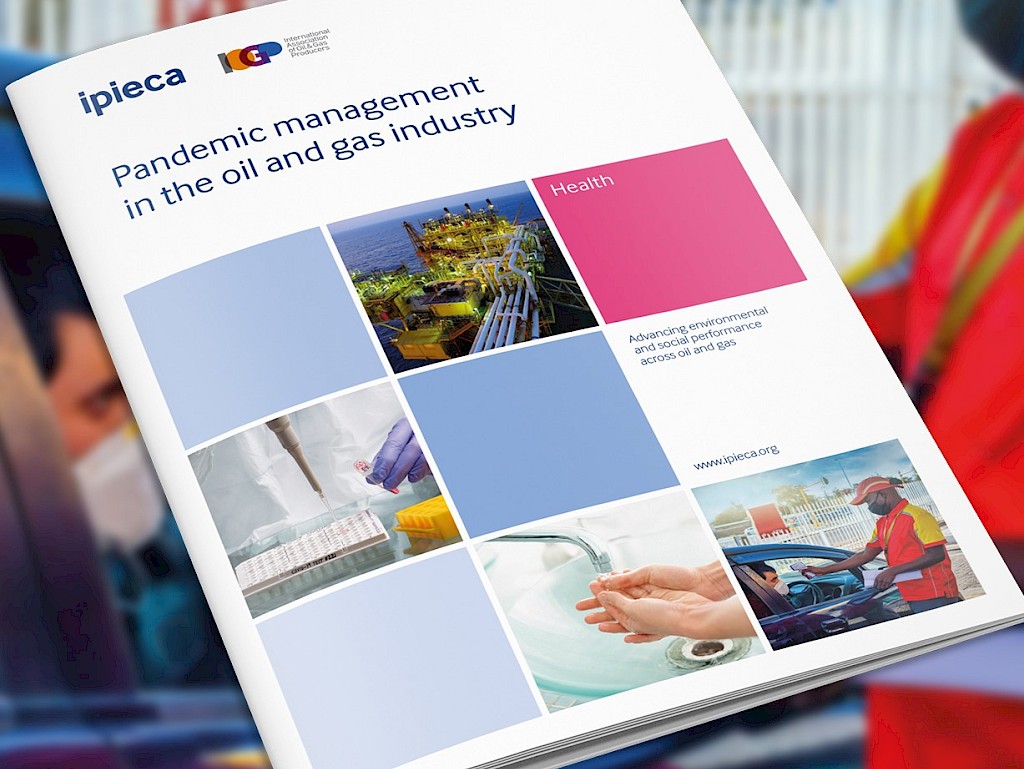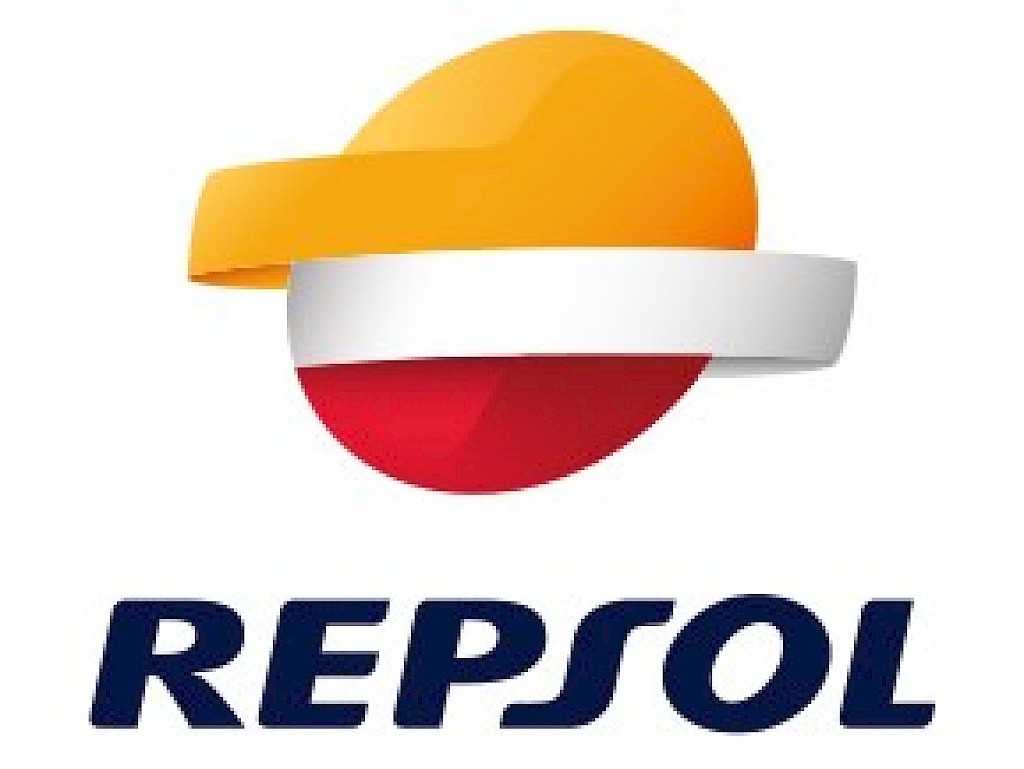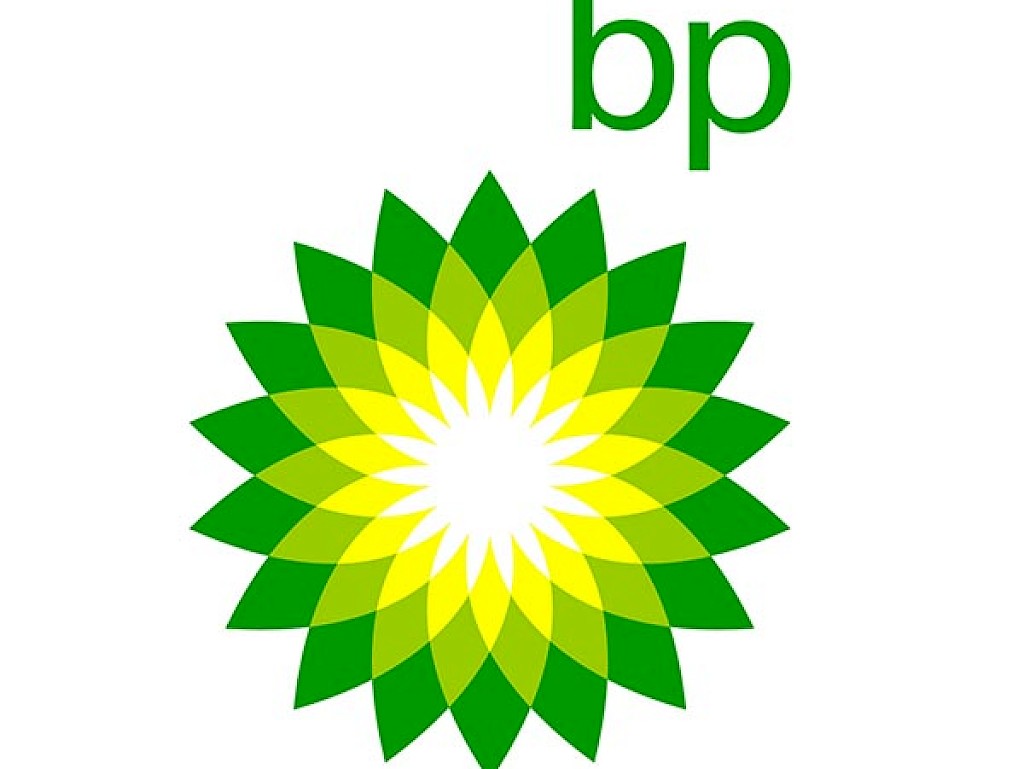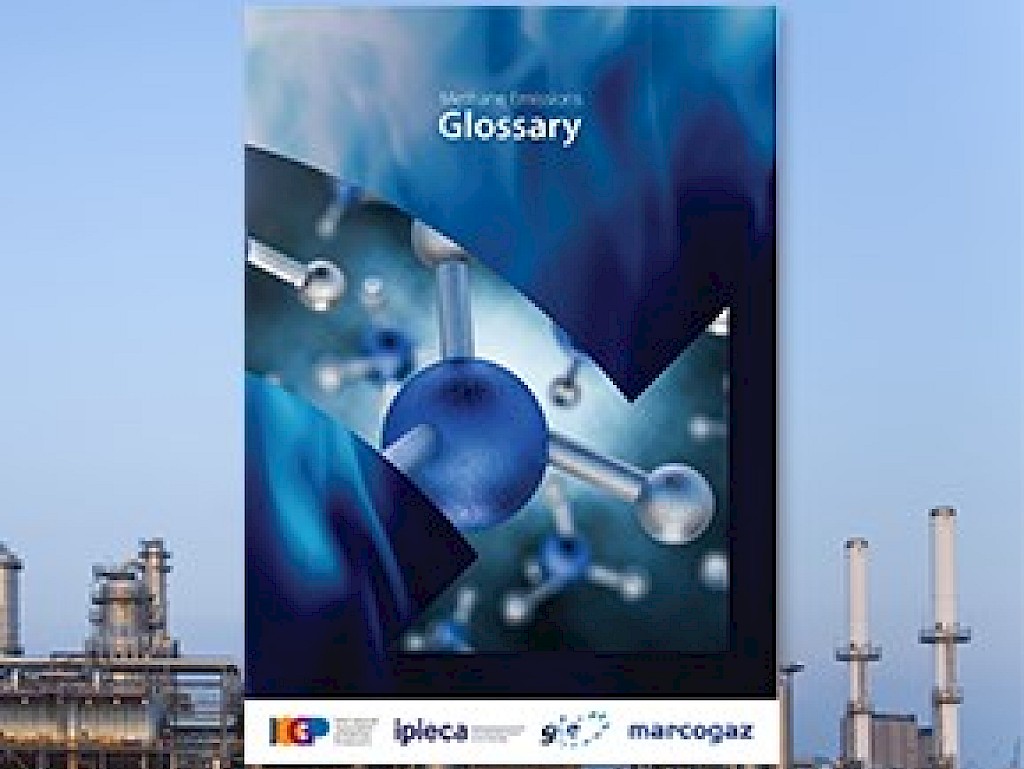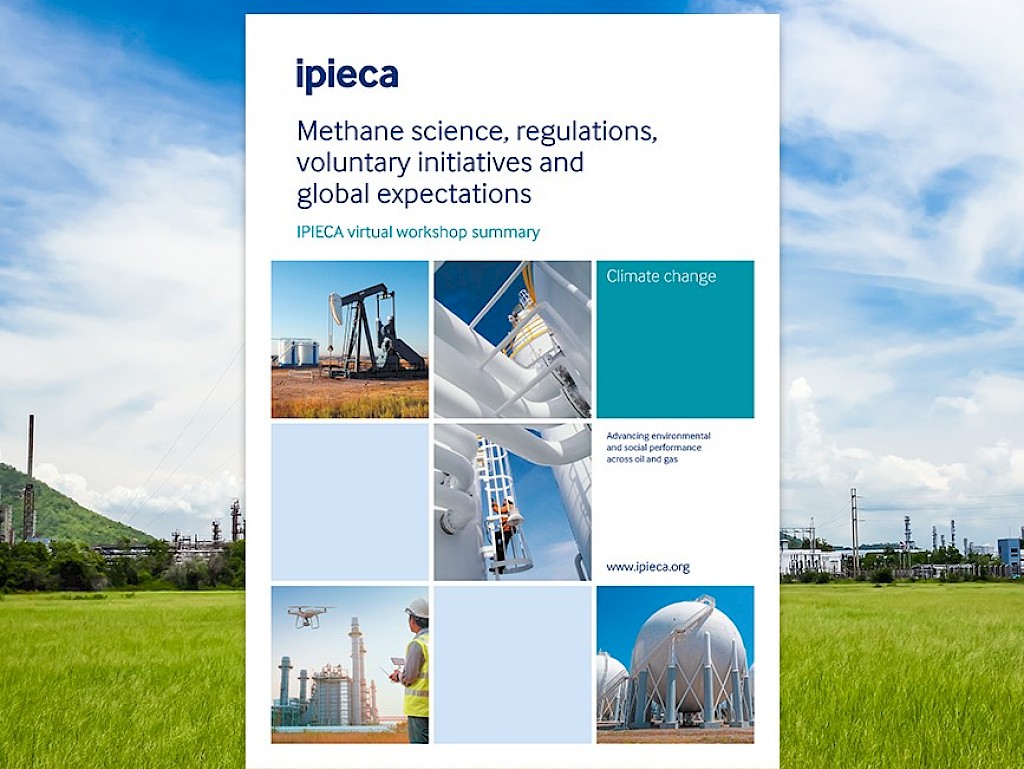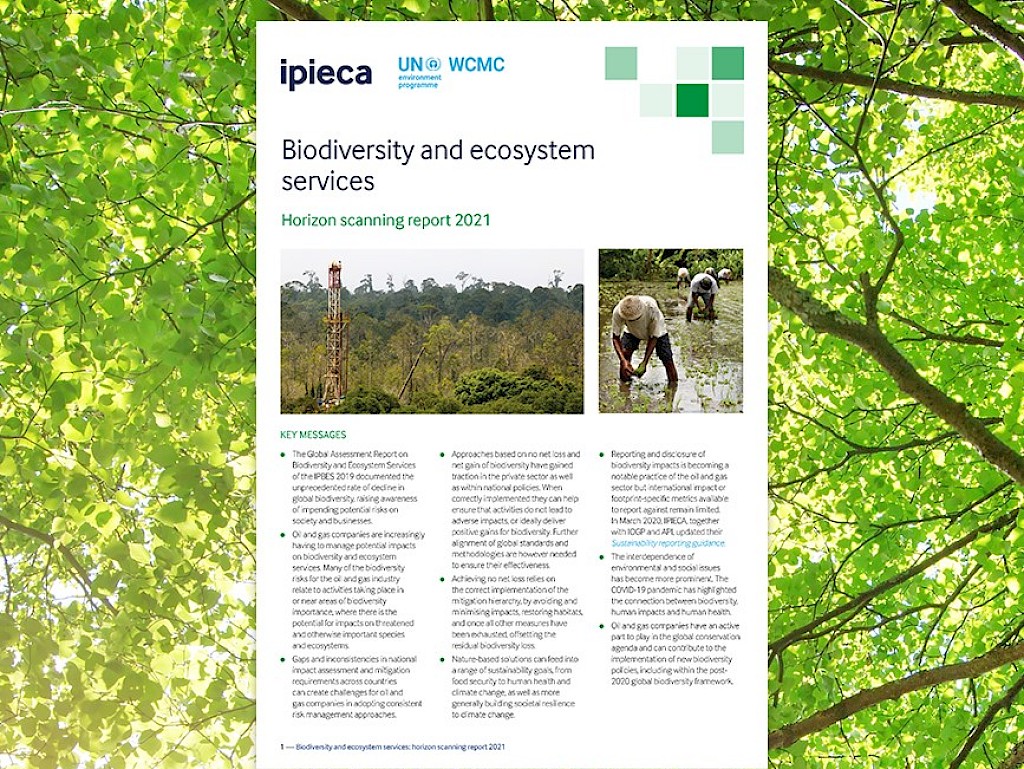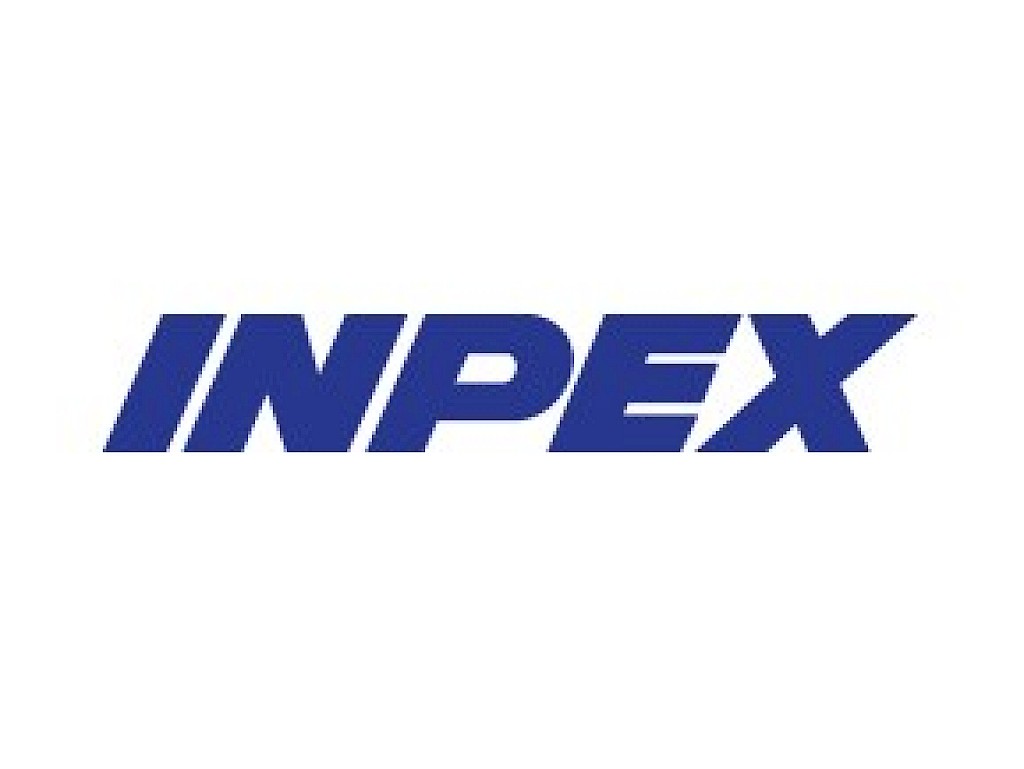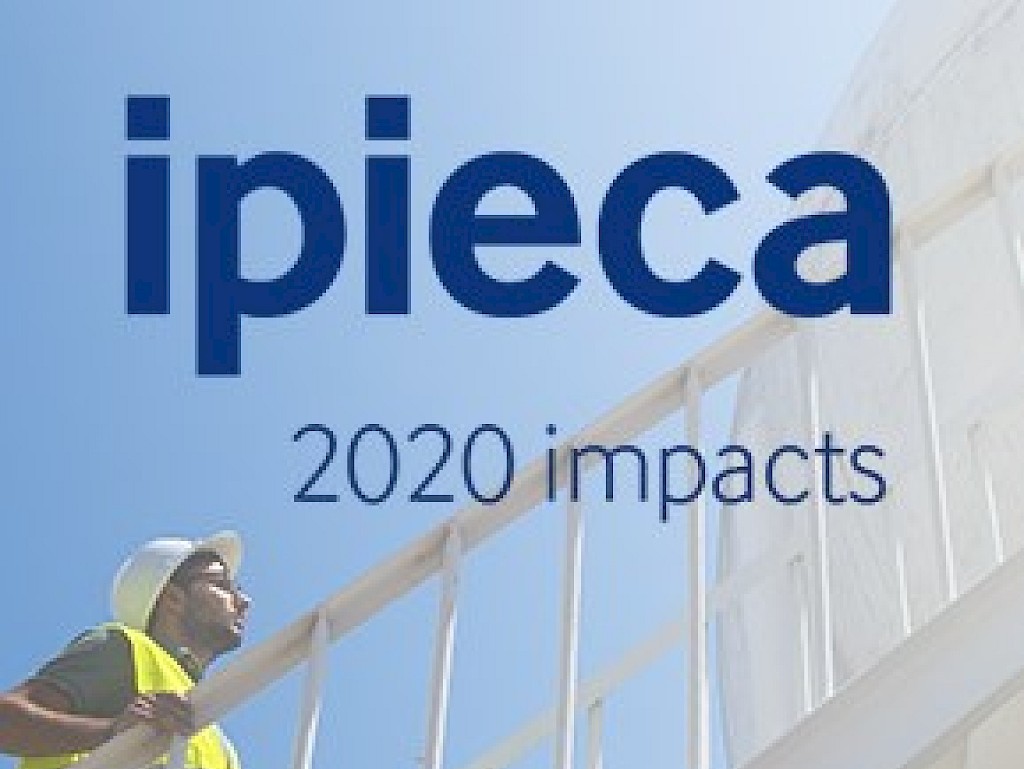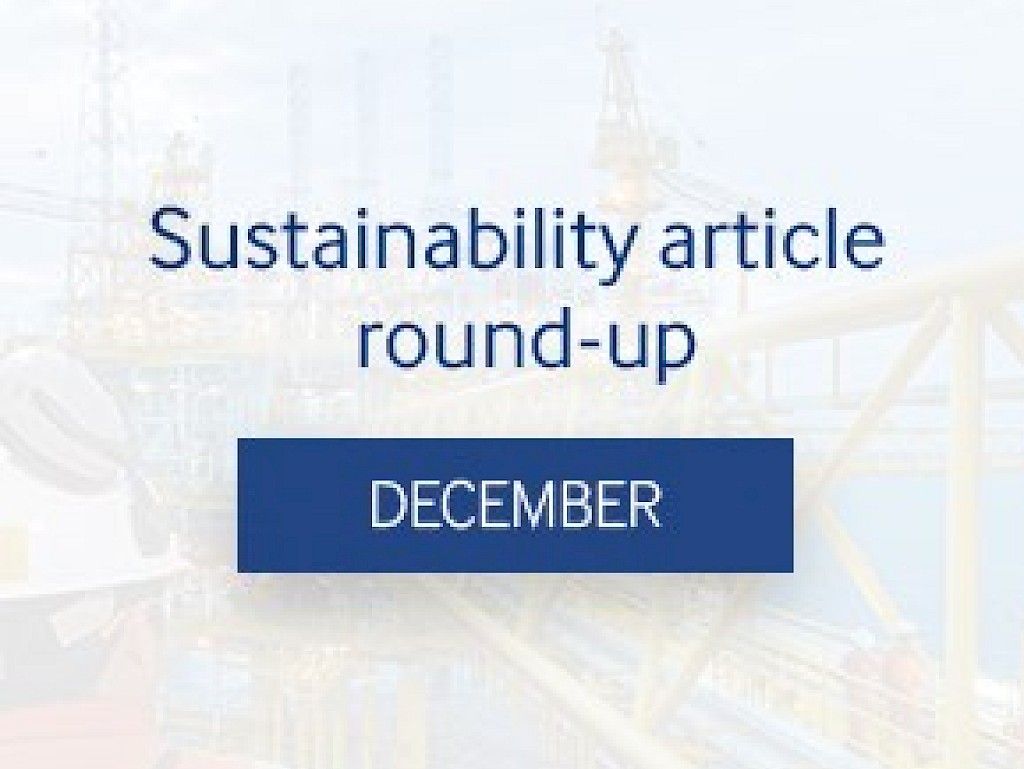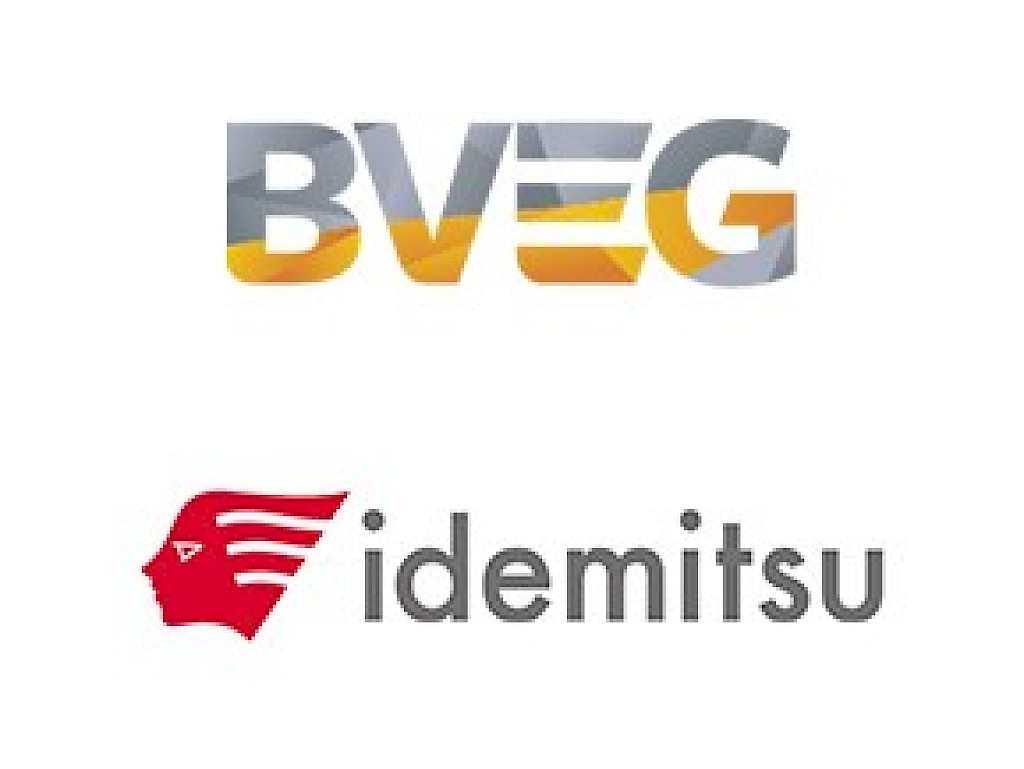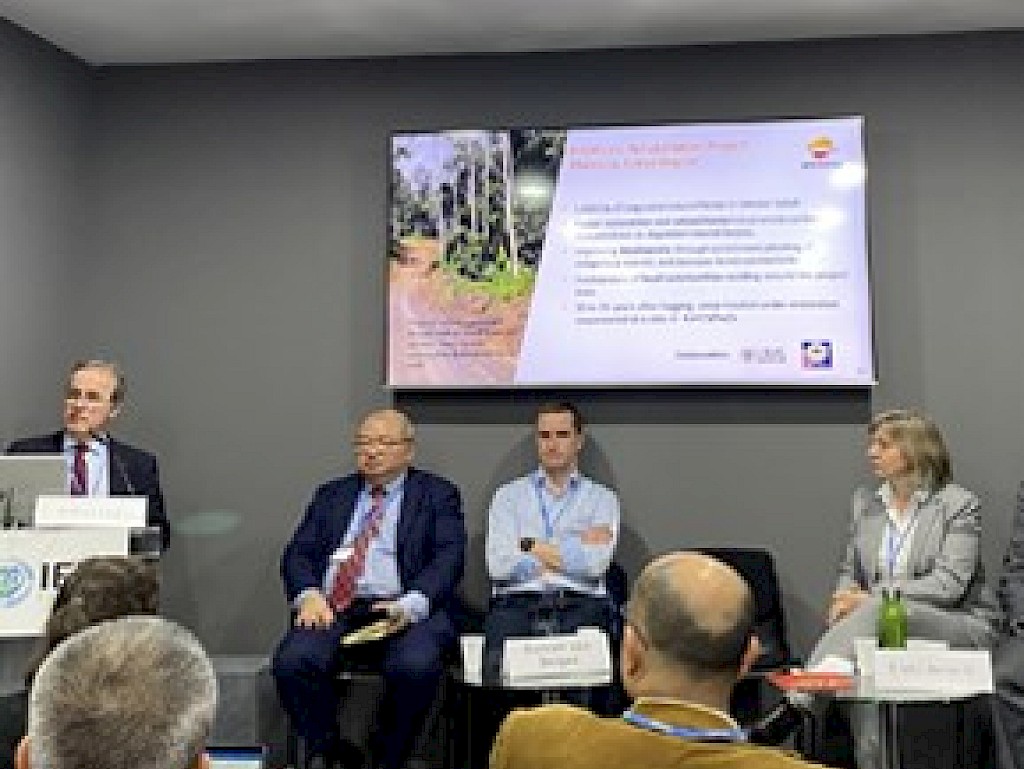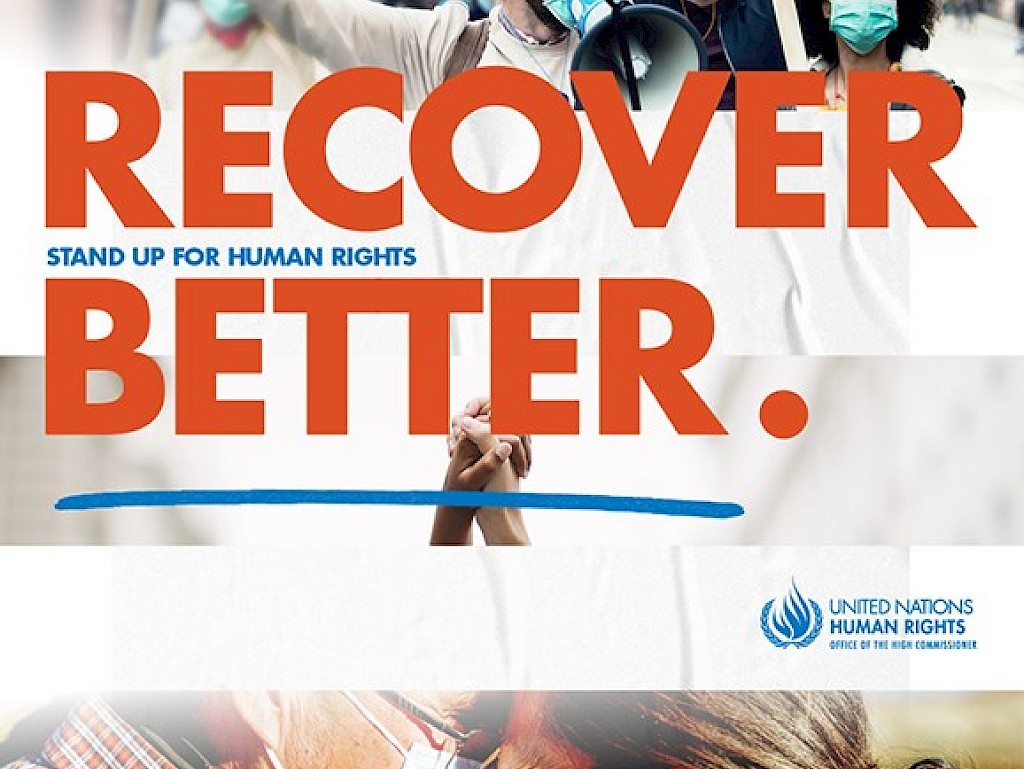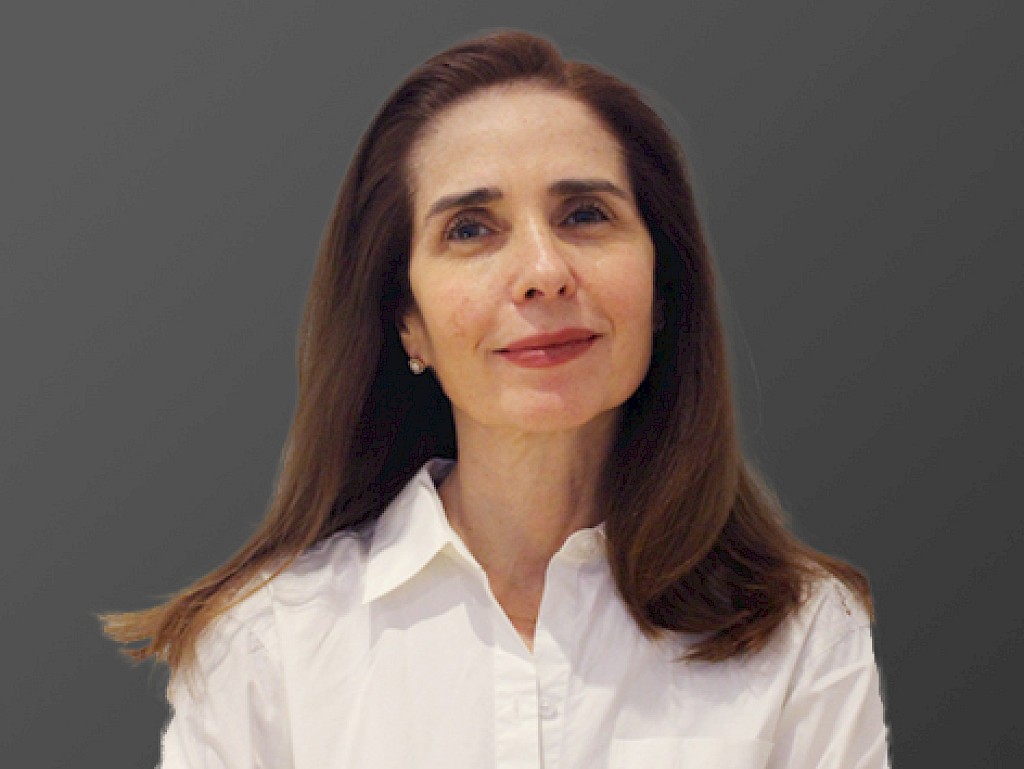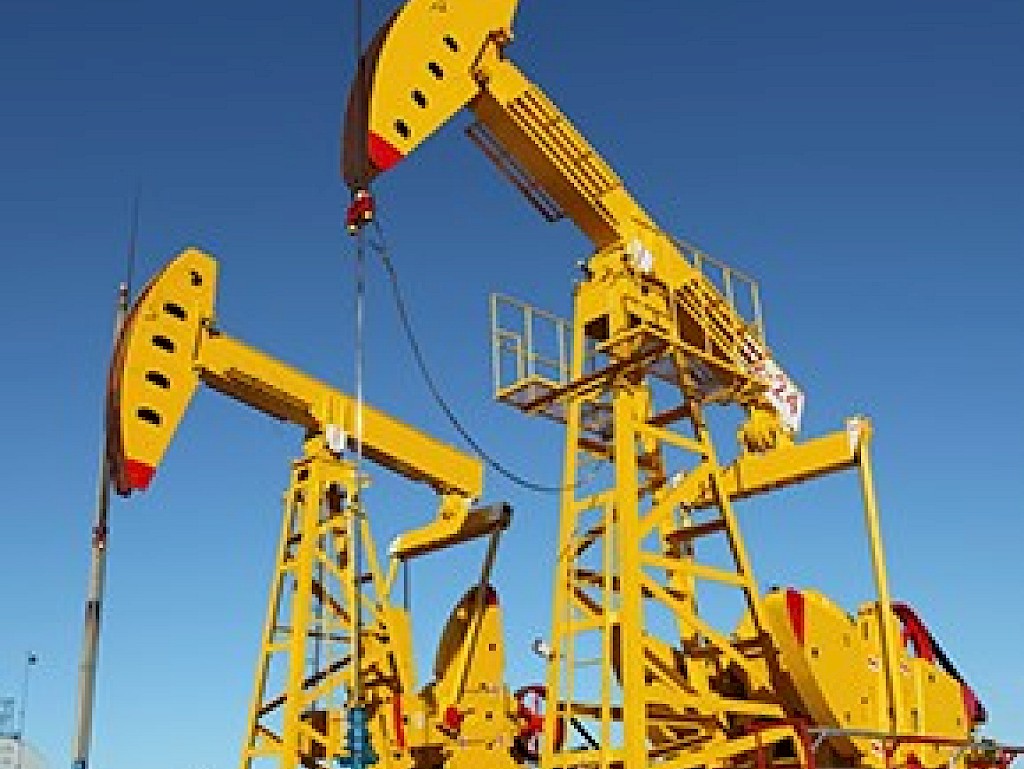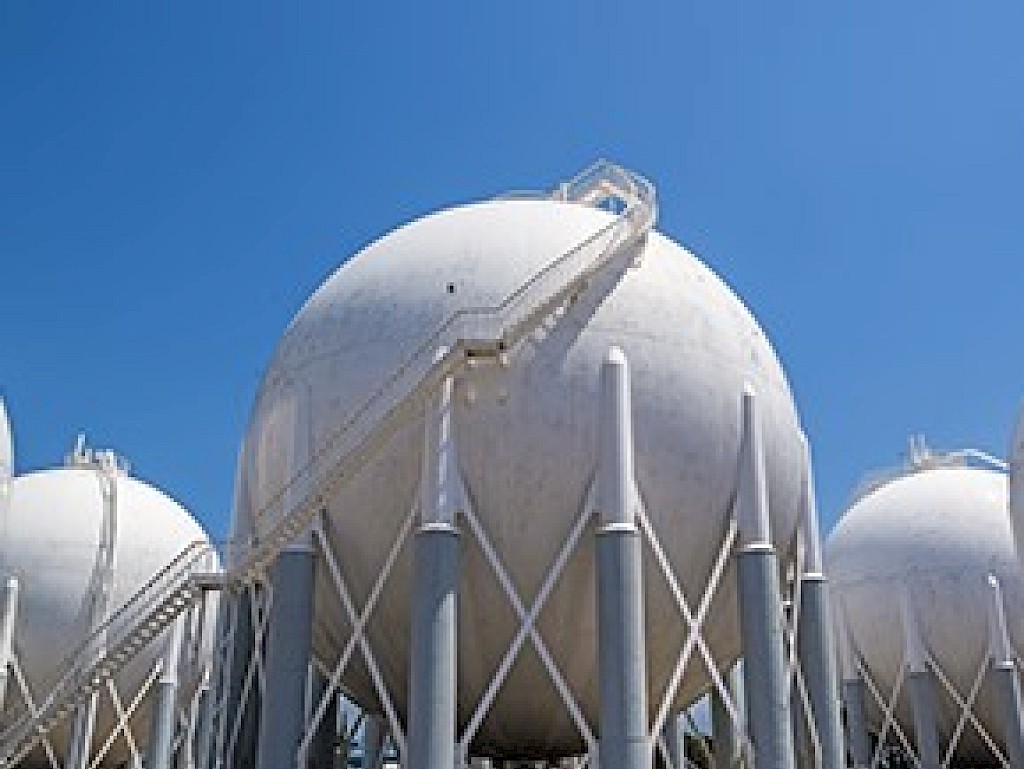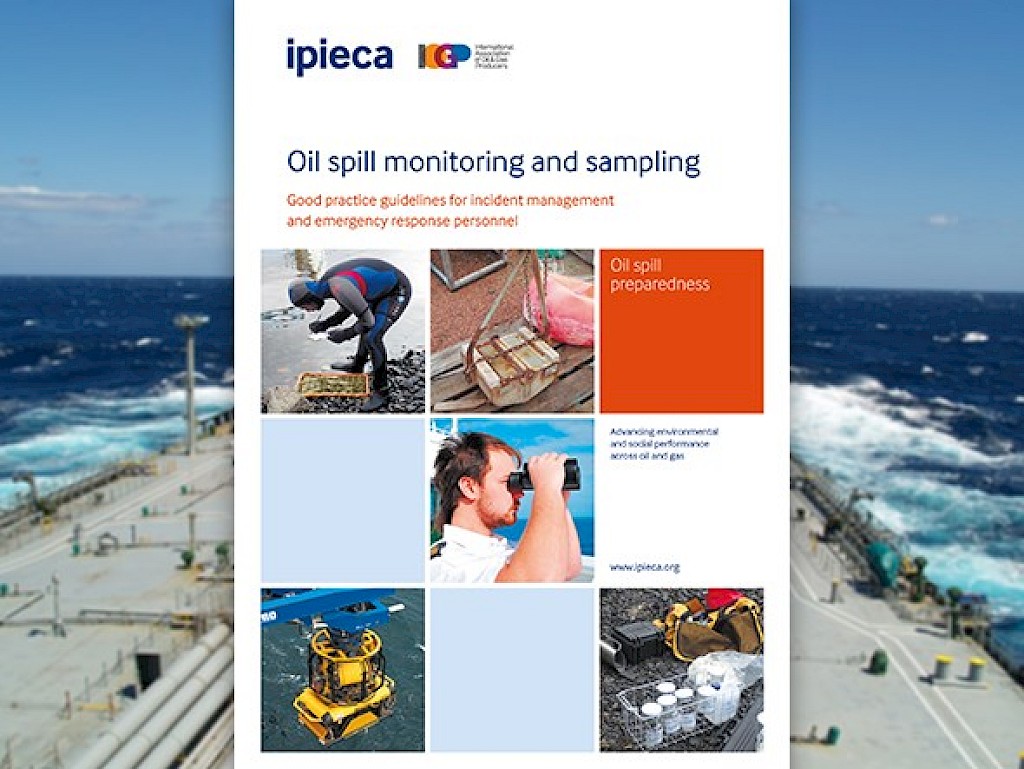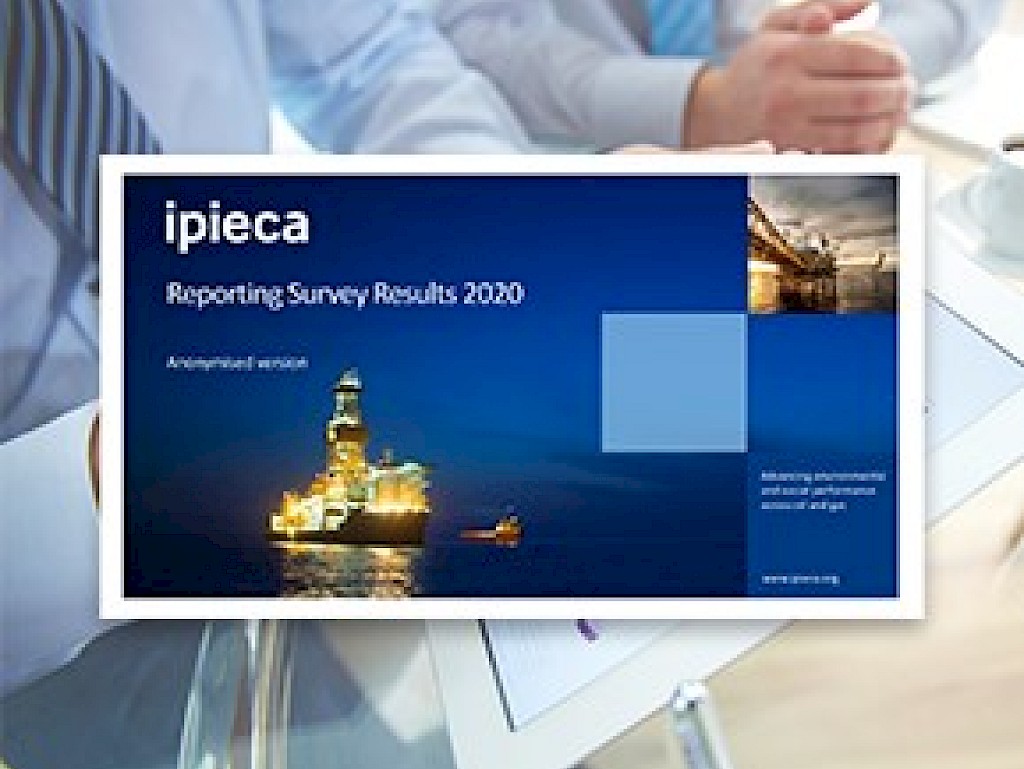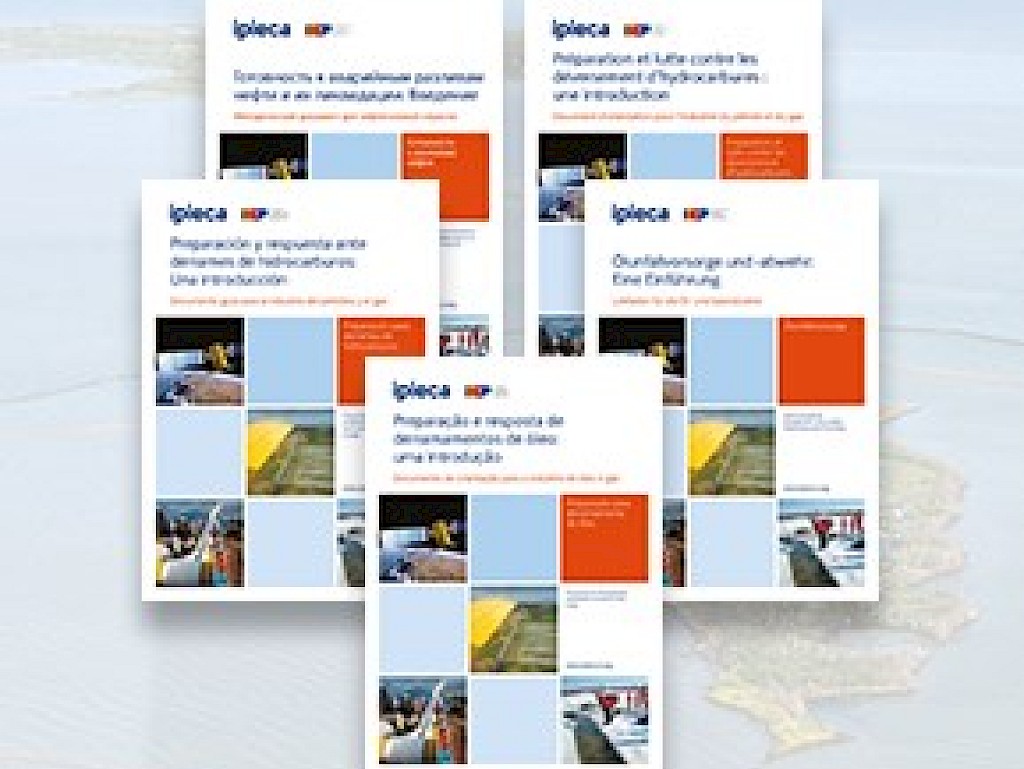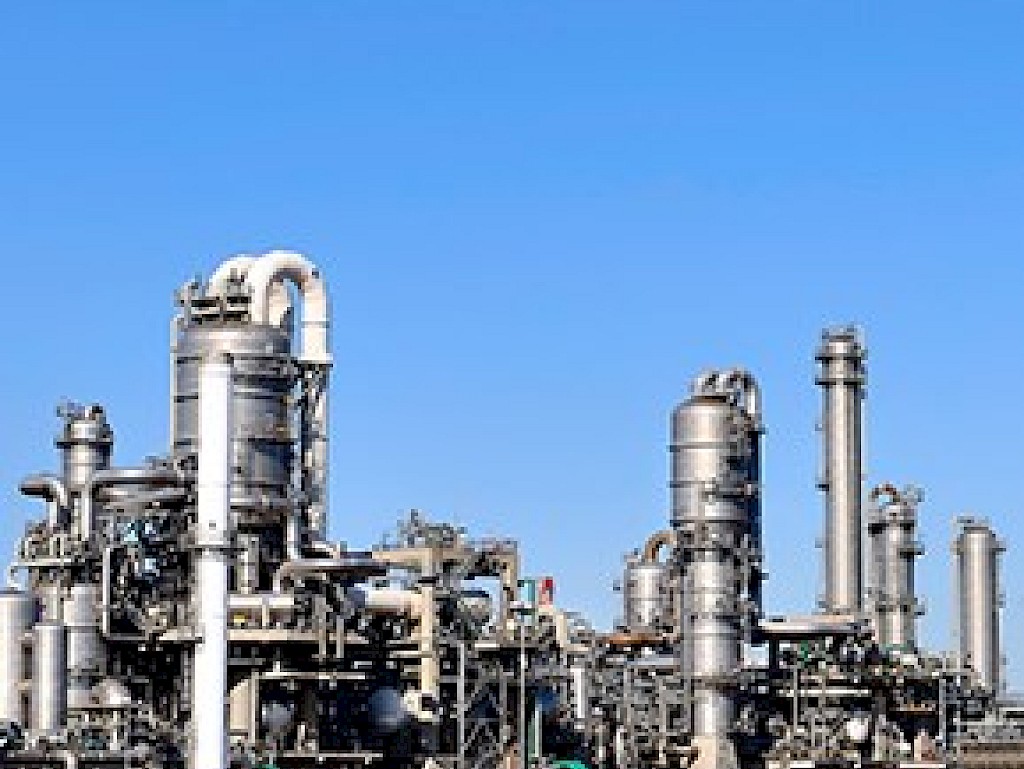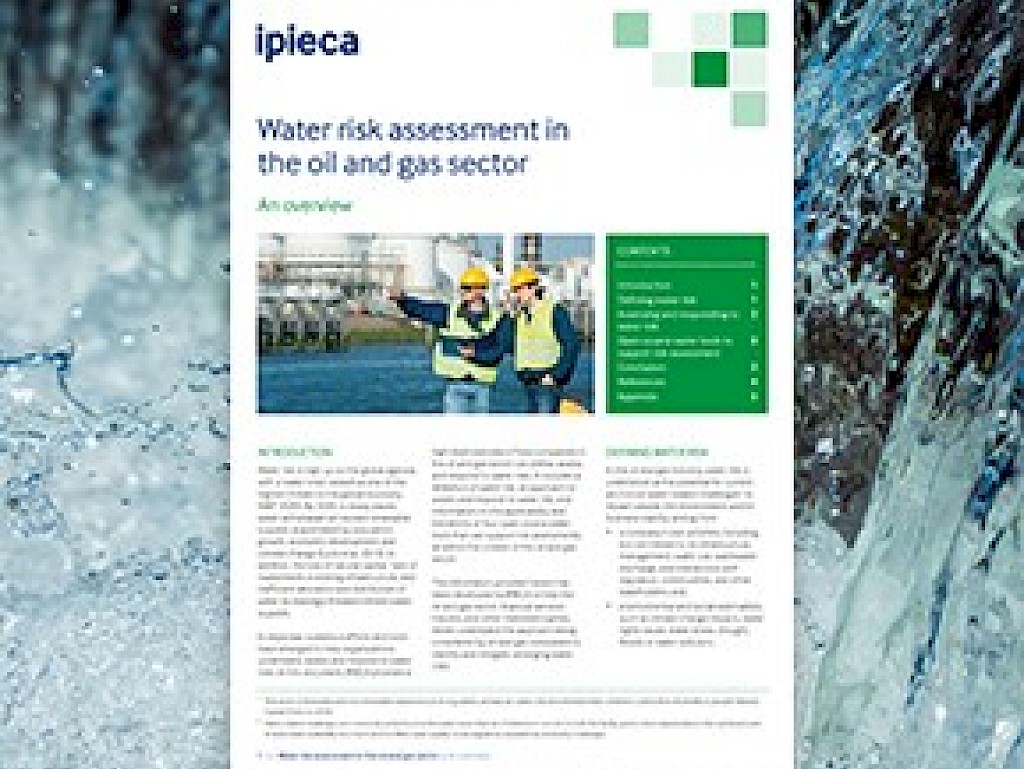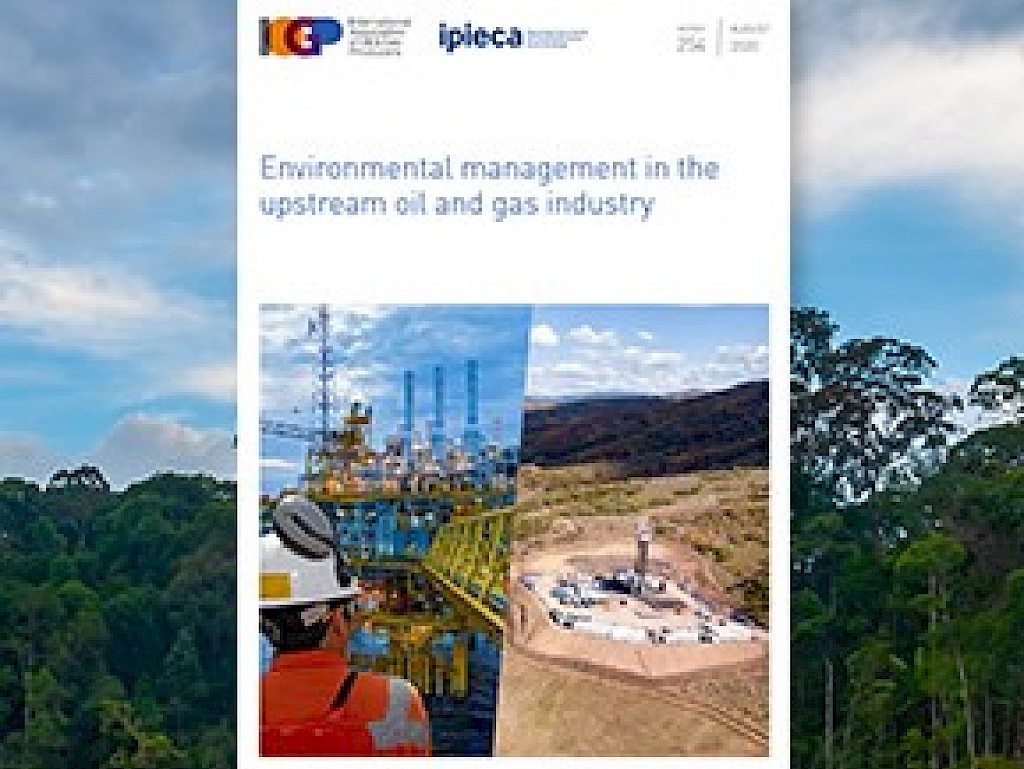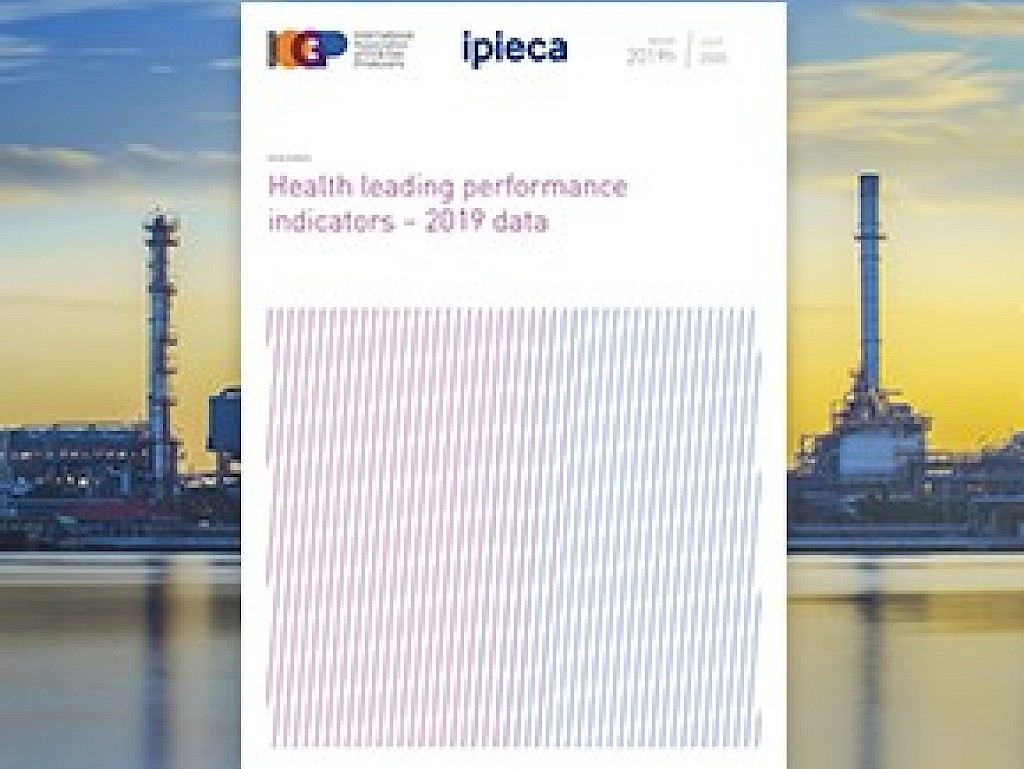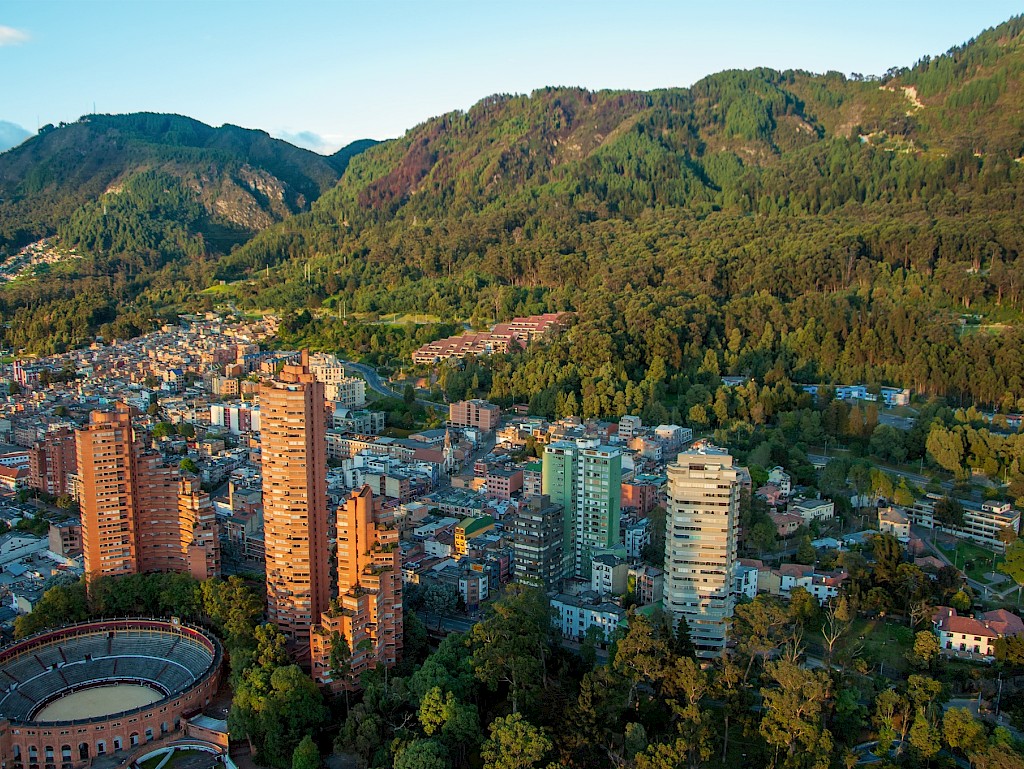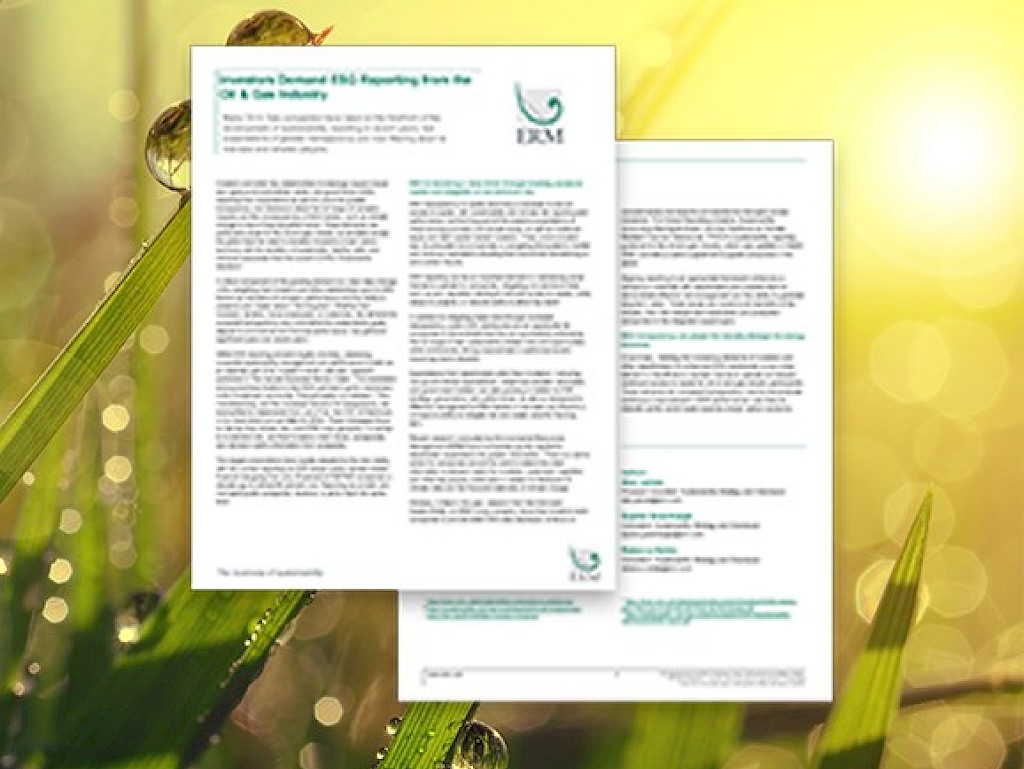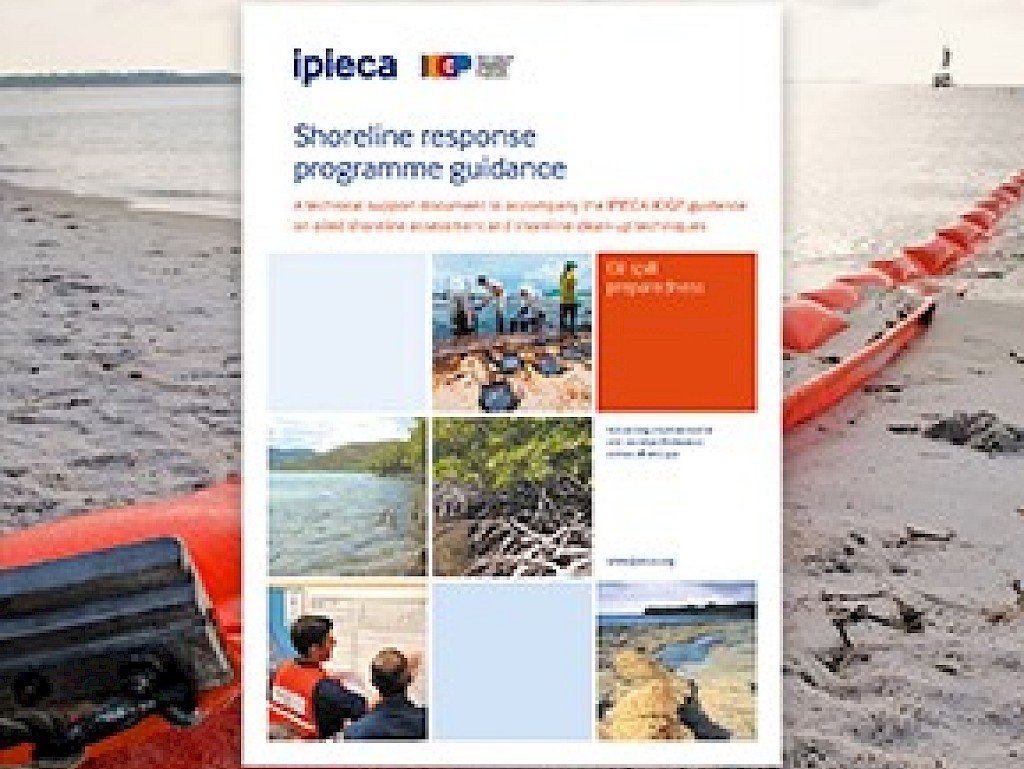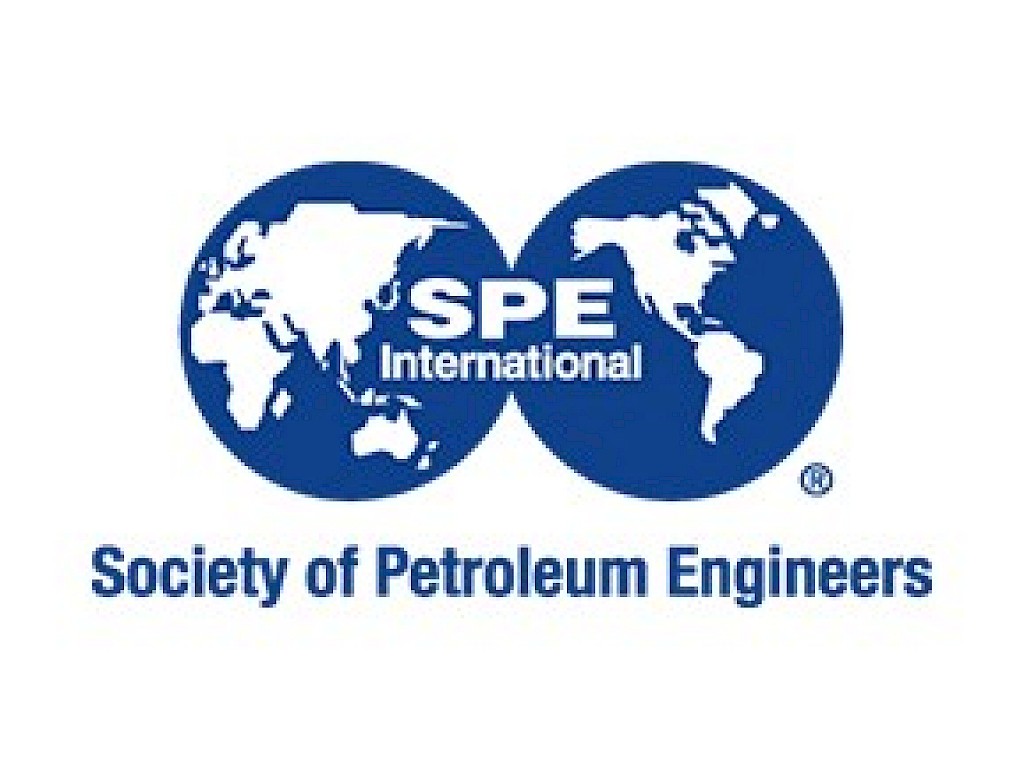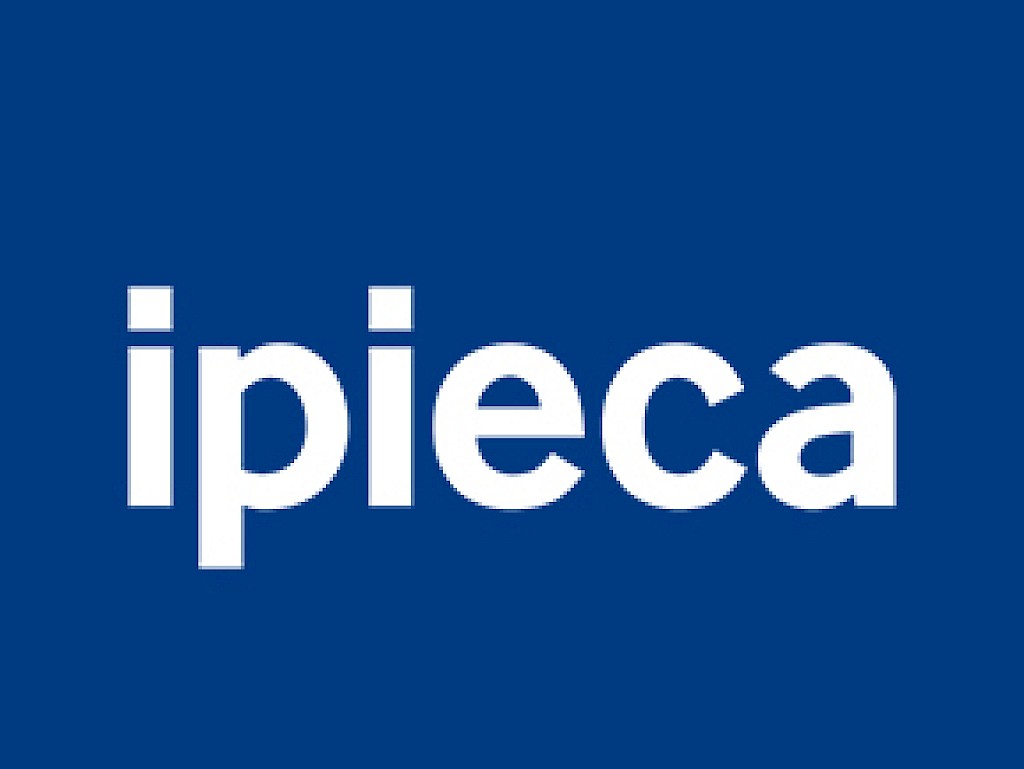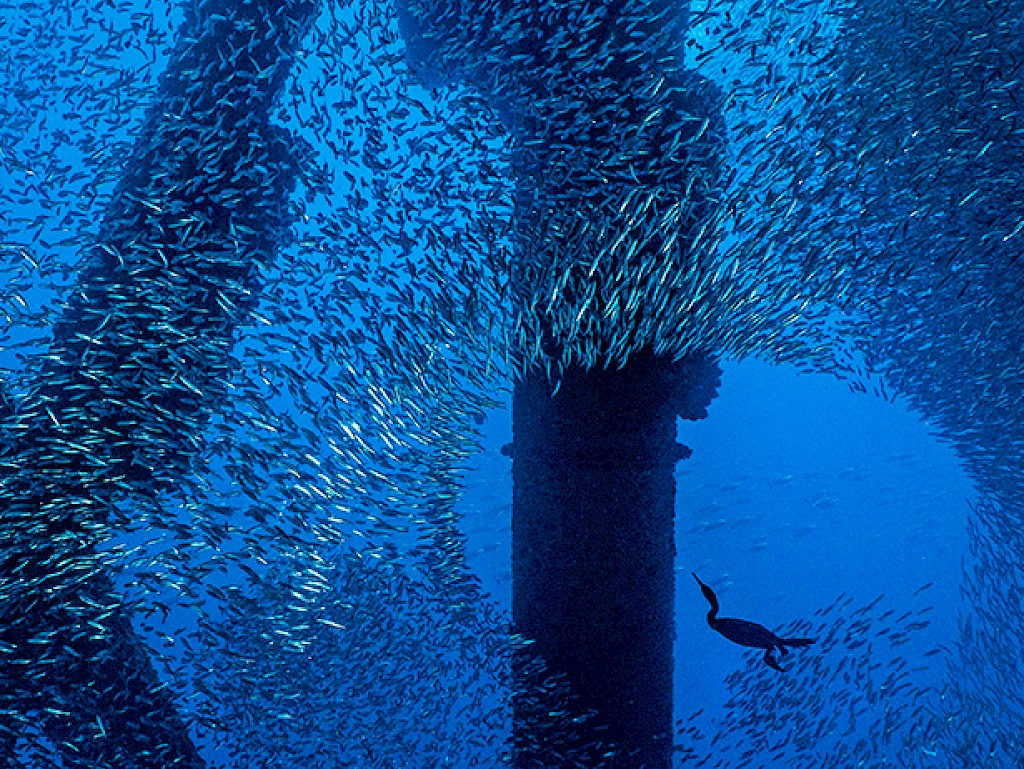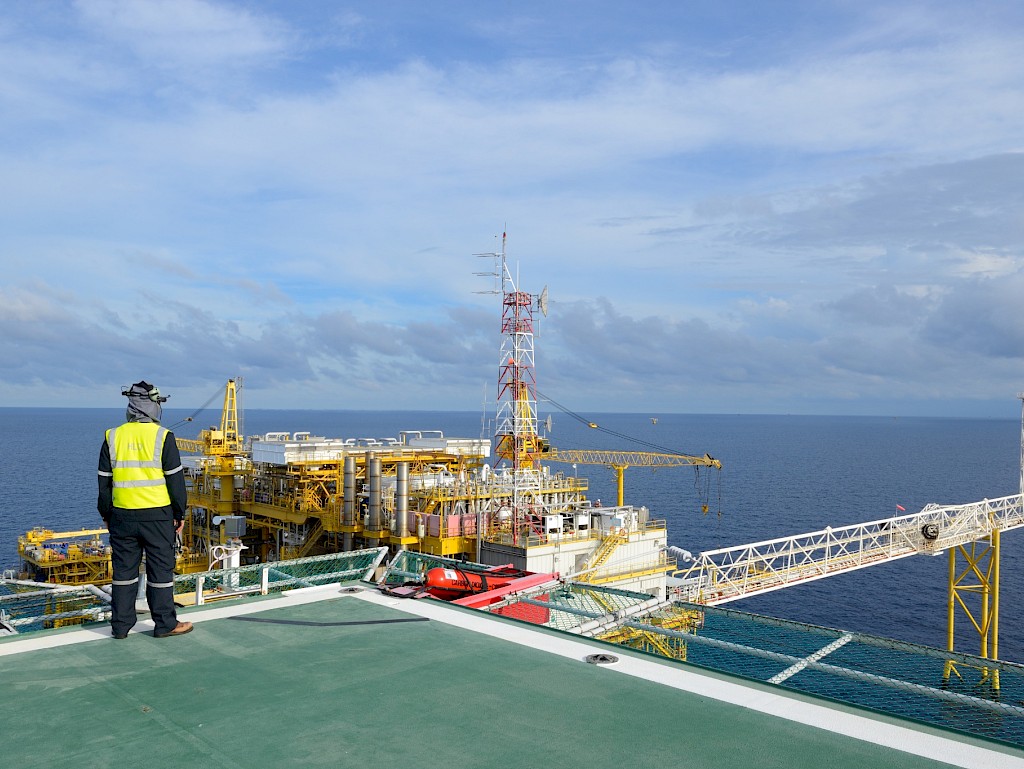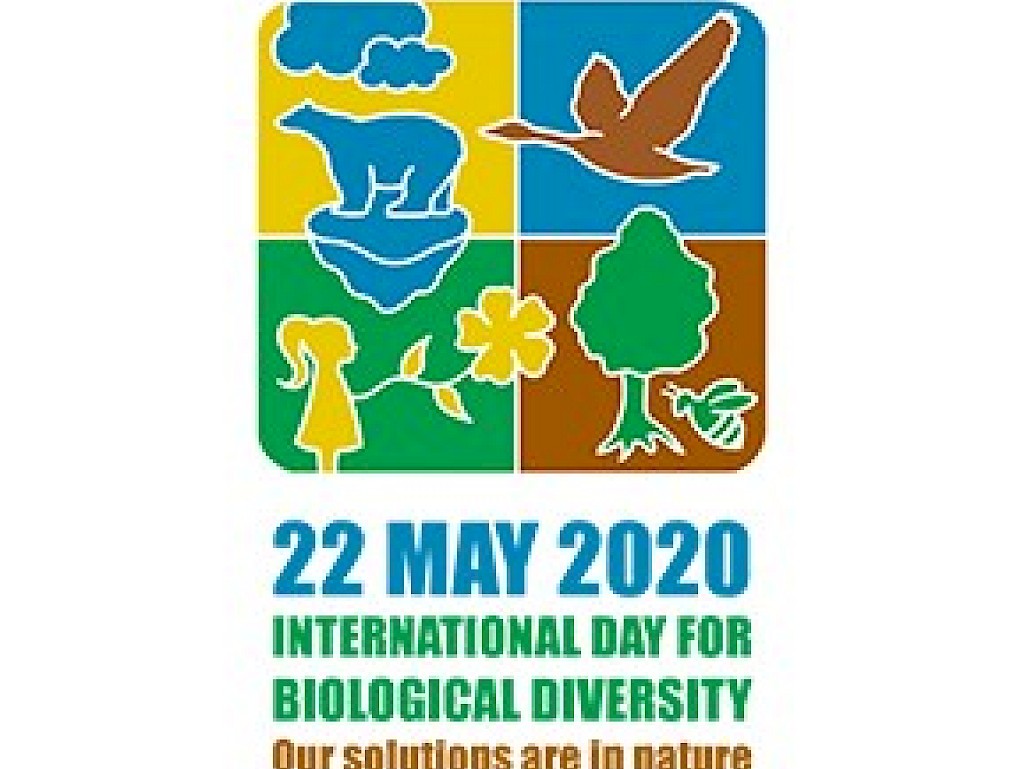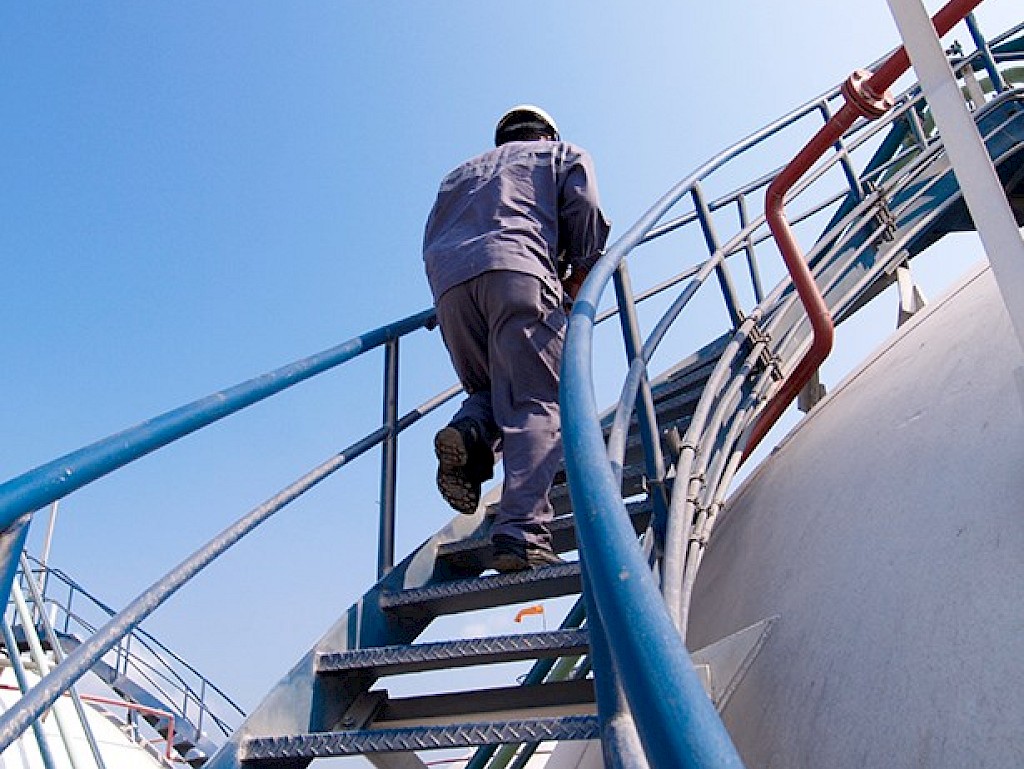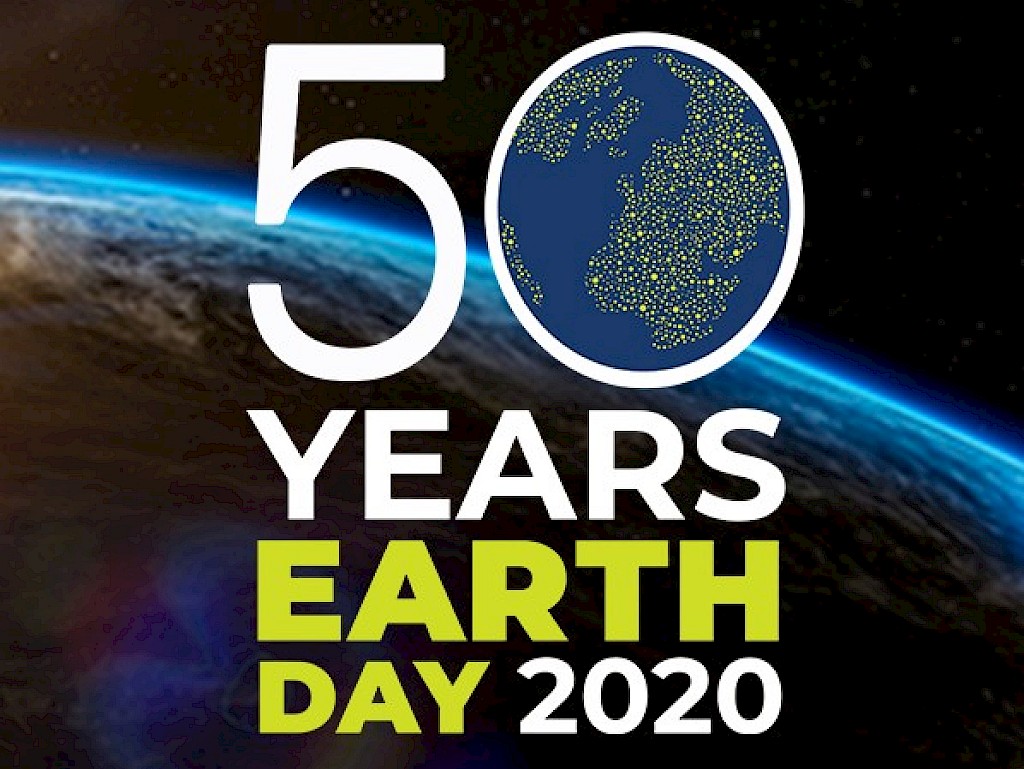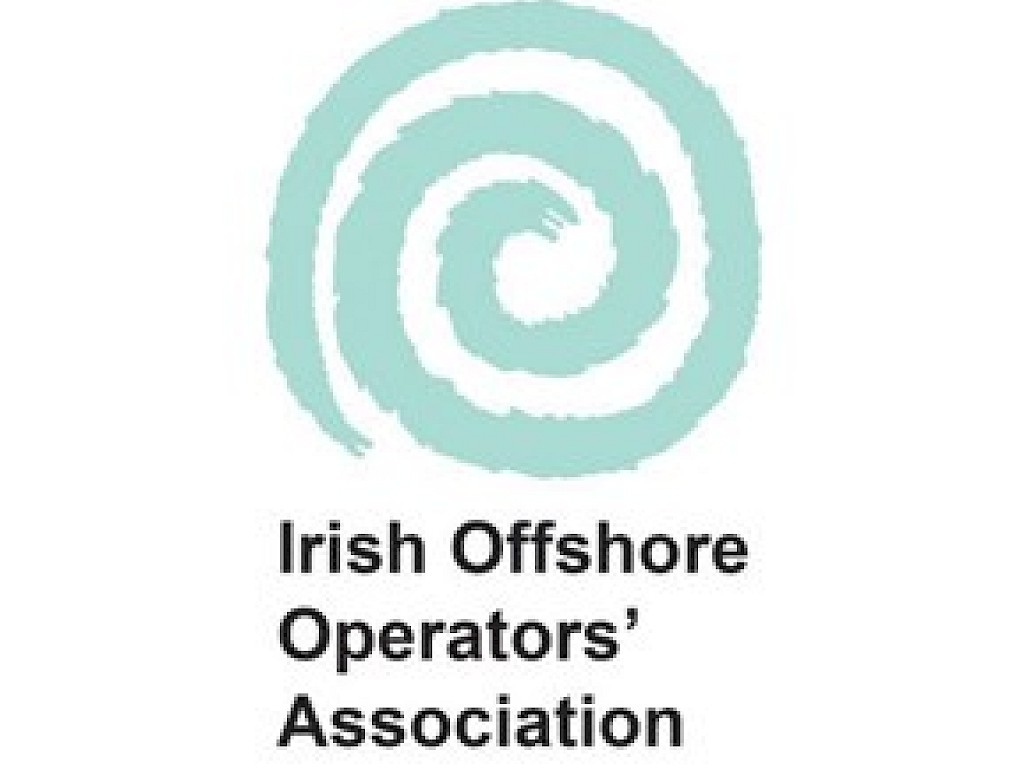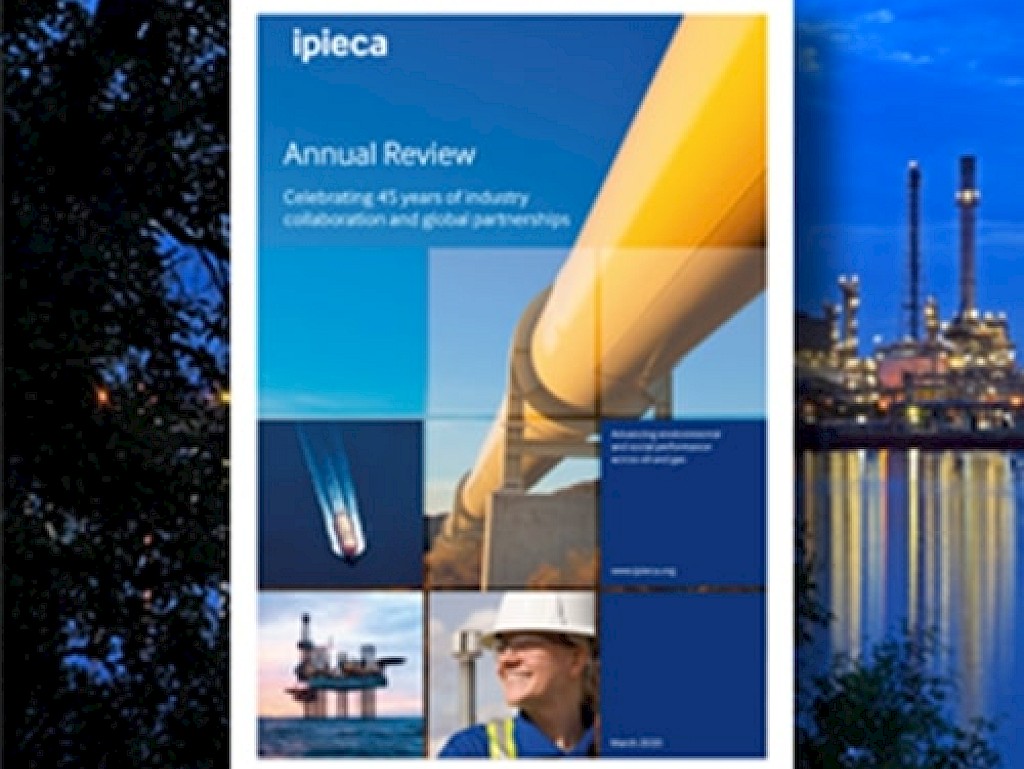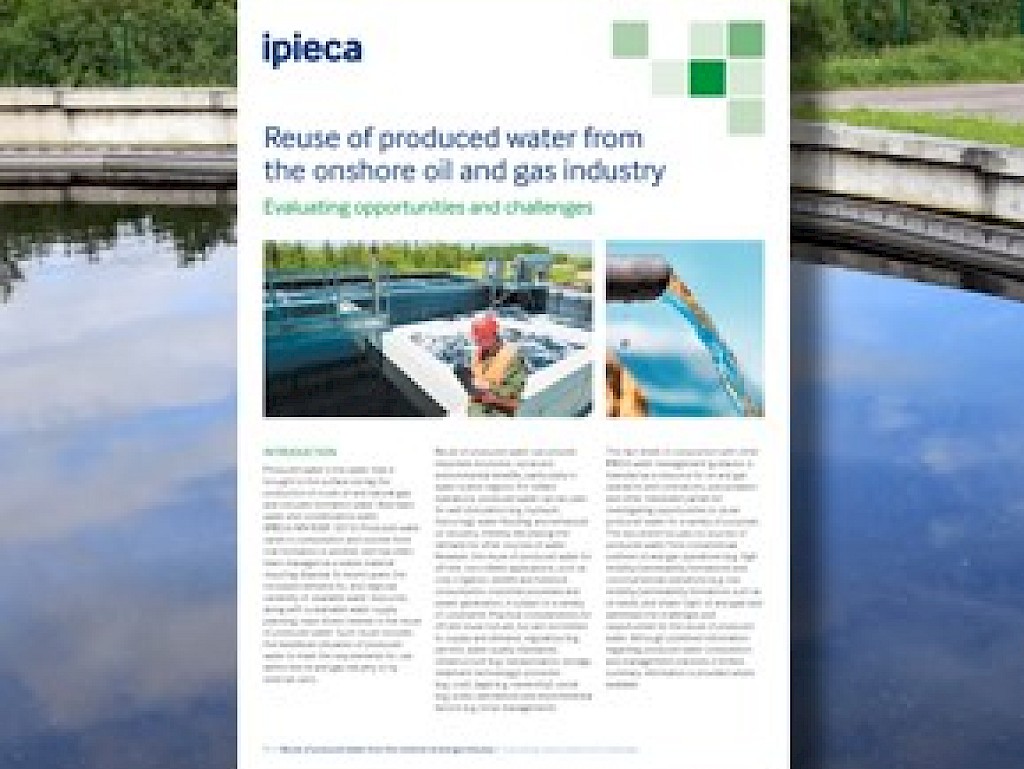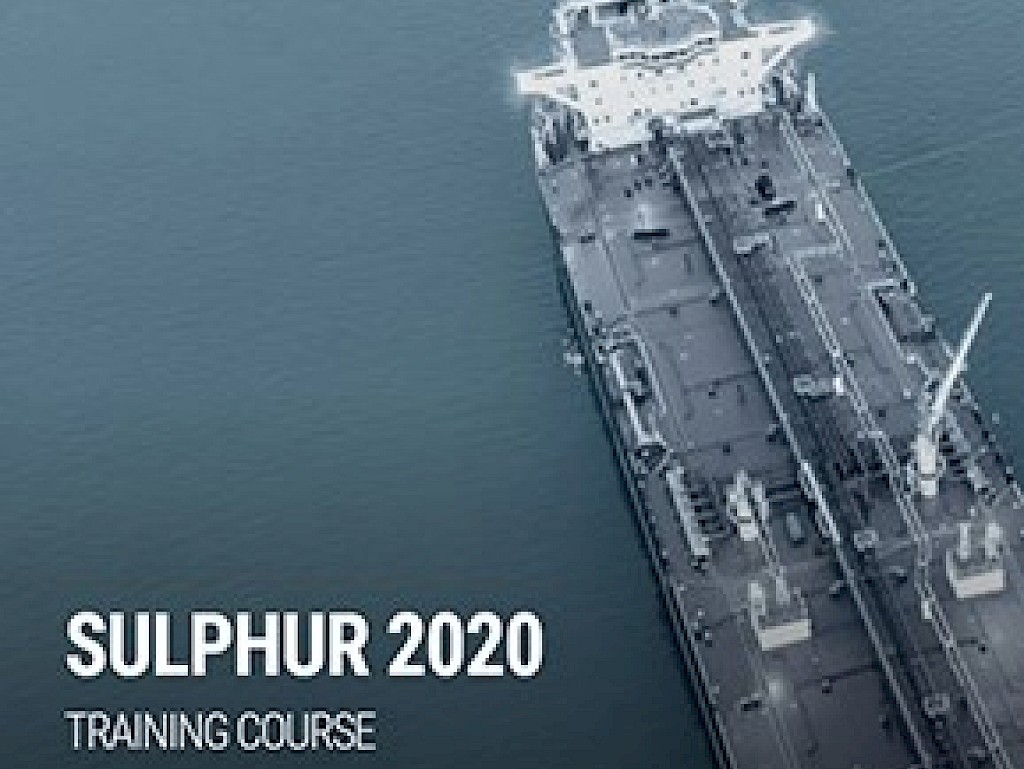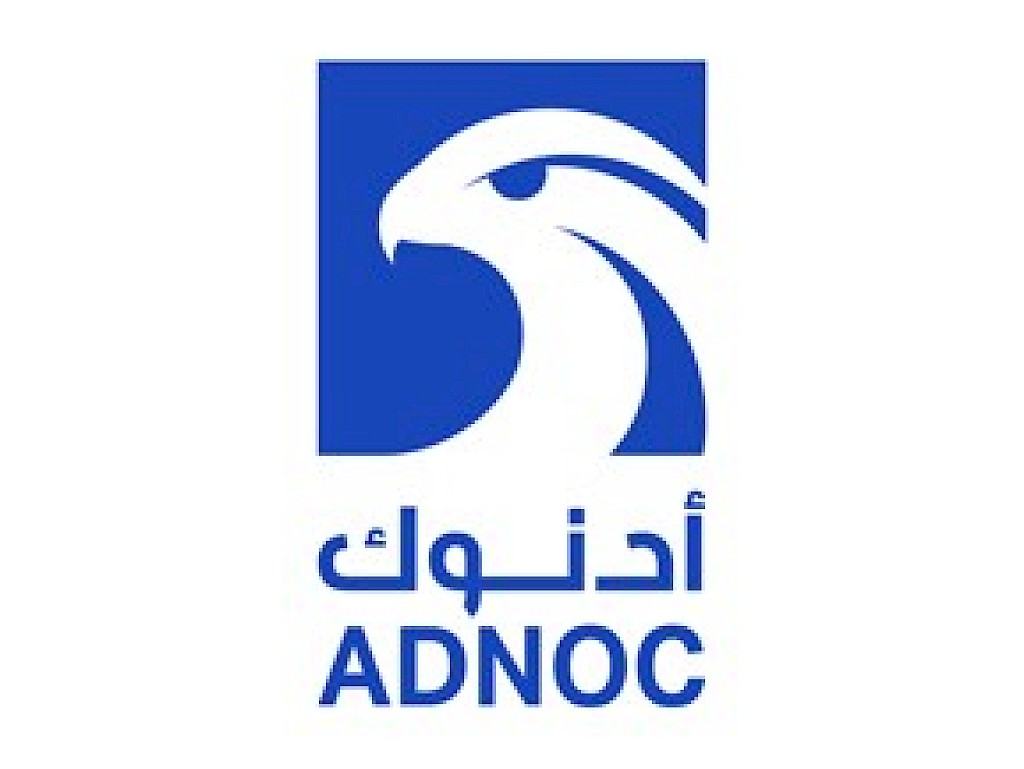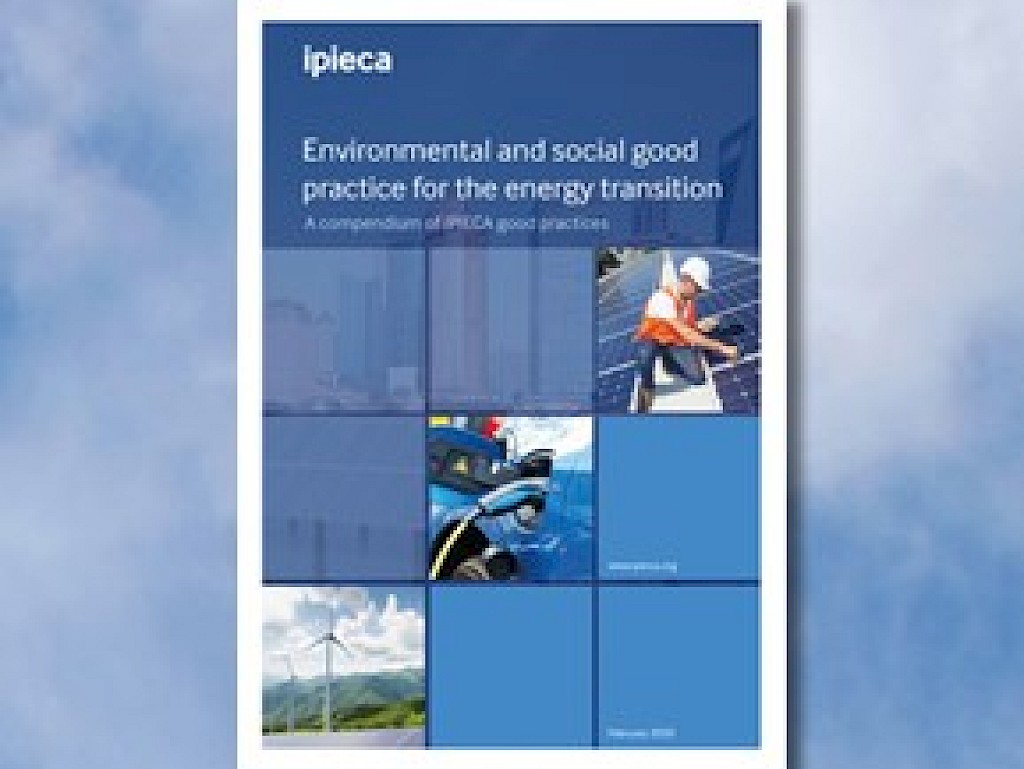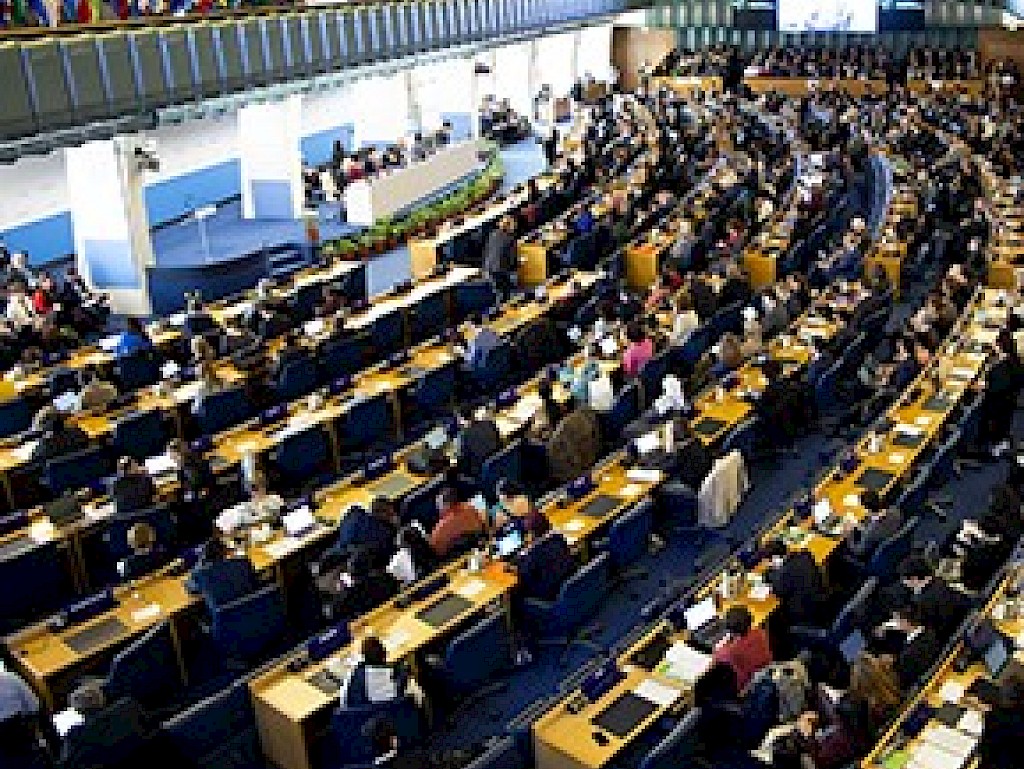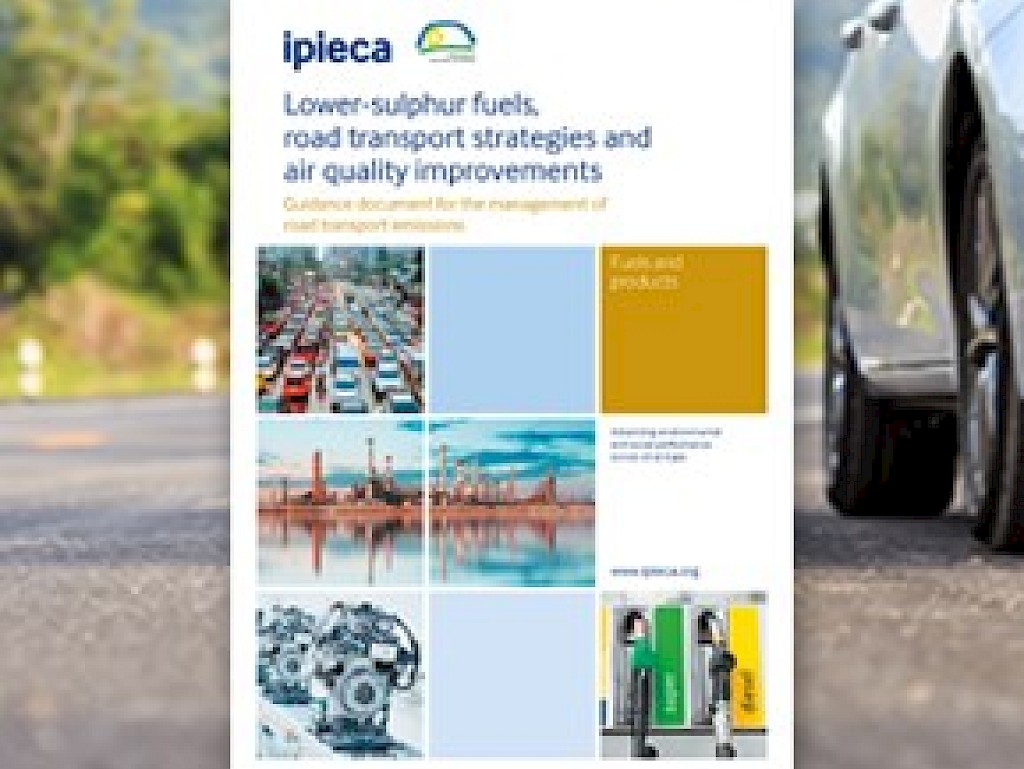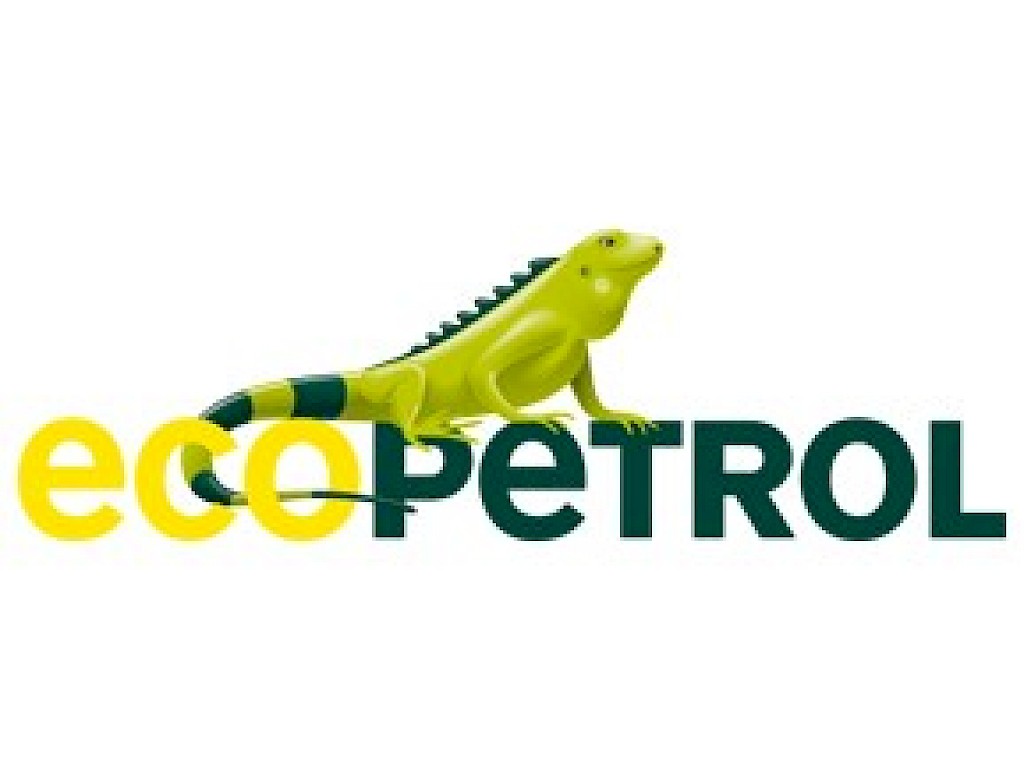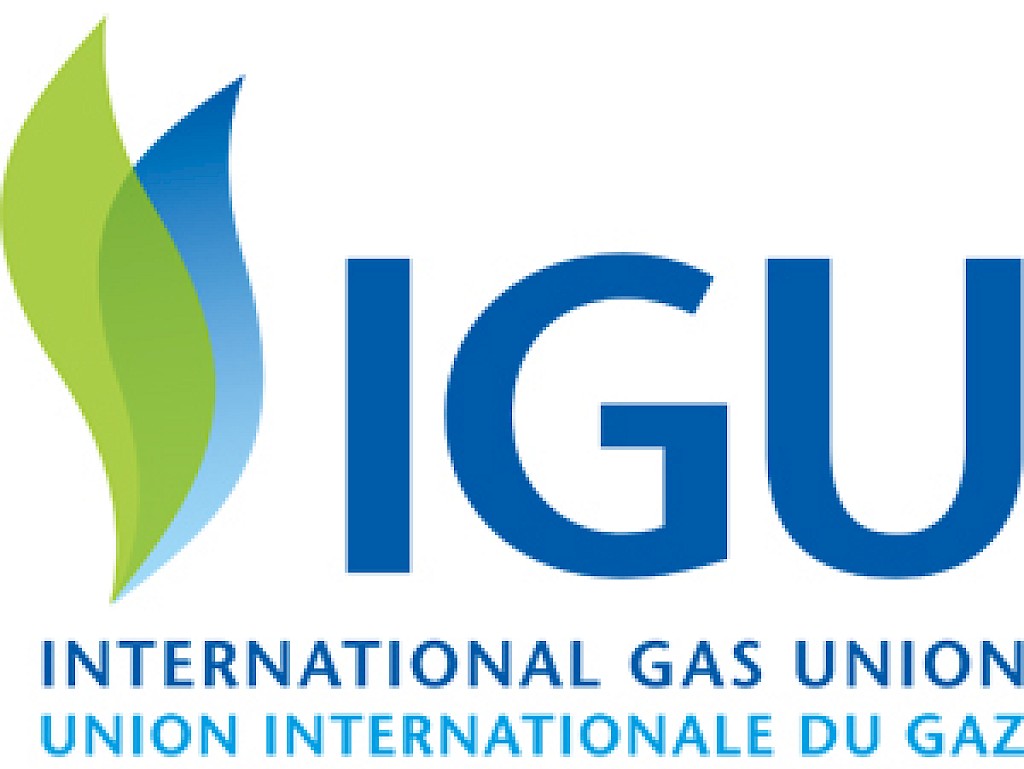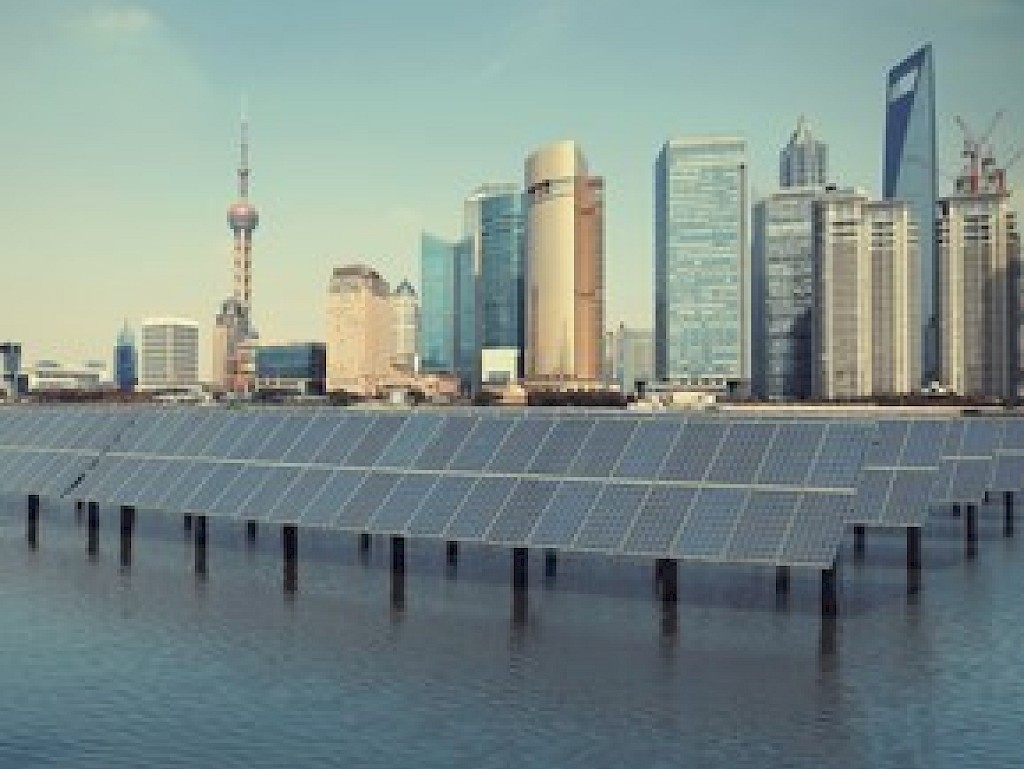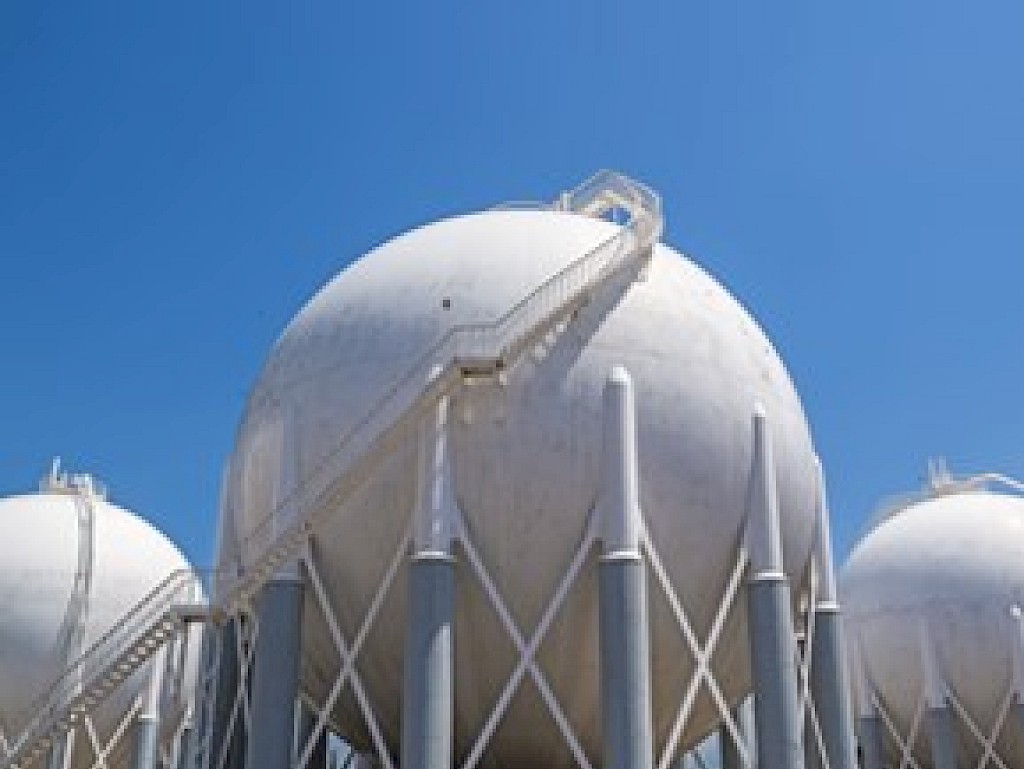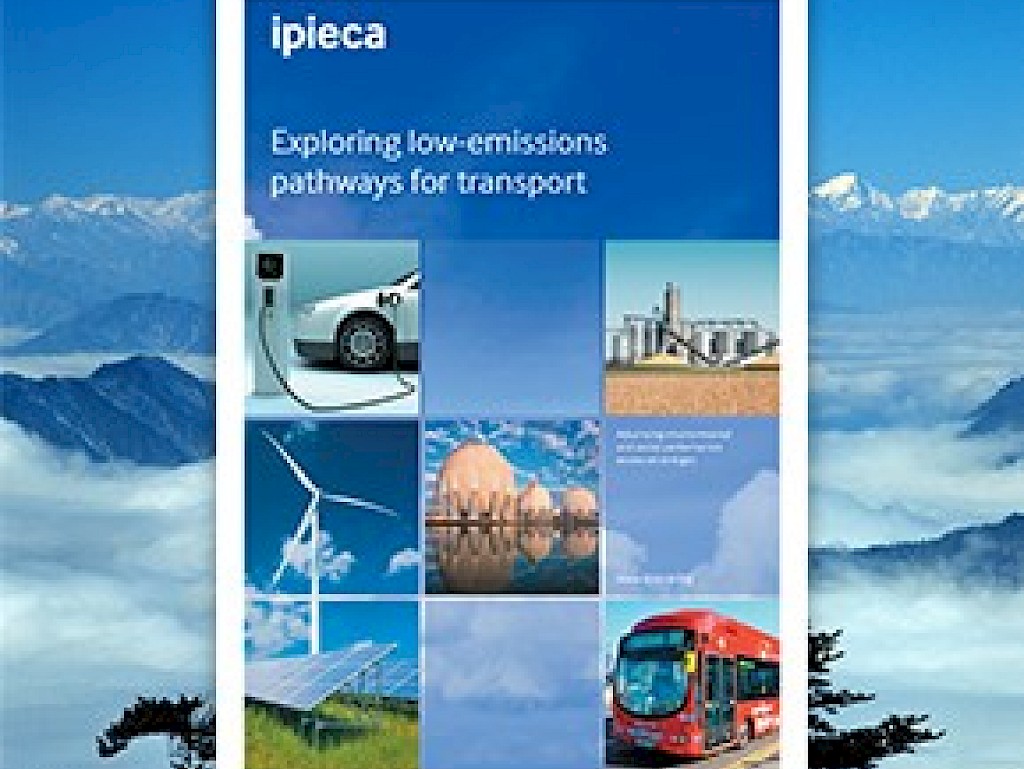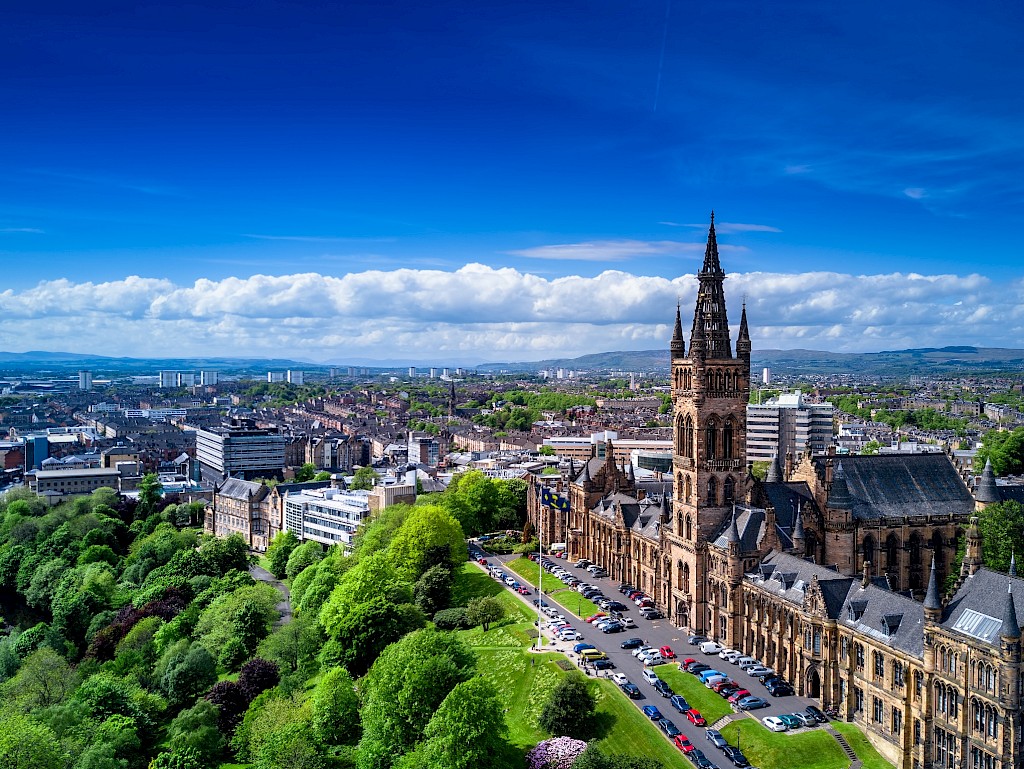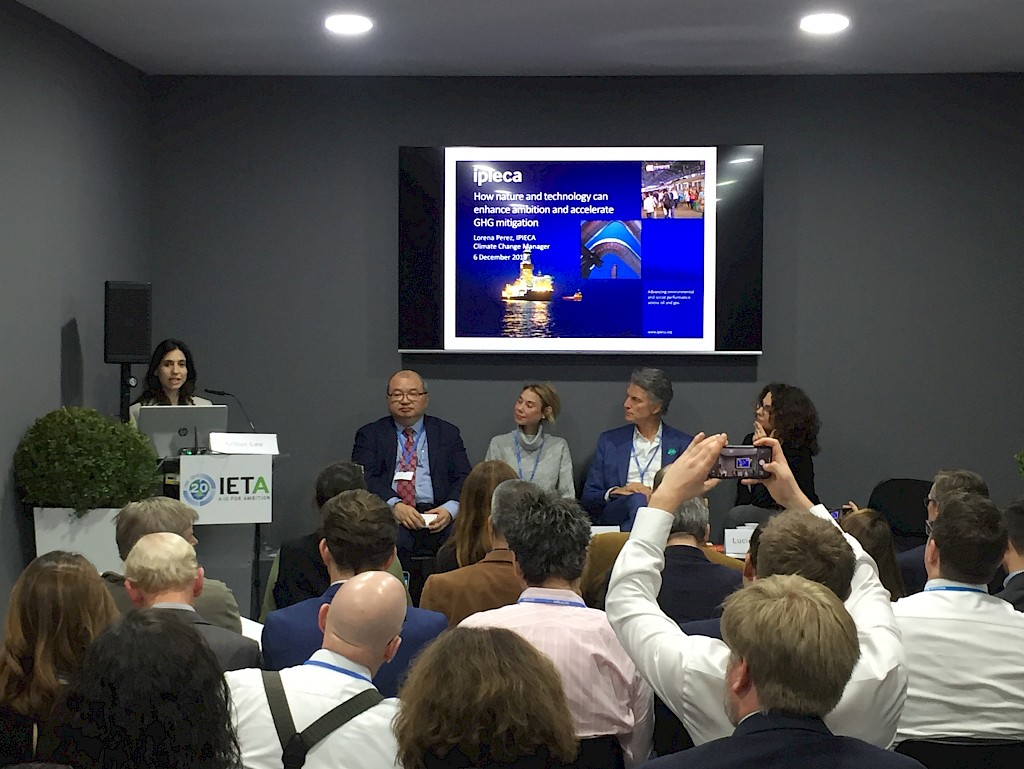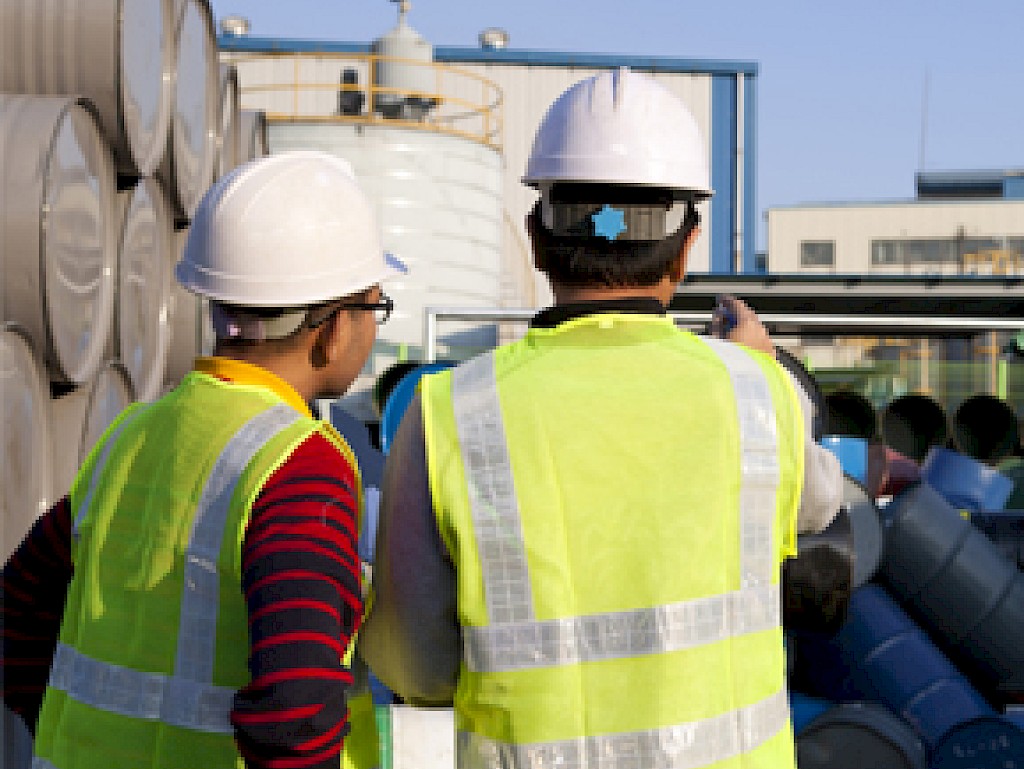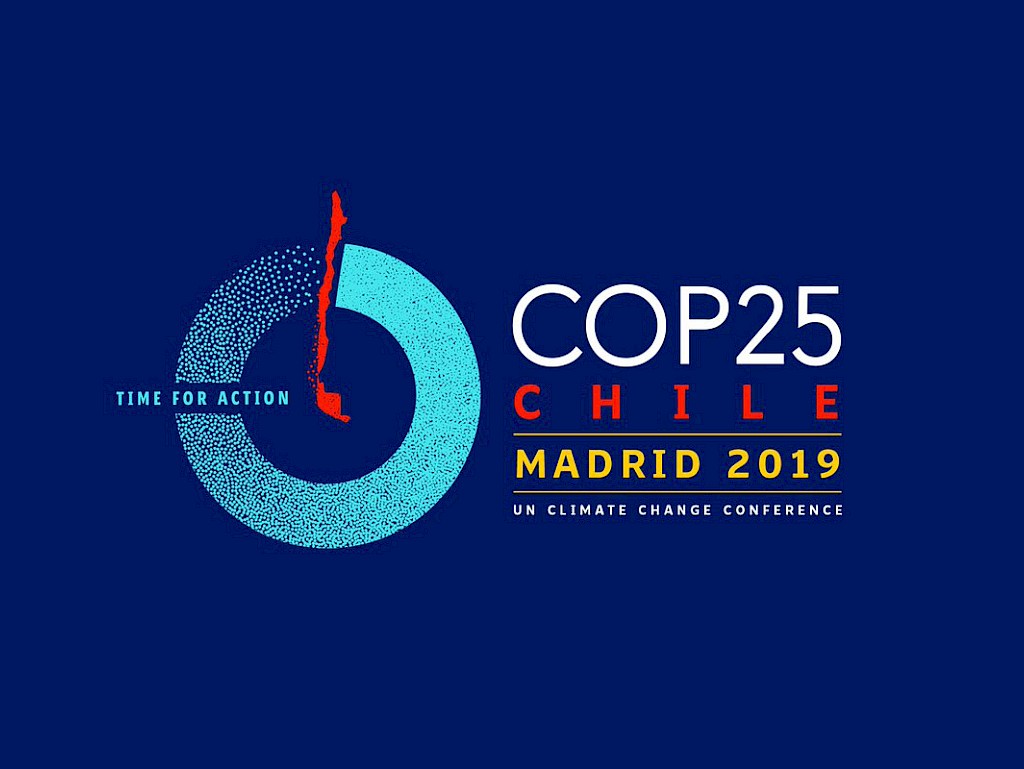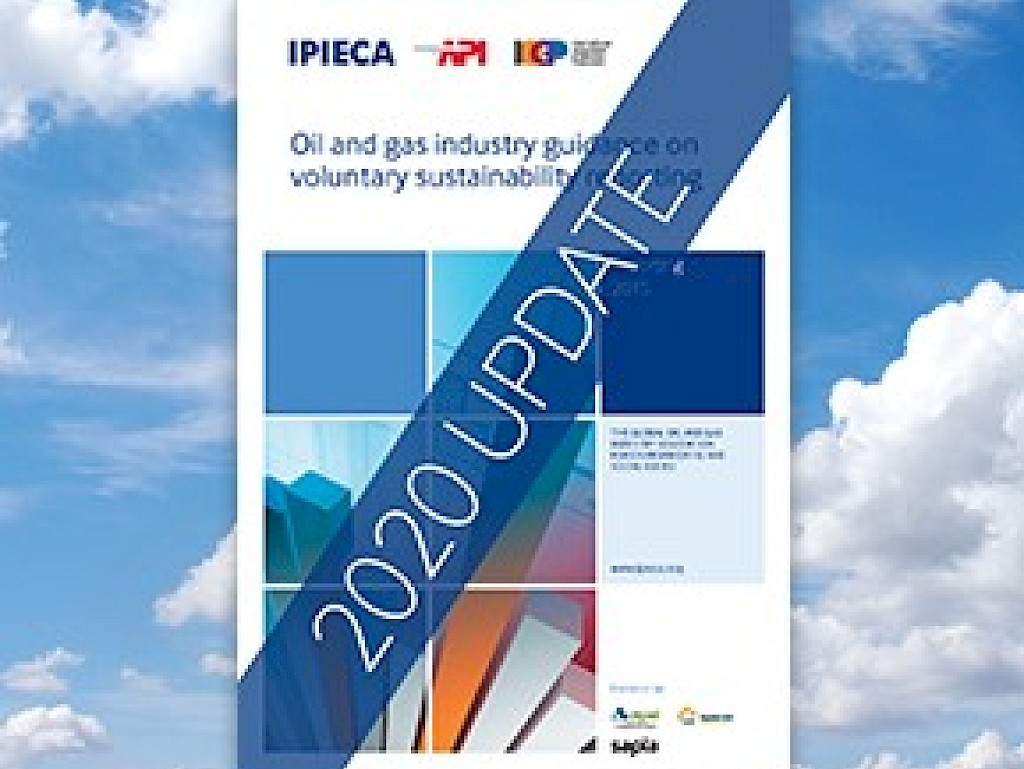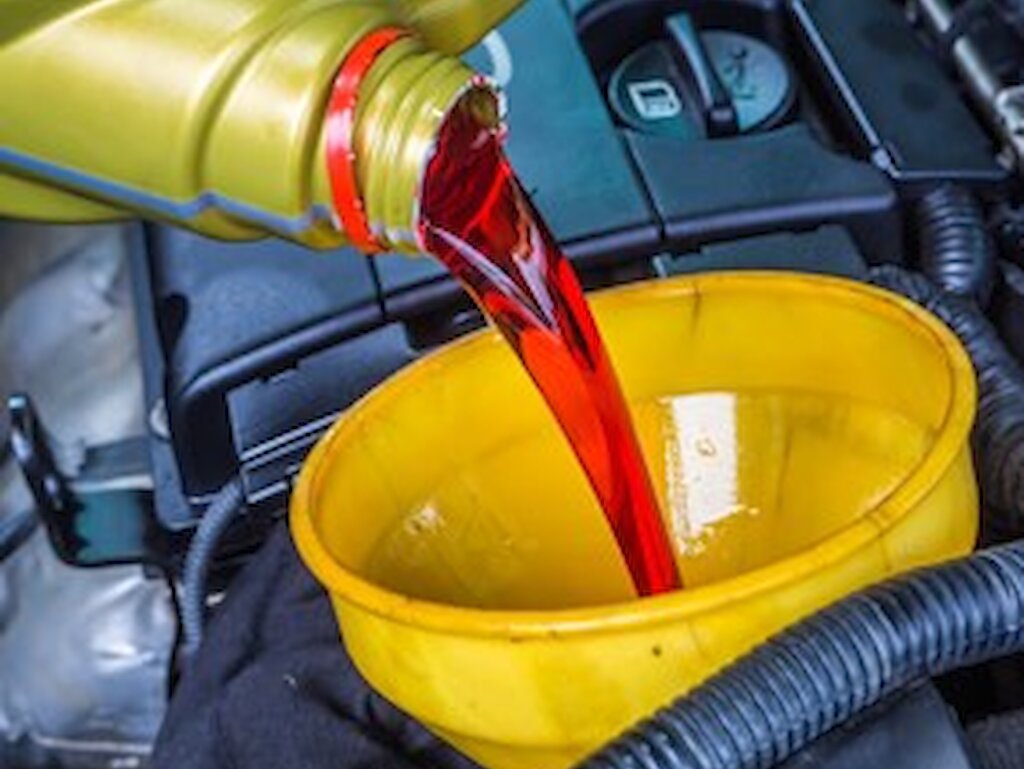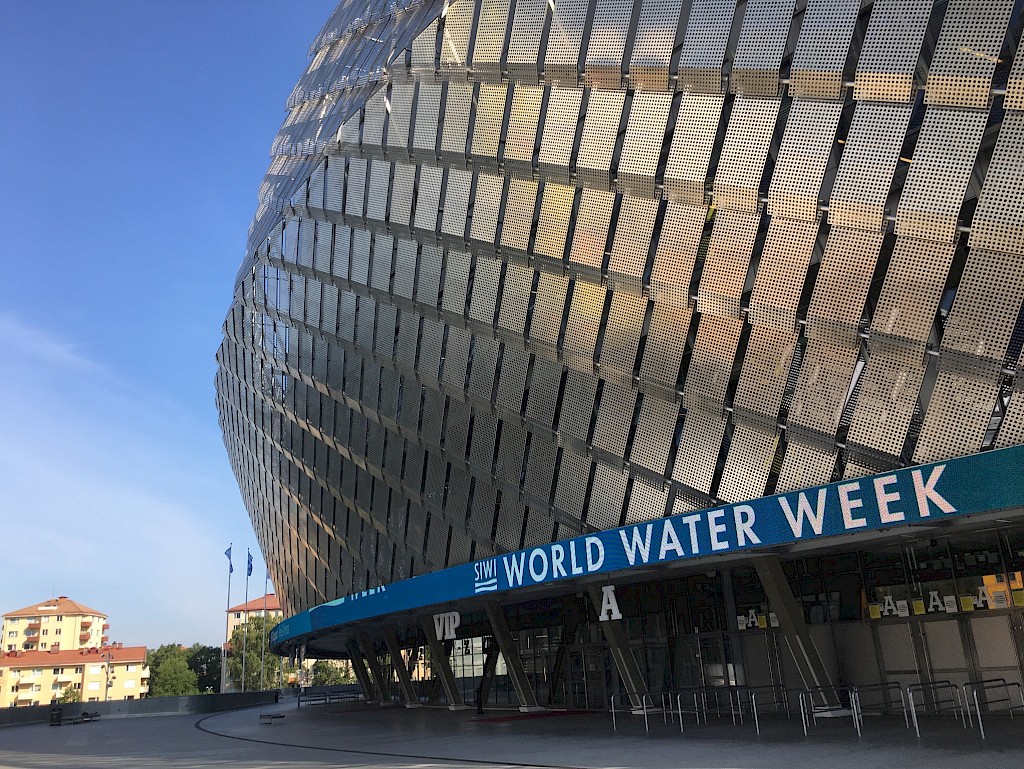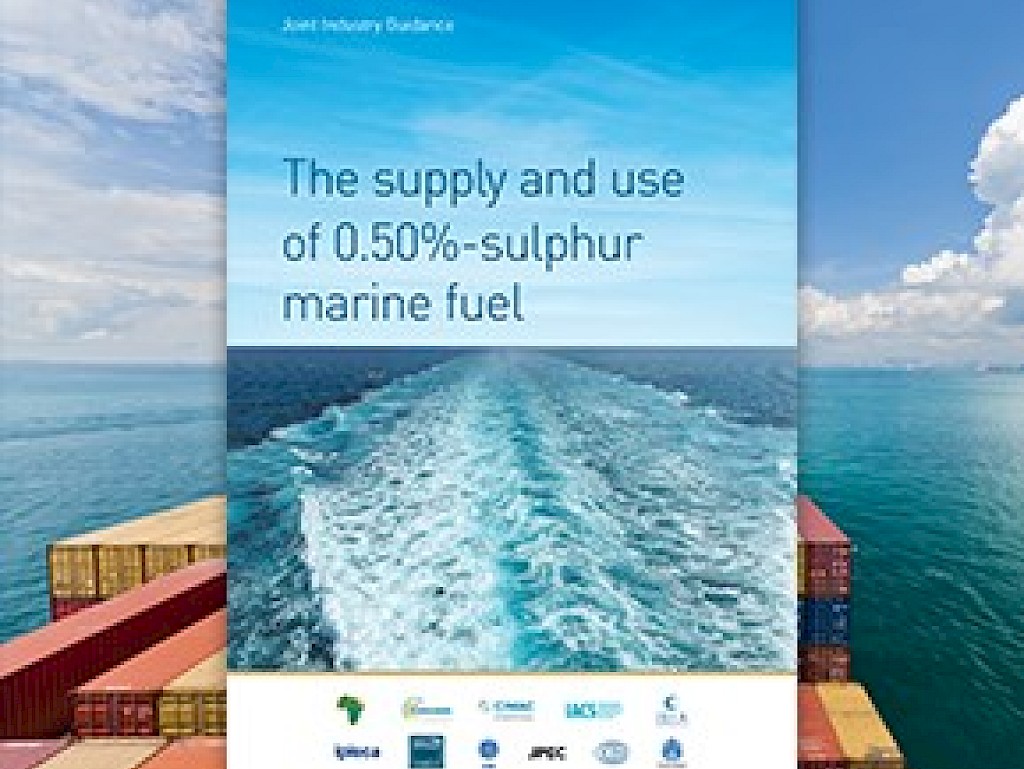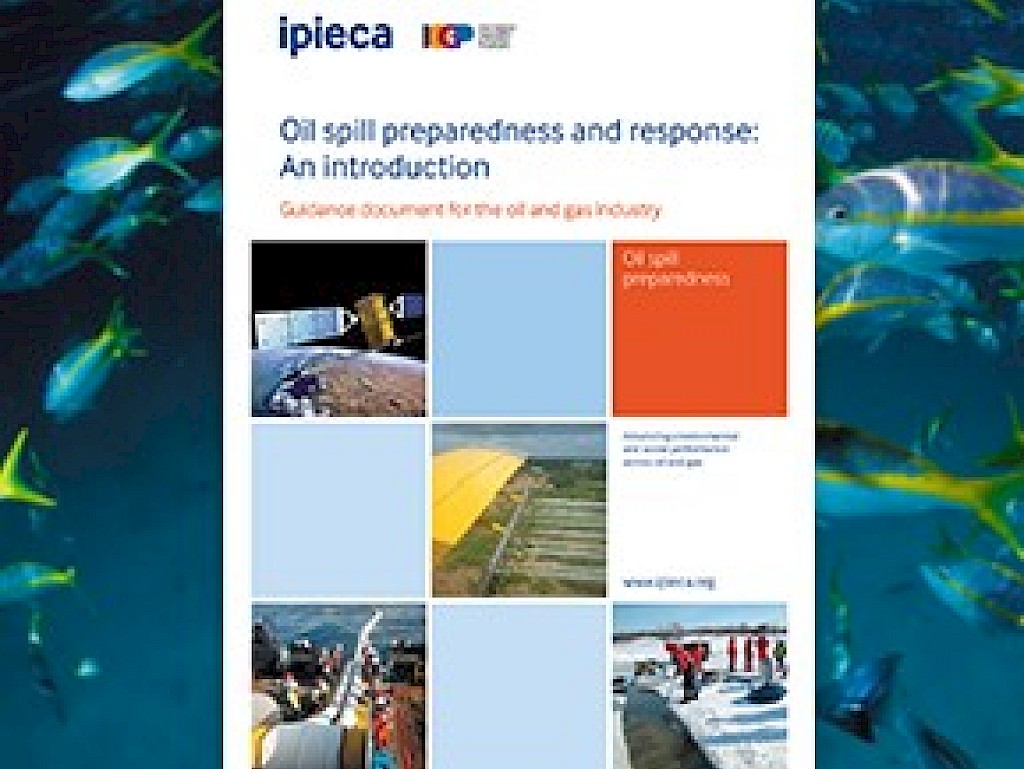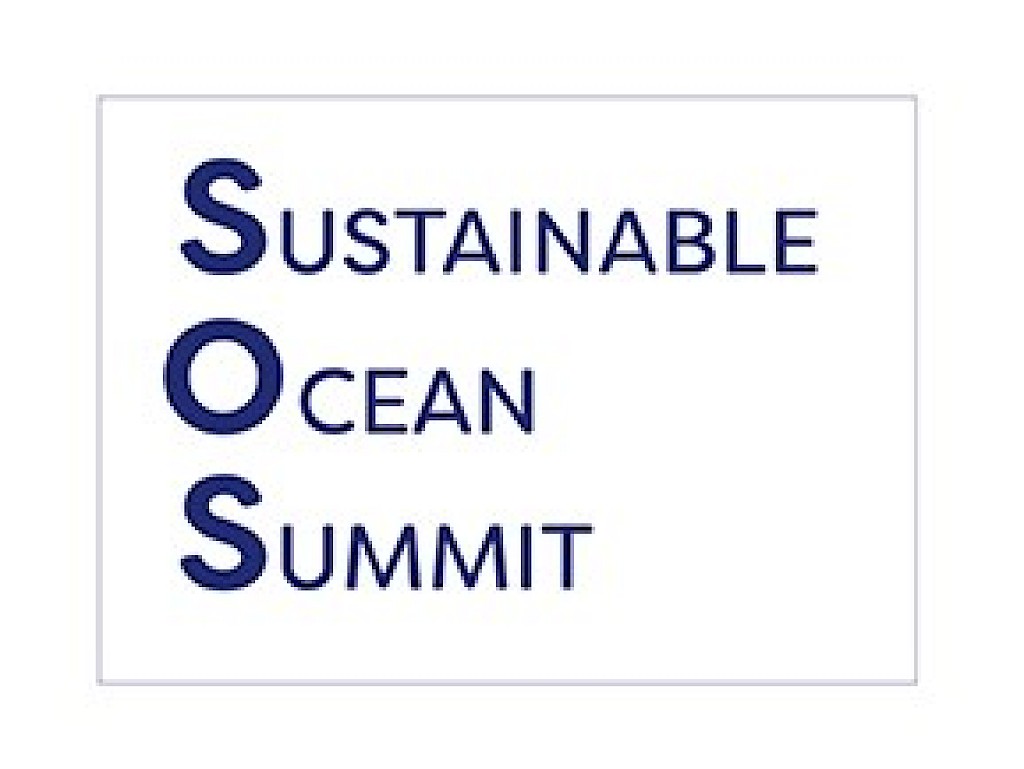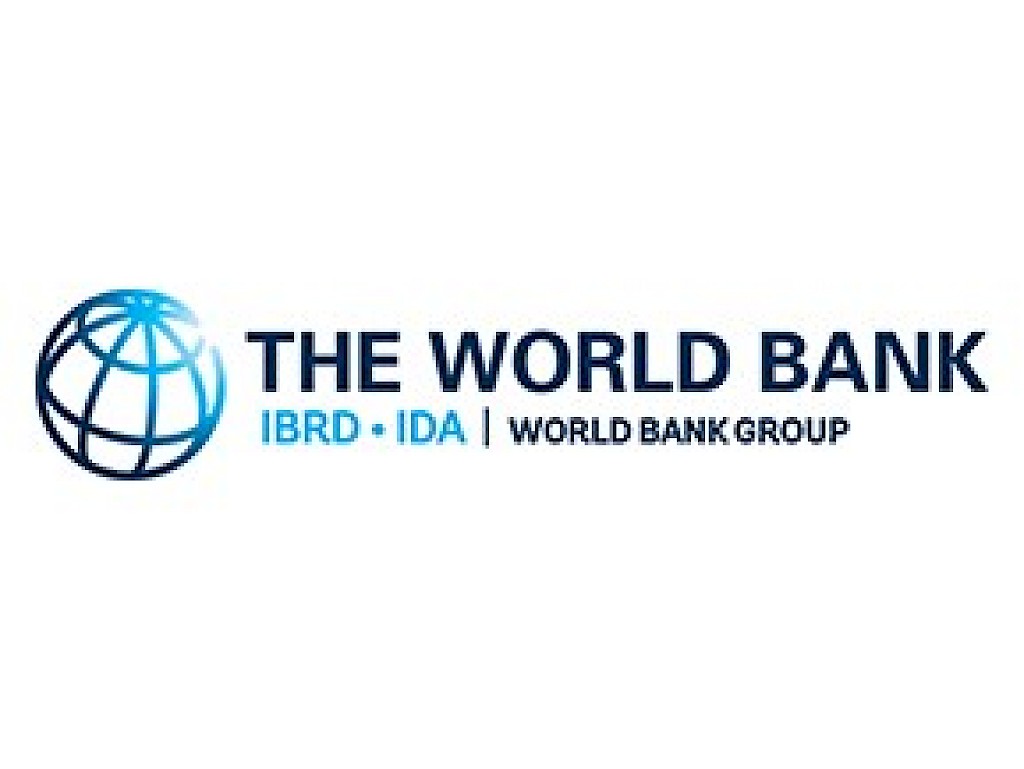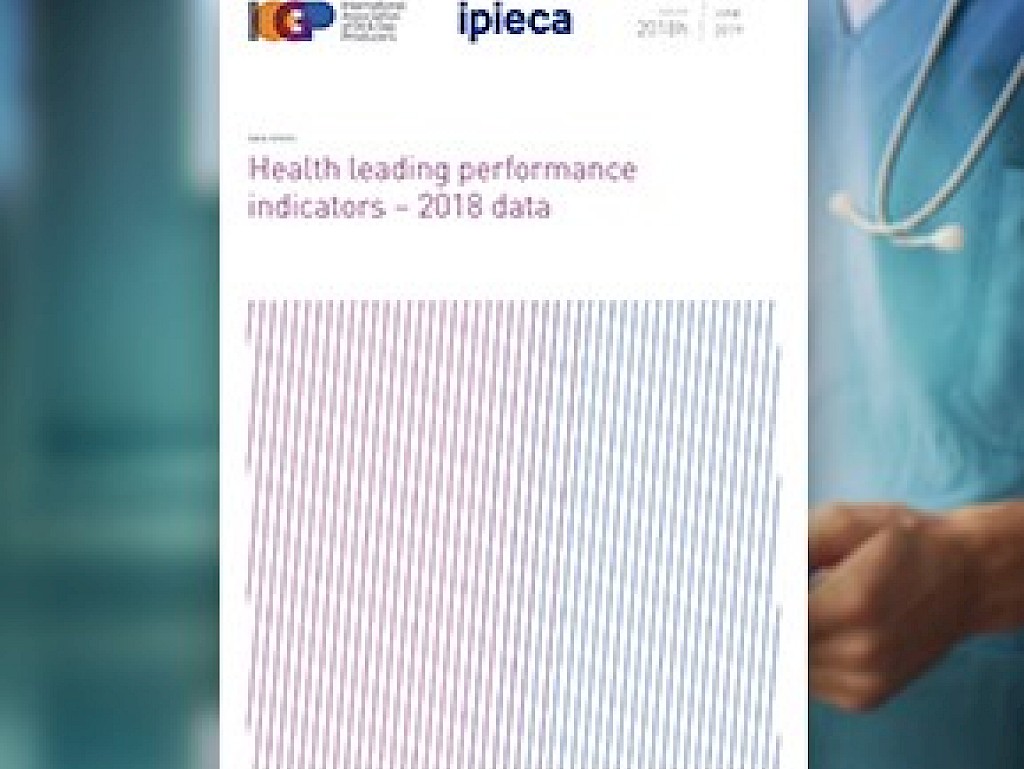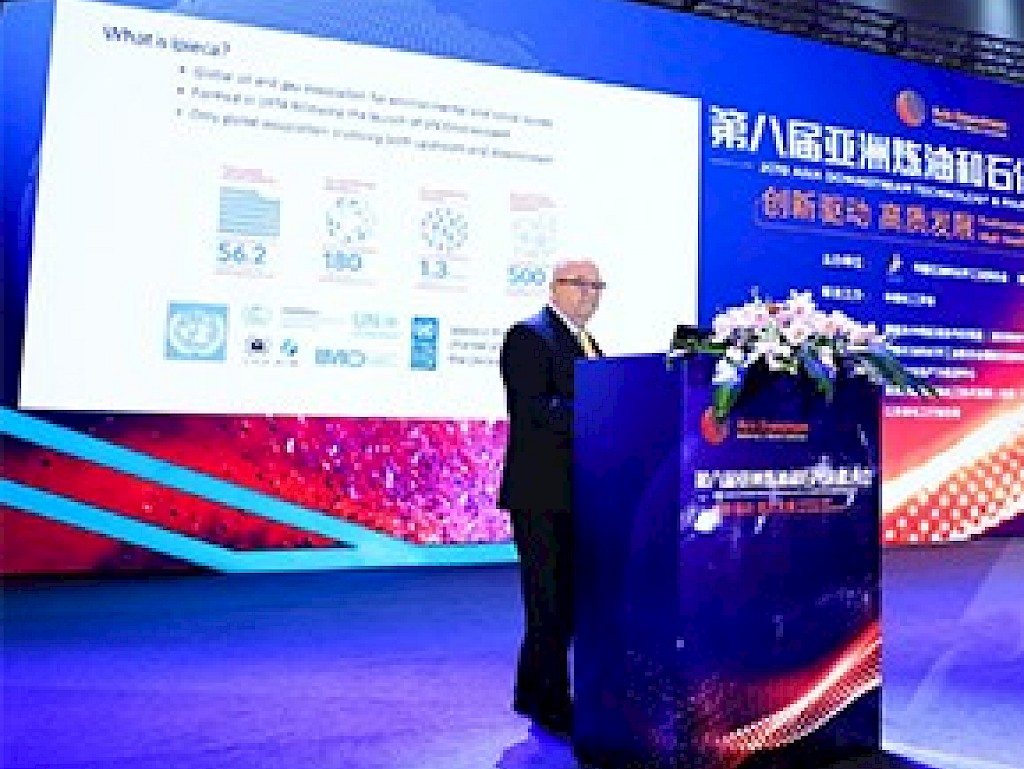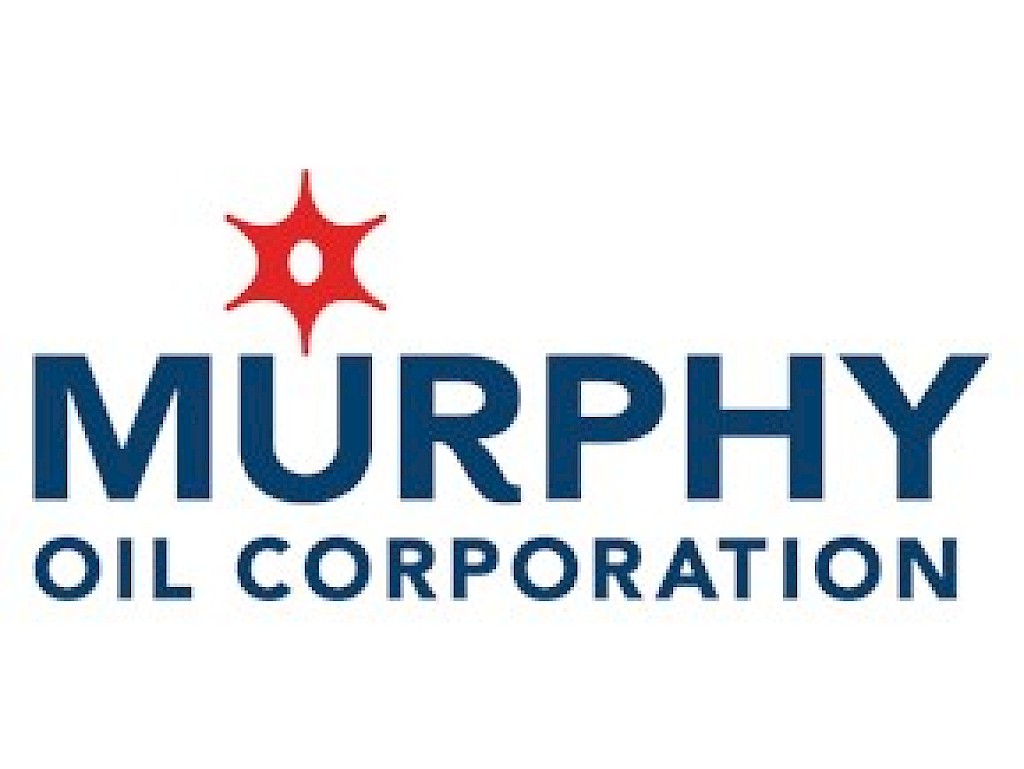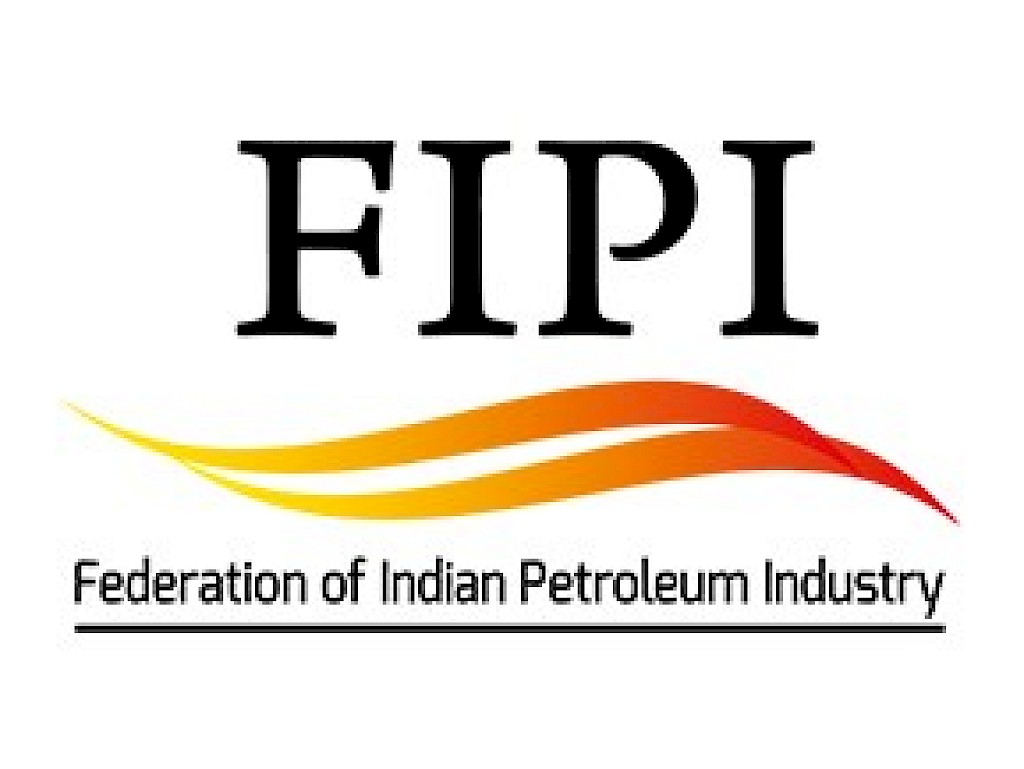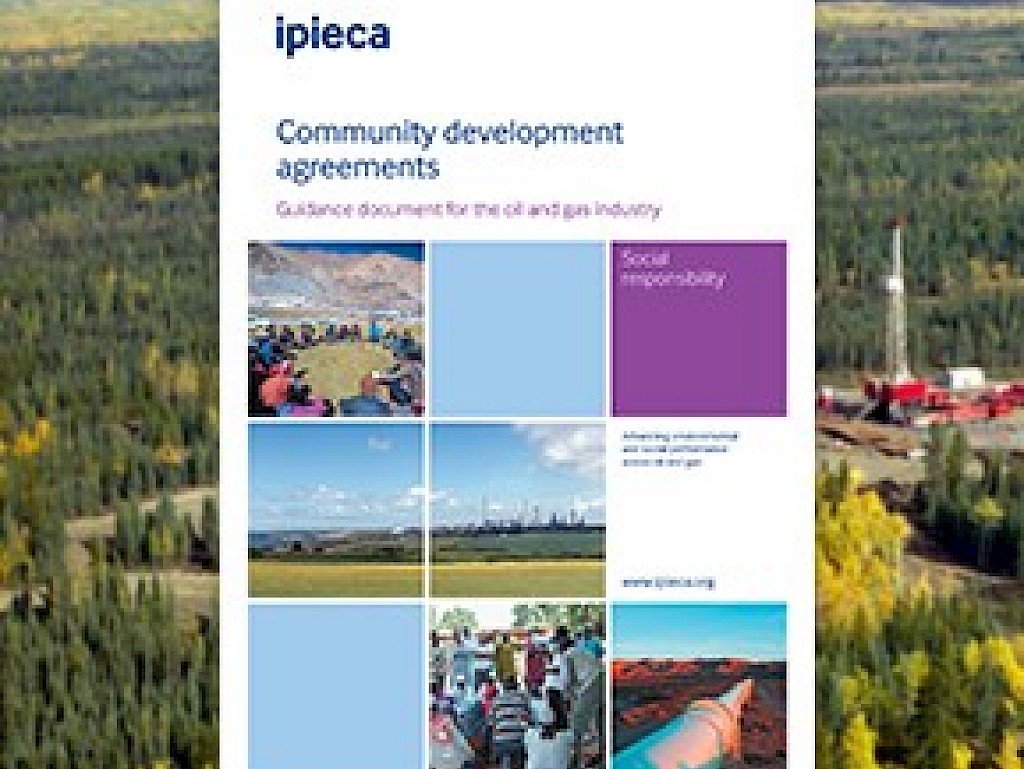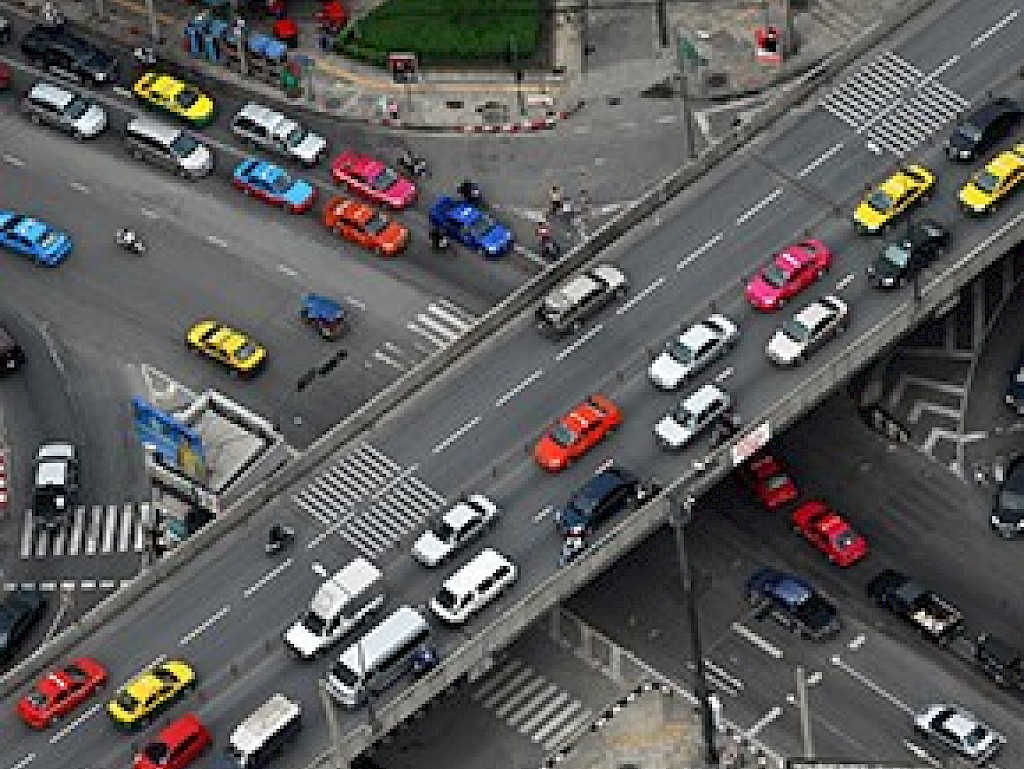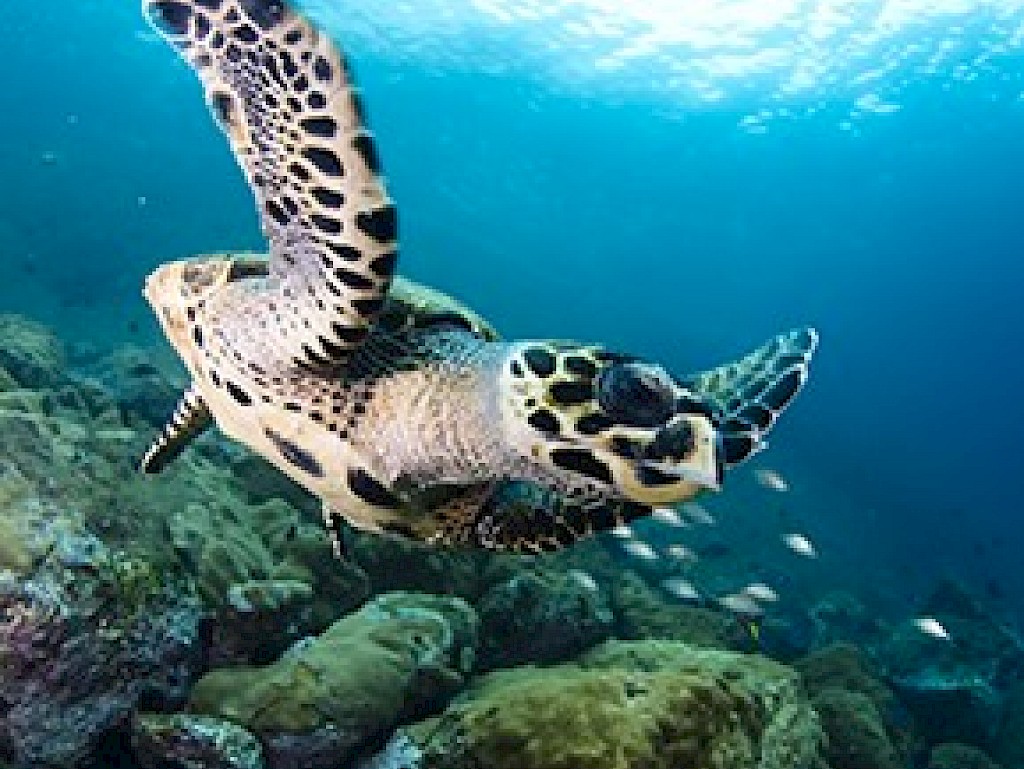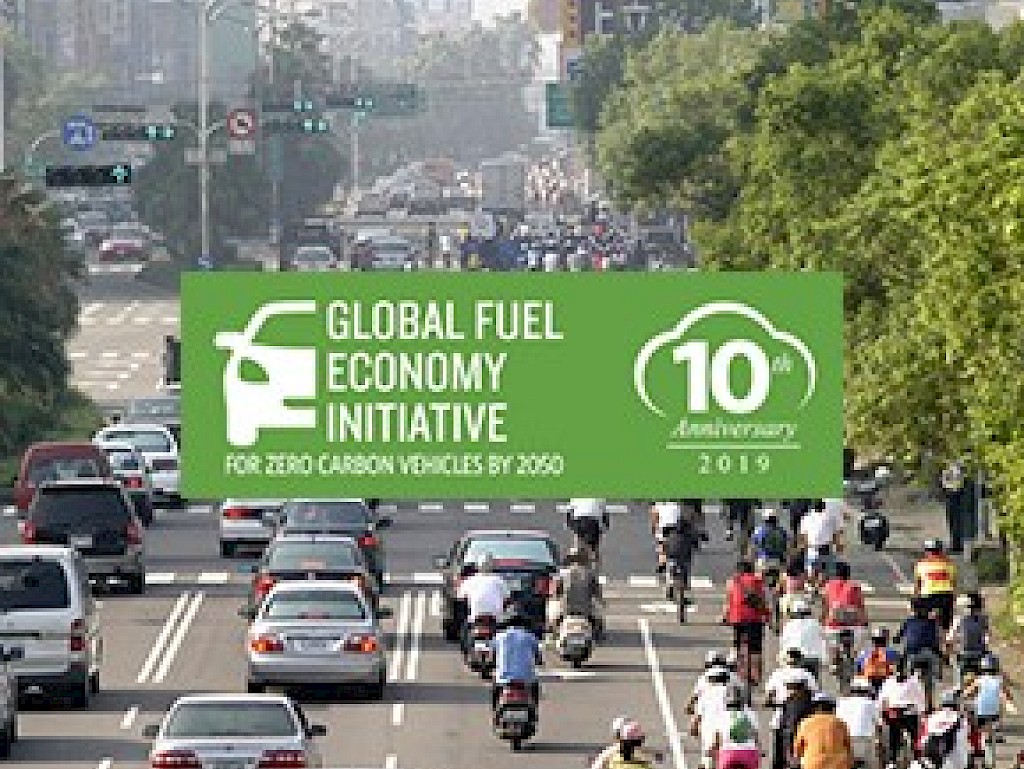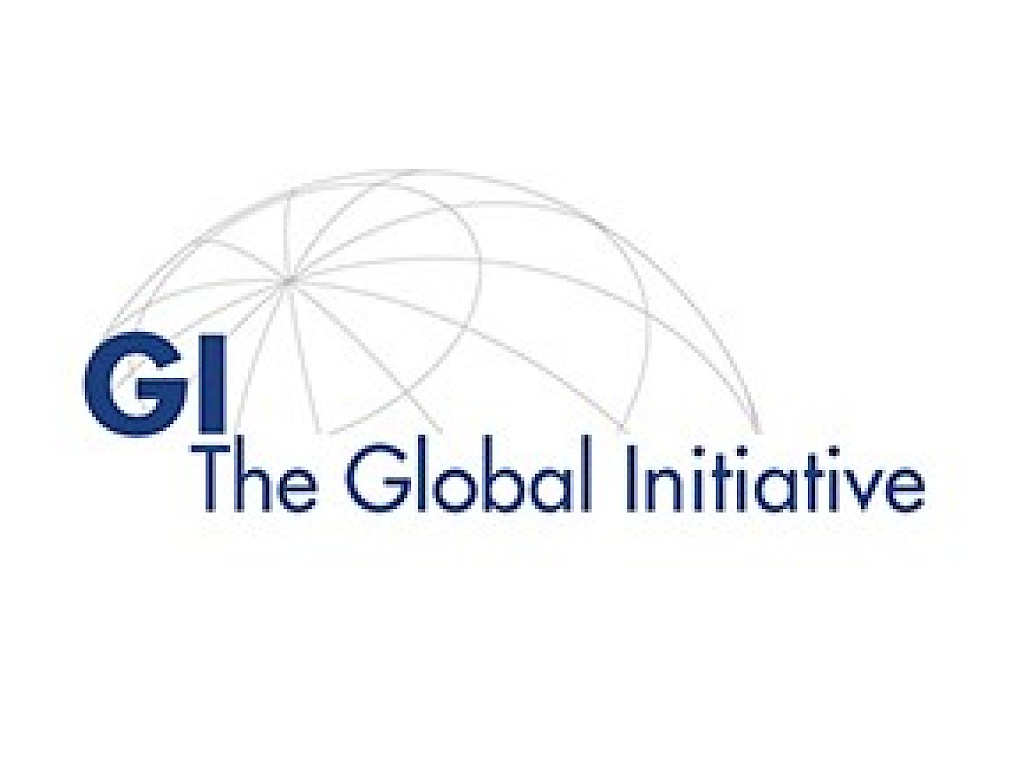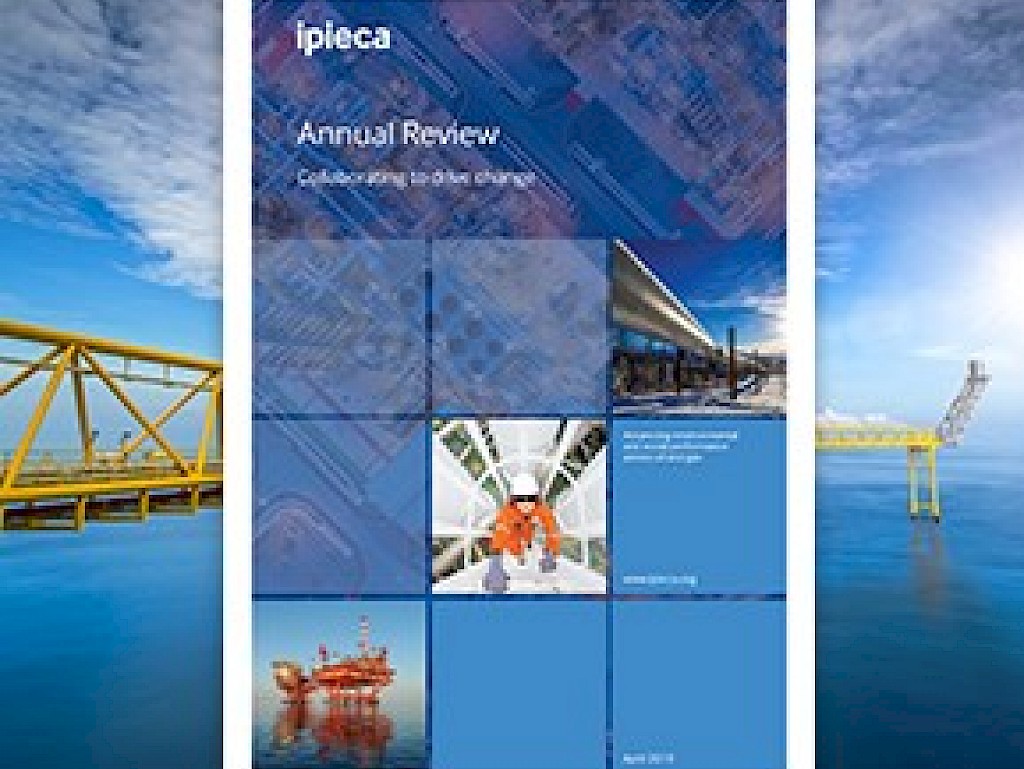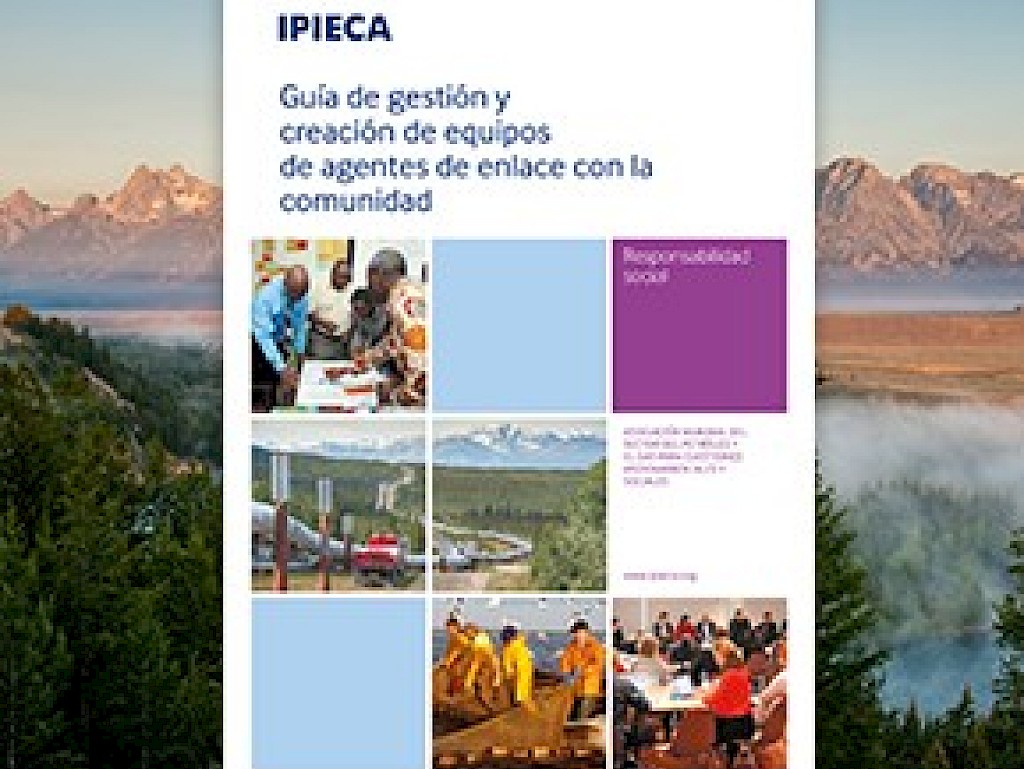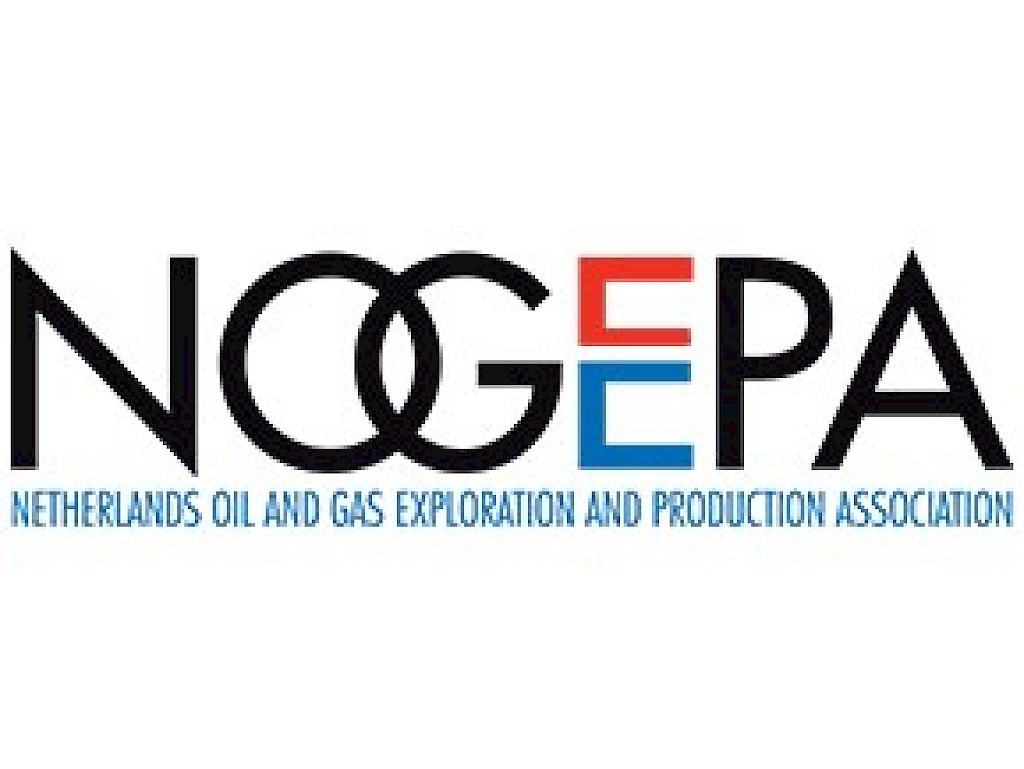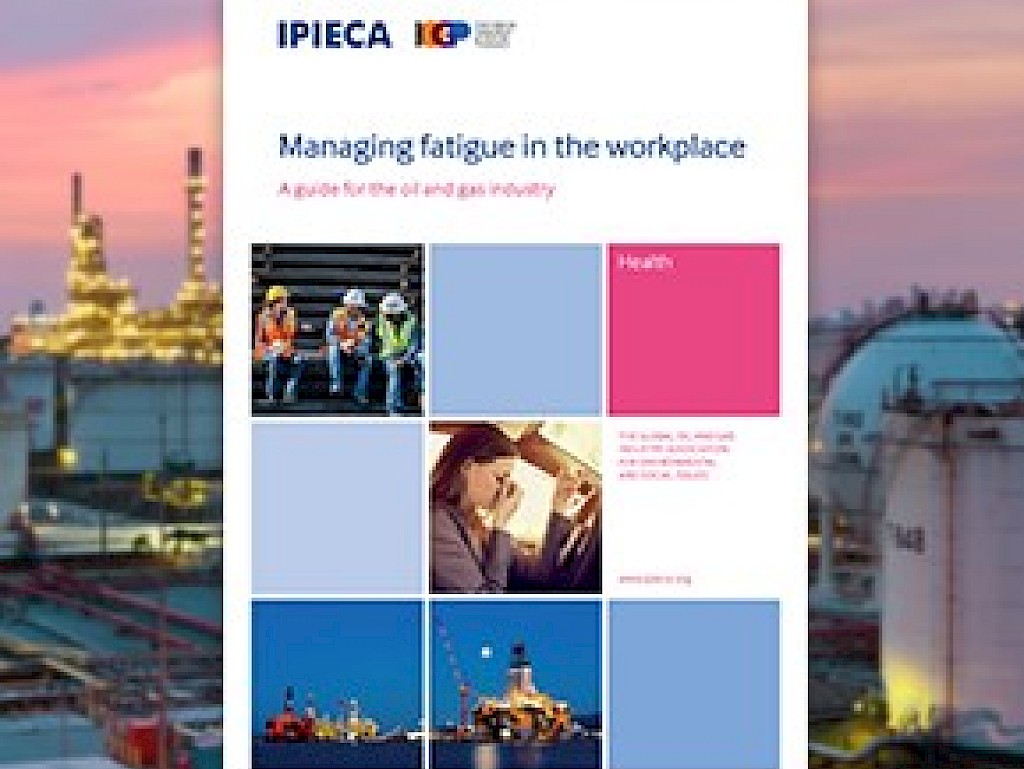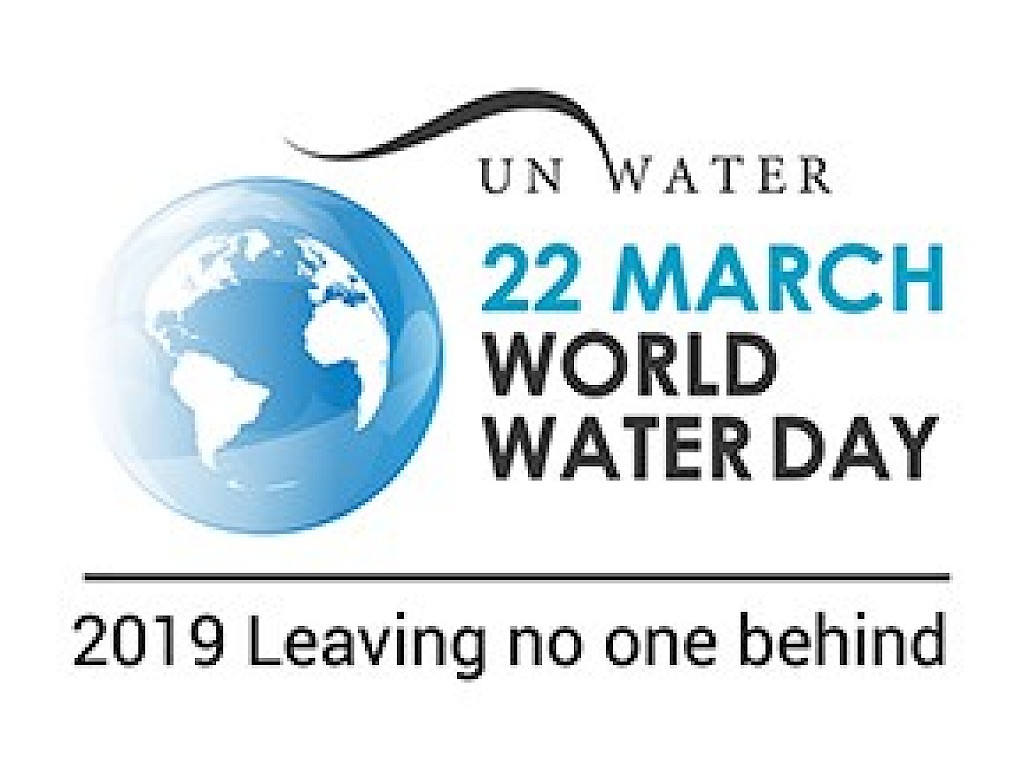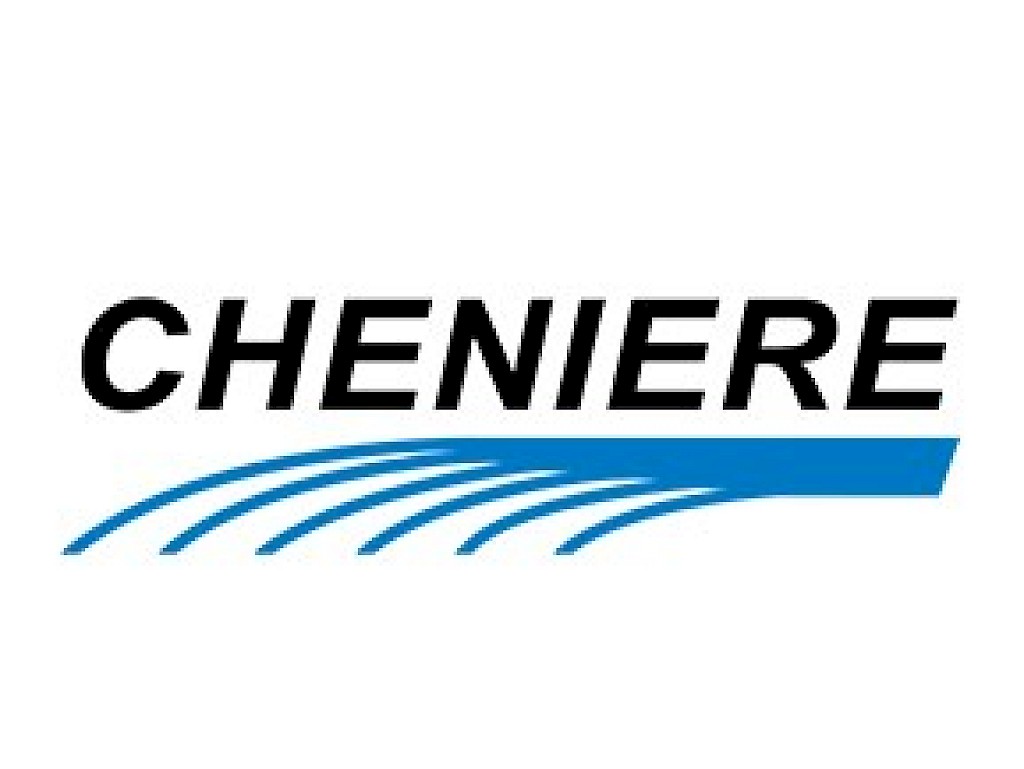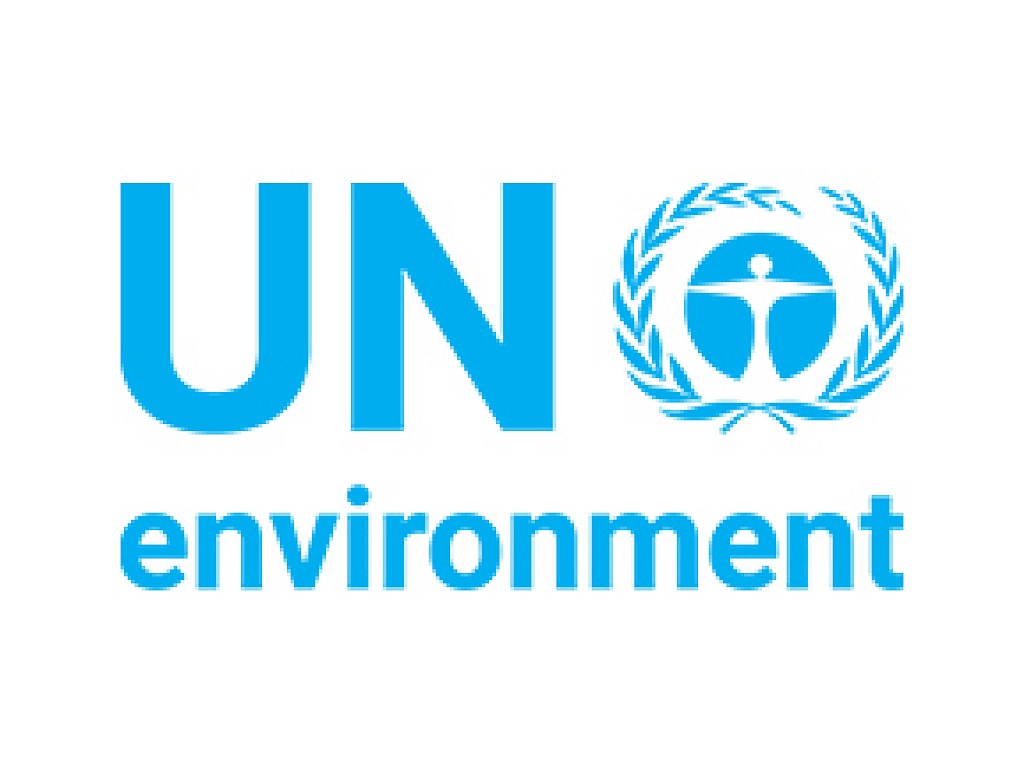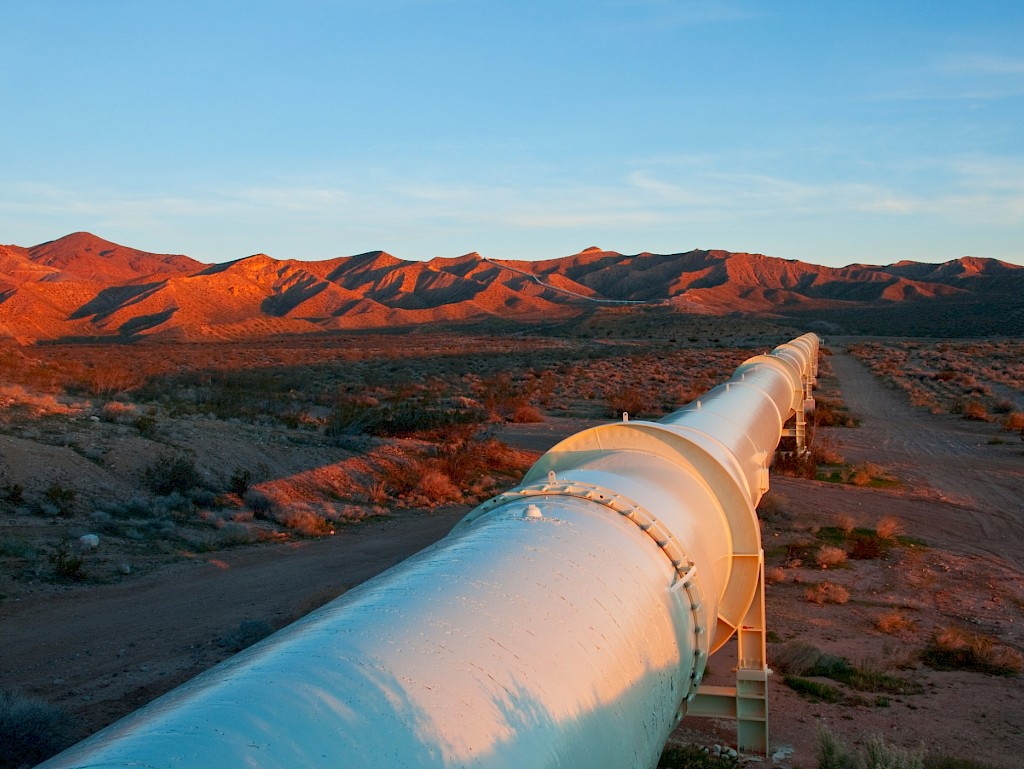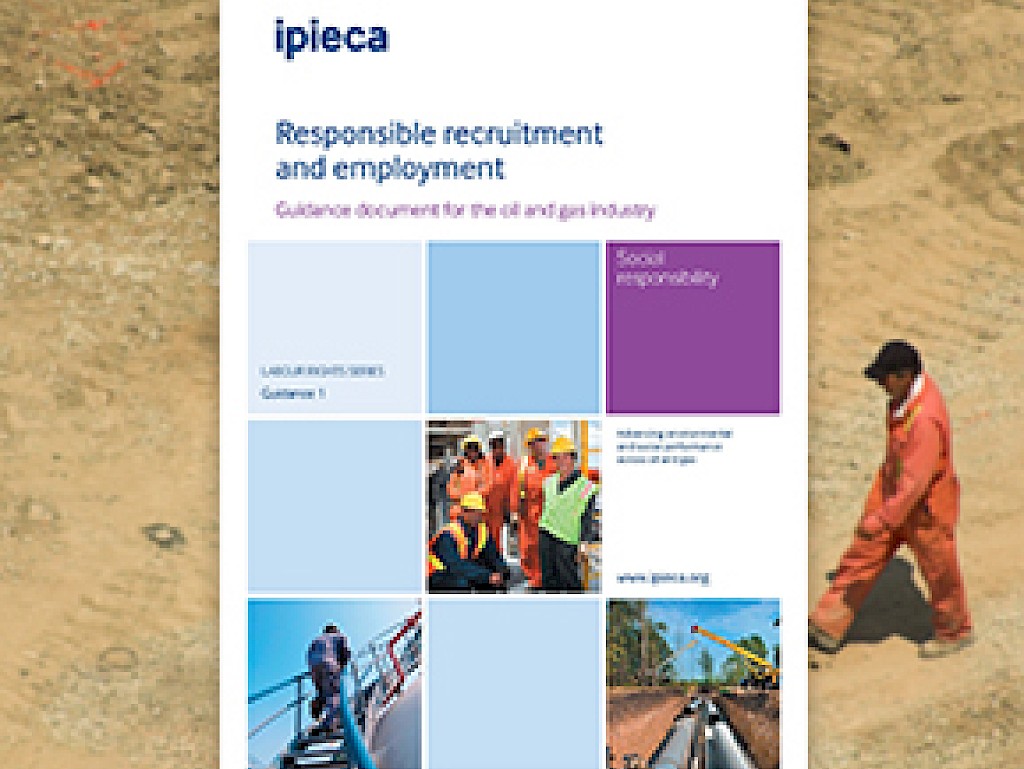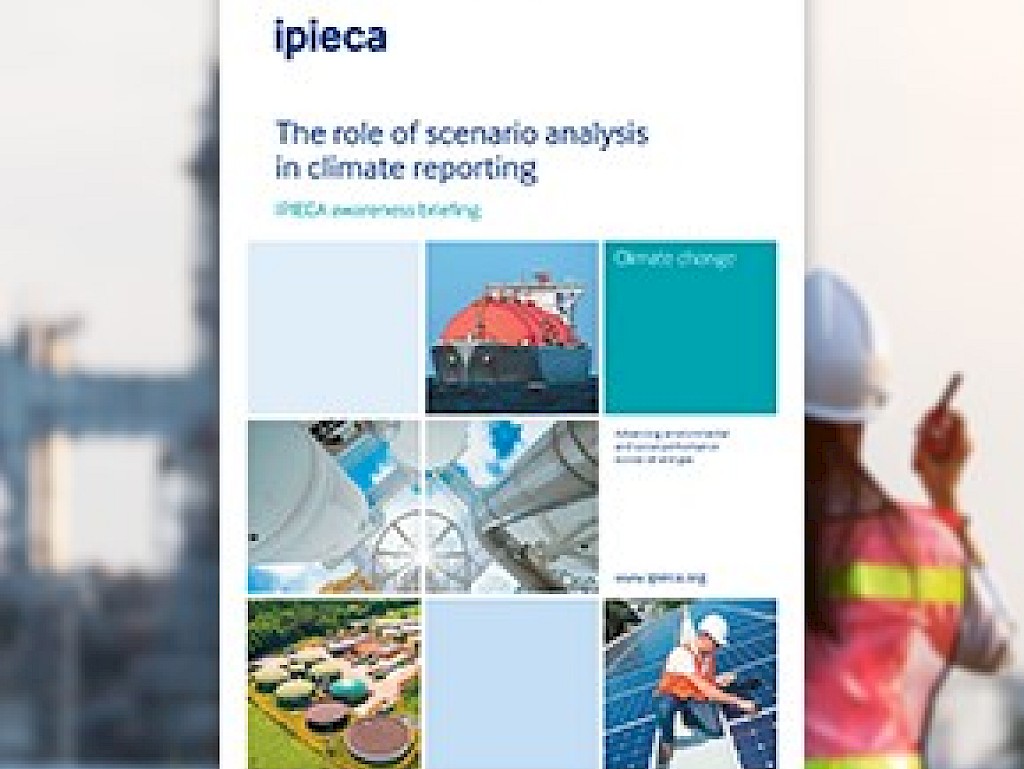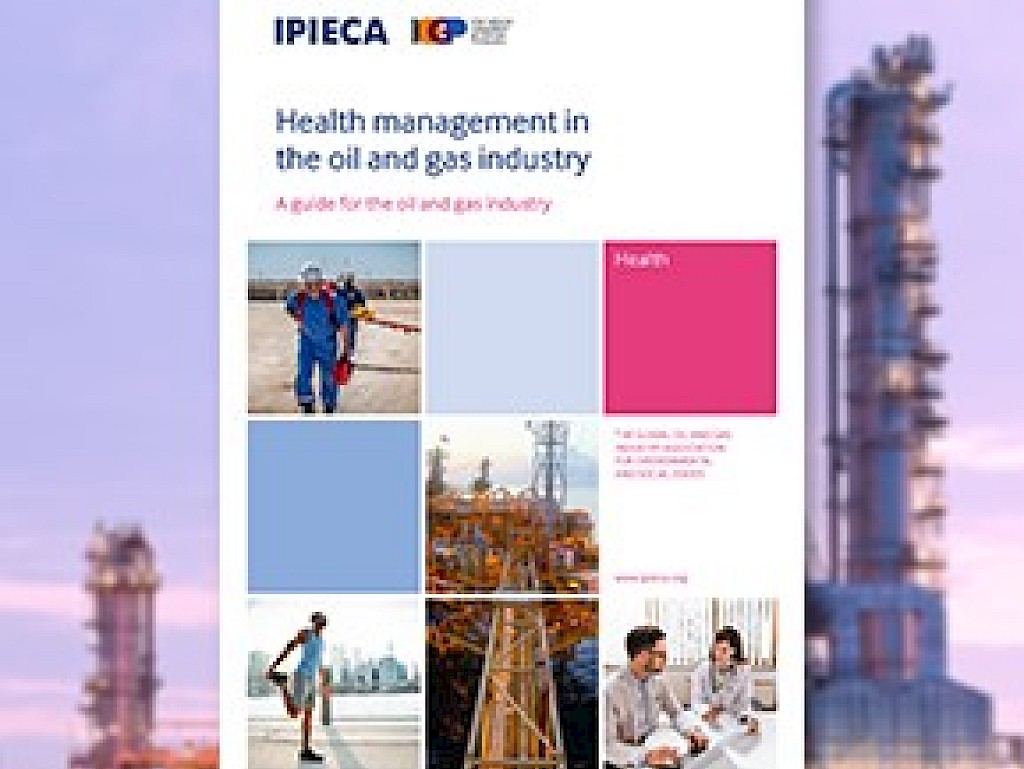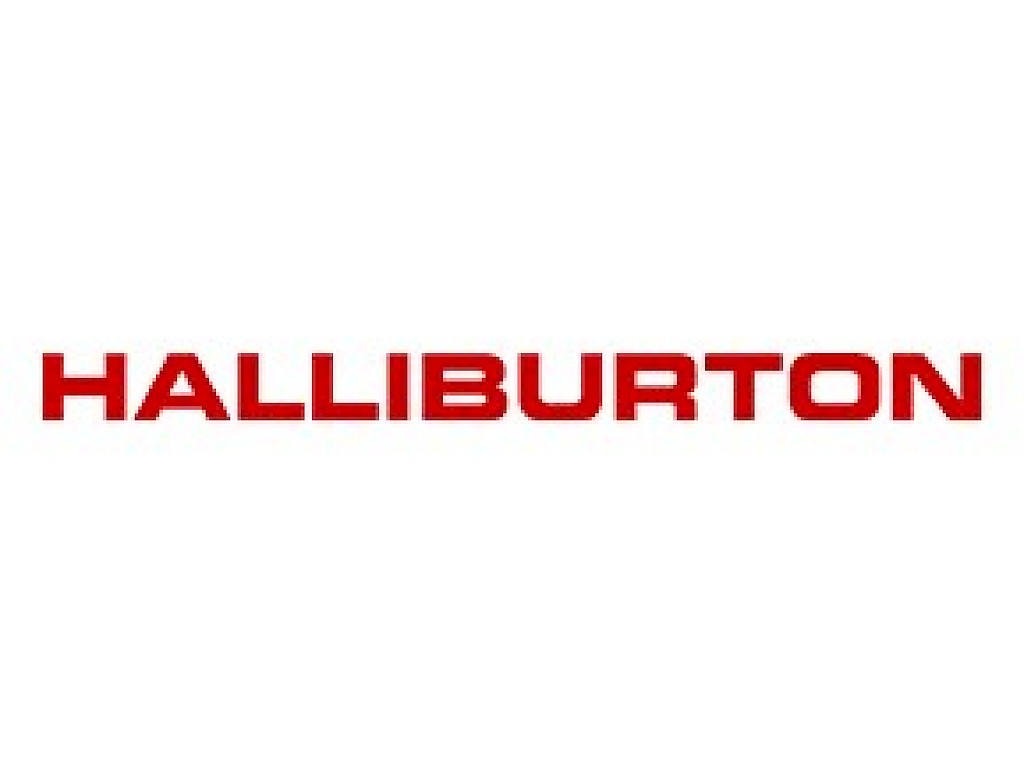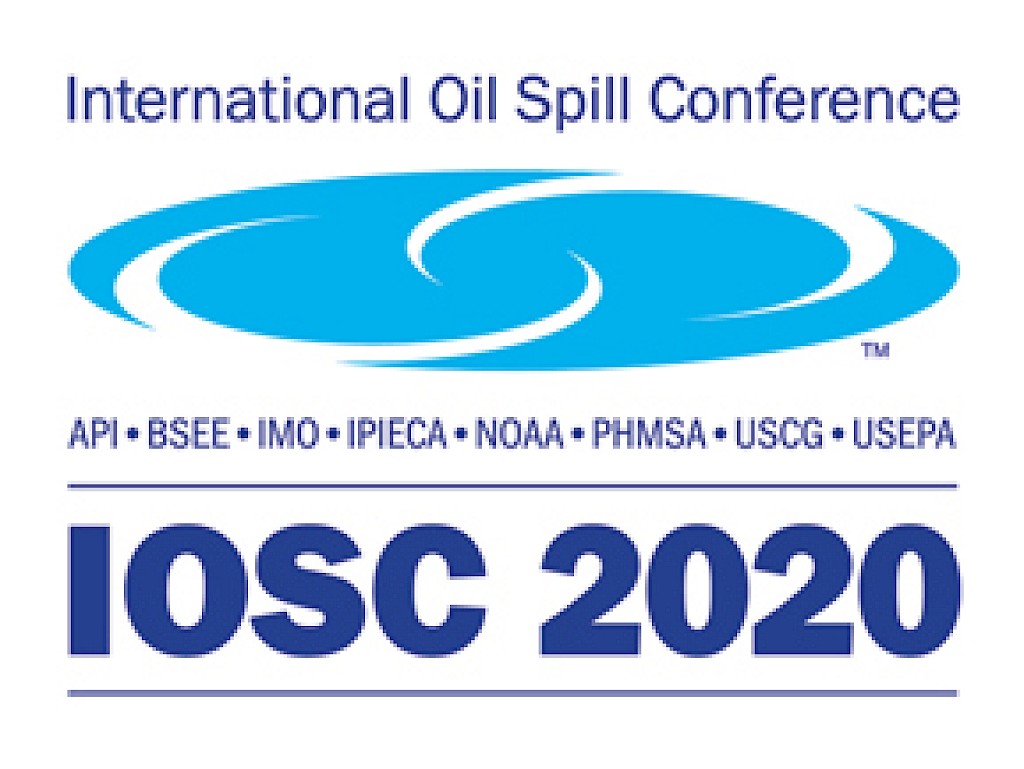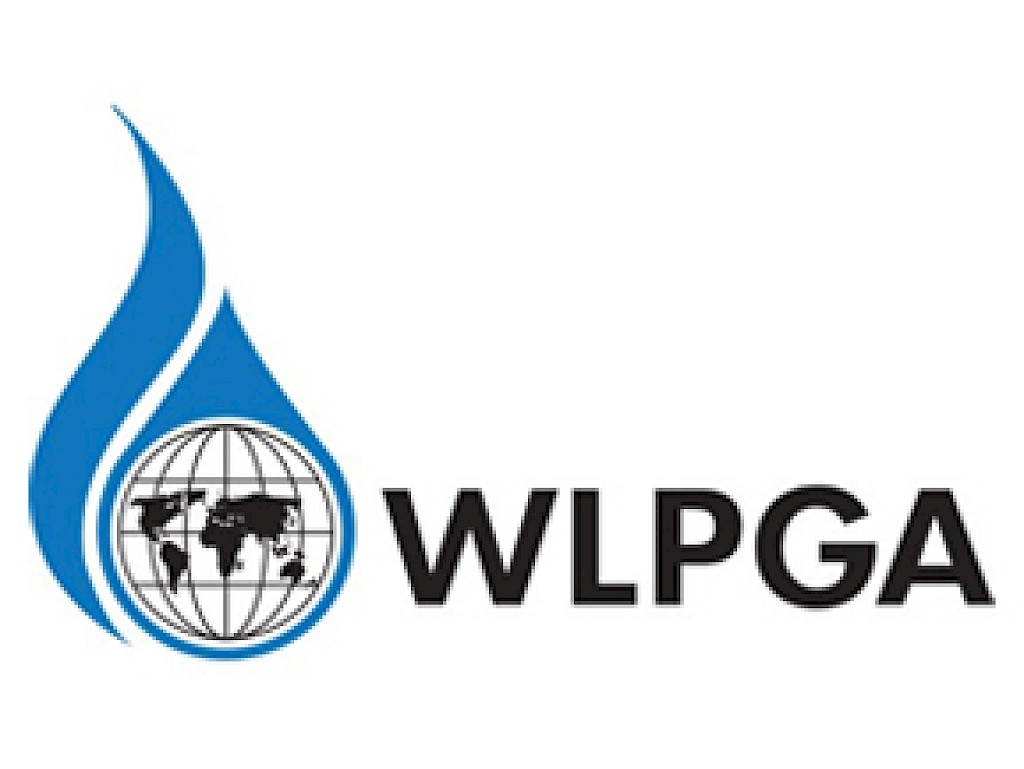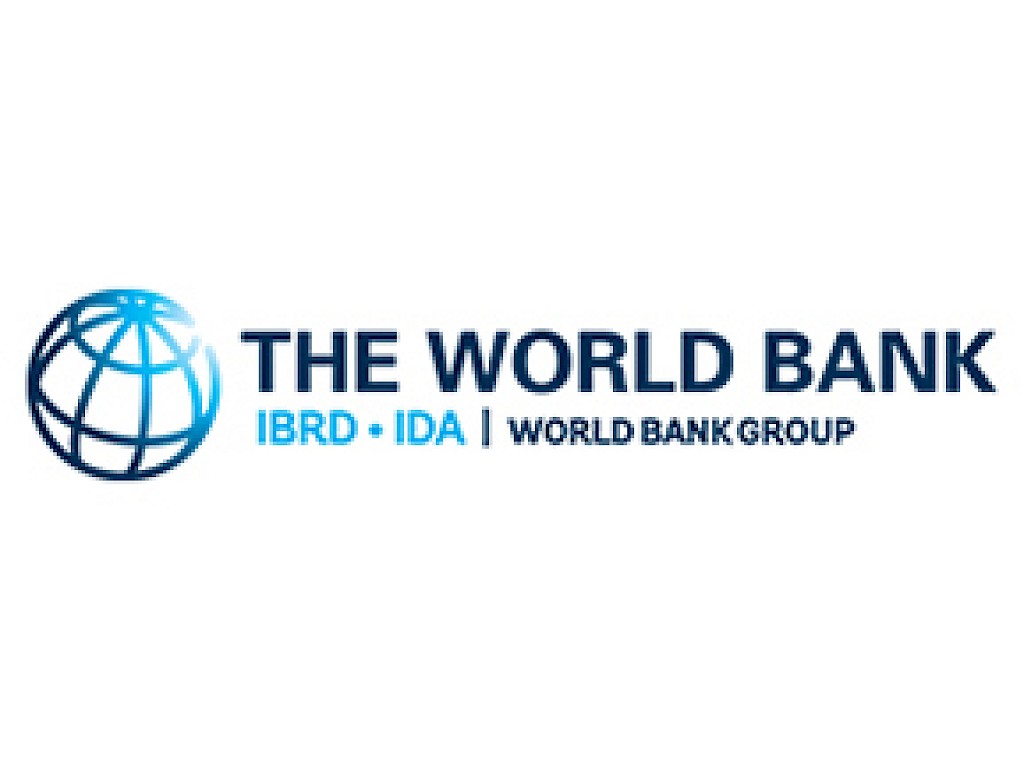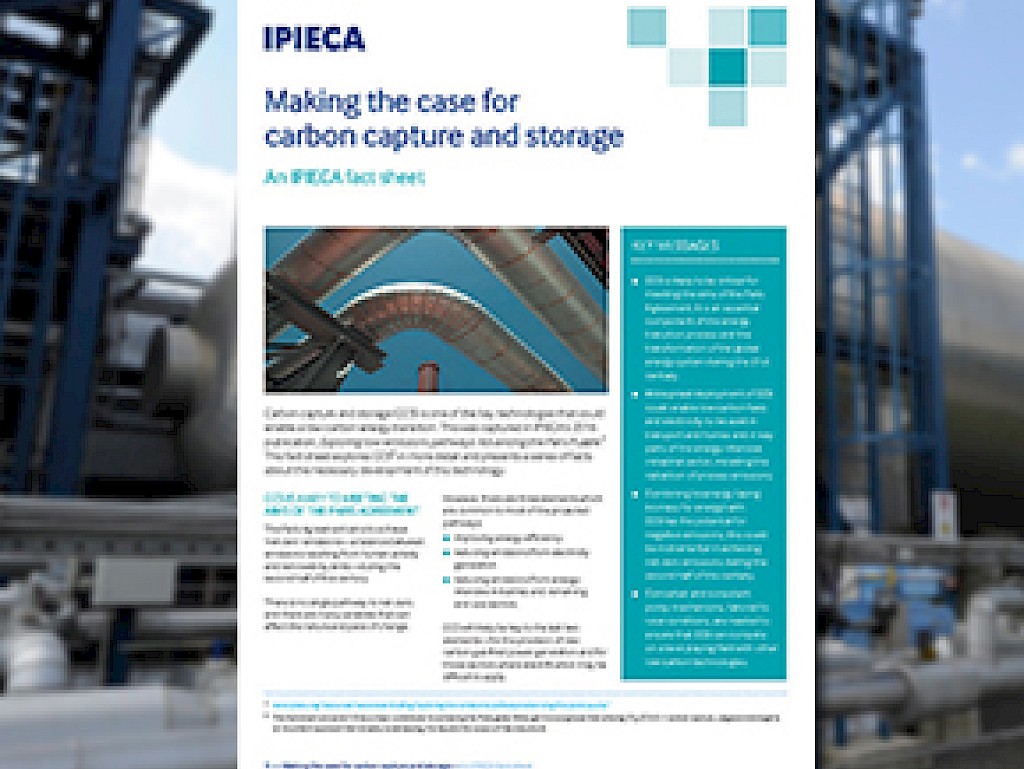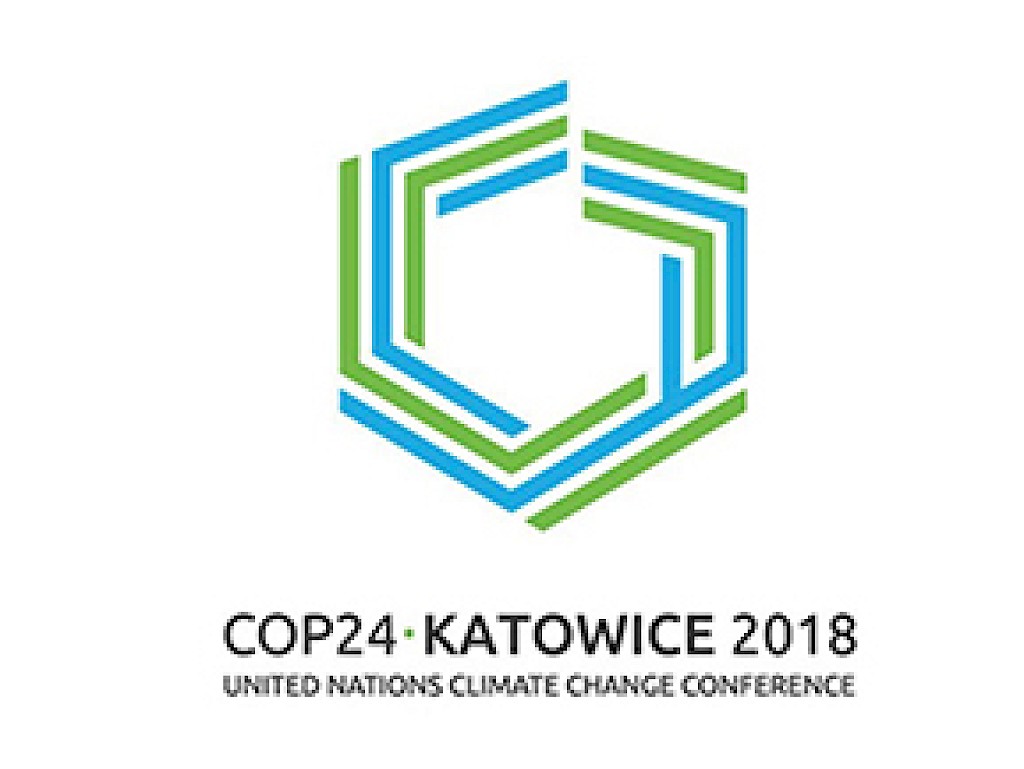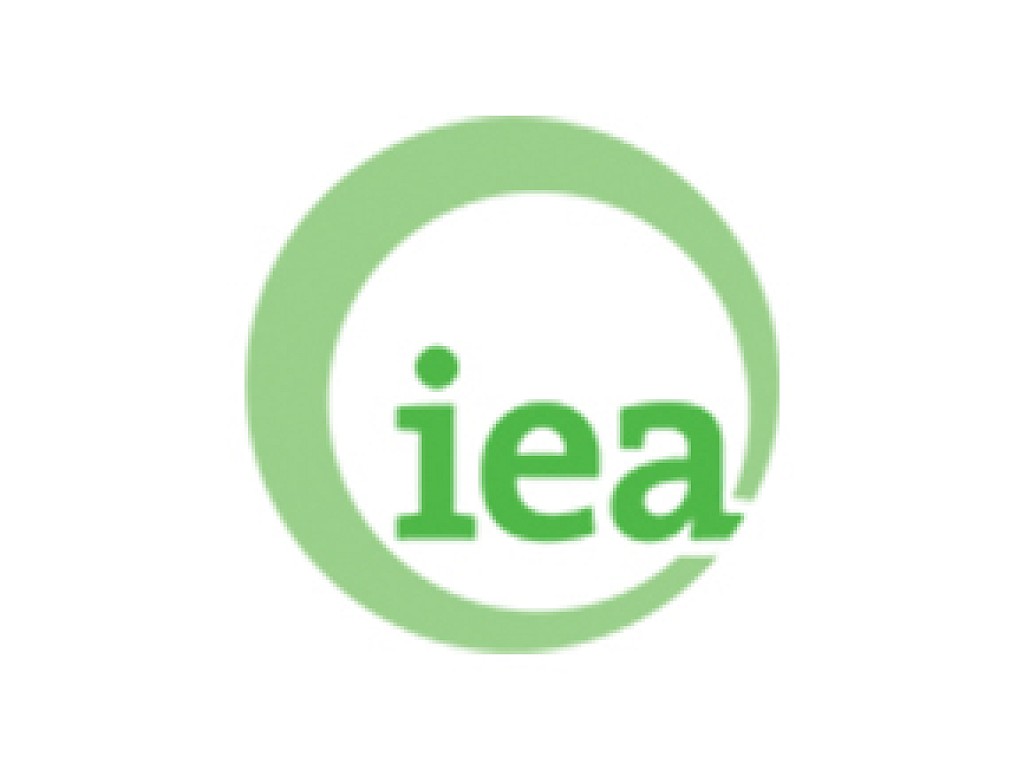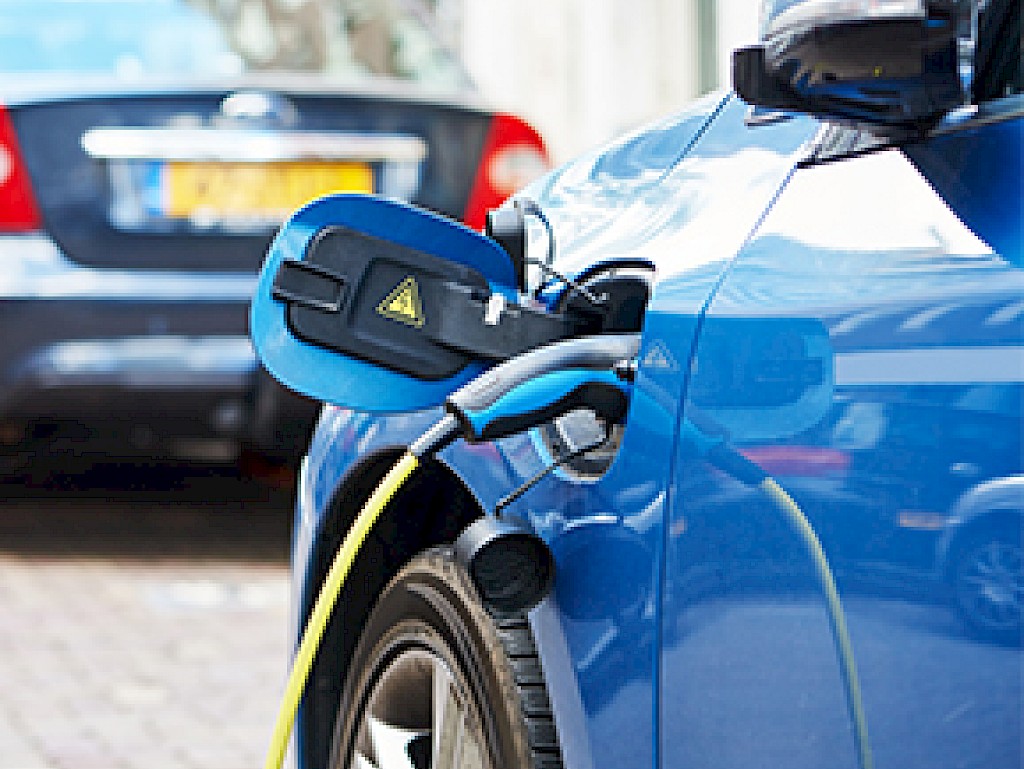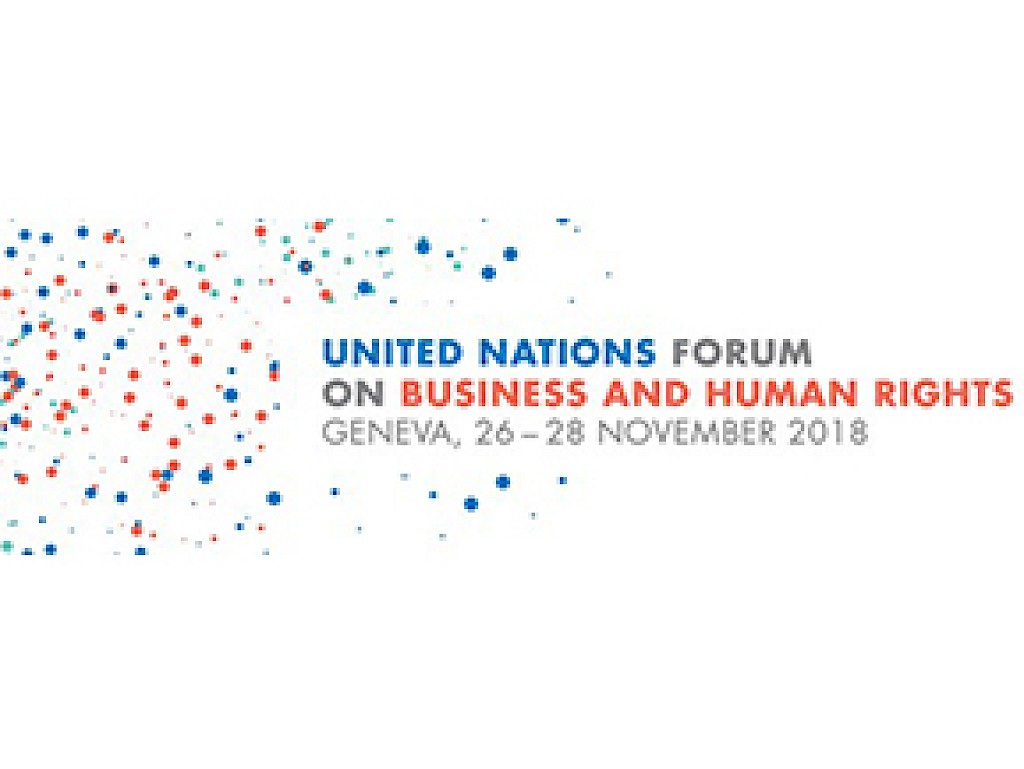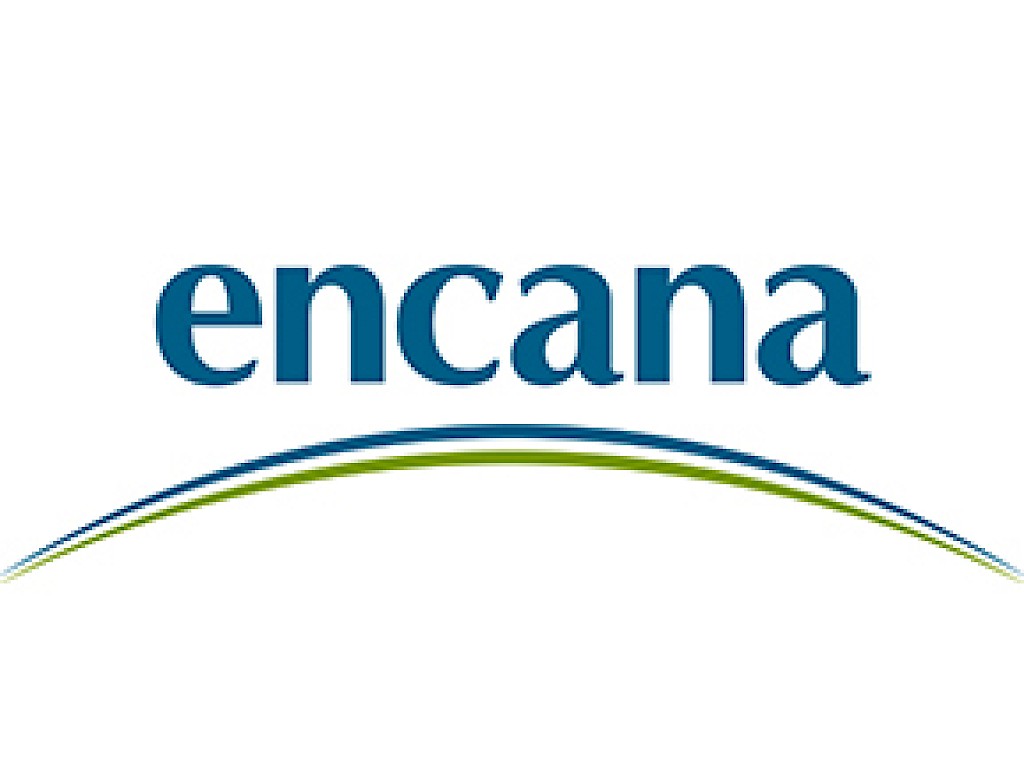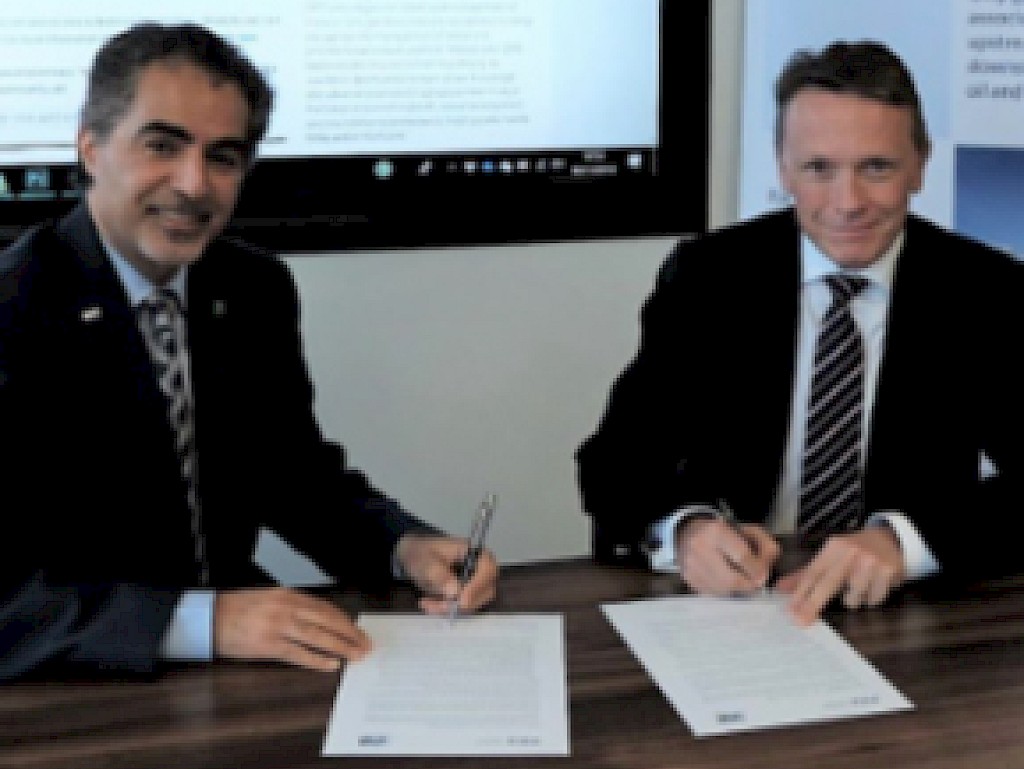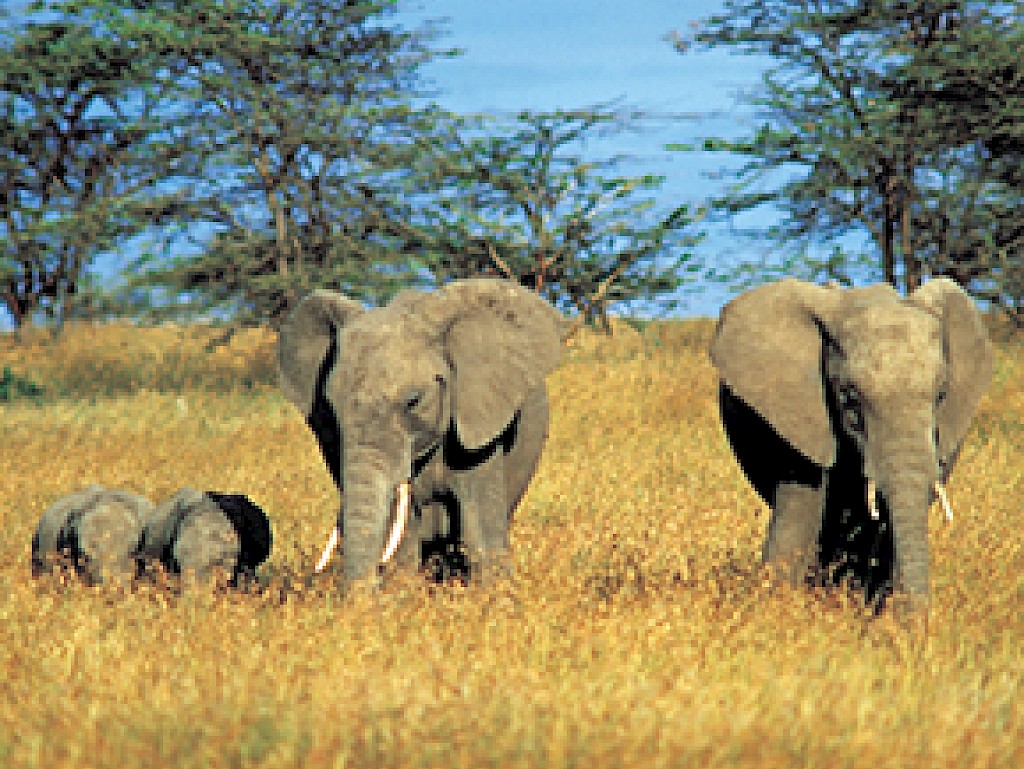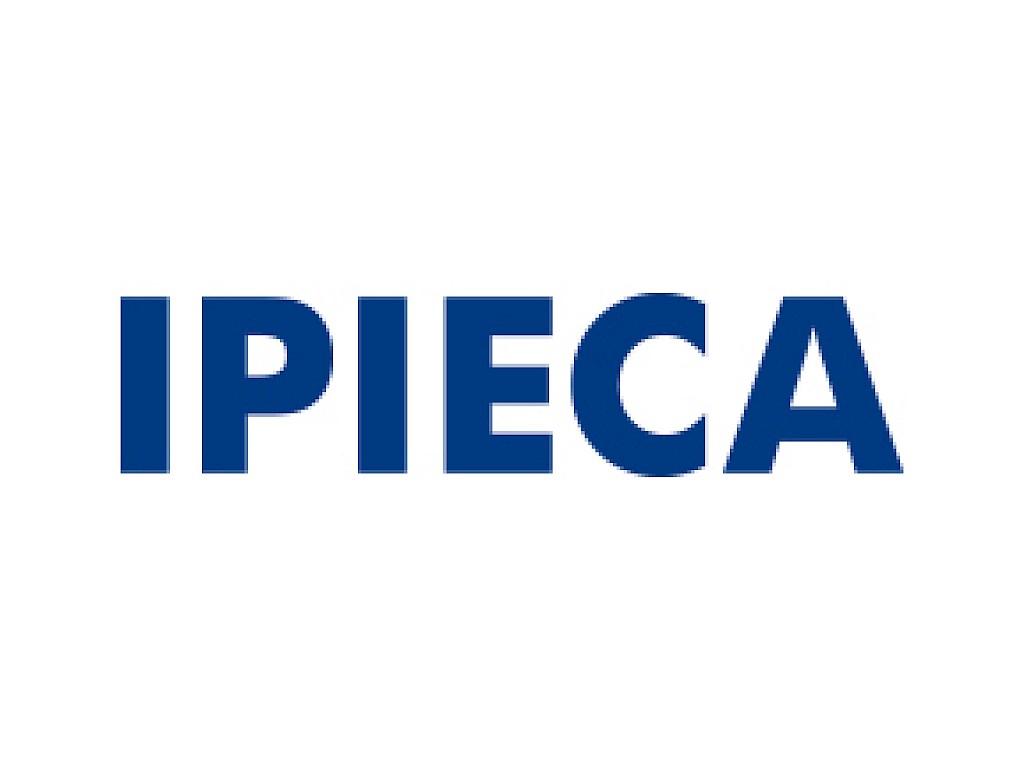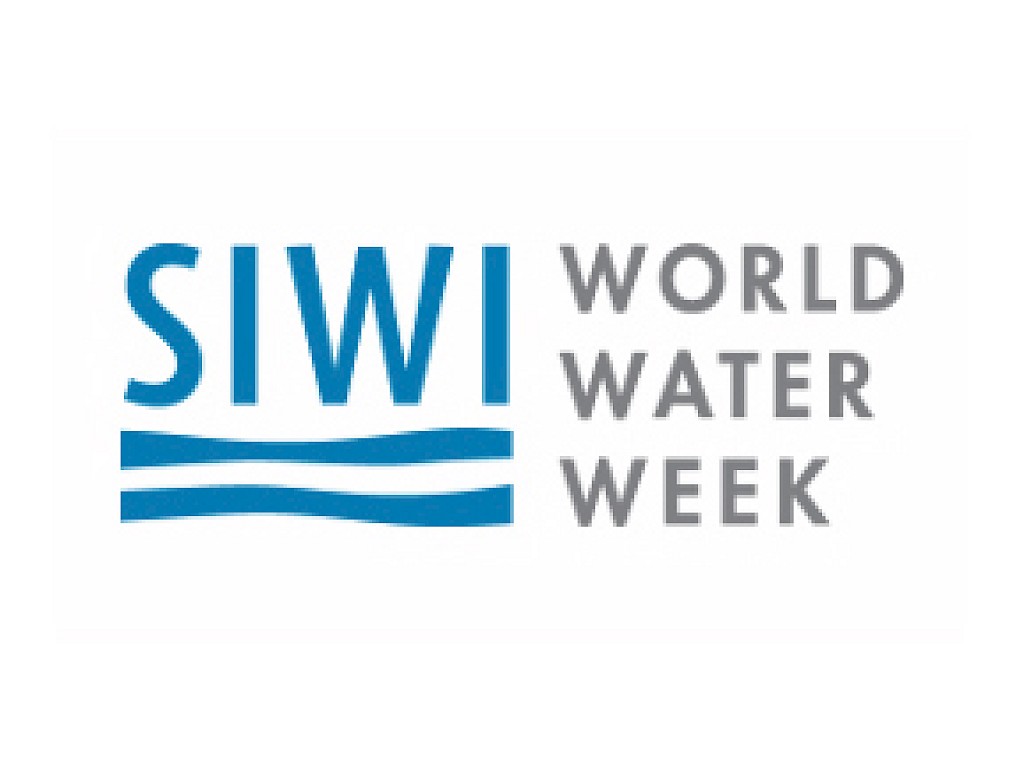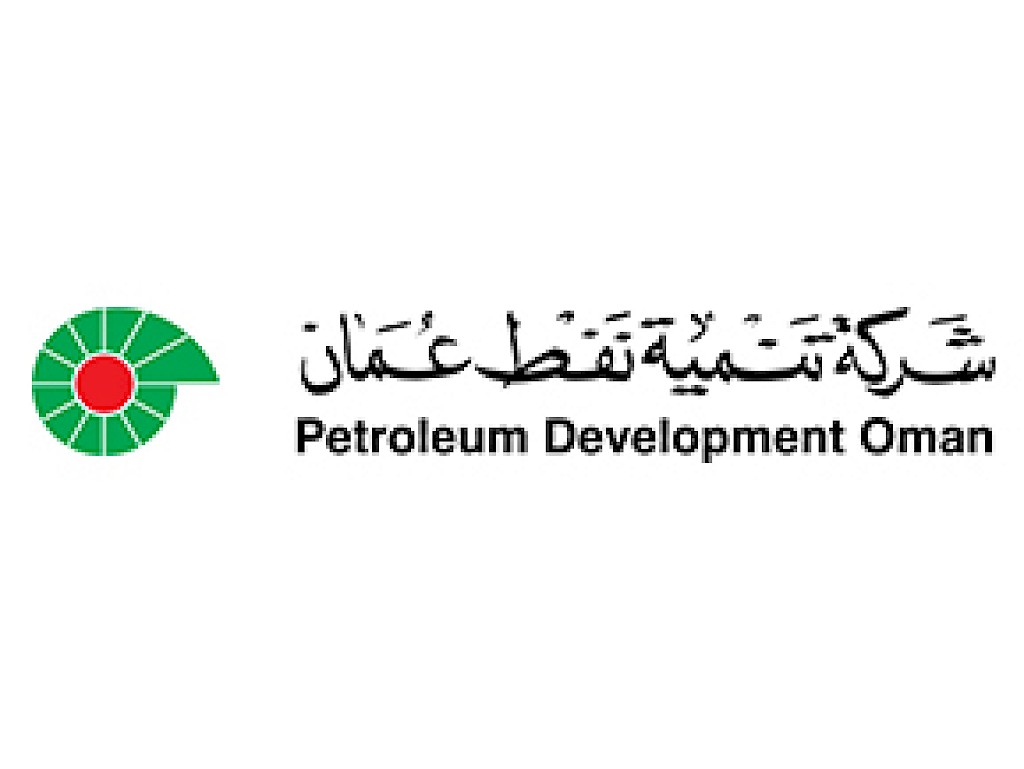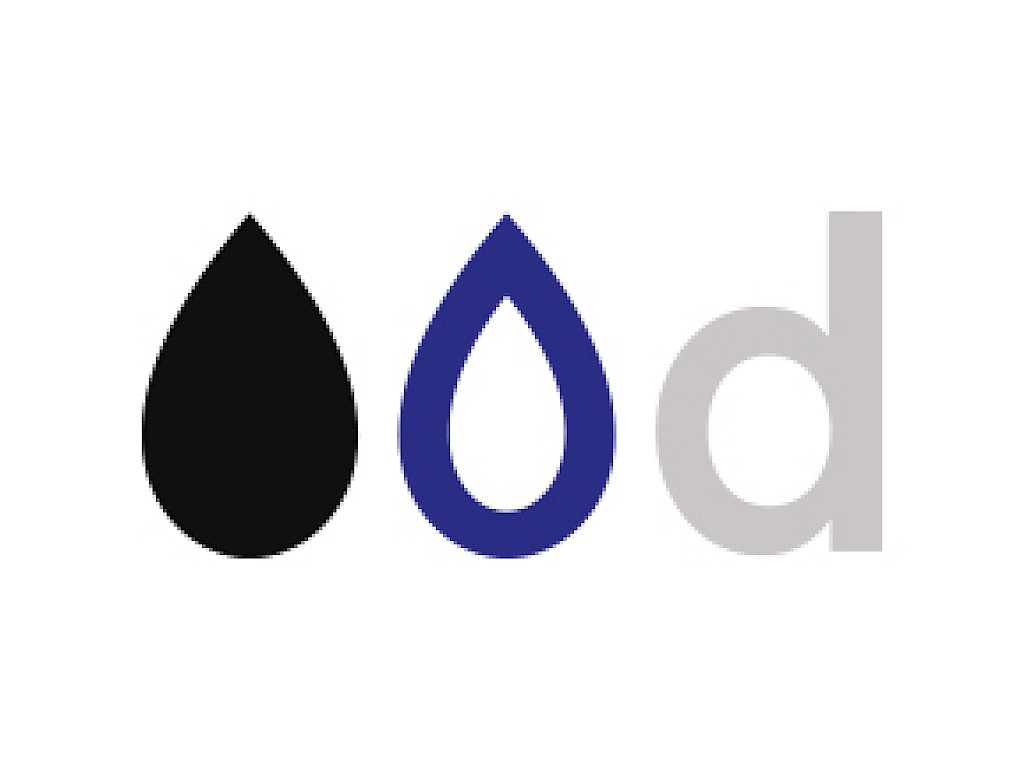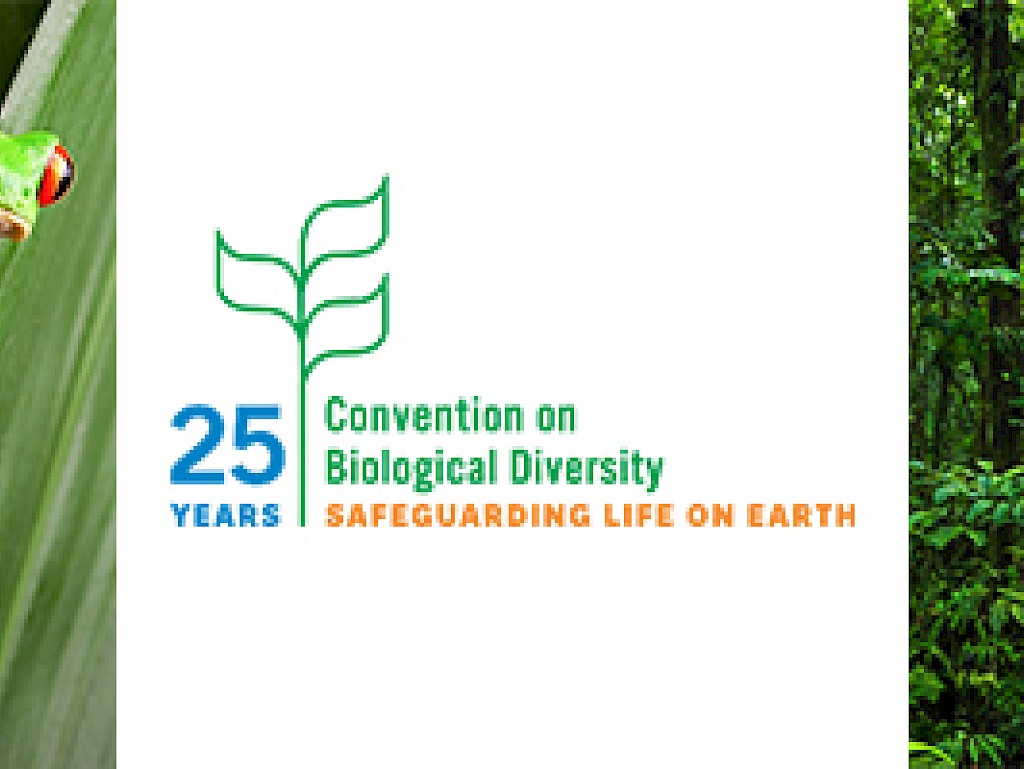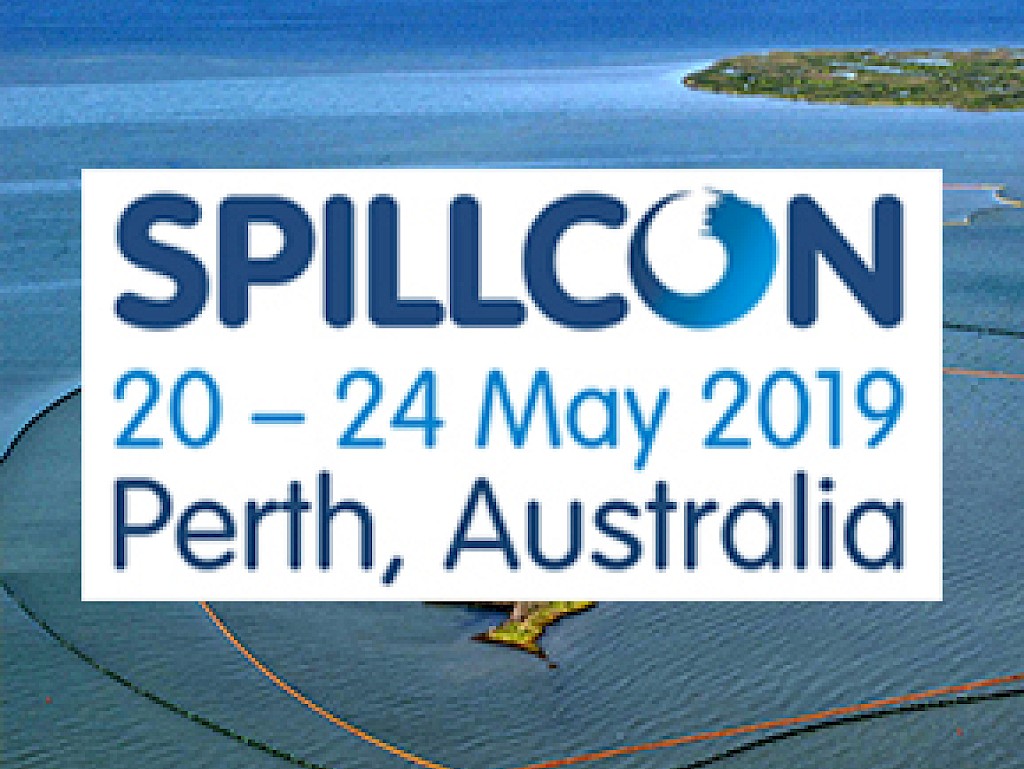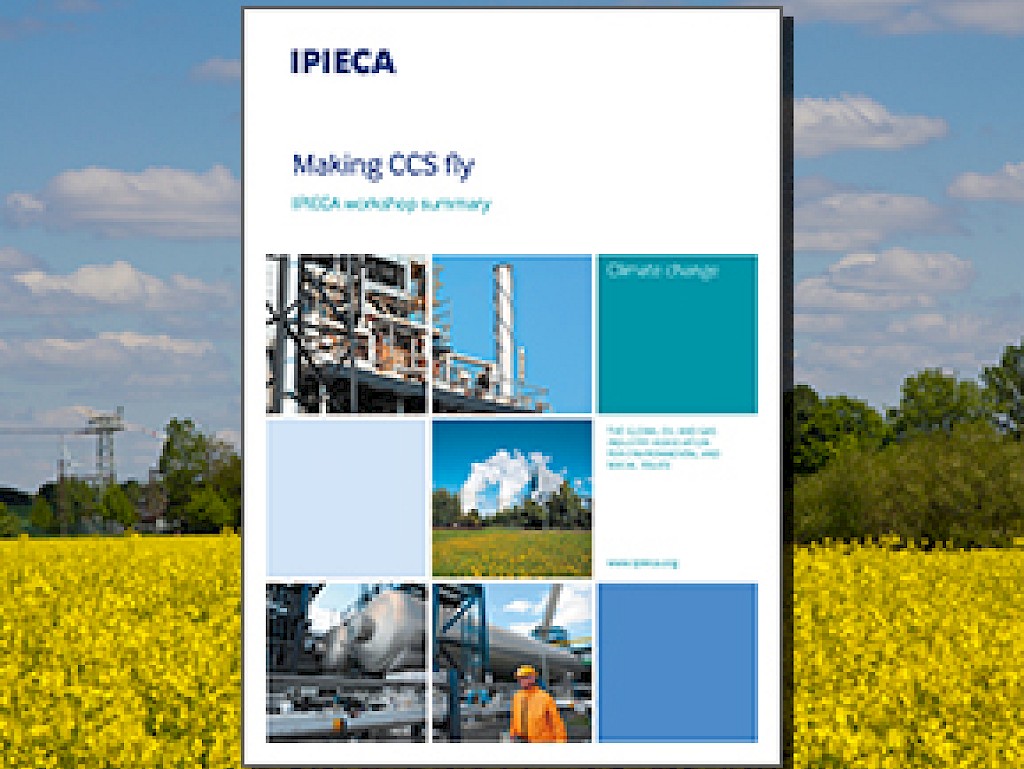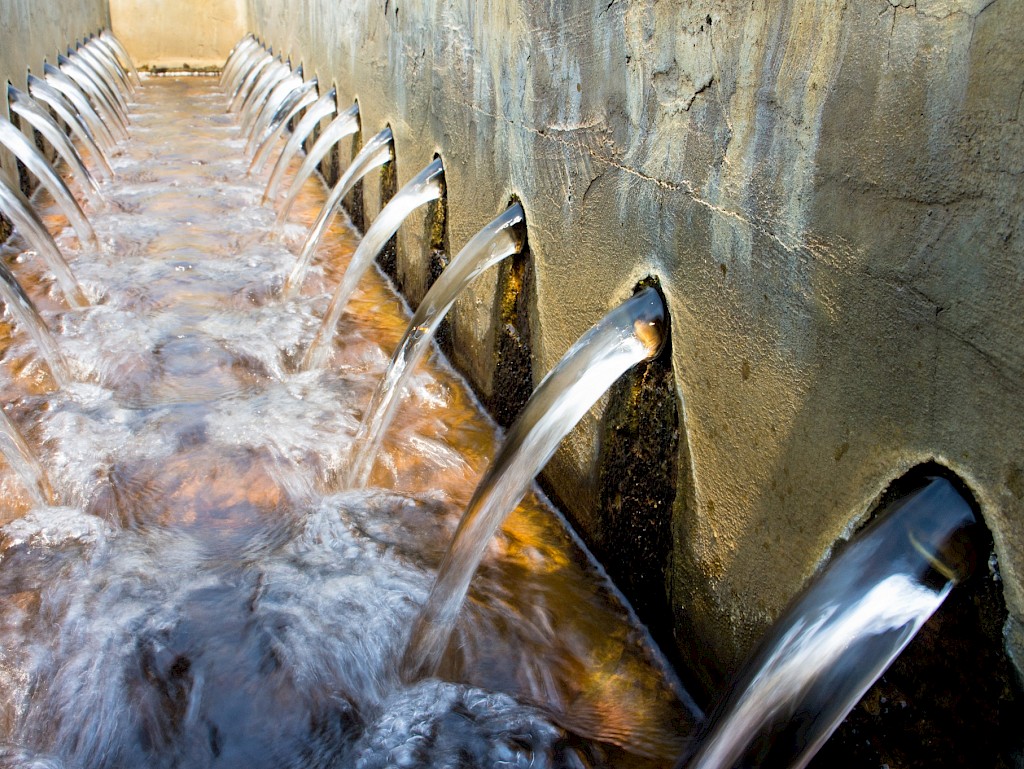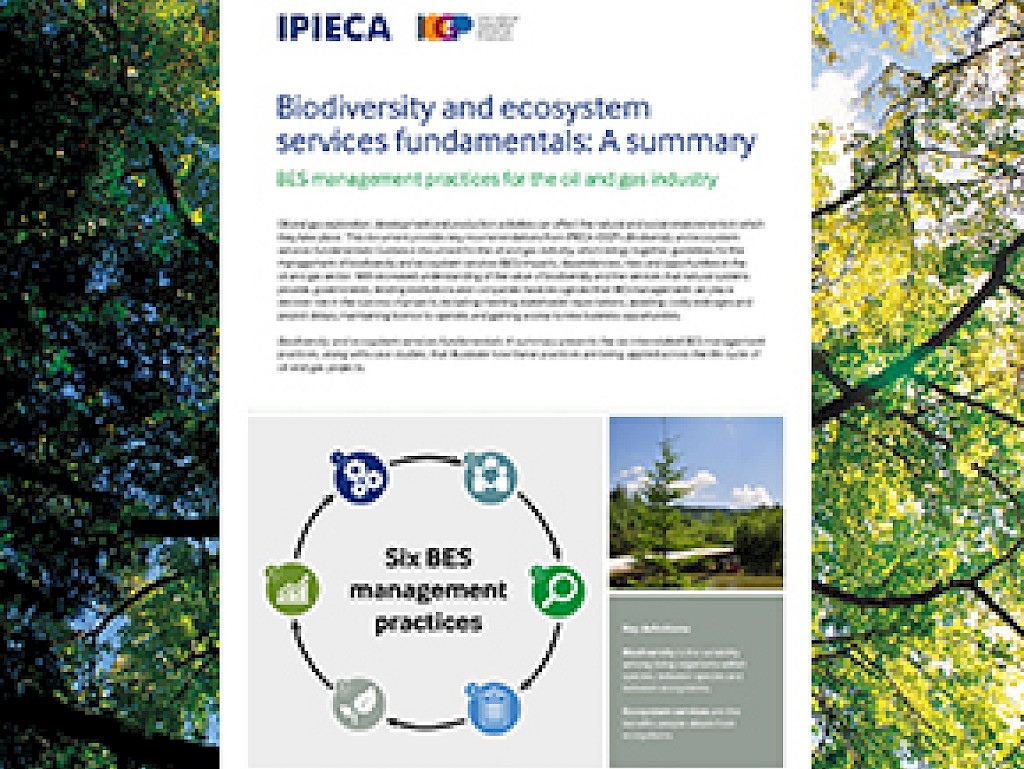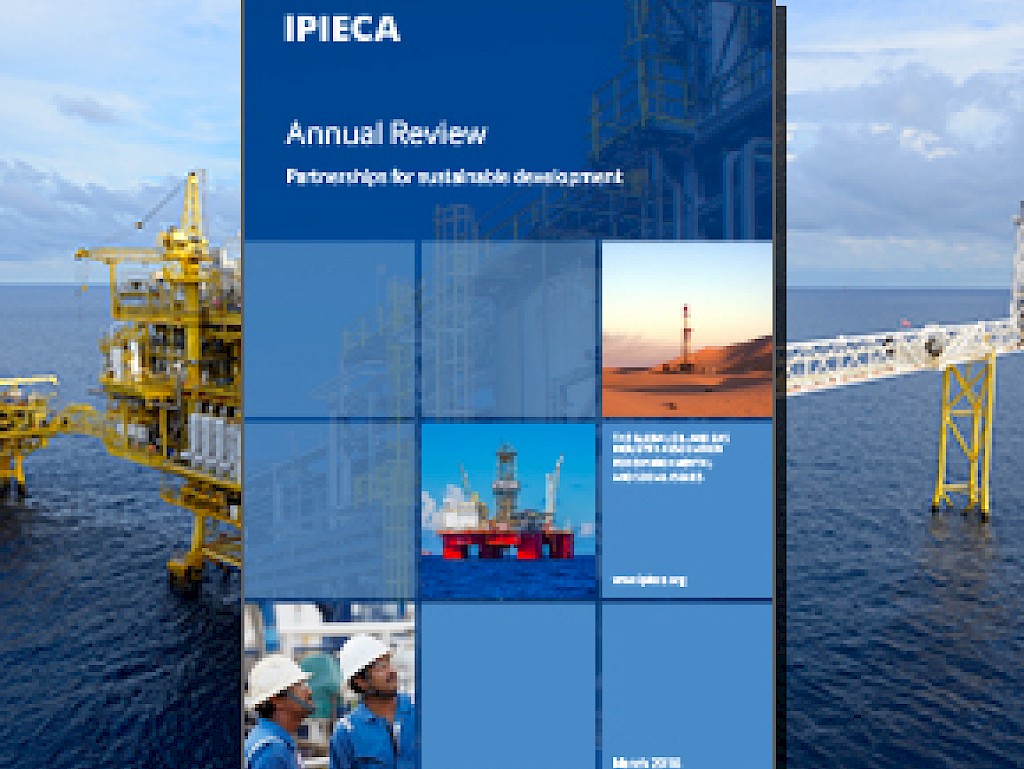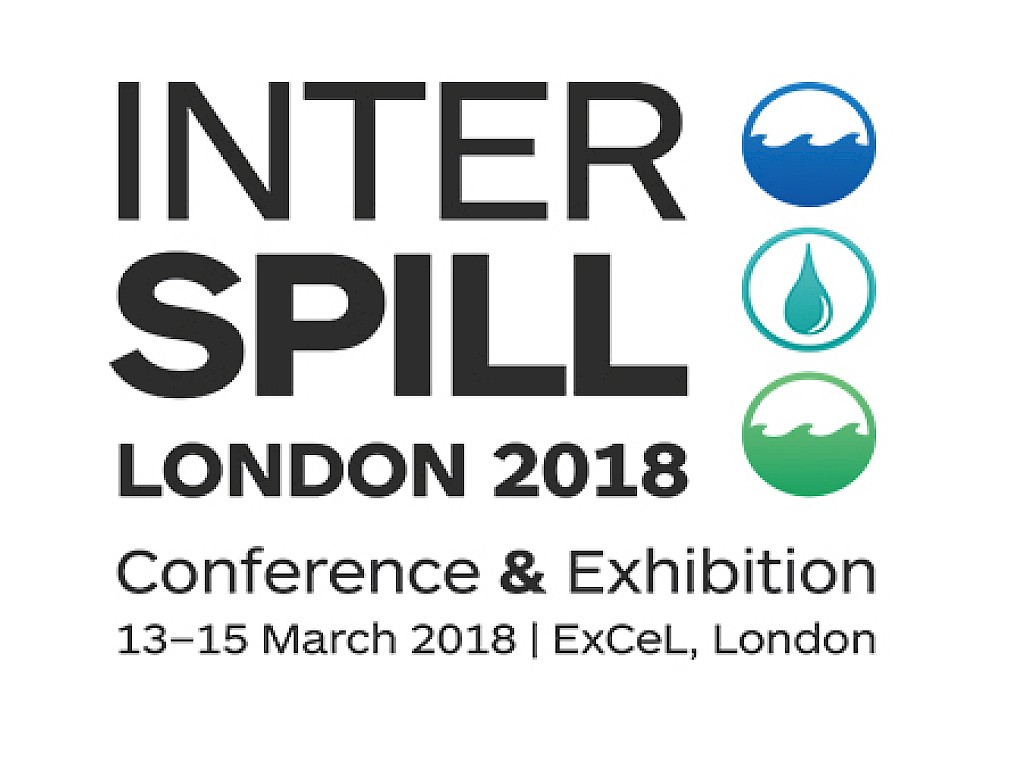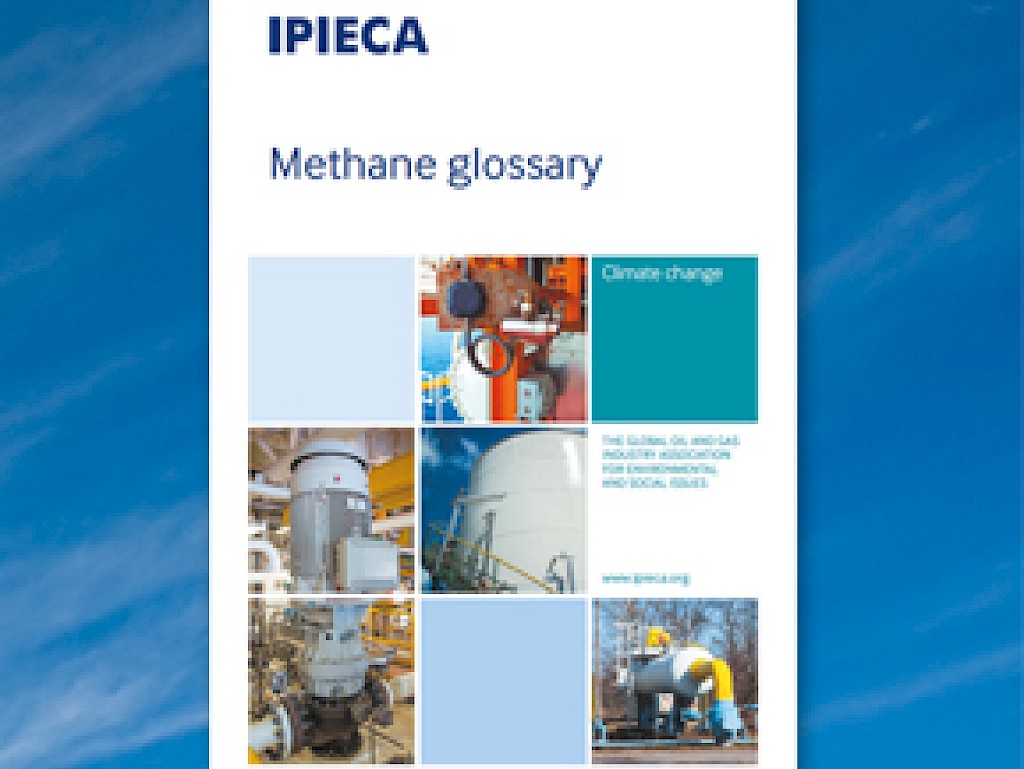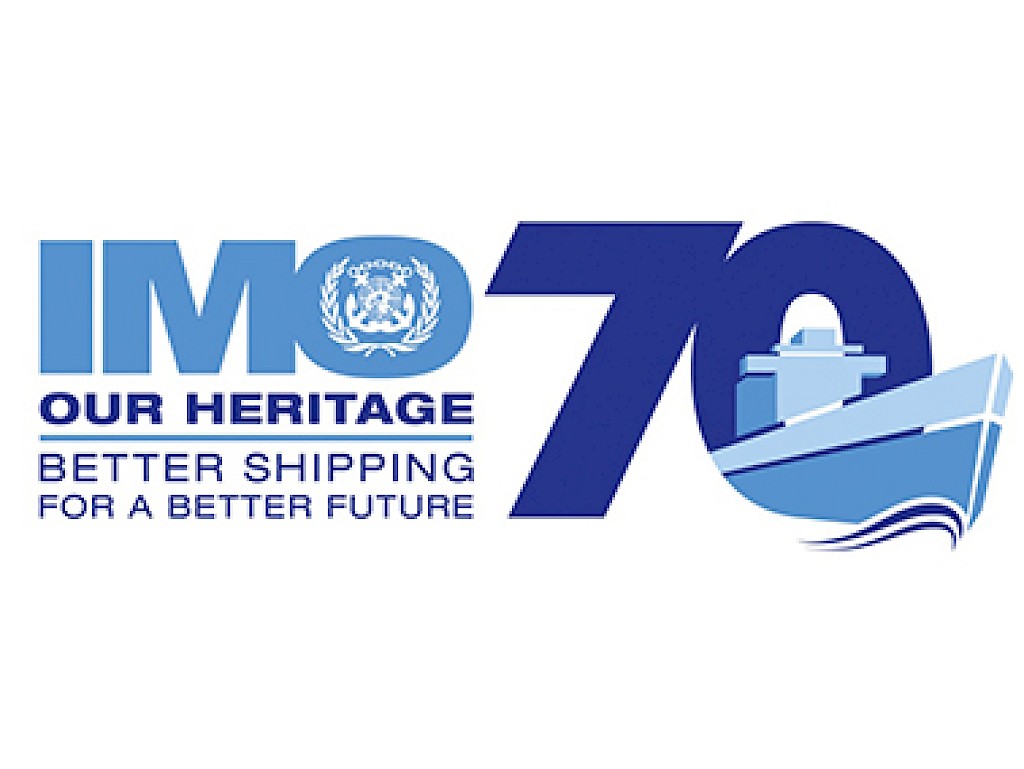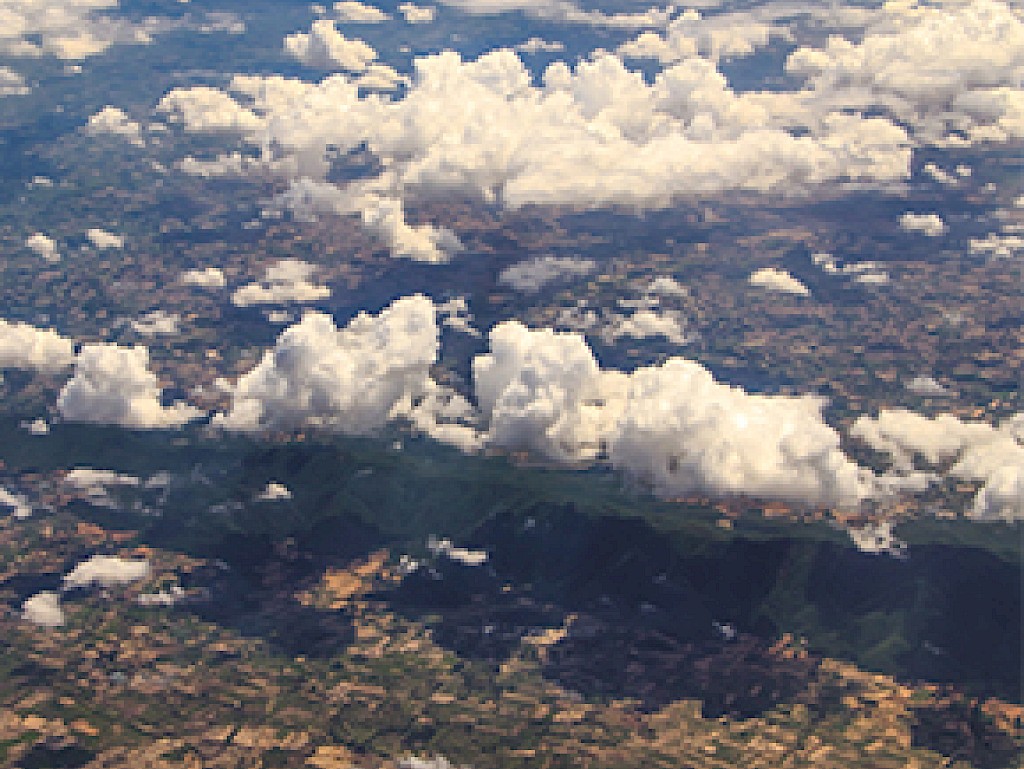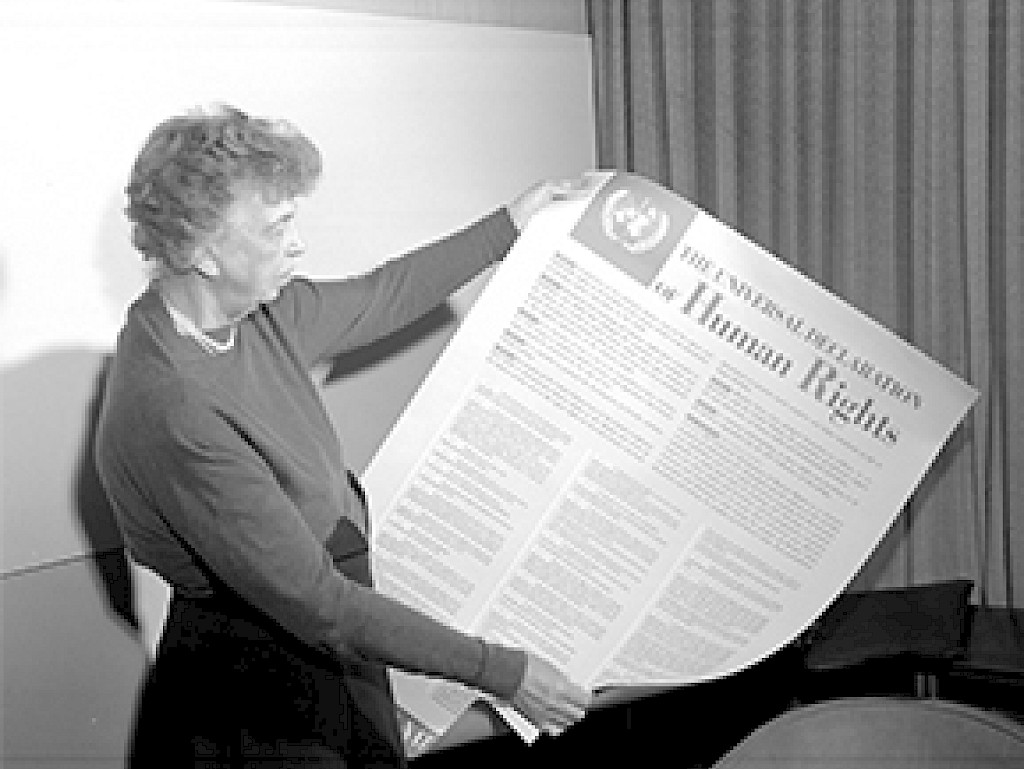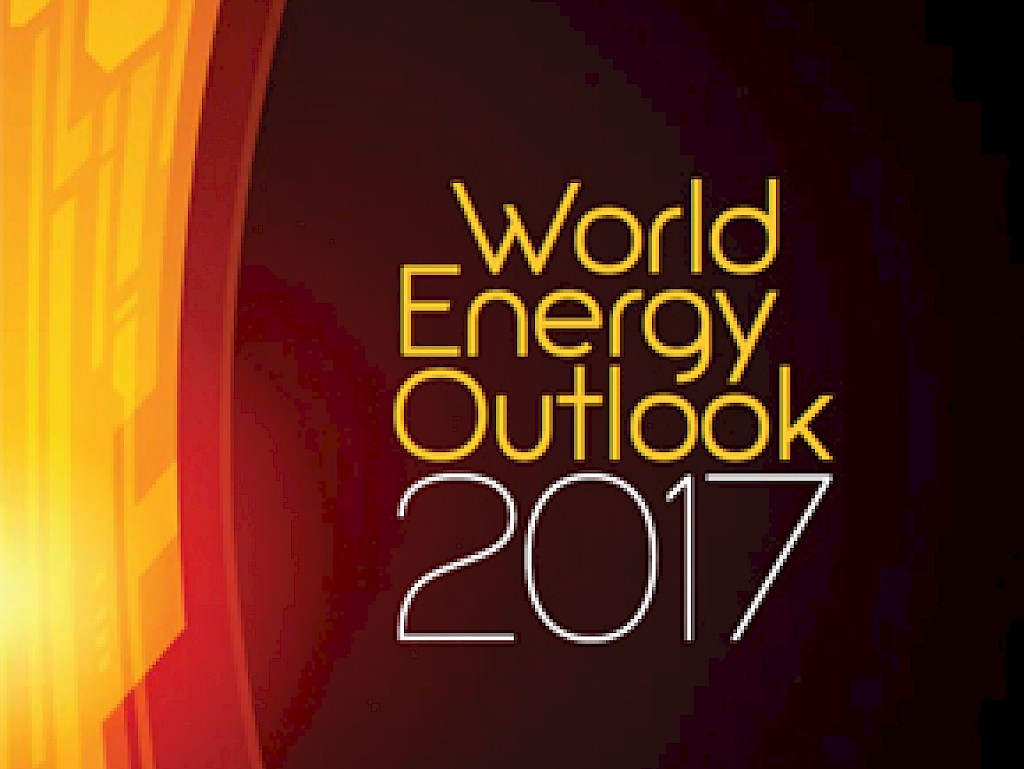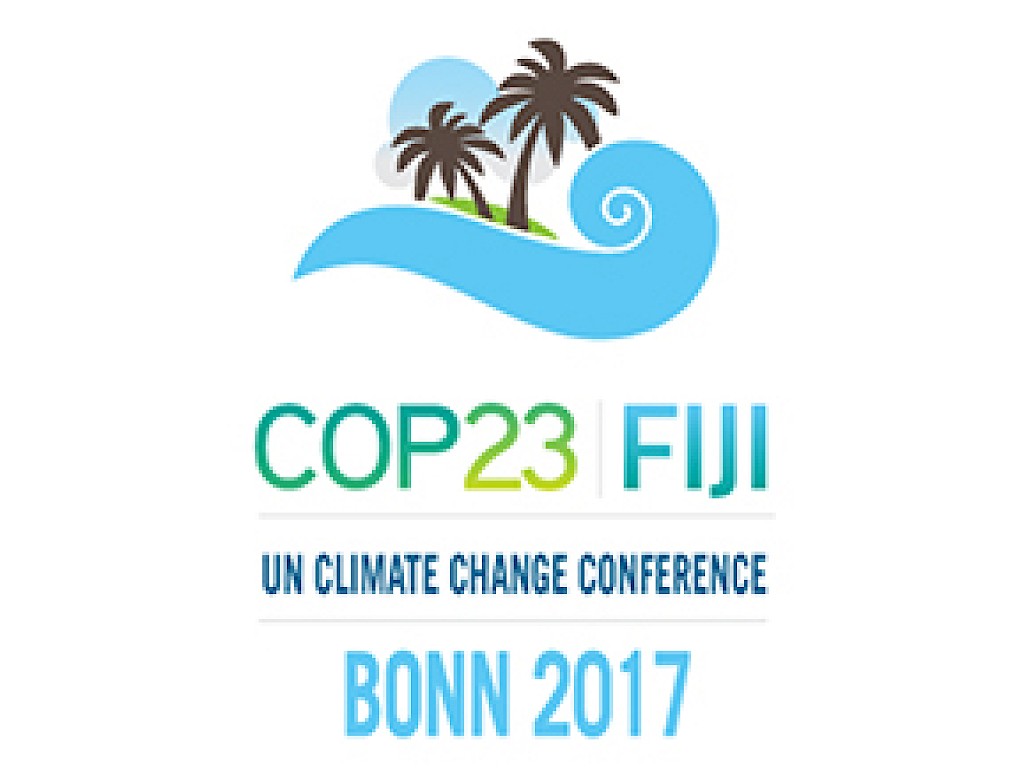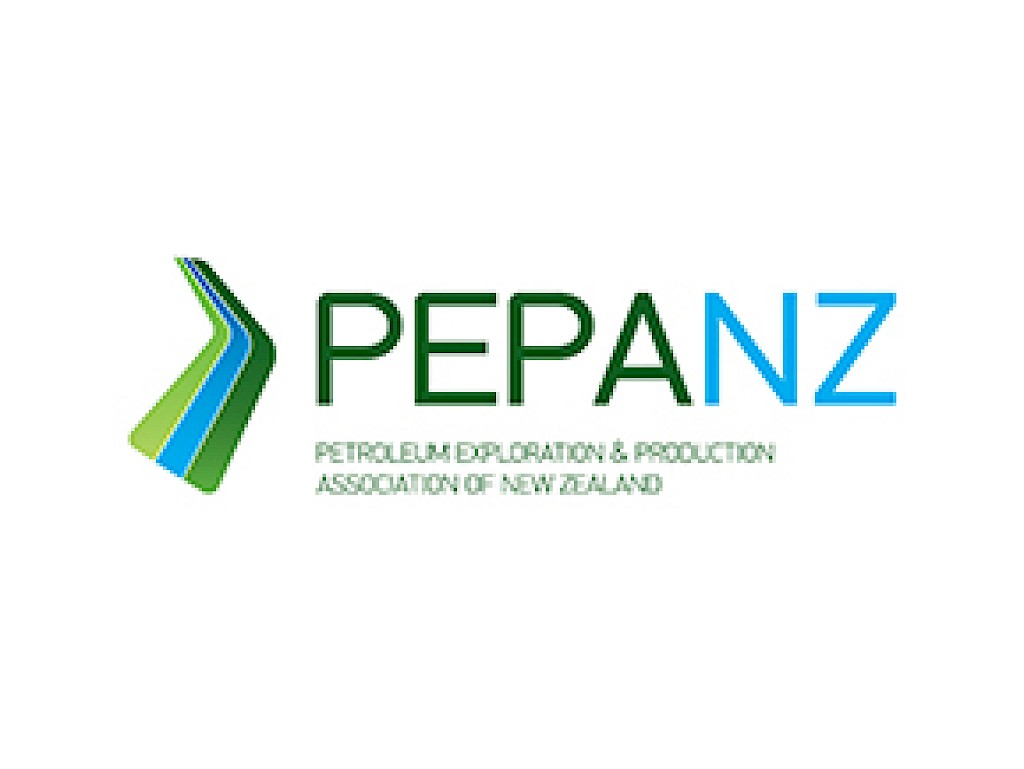
This report is a summary of a virtual workshop that Ipieca hosted on Voluntary and regulatory adaptation disclosure requirements and developing good practices. This was the second virtual workshop in a series on climate change adaptation and resilience.
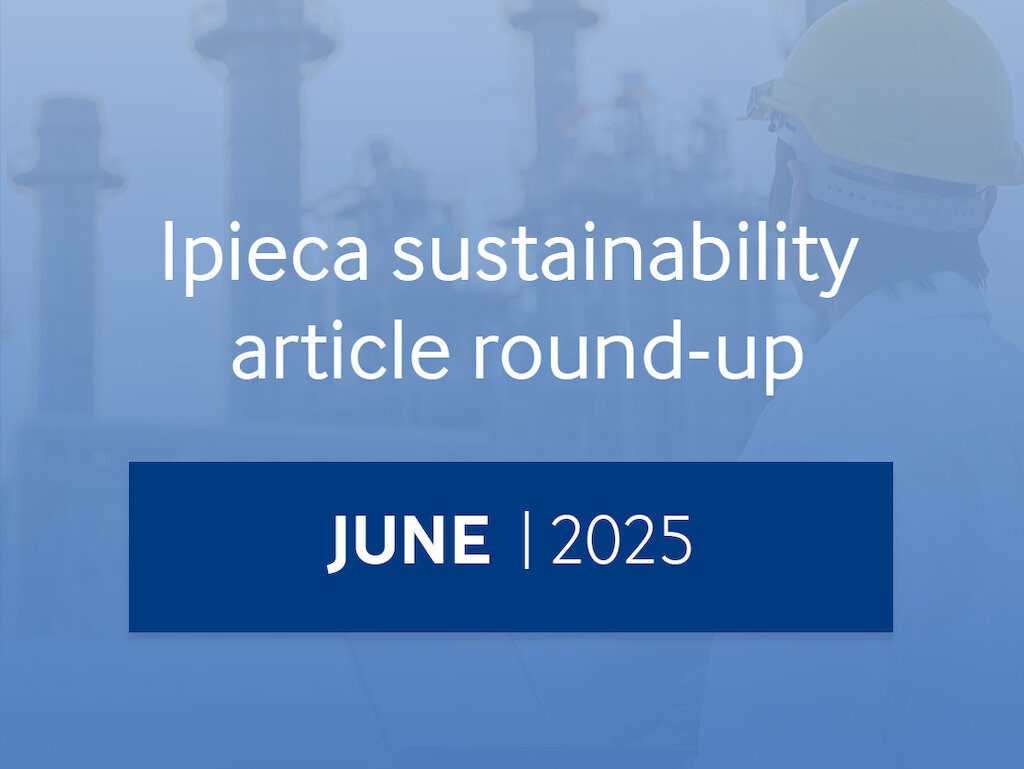
The June edition highlights efforts to scale up carbon removal and renewable energy solutions, contribute to environmental and climate research, and support the next generation of energy professionals and startups. We also share news from our partners to support healthy oceans, emissions reductions, climate adaptation and sustainable aviation.
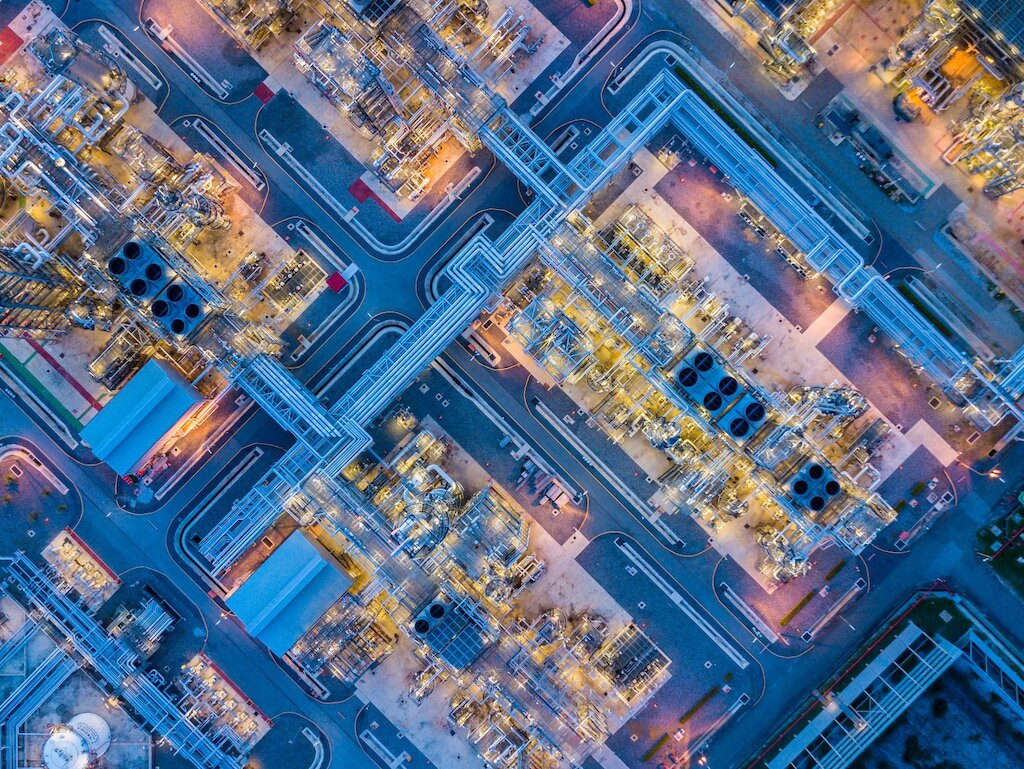
Ipieca, in collaboration with IOGP, has completed the update of the 'Compendium of energy and GHG efficient technologies and practices'. It acts as a centralised resource on technologies and good practices to improve energy performance and reduce GHG emissions across midstream and downstream oil and gas operations.

The fifth edition of the Ipieca-API-IOGP Sustainability reporting guidance: new just transition indicators and updates to the social indicators through a just transition lens.
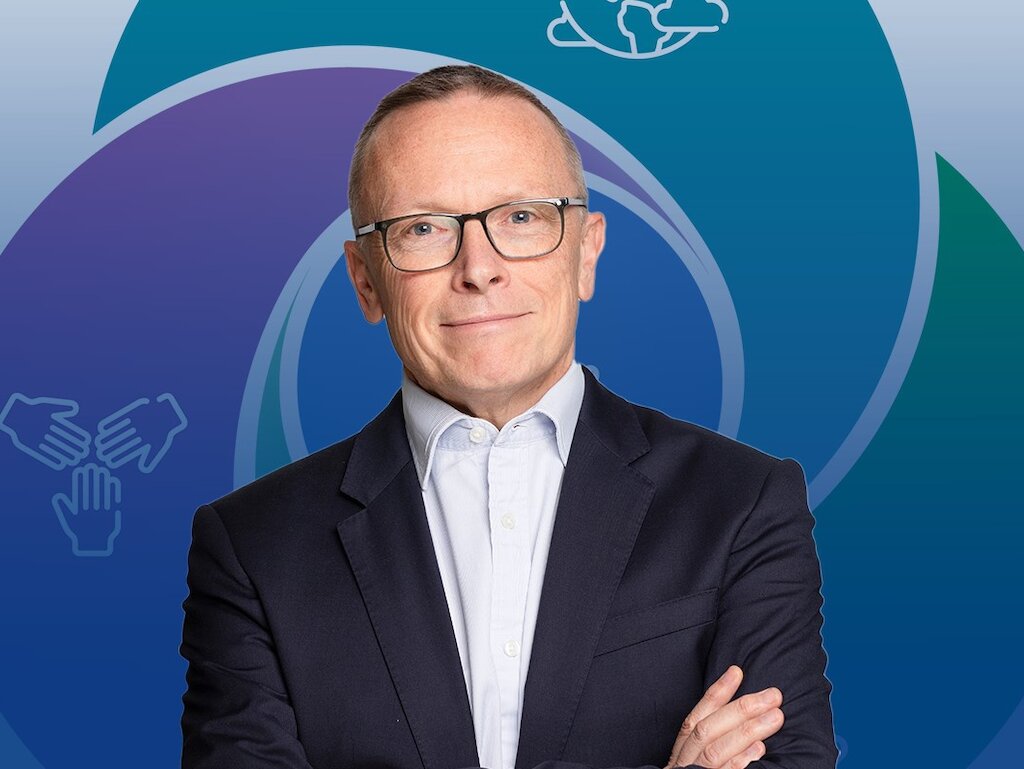
Ipieca’s strategy will lead the integration of climate, nature and people actions across the oil, gas and alternative energy industry value chain, driving the delivery of diverse pathways to net-zero, supporting the resilience and rehabilitation of local communities and ecosystems, and enabling the industry to adapt to the changing reporting landscape.
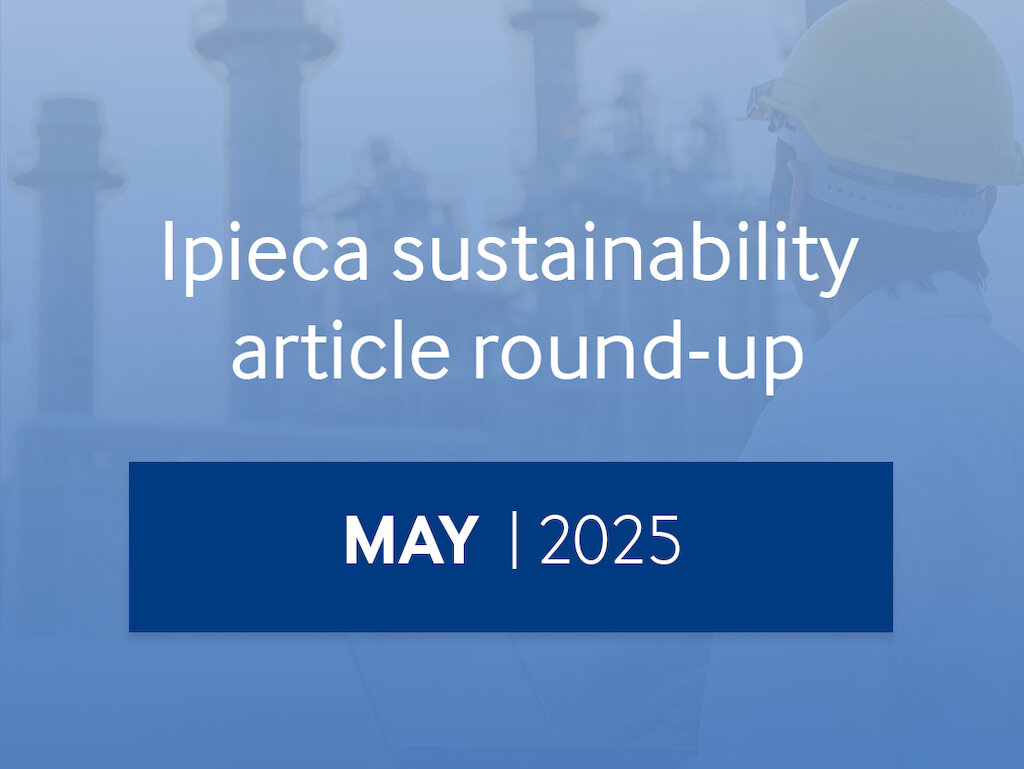
Advancing cross-border renewable energy supply, improving national healthcare, scaling up low-carbon energy solutions, boosting food production, and supporting the development of local communities. We also share insights from partners on benefits-sharing agreements, the role of nature in sustainable development, and the current security and human rights landscape in Brazil.
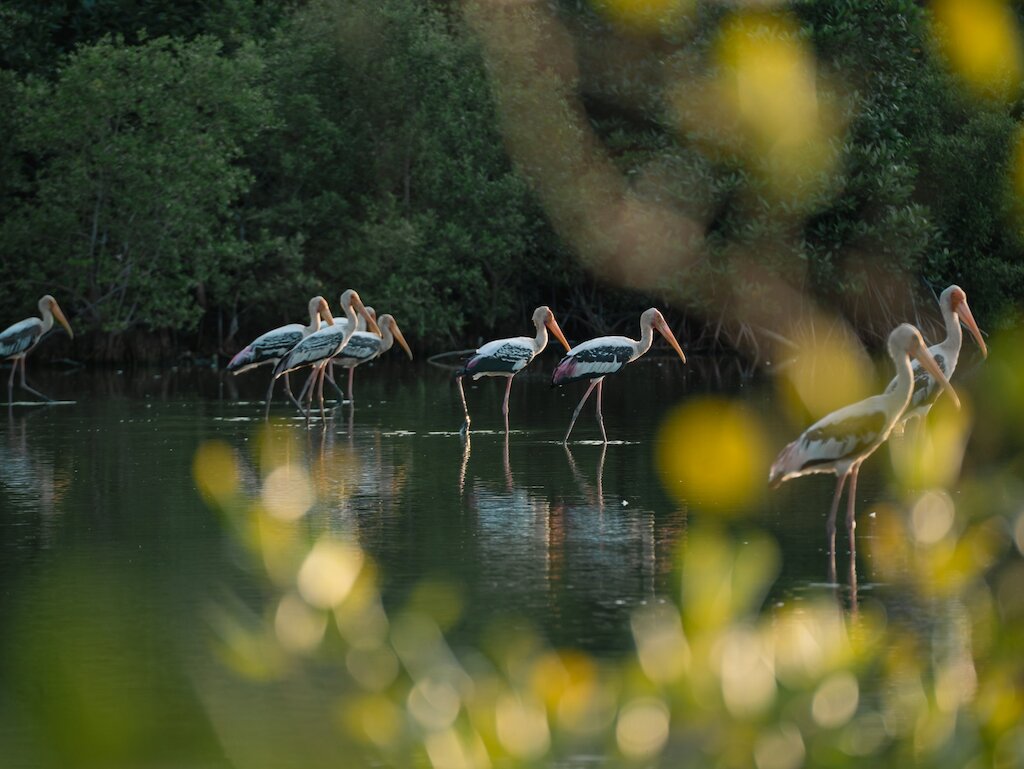
Aligned with the Ipieca Principles on nature to support the aims of the UN CBD and responsibly manage operational impacts on the natural environment and ecosystem services, Ipieca is raising awareness of the International Day for Biological Diversity and resources aligned with the day’s aims.
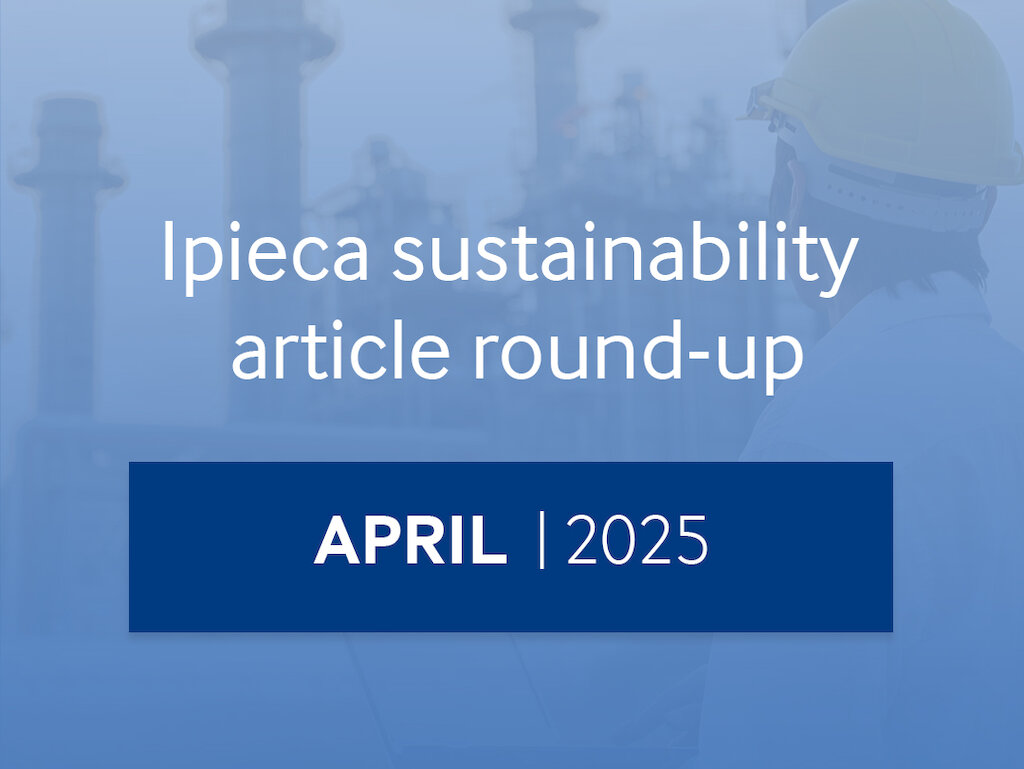
Find out how Ipieca members are enhancing nature-based solutions, understanding local biodiversity, advancing CCS, and supporting sustainable energy transitions. We also share insights from Ipieca’s recent engagement with the IMO, Voluntary Principles Initiative, and other UN bodies.

Responding to the continuous advancement of technology, this update expands the number of technologies included in the joint Ipieca-IOGP-OGCI- Energy Institute guidance and online technology filtering tool.
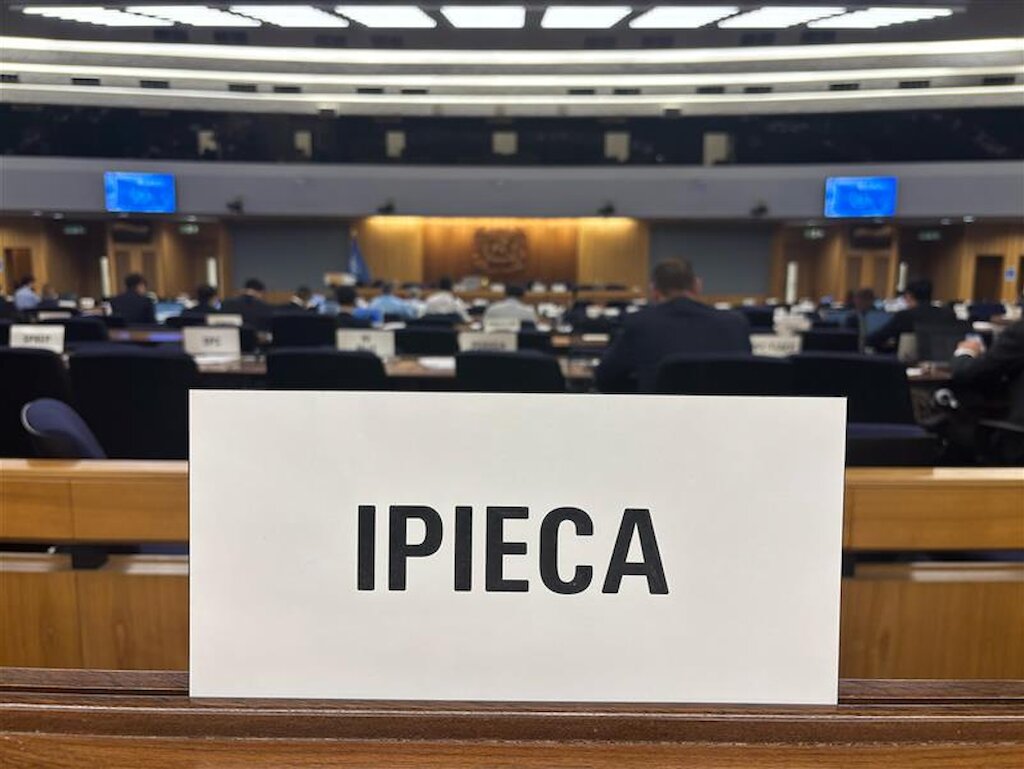
The IMO Marine Environment Protection Committee (MEPC) met for its 83rd session in person at IMO Headquarters in London where it approved the IMO Net-zero Framework, the first in the world to combine mandatory emissions limits and GHG pricing across an entire industry sector.
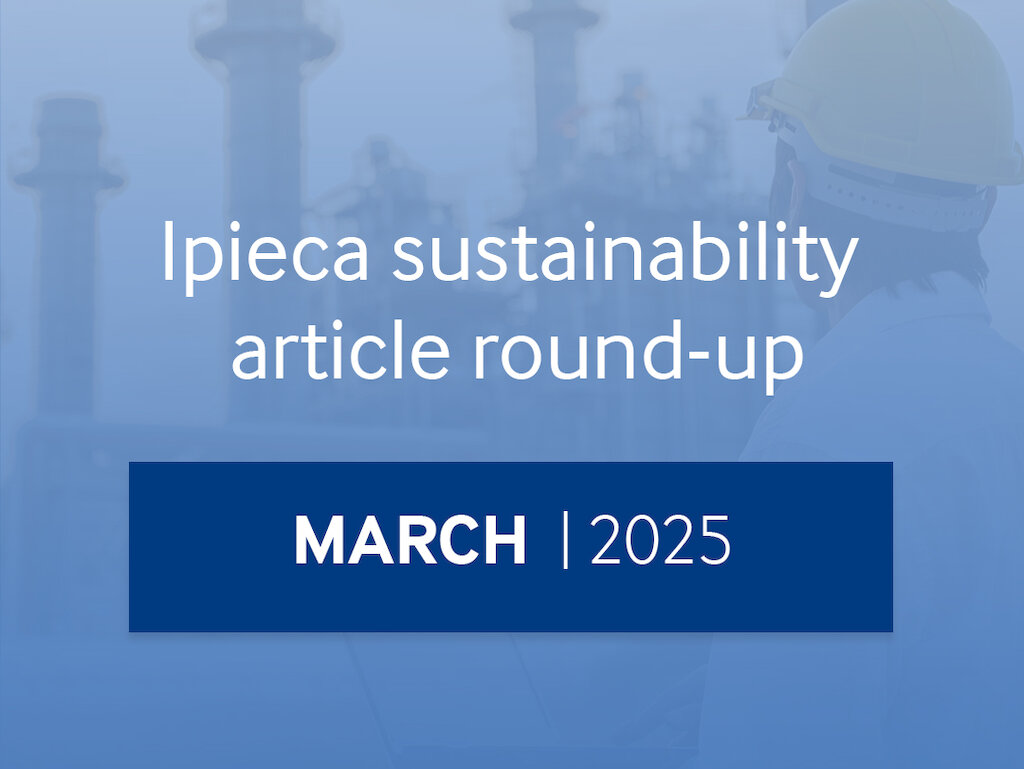
The March round-up underscores the broad collaboration members are engaging in to advance the energy transition, including projects and funds supporting decarbonisation, nature-based solutions, biodiversity. Plus, partner updates on biofuels for decarbonising shipping, a mercury trade control initiative in Latin America, and insights from Ipieca's engagement with the IMO, UN CBD, and UNEP.
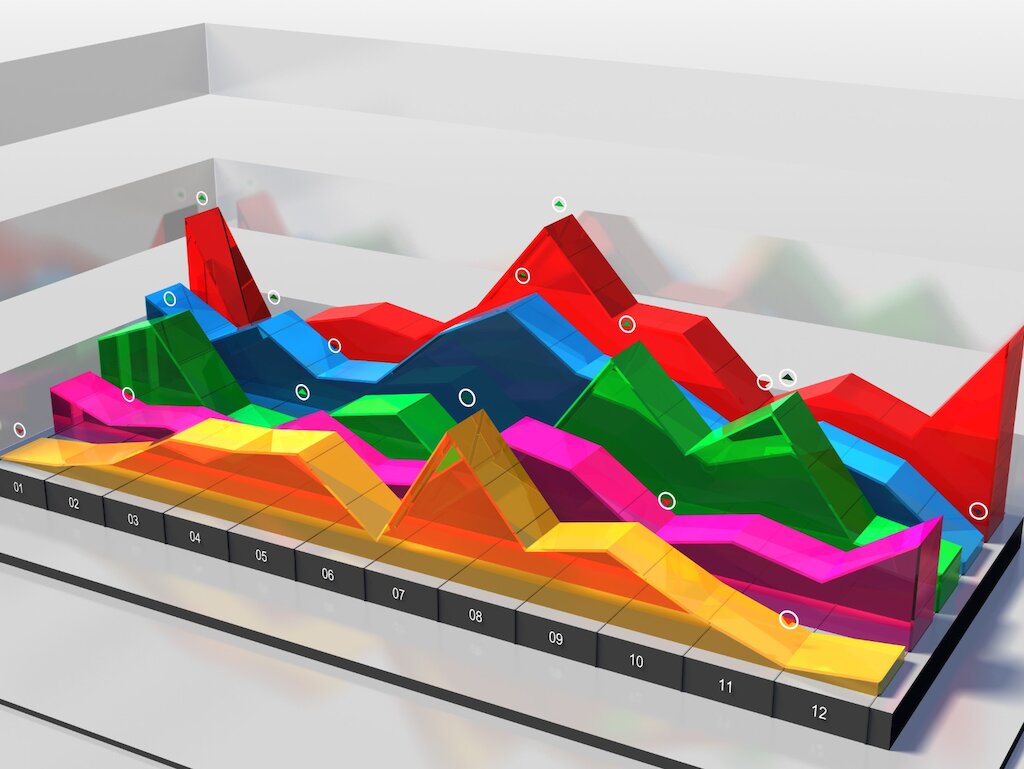
We are pleased to introduce Ipieca’s new interactive dashboard, built on insights from our annual sustainability reporting survey. This tool highlights key findings from surveys conducted since 2012, enabling year-on-year comparisons of reporting practices and changing priorities across the industry.
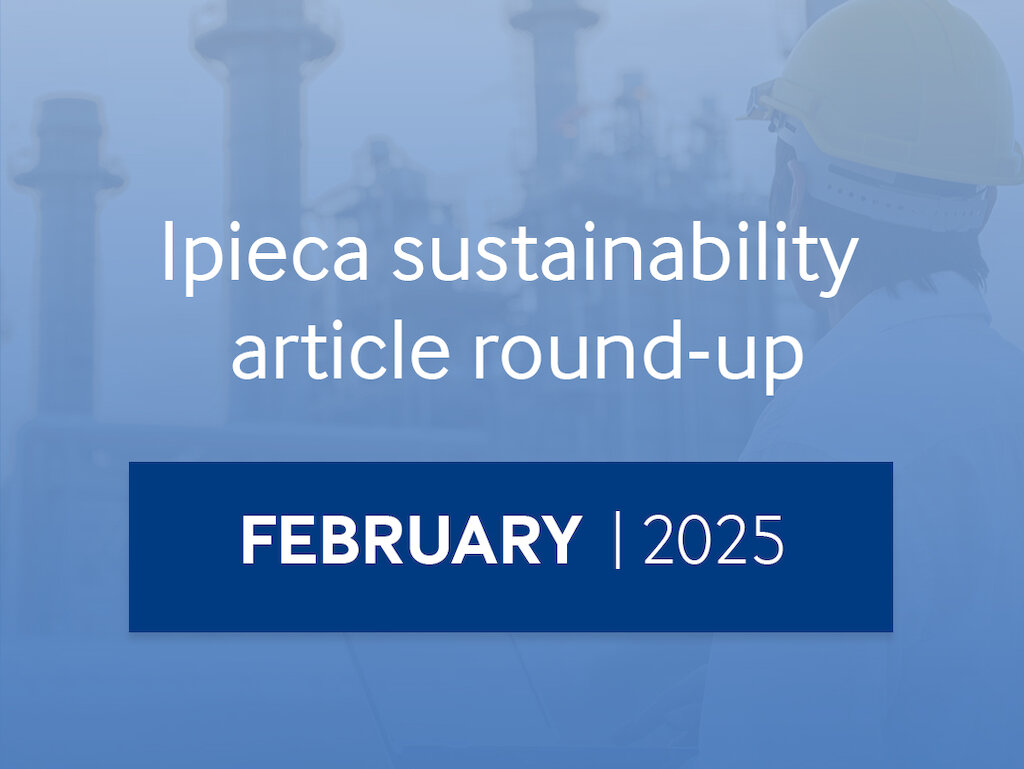
The February round-up demonstrates Ipieca member leadership in sustainability through formal recognitions, pioneering projects, and environmental and social investment programmes aimed at improving water quality, enhancing community resilience and supporting technical education for a just transition.
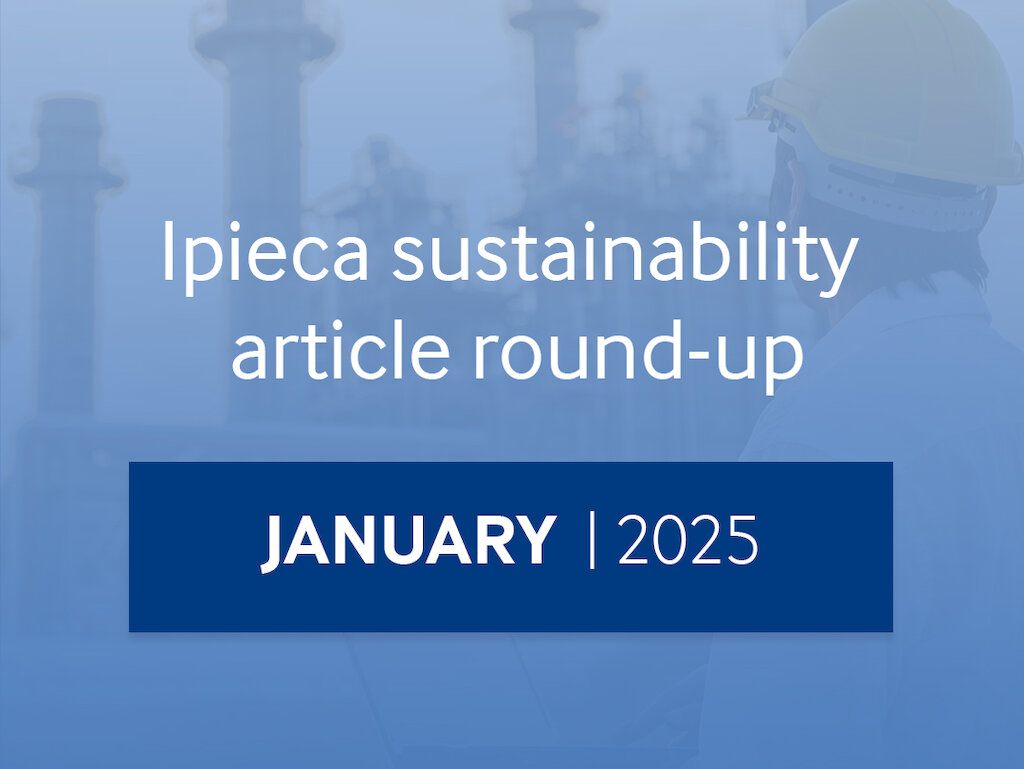
We kick off 2025 with a round-up of articles from December and January. Covering emissions reductions efforts and low-carbon technologies, including a cross-border CCS study, blue hydrogen, and a new decarbonization institute. Members also share plans to restore coral reefs and boreal seismic lines.
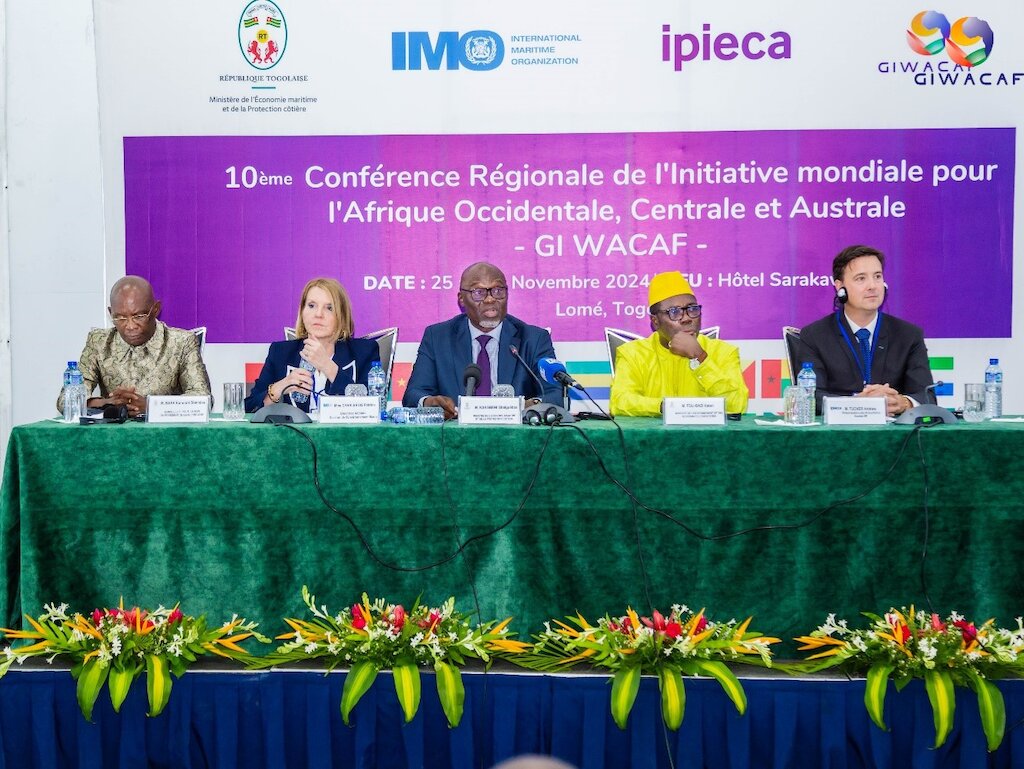
Taking place in Togo, the conference brought together 120 participants, including key government and industry representatives from 20 African countries to share good practice and provide technical support to enhance oil spill preparedness and response.
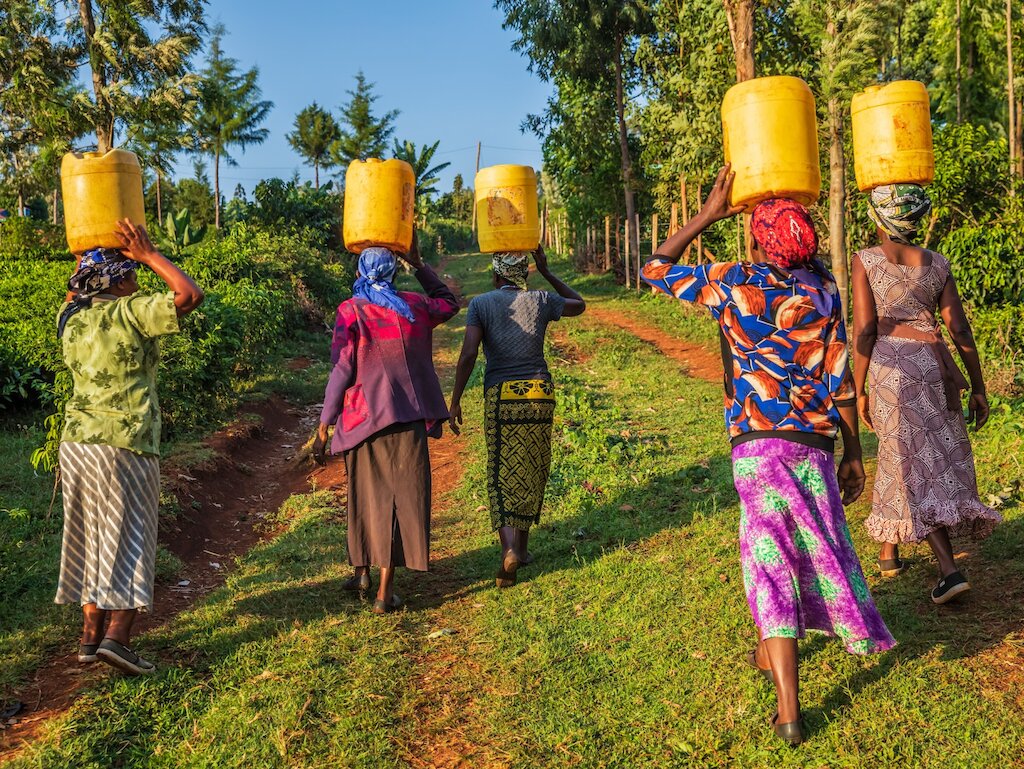
Human Rights Day is observed annually on 10 December, commemorating the anniversary of the Universal Declaration of Human Rights. This year’s theme is: ‘Our Rights, Our Future, Right Now’, recognising the importance and relevance of human rights in our everyday lives and how they can help to forge a more peaceful, equal and sustainable future.
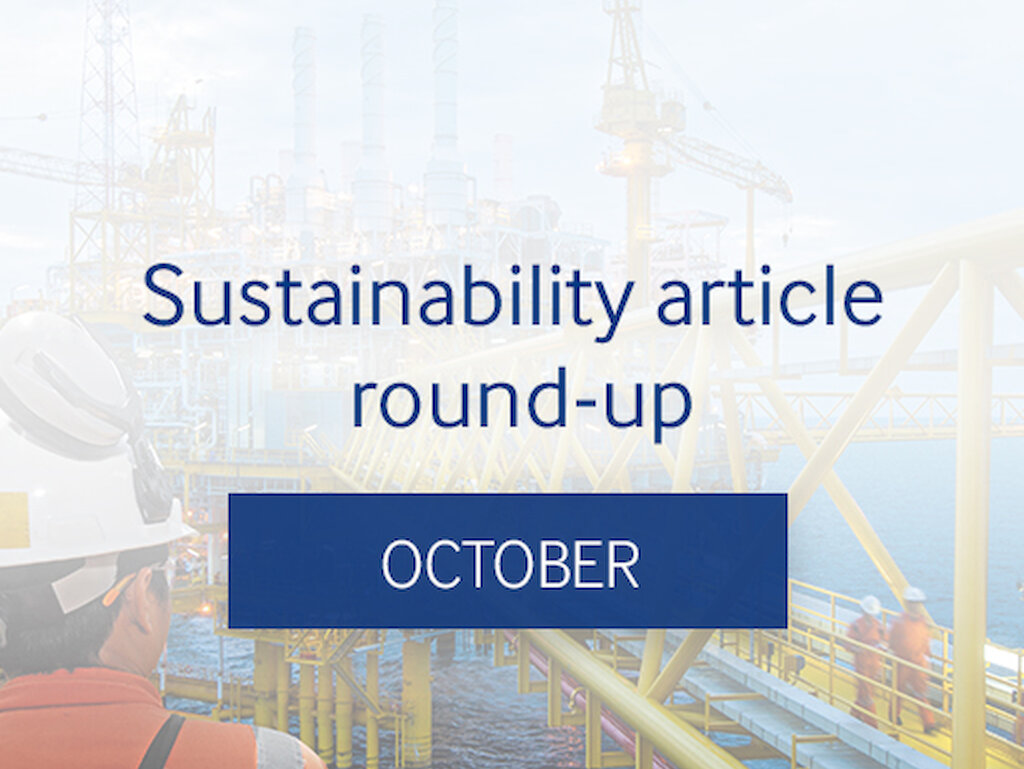
Emissions management, carbon capture and storage, and low-carbon technologies take the centre stage in the October edition, alongside companies fostering research and development, and enhancing education and in-country value. We also share insights on how Ipieca and its members are supporting UN conventions, including the Global Biodiversity Framework.
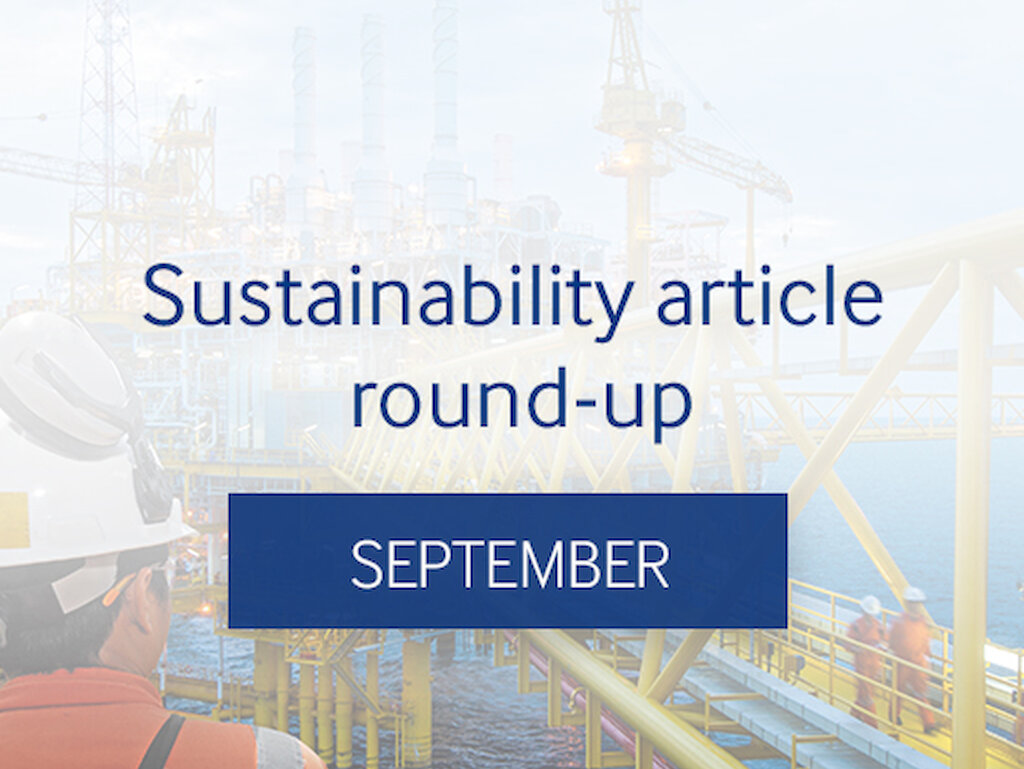
This round up shares Ipieca members’ investment in renewables—with two members set to develop over 3 GW of solar power. It features carbon capture and storage and hydrogen projects and solutions, and highlights how electrifying operations can lead to large emissions reductions.
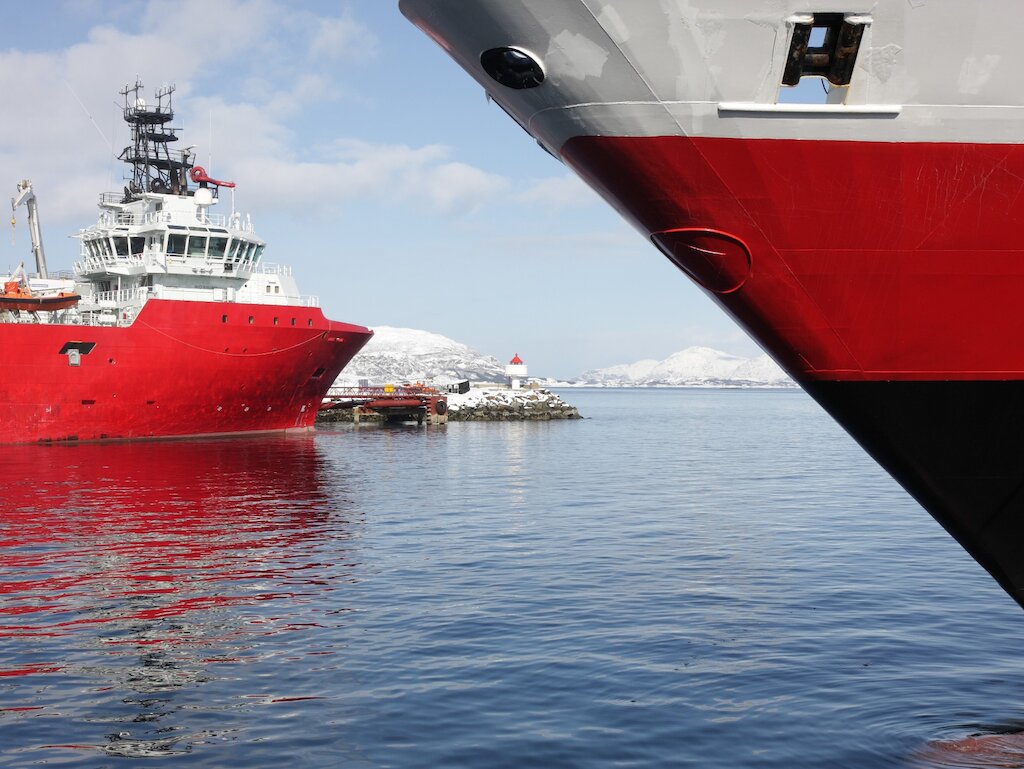
26 September is World Maritime Day 2024. This year’s theme ‘Navigating the future: safety first’ reflects the IMO's work to enhance maritime safety and security, in tandem with the protection of the marine environment. The theme also provides the opportunity to focus on the safety implications arising from the introduction of alternative fuels including measures to reduce GHG emissions from ships.
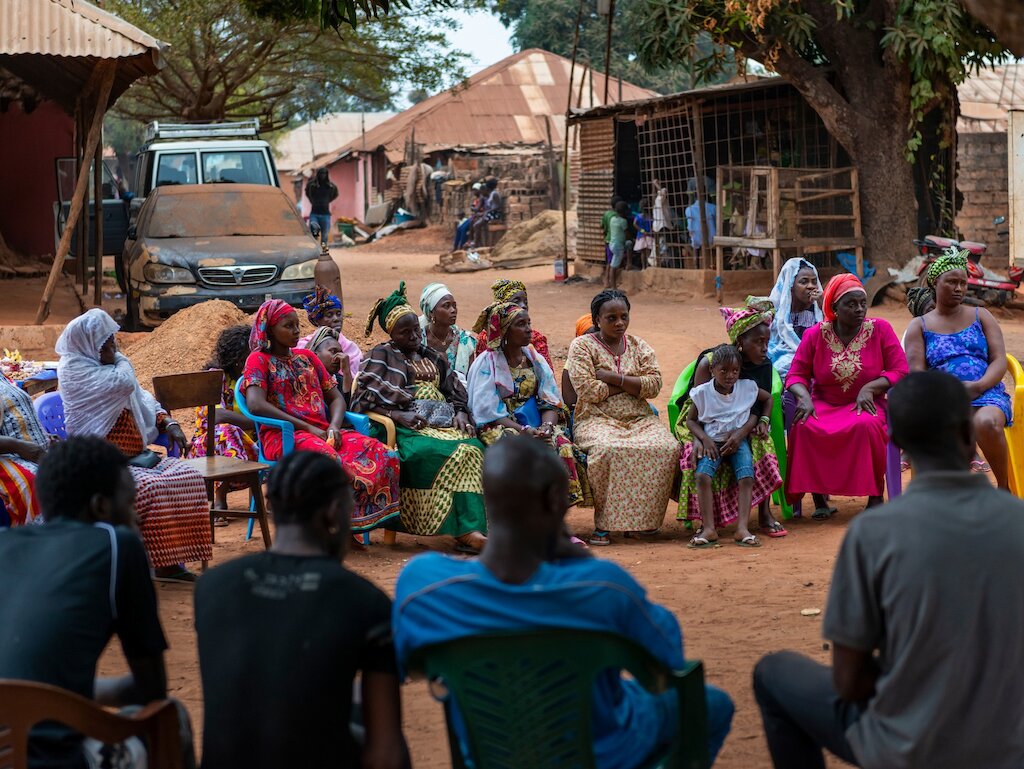
This new resource supports oil, gas and alternative energy companies and practitioners to undertake engagement with local stakeholders that moves beyond meeting the minimum expectations, by providing guidance on broader, inclusive and ongoing two-way processes for ‘meaningful engagement’.
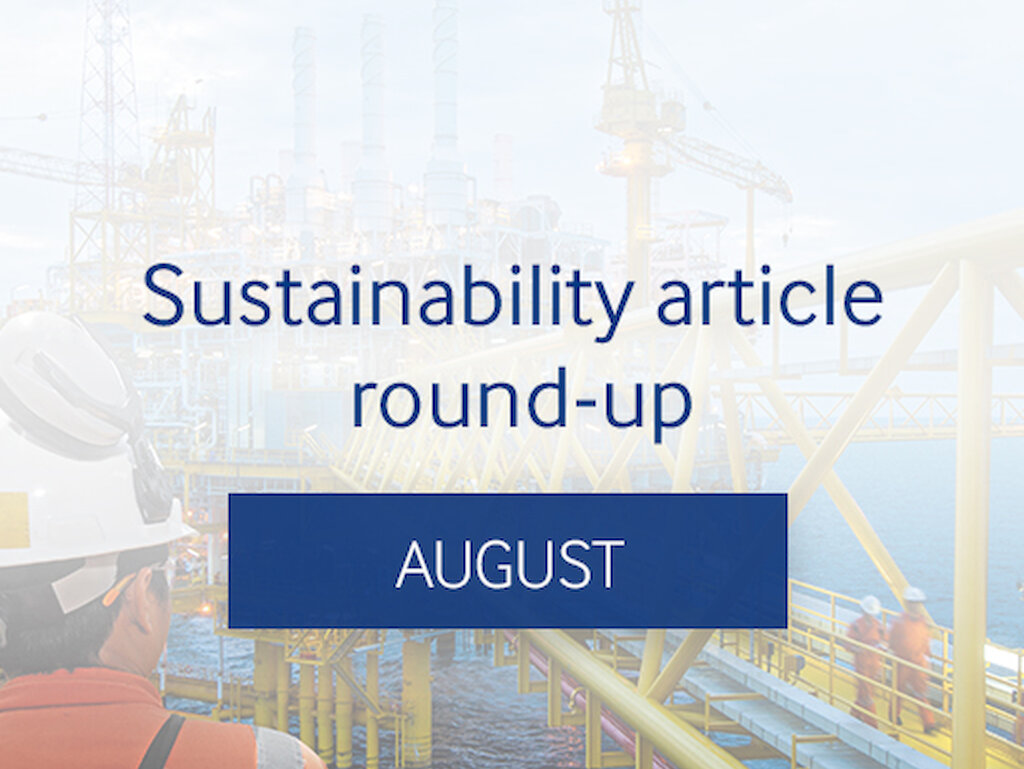
Making offshore platforms more sustainable, enhancing emergency preparedness, leveraging artificial intelligence to advance the journey to net-zero, and developing a platform for ocean data – these are just some of the advancements our members are making across the globe to contribute to the energy transition in the context of sustainable development.
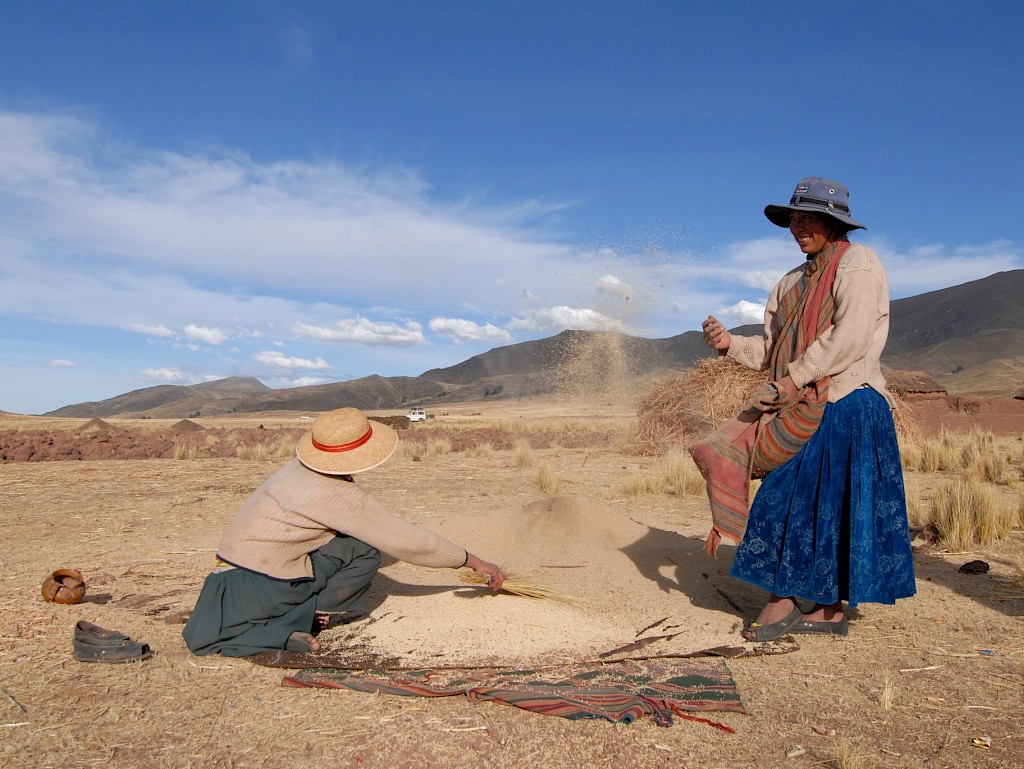
The International Day of the World’s Indigenous Peoples takes place annually on 9 August to celebrate Indigenous Peoples and their knowledge. The theme this year is ‘Protecting the rights of Indigenous Peoples in voluntary isolation and initial contact’.
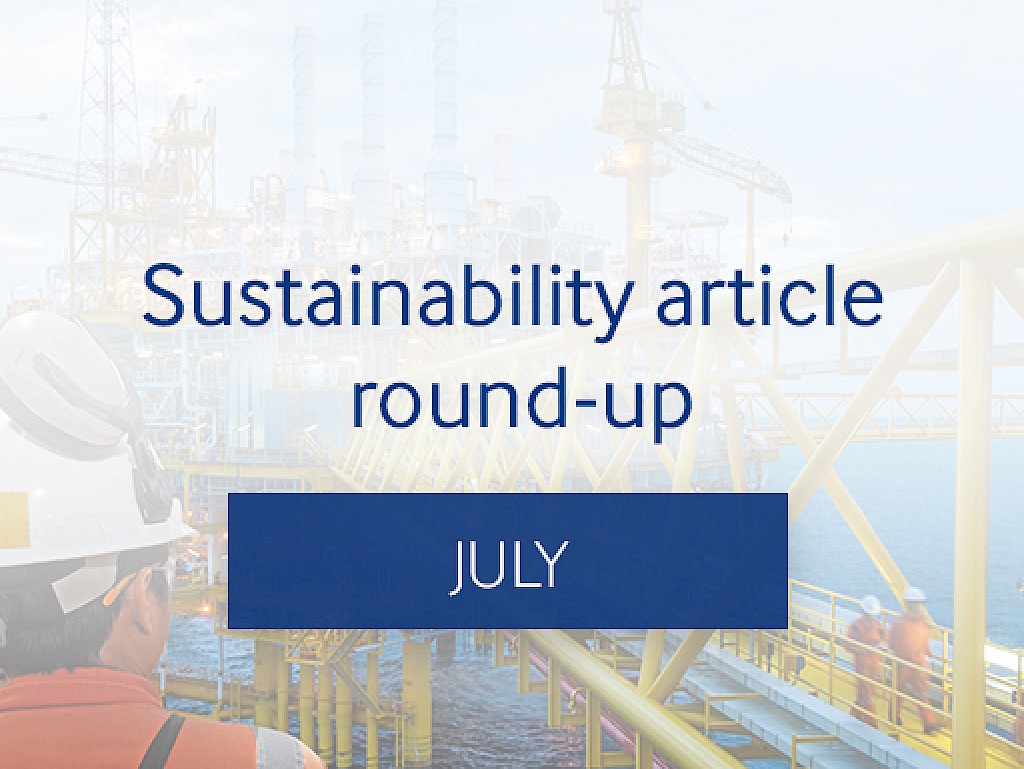
The July round-up shares advancements around e-methanol, hydrogen storage and deployment in heavy industries, biodiversity data, and circular economy for lubricants. We also share Ipieca insights and updates from our Global Initiative programmes with the IMO, the Bonn Climate Change Conference, and Ipieca Week 2024 stakeholder panels.
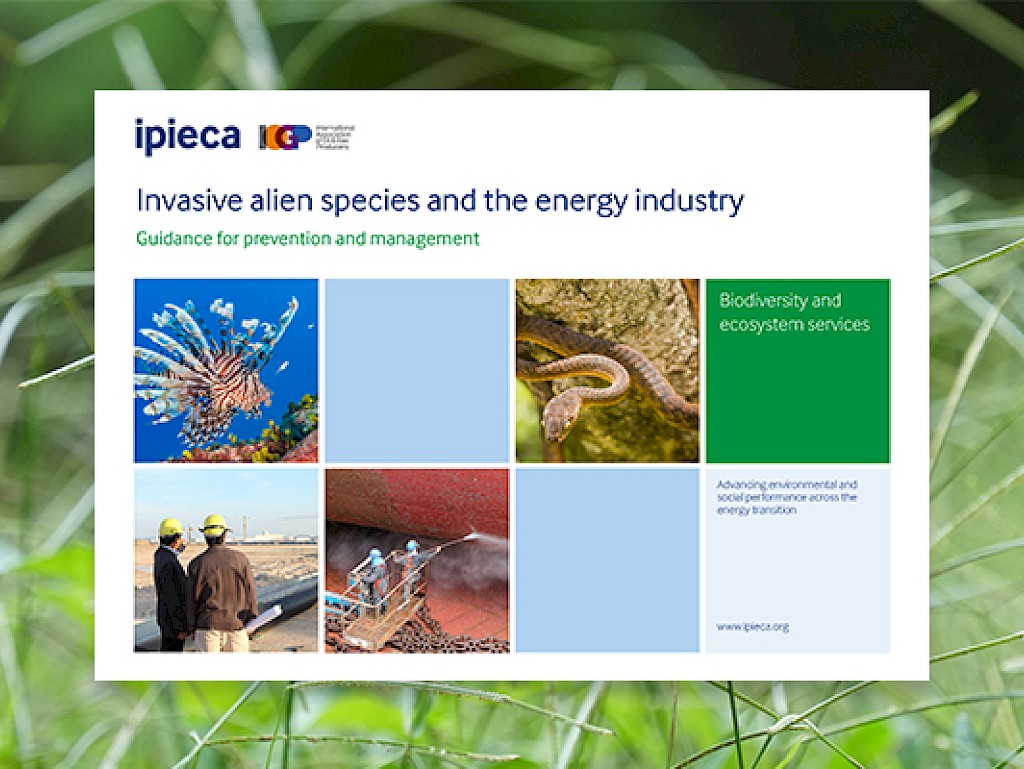
The increasing global movement of people and goods elevates the risk of the introduction, spread, and establishment of invasive alien species (IAS), impacting biodiversity and businesses. Ipieca and IOGP are pleased to launch updated guidance for prevention and management.
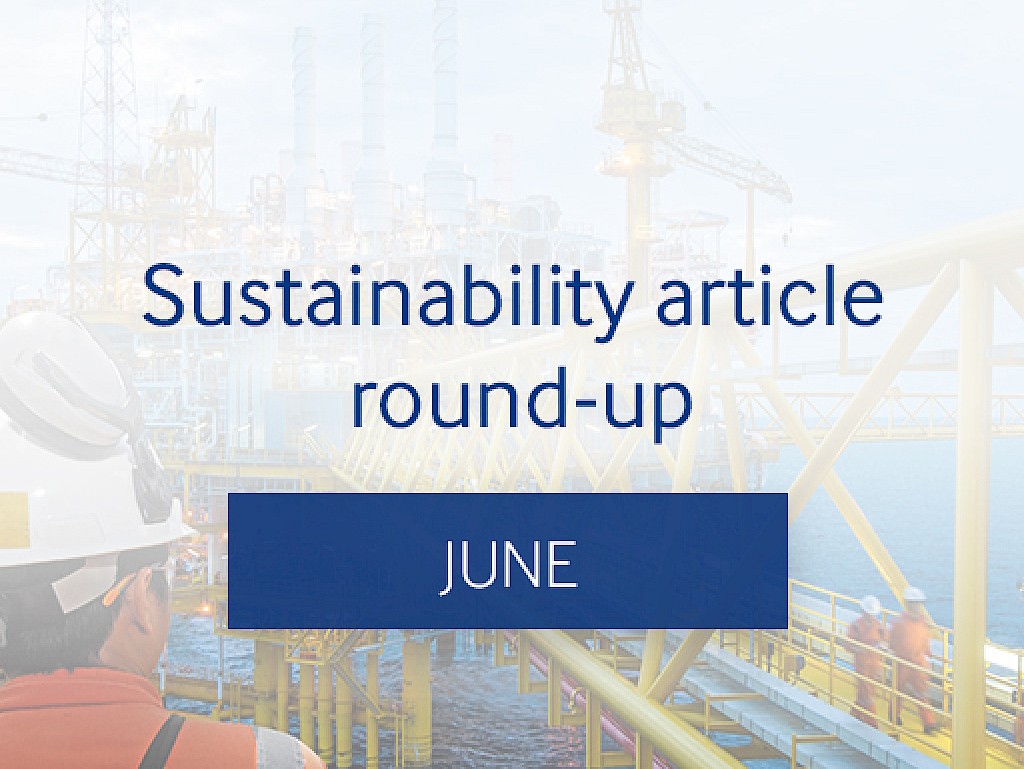
The June round-up covers the update of RETOS, contributions to conservation and communities, sustainable fuels, direct air capture and innovative salt plants. We also share the latest update on SDG 7 progress, as well as Ipieca insights from UN World Environment Day and UN World Oceans Day.
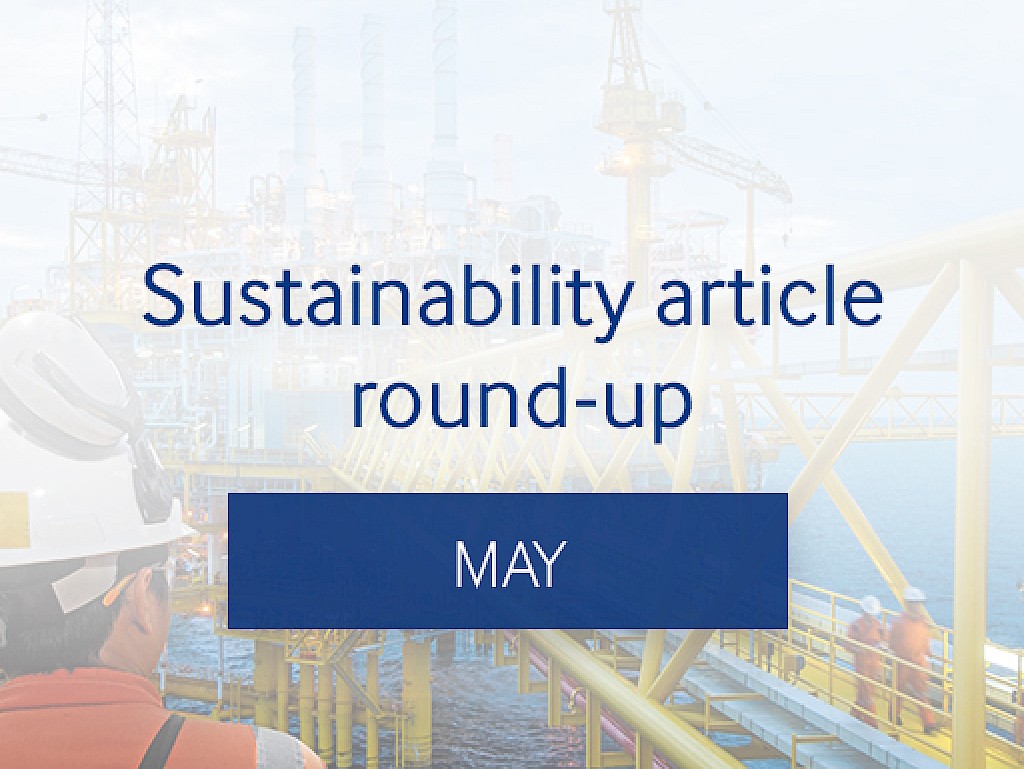
The May edition shares efforts to advance alternative fuels; support the livelihoods, health and wellbeing of local communities and workers; and protect biodiversity. We also share insights on the ambitions of the Oil & Gas Decarbonization Charter, and updates on how Ipieca is contributing to the Biodiversity Plan.
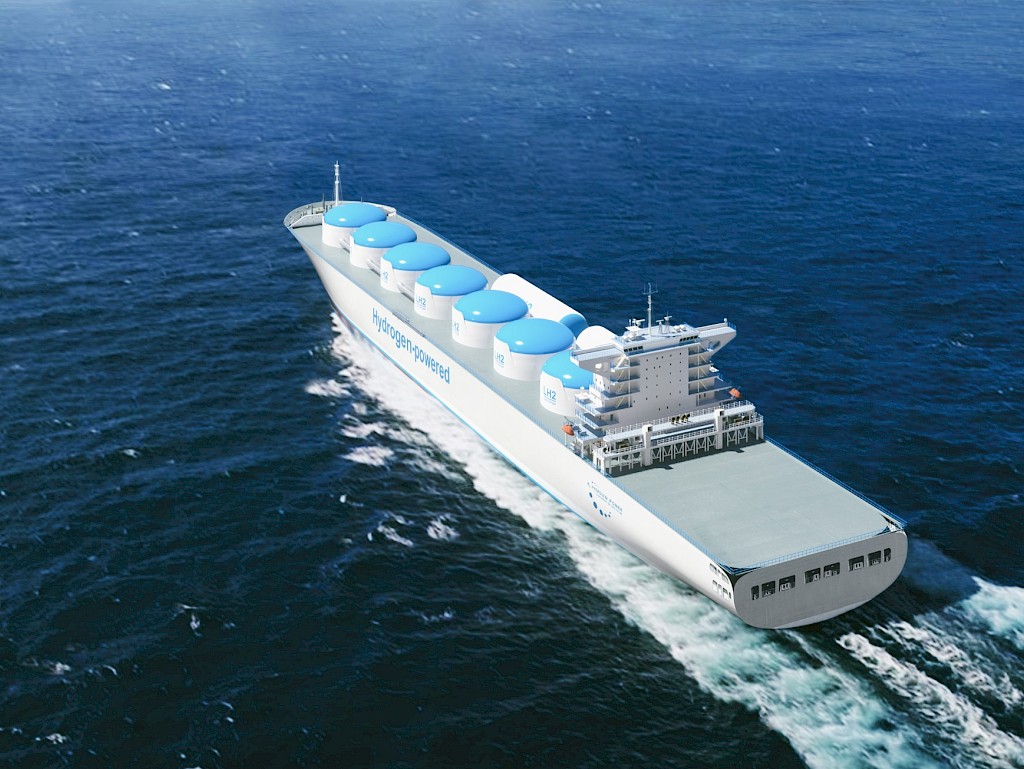
The website has been developed by the Future Fuels and Technology Project (FFT Project), a partnership project between IMO and the Republic of Korea, supporting the development of new regulation within the possible IMO Net-Zero Framework to achieve the targets contained in the 2023 IMO GHG strategy.
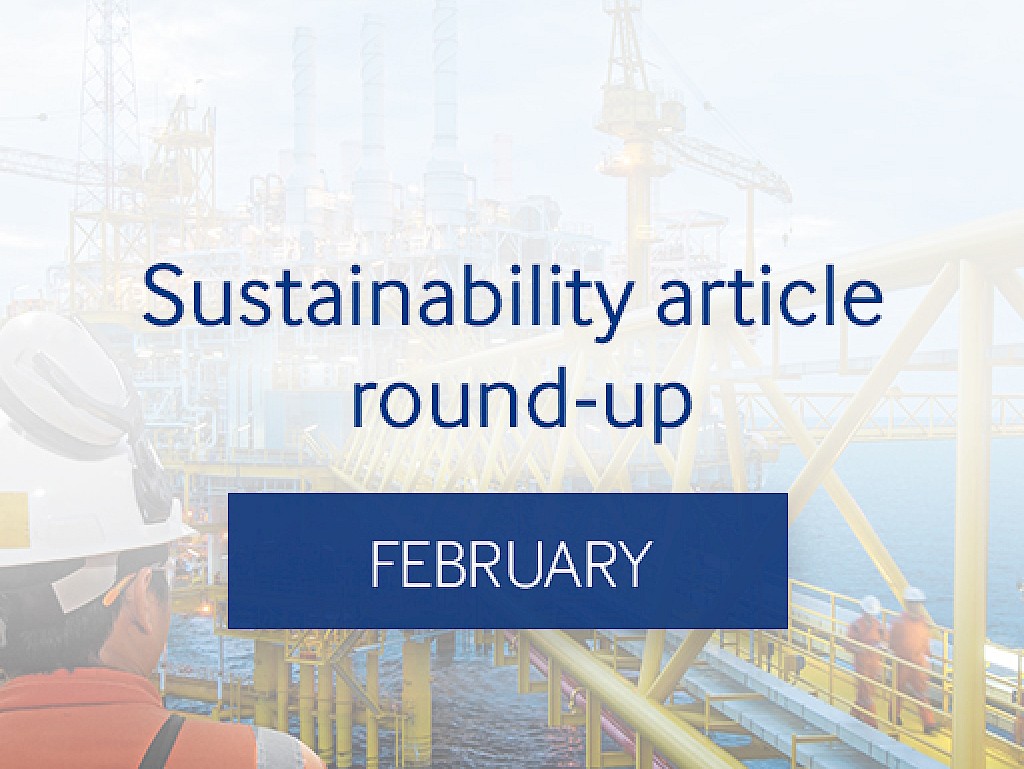
The February round-up shares member action on methane, hydrogen, water management, oil spill preparedness and response, and social impact assessment. We also share initiatives from our partners to accelerate a just transition in the context of sustainable development, and access to energy.
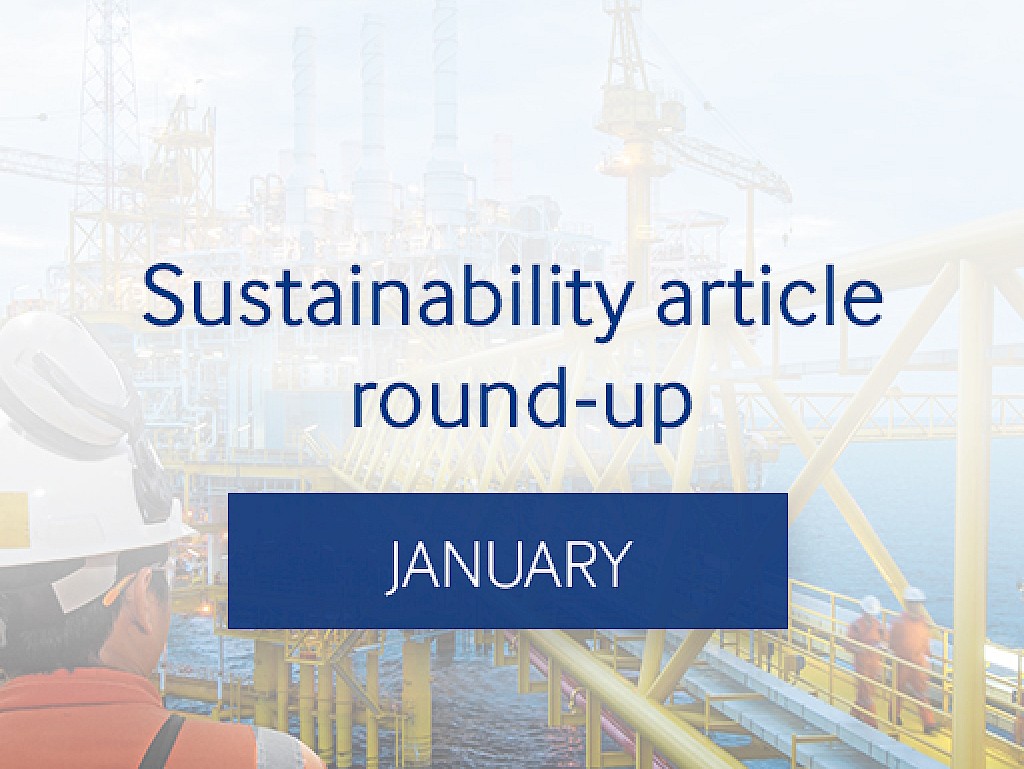
We kick off the year with a round-up of initiatives and announcements from December and January, including biodiversity commitments for alternative energy projects, low-carbon hydrogen value chains, social and economic development for Indigenous communities and more!
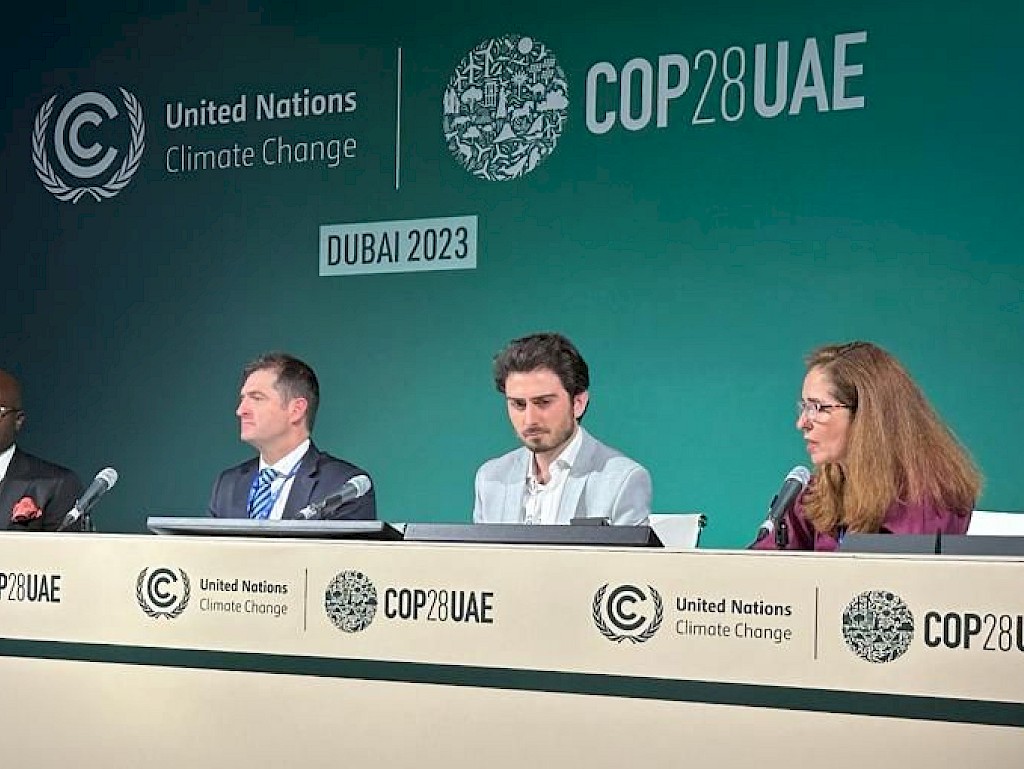
As part of its support of COP events and the Paris Agreement, and in line with the Ipieca Principles, Ipieca raises awareness of COP outcomes, shares on the ground learnings and insights, and produces practical guidance and tools to support the industry contribute to achieving COP objectives.
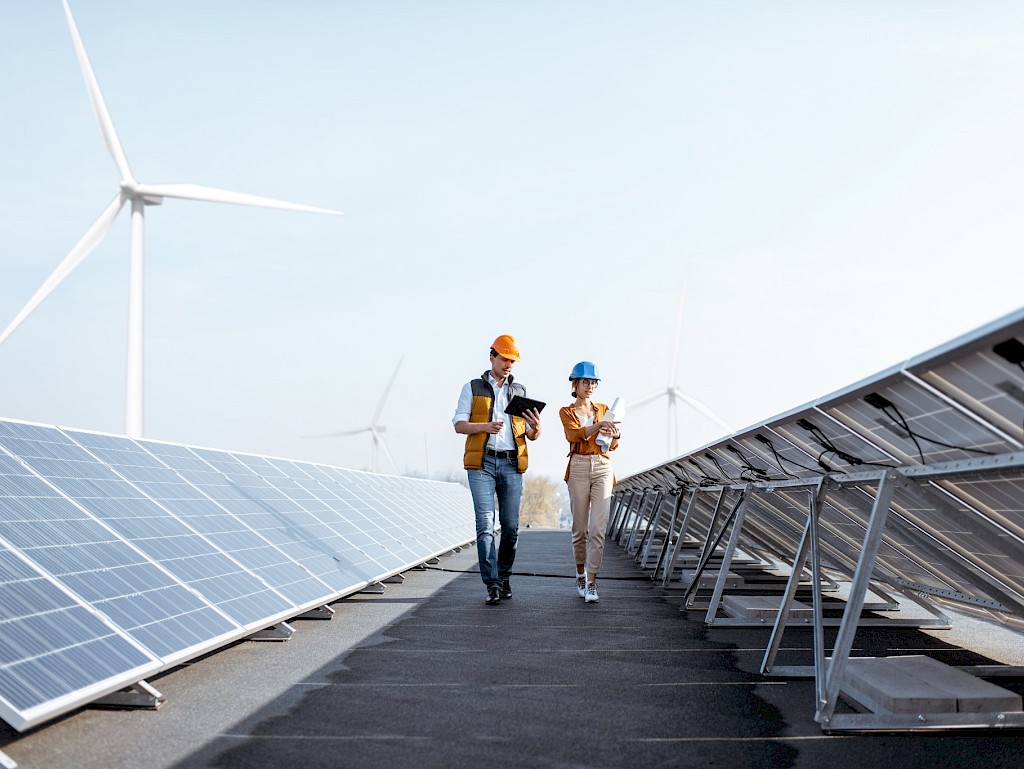
The document provides a review of good practices for environmental and social risks across the supply chain and carbon footprint management across the project life cycle of onshore and offshore wind and solar PV technologies.

The annual survey identifies trends in the sustainability reporting practices of Ipieca member companies. The results provide an overview of current practices, identify widely used performance indicators and emerging trends, allow companies to learn from their peers, and improve industry communication around sustainability issues.

Low-carbon products and solutions take centre-stage in the October round-up as we lead up to COP28 at the end of November. In addition to member initiatives, we share insights from ADIPEC and progress from the Oil and Gas Climate Initiative. We also highlight a new partnership for enhanced health from Eni, a partnership to commercialise OMV’s plastics circularity solution, and insights from the Ipieca Biodiversity and ecosystem services peer-to-peer workshop.
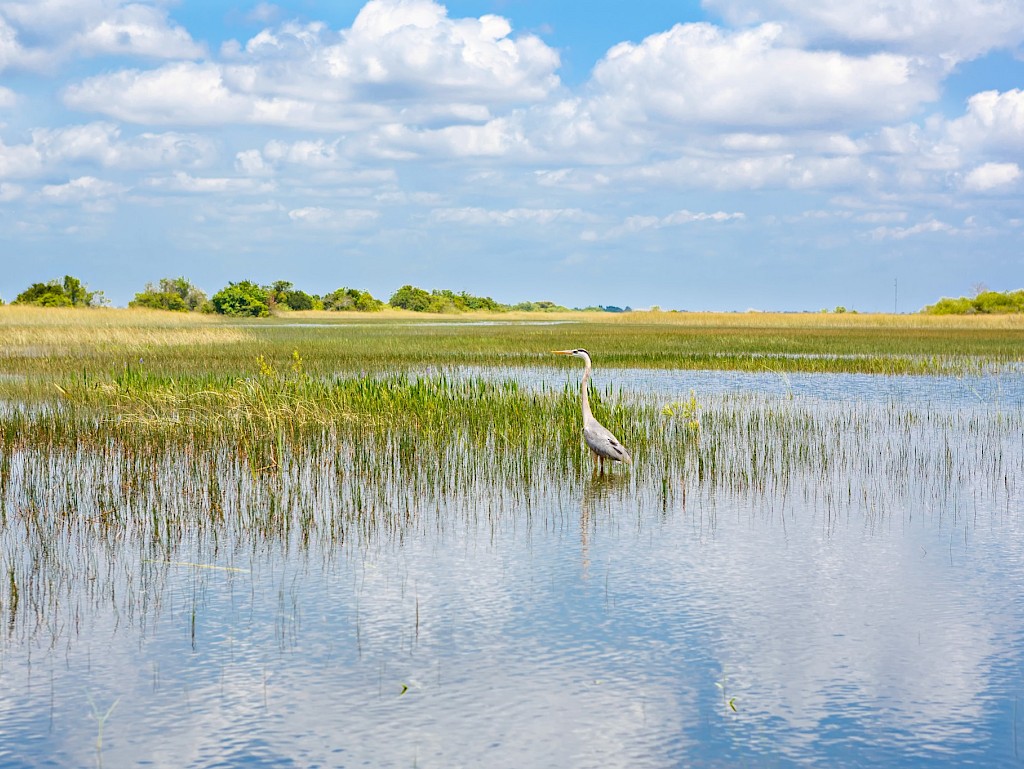
The new awareness briefing builds a shared understanding of carbon-compensated products, their role in supporting net-zero ambitions and the energy transition, and explores good practice in using them.
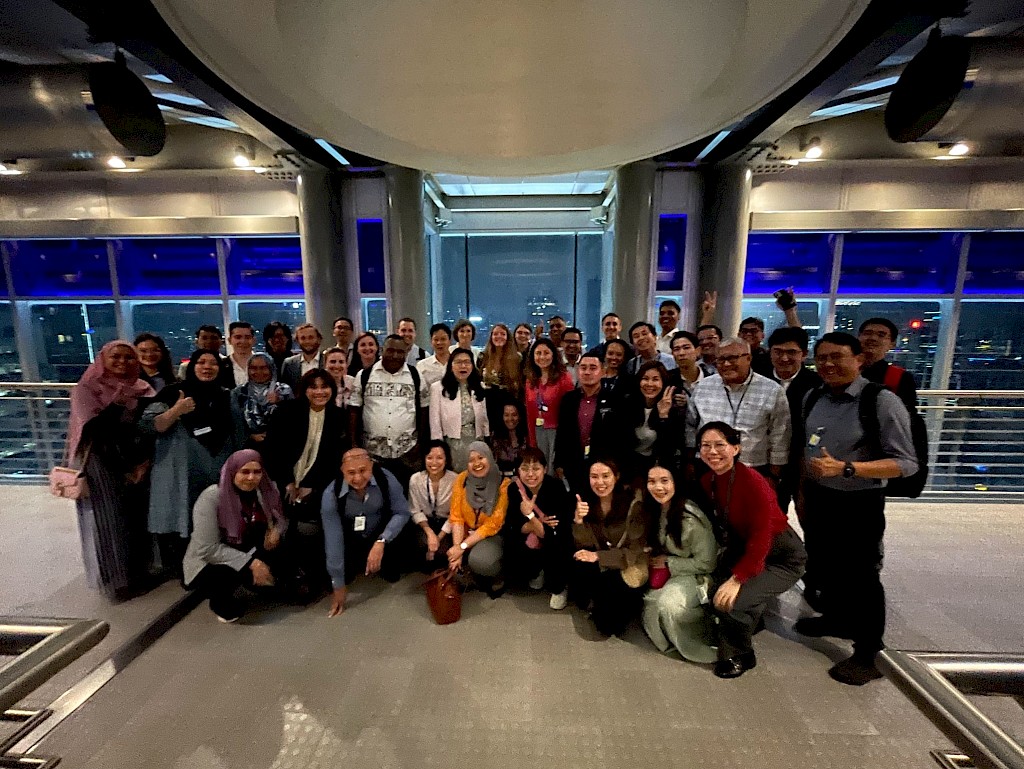
The three-day workshop, run by Ipieca, facilitated by UNEP-WCMC, and hosted by PETRONAS in Kuala Lumpur was followed by a field trip to a peat reserve to see biodiversity management and restoration practices in real life.

The September edition shares new initiatives, research and guidance for a broad spectrum of topics from across Ipieca’s four strategic pillars, including methane mitigation, net zero, alien invasive species, diversity and inclusion, community engagement, sustainability reporting and the Sustainable Development Goals.
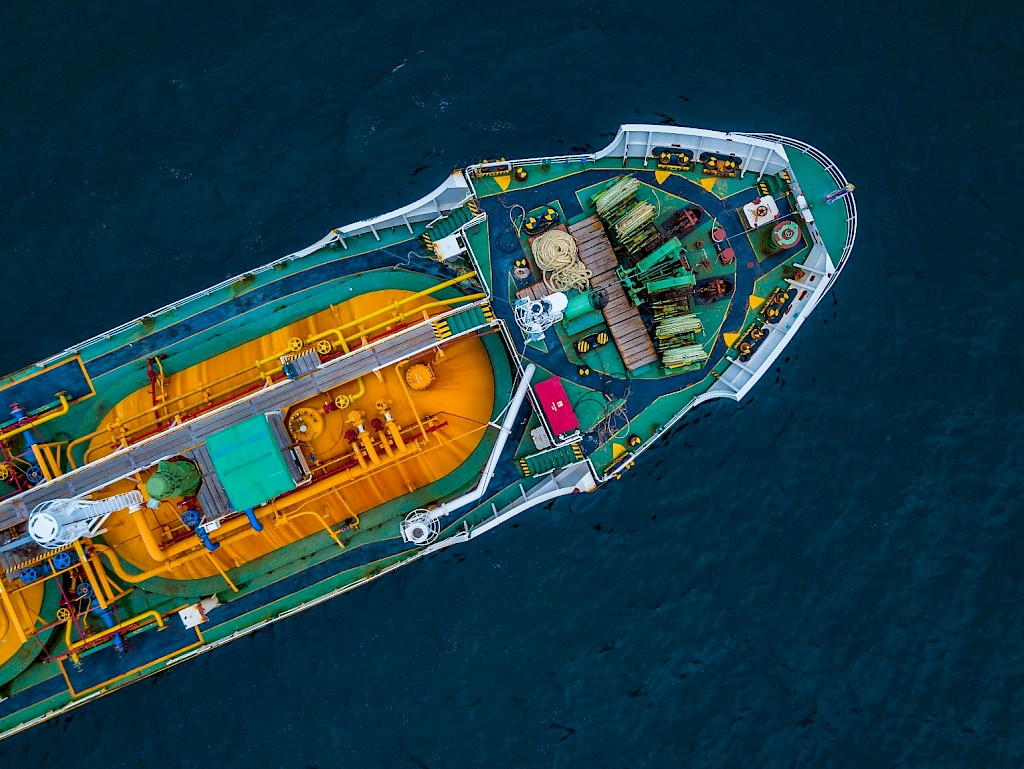
This year's theme, 'MARPOL at 50 - our commitment goes on', reflects the organization's history of protecting the environment from the impact of shipping. Ipieca works to support MARPOL through a range of expertise around technologies, GHG emissions reduction, marine spill preparedness and response, health and safety.

Carbon capture projects take the centre stage in the August round-up, from nature-based solutions, to direct air capture and industrial CCS hubs. We also share insights from The World Bank on the role of green hydrogen in decarbonisation, and Ipieca’s insights from the 2023 UN High-level Political Forum.

Circularity and alternative fuels are a key theme in the July round-up. Other highlights include a report on public perceptions of the energy transition in Spain and an acquisition supporting the commercialisation of carbon capture and storage. We also share The World Bank’s 2023 Atlas of Sustainable Development Goals.

The June edition showcases members accelerating action on a range of sustainability topics, including hydrogen, carbon capture and storage and nature-based solutions. We also share ISSB’s global sustainability disclosure standards and a just energy transition ecosystem map from ReGenerate.
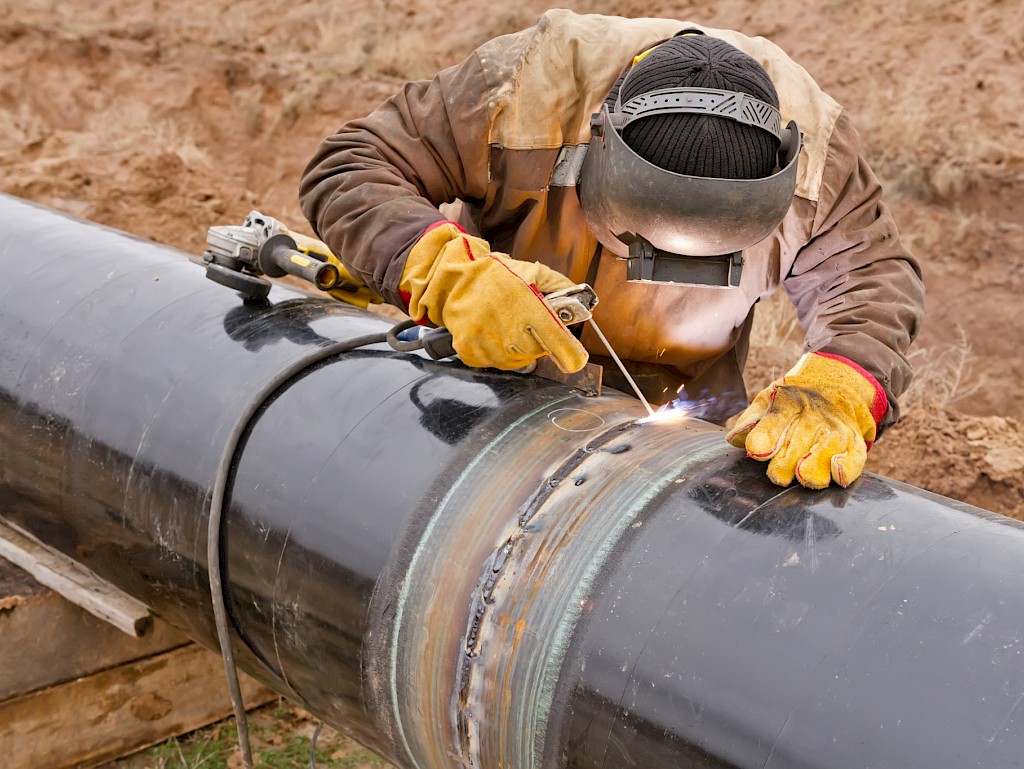
The network brings together the ILO with businesses of all sizes and sectors from around the globe to develop actionable resources and tools, and devise local solutions that help shape national frameworks to eradicate forced labour.
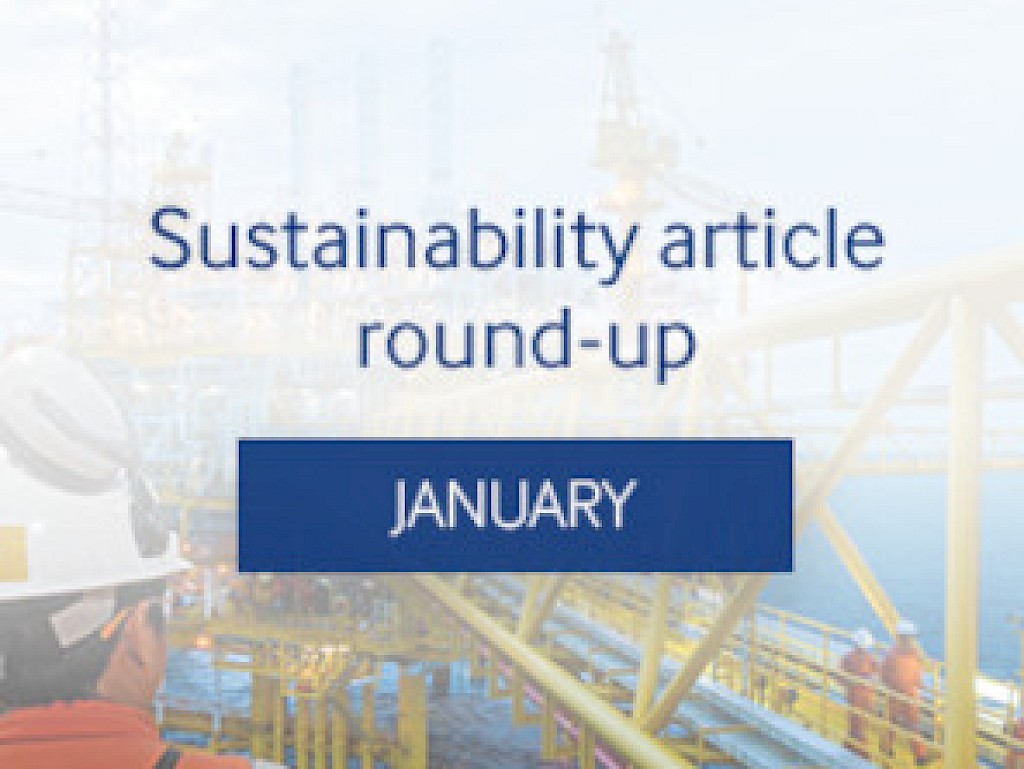
The first round-up of 2023 includes new commitments and partnerships for reducing greenhouse gas emissions, Europe’s first public charging corridor for electric trucks, and an analysis of the industry’s investment in Indigenous businesses in British Columbia.
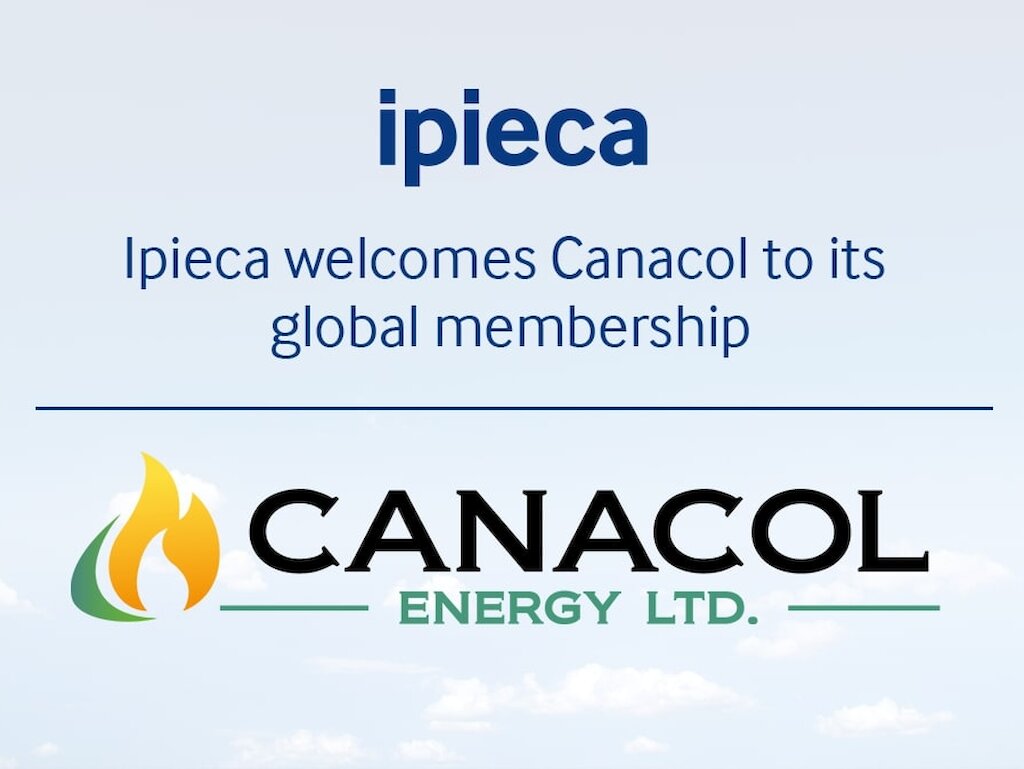
Ipieca is pleased to welcome Canacol Energy, an independent onshore conventional natural gas exploration and production company in Colombia, as its newest corporate member. Ipieca’s global membership now stands at 80. About Canacol Energy … Natural gas is playing an increasingly important role in the global energy transition.
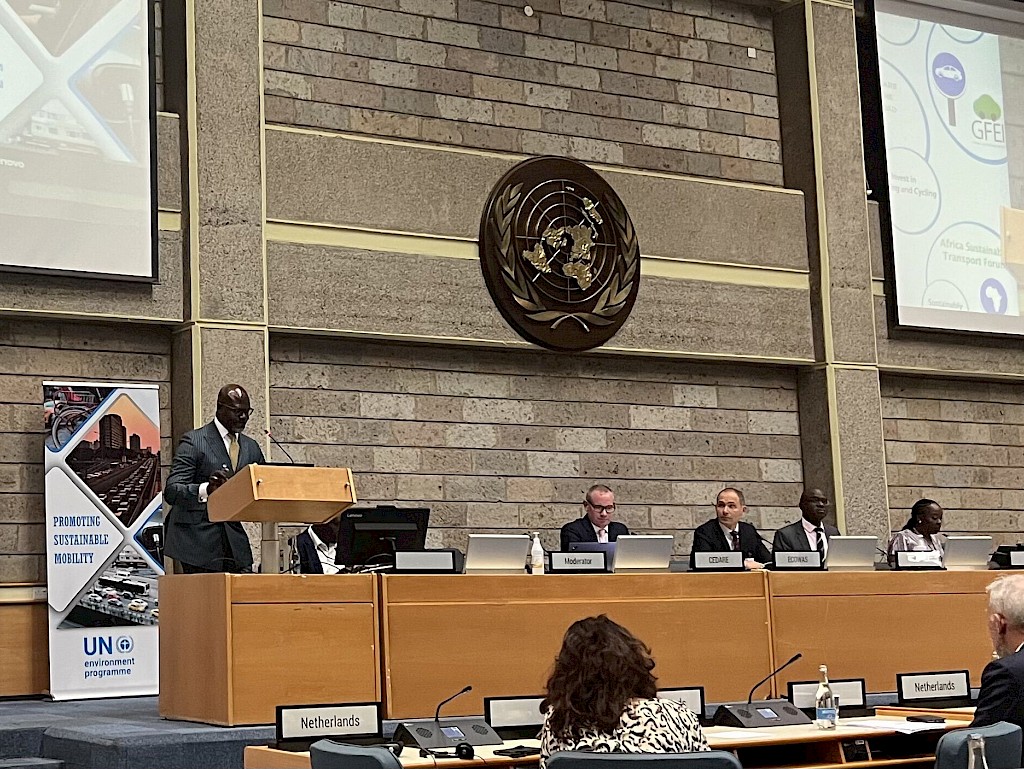
Hosted by UN Environment Programme (UNEP) and the Netherlands government, this meeting was aimed at finding ways to support Africa to adopt low sulphur fuels, in line with the UNEP hosted Partnership for Clean Fuels and Vehicles (PCFV) focus to reduce sulphur in petrol and diesel fuel to 50 parts per million (ppm) and below in the Global South. With an increasing vehicle population to meet rising mobility needs in the continent, many African cities are recording poor air quality.
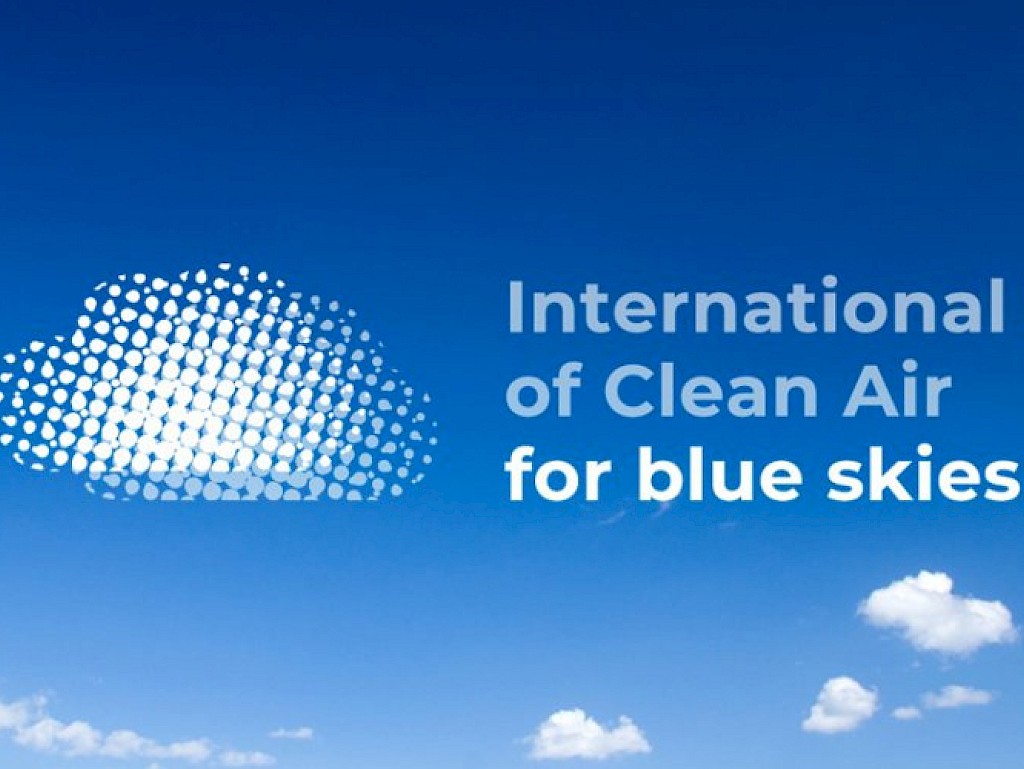
The theme of this year's International Day of Clean Air for Blue Skies is 'The Air we share'. It highlights the need for collective action to tackle air pollution. Ipieca supports international efforts to improve air quality in a number of ways.
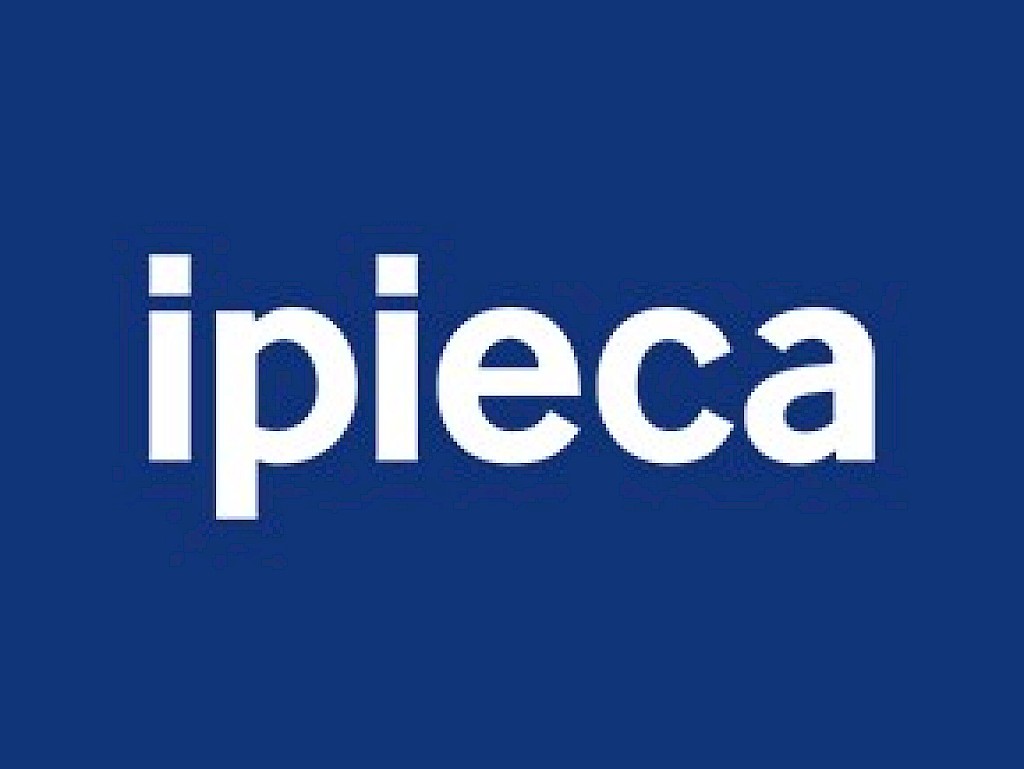
An article published by Global Environmental Change on 19 October 2021 characterised Ipieca as working in the late 1980s to emphasise climate science uncertainties. This is a characterisation that Ipieca does not recognise.
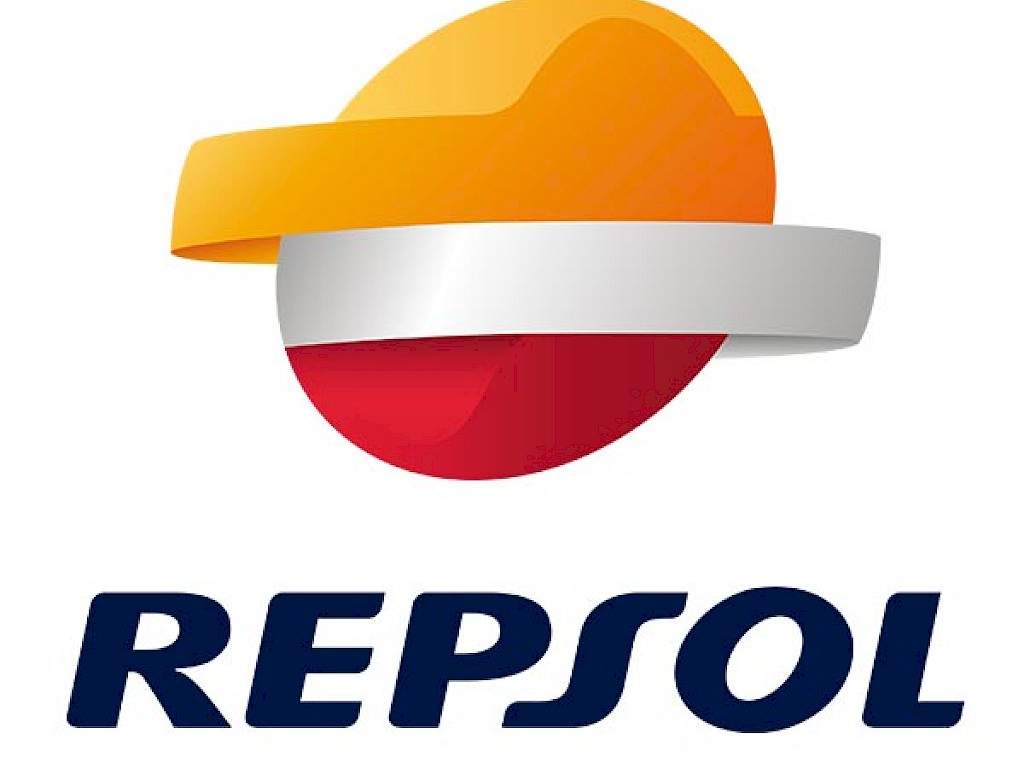
Ipieca member Repsol describes the progress it is making on the path towards decarbonization. Find out how it is becoming a major player in renewables, investing in low-carbon technologies and aligning its operations with the Paris Agreement.
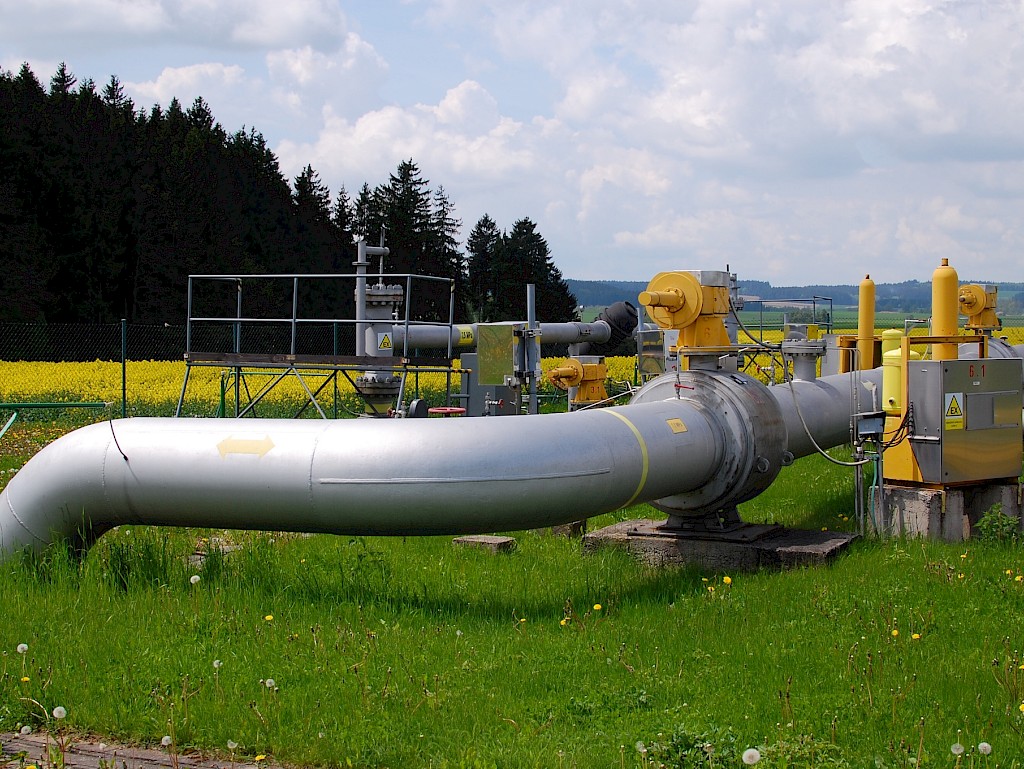
OGCI, IOGP and Ipieca have launched a joint project to develop a common set of recommended practices for methane emissions detection and quantification technologies, applicable to the upstream oil and gas industry.
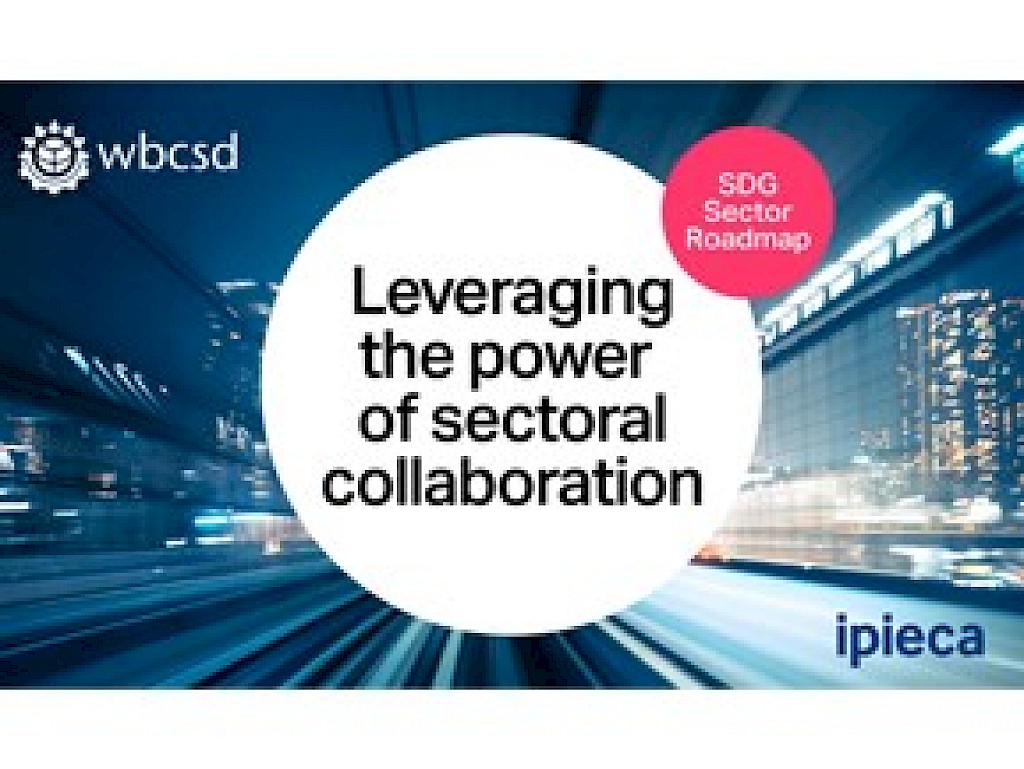
This initiative will seek to bring leading representatives from the sector together to explore, articulate and realize the potential of the oil and gas industry to contribute to the Sustainable Development Goals (SDGs).
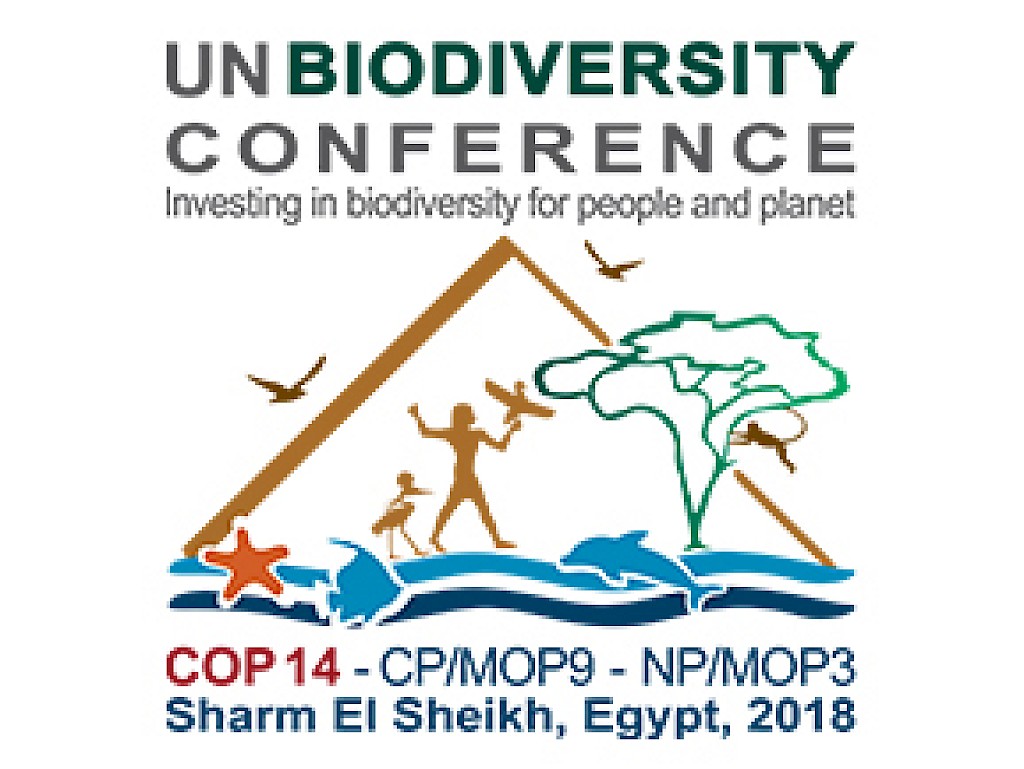
The 14th meeting of the Conference of the Parties to the Convention on Biological Diversity (CBD COP-14) will take place from the 17-29 November 2018, in Sharm El-Sheikh, Egypt. The event aims to step up efforts to halt biodiversity loss and protect ecosystems that support food and water security and health for billions of people. At the last COP, a decision to mainstream and integrate biodiversity within and across sectors was adopted.

Serving the industry for more than 25 years, the SPE International Conference on HSSE-SR features 200 speakers, 33 technical sessions, 4 special sessions, 6 panel sessions, and an executive plenary session on the theme 'Continuing HSSE-SR Excellence for a Sustainable Future'.
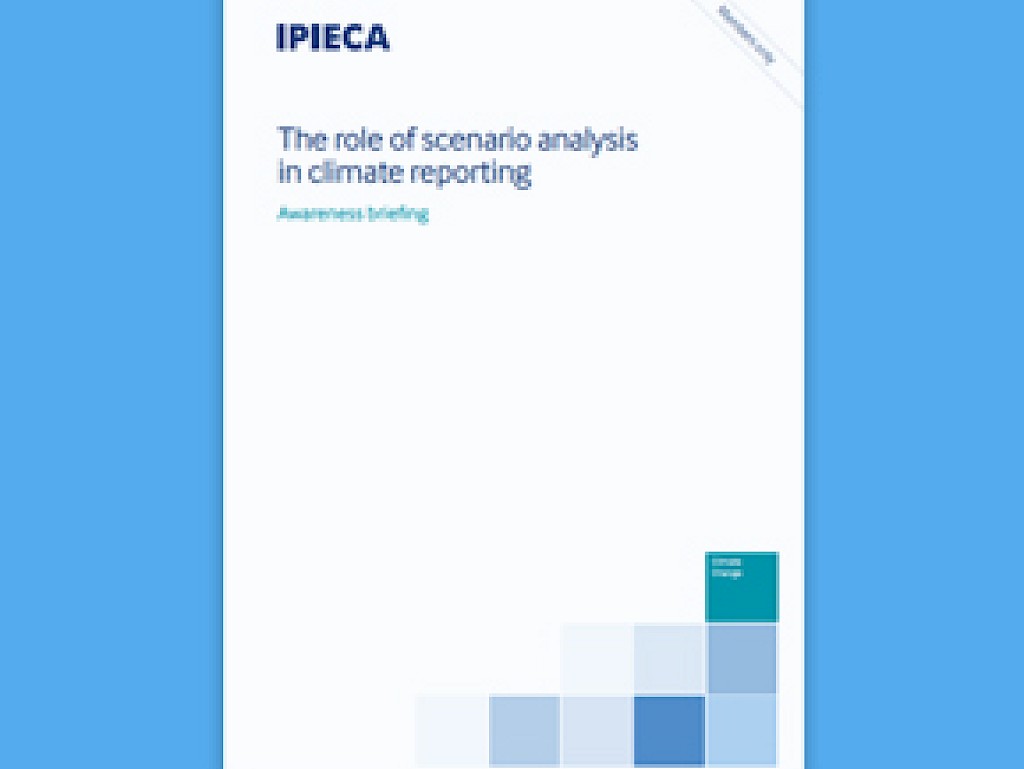
Ipieca has released a members' only awareness briefing, The role of scenario analysis in climate reporting. Recently, there has been an increasing focus on the use of scenario analysis as a tool to aid corporate disclosure of climate-related risks and opportunities (for example, the recommendations of the Task Force on Climate-related Financial Disclosures (TCFD) or the proposed 2018 CDP questionnaire).
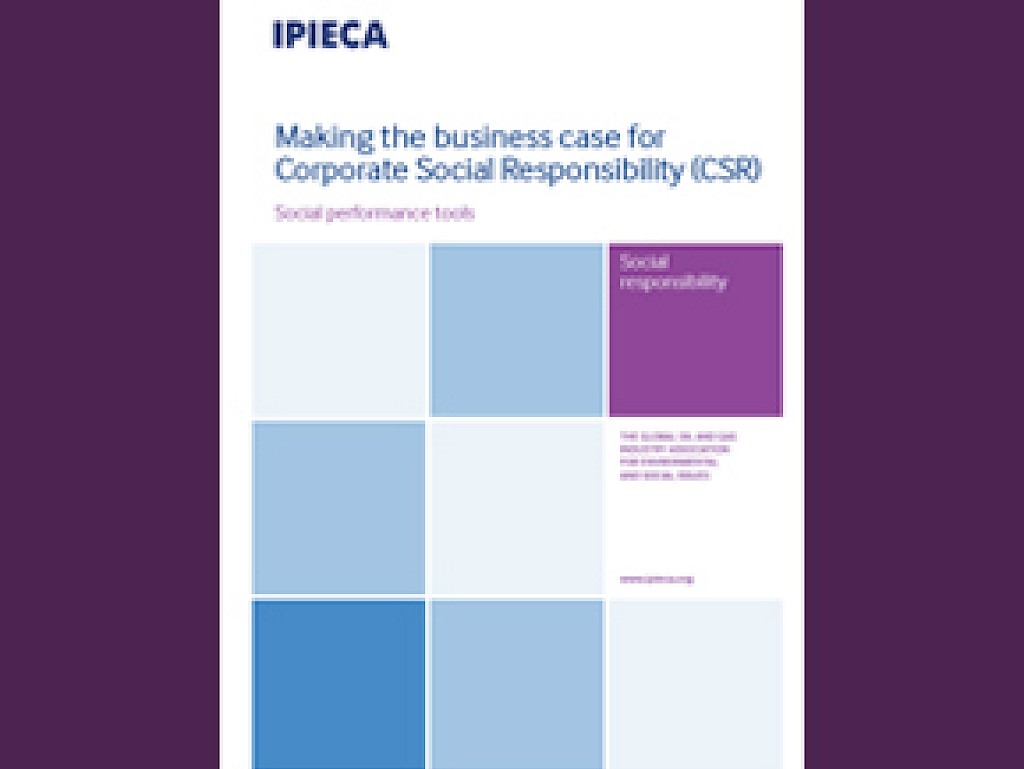
Ipieca has developed a set of tools to help make the business case for Corporate Social Responsibility (CSR), and improve internal company due diligence processes for social performance.Four tools have been developed: Risk terminology: This generic risk terminology was designed based on the outcomes of a survey of member company methodologies for enterprise risk management. The purpose is to provide a framework for how to structure the work on adverse impacts, risks and costs. Adverse impacts chart:
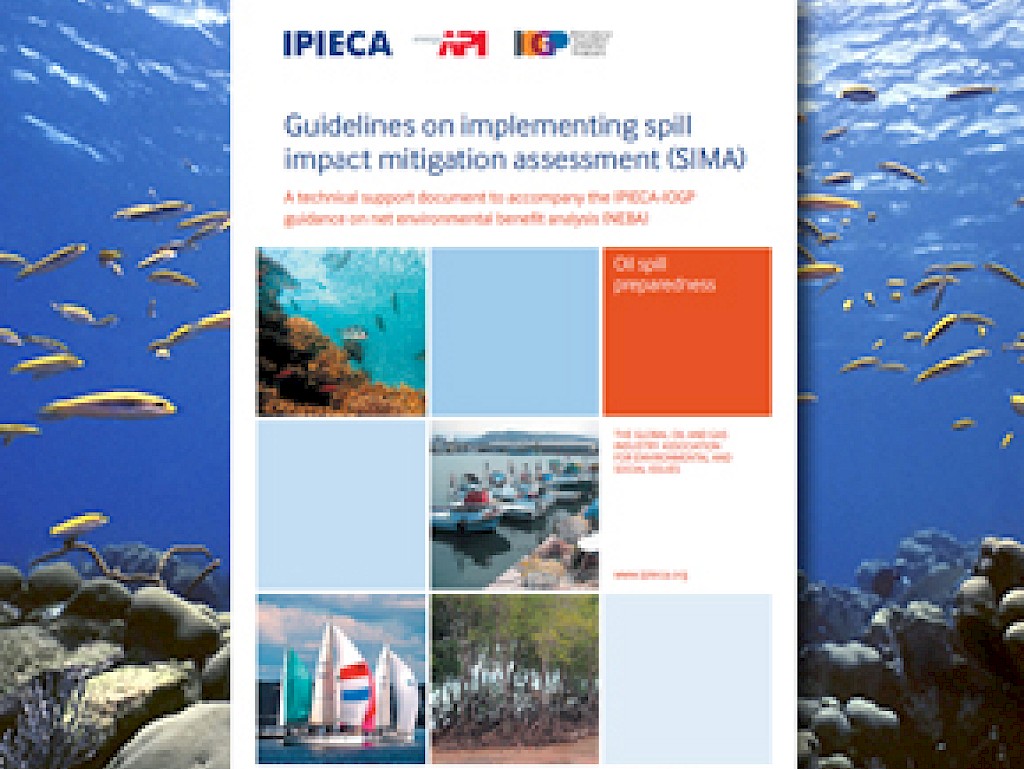
Ipieca, API and IOGP have released a new publication -Guidelines on implementing spill impact mitigation assessment (SIMA)- produced in support of the Ipieca-IOGP guidance on net environmental benefit analysis (NEBA). A key objective for any oil spill response is to minimize the impacts to ecological, socio-economic and cultural resources at risk through the development of a safe and effective response strategy.
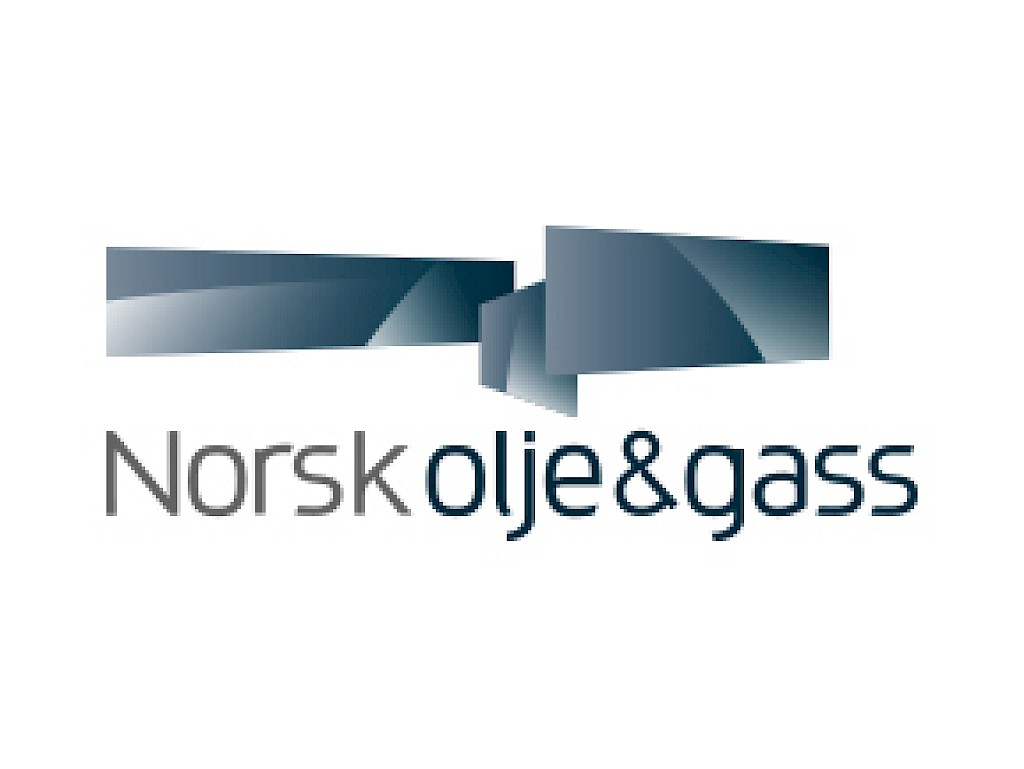
Ipieca welcomes the Norwegian Oil and Gas Association to its global membership. Norwegian Oil and Gas is the representative body and employer's association for oil and supplier companies engaged in the field of exploration and production of oil and gas on the Norwegian Continental Shelf. The association works to solve common challenges for their members and to strengthen the competitiveness of the Shelf.
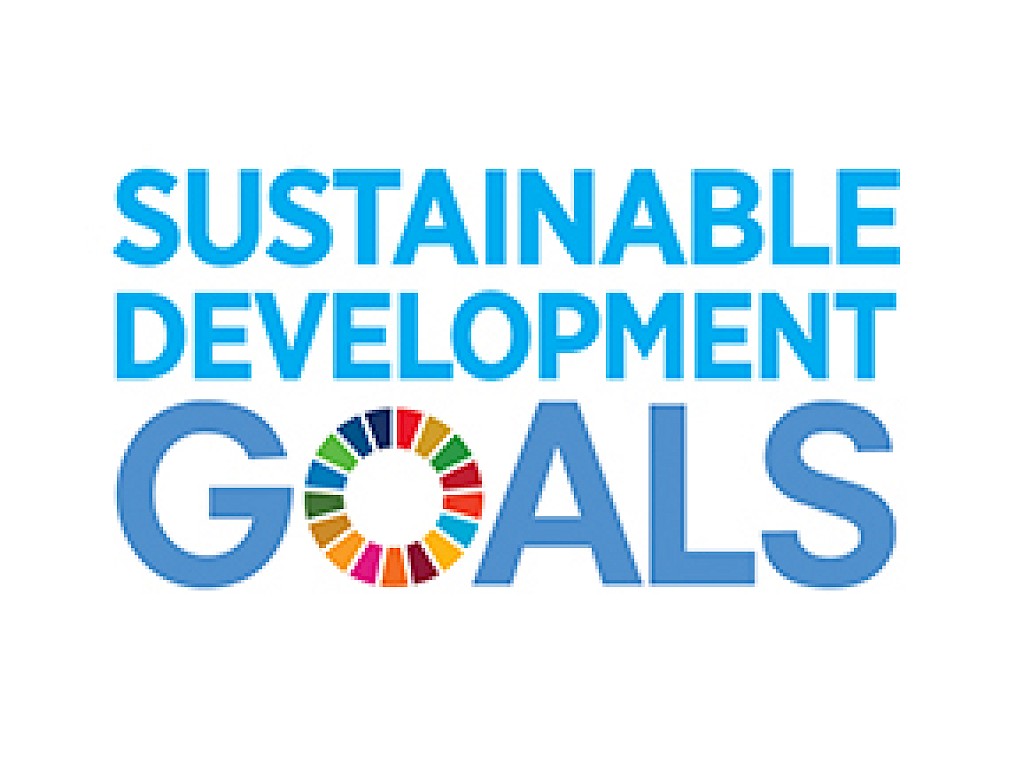
The 2030 Agenda and its Sustainable Development Goals (SDGs) provide a common global framework for navigating the world's most urgent economic, social, and environmental challenges. While governments have the primary responsibility to prioritize, coordinate and implement efforts to meet the SDGs, there is wide recognition that the private sector and civil society will play critical roles in the implementation of national plans.
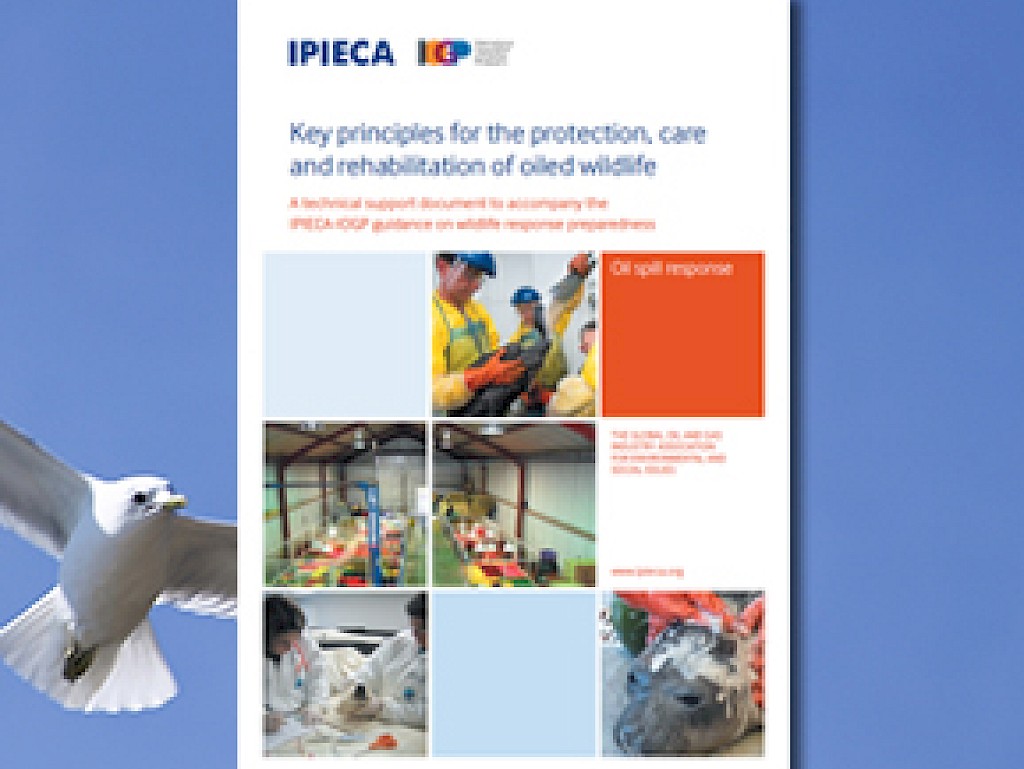
Ipieca has released a new publication - Key principles for the protection, care and rehabilitation of oiled wildlife. This was developed in support of the Ipieca-IOGP guidance Wildlife response preparedness. The document provides additional guidance for animal protection and care in an oiled wildlife response to help operators and responders: Understand the overarching principles of wildlife response, including:
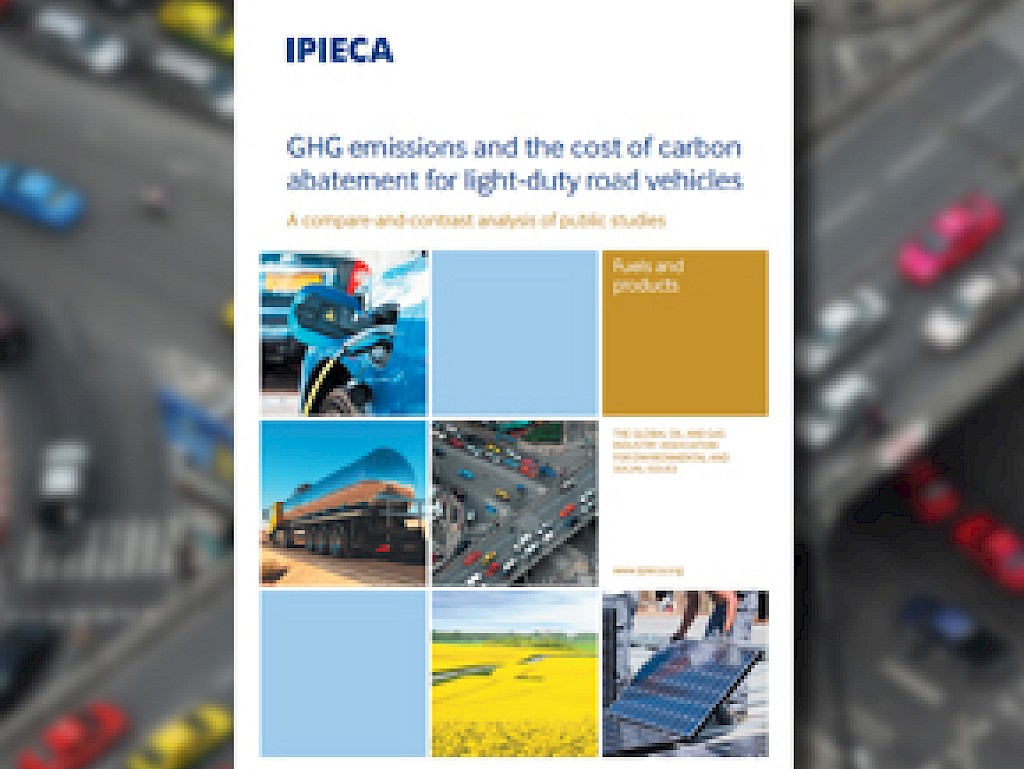
Ipieca launches a new report -GHG emissions and cost of carbon abatement for light-duty road vehicles- a compare and contrast analysis of three comprehensive and independent studies published in the United States and Europe. Measures to lower greenhouse gas (GHG) emissions are being deployed around the world to reduce the risks posed by climate change. This report assesses a wide range of current and future vehicle/fuel pathways, including costs and complete lifecycle GHG emissions.
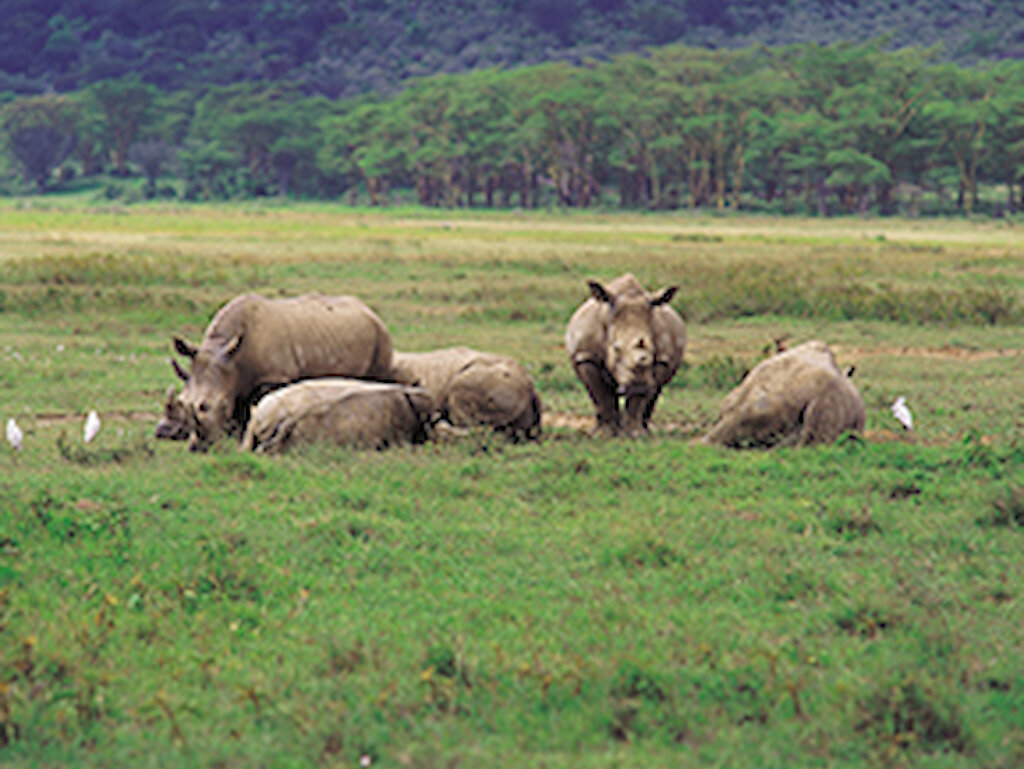
30-31 May 2018, Cape Town, South Africa … Register interest by 31 January 2018 … Ipieca, in collaboration with IOGP and the UN Environment World Conservation Monitoring Centre (UN Environment WCMC), will be holding the fourth peer-to-peer training workshop on Biodiversity and Ecosystem Services (BES) management in the oil and gas industry. The workshop will be jointly hosted by Eni and SAPIA in May 2018 in Cape Town, South Africa.
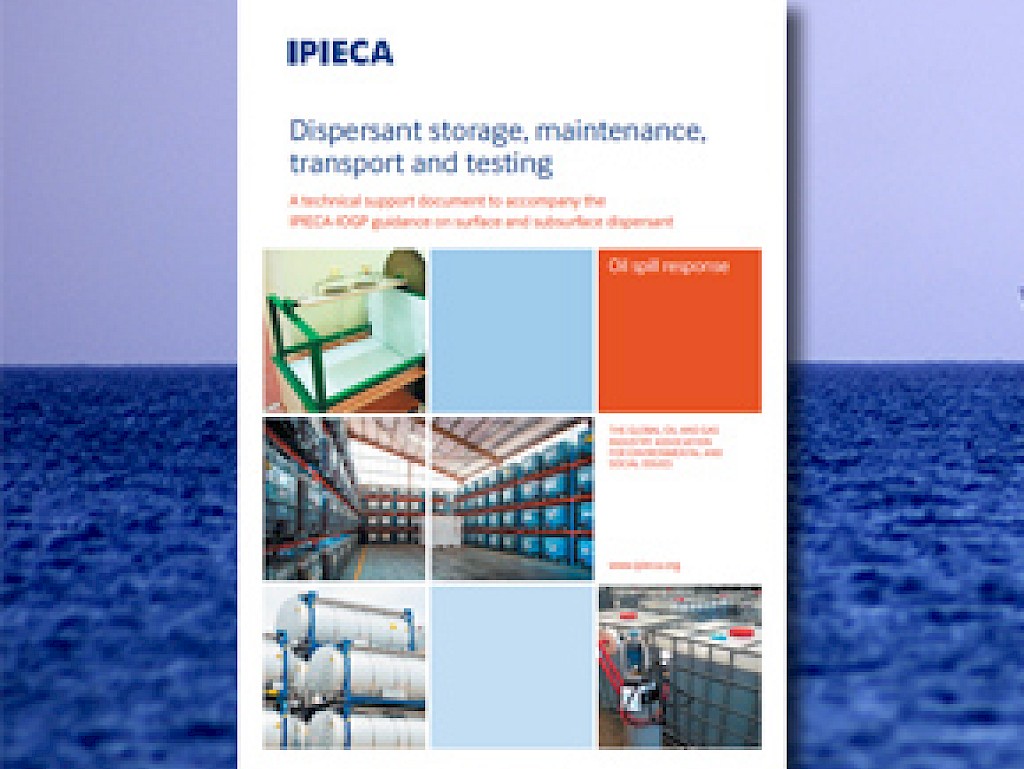
Ipieca has released a new publication - Dispersant storage, maintenance, transport and testing. This was produced in support of the Ipieca-IOGP guidance on surface and subsurface dispersant. Dispersant use can mitigate the overall impact of an oil spill by removing oil from the sea's surface, thereby protecting marine mammals, birds, coastal habitats and shorelines. The oil and shipping industries and their regulators place a high priority on the prevention of oil spills.
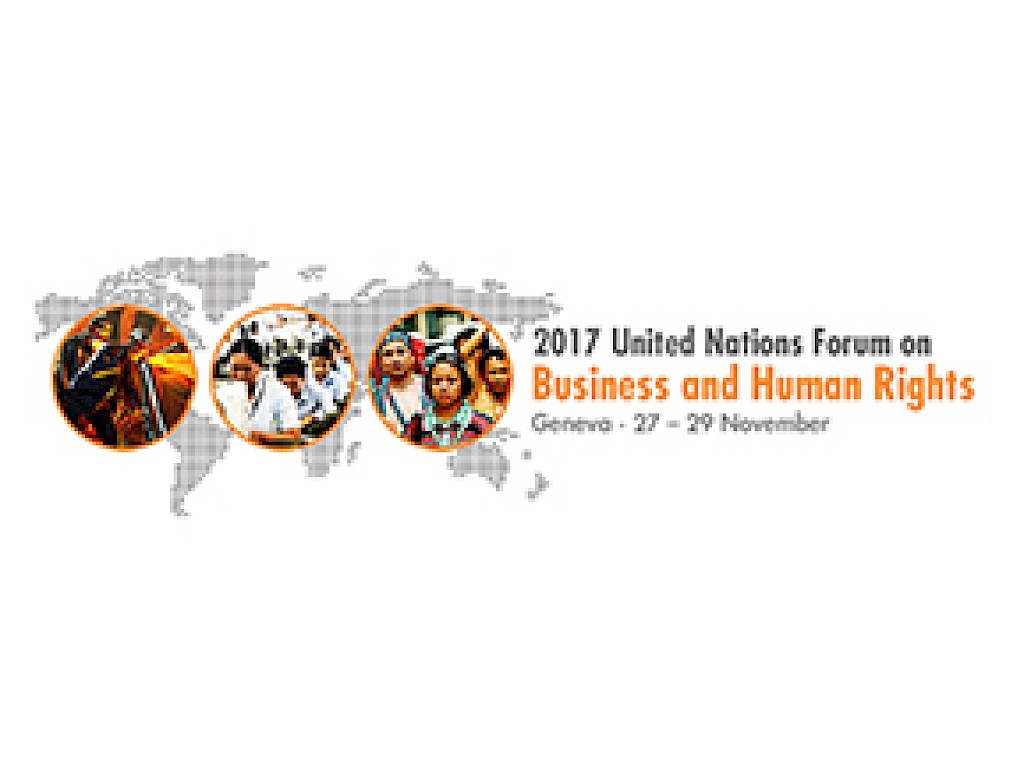
The 2017 UN Forum on Business and Human Rights starts today in Geneva, Switzerland, bringing together over 2,000 participants from government, business, and non-governmental organizations to discuss business-related human rights topics and share ideas and good practice. The forum aims to progress the UN Guiding Principles on Business and Human Rights (UNGPs). This year the theme is Realizing Access to Effective Remedy and draws on the third pillar of the UNGPs:
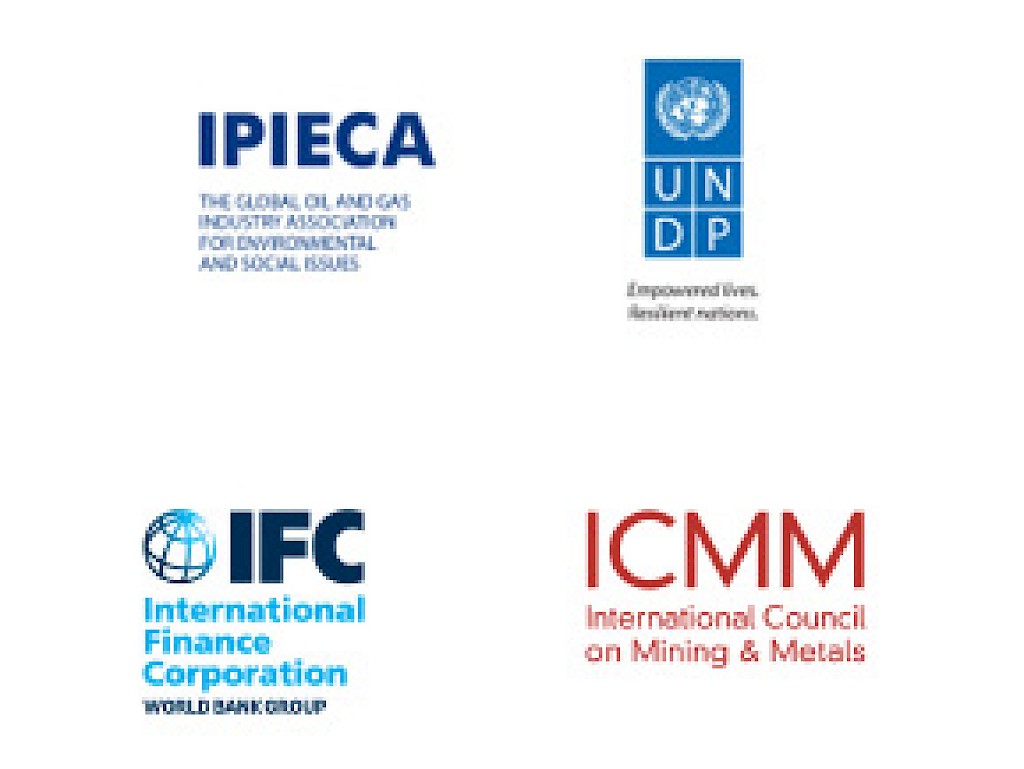
A joint UNDP, IFC, Ipieca and ICMM side event summaryOn Wednesday, 20th of September, UNDP, IFC, Ipieca and ICMM co-hosted an event at the sidelines of the 72nd Regular Session of the United Nations General Assembly in New York.

On Wednesday 20 September, Ipieca co-hosted an event with UNDP, IFC, and ICMM - The Oil, Gas and Mining Industries and the 2030 Agenda: Partnerships and Participation to Accelerate Progress. The event was held alongside the 72nd Regular Session of the United Nations General Assembly in New York.
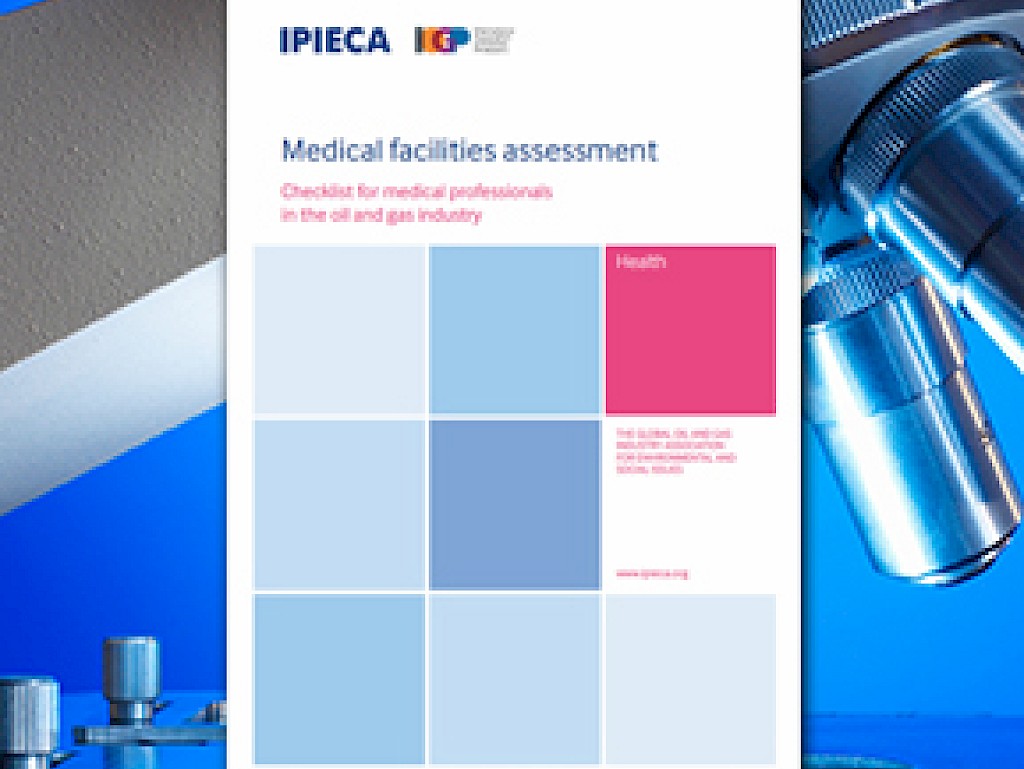
The Ipieca-IOGP Health Committee has released a new publication Medical facilities assessment: Checklist for medical professionals in the oil and gas industry. The checklist provides guidance on the assessment of medical facilities to help companies: identify the best medical facility in the operational oil and gas location; … comply with company HSE requirements to assess medical facilities; and … integrate health facilities that meet medical standards within the company's emergency response plan.
